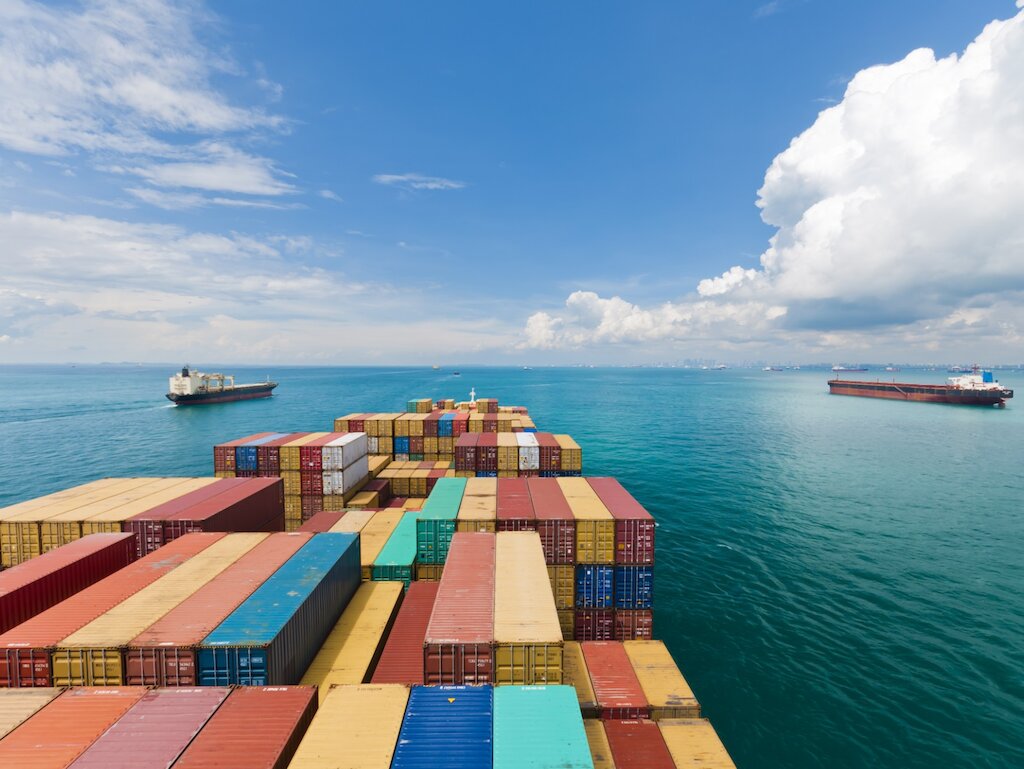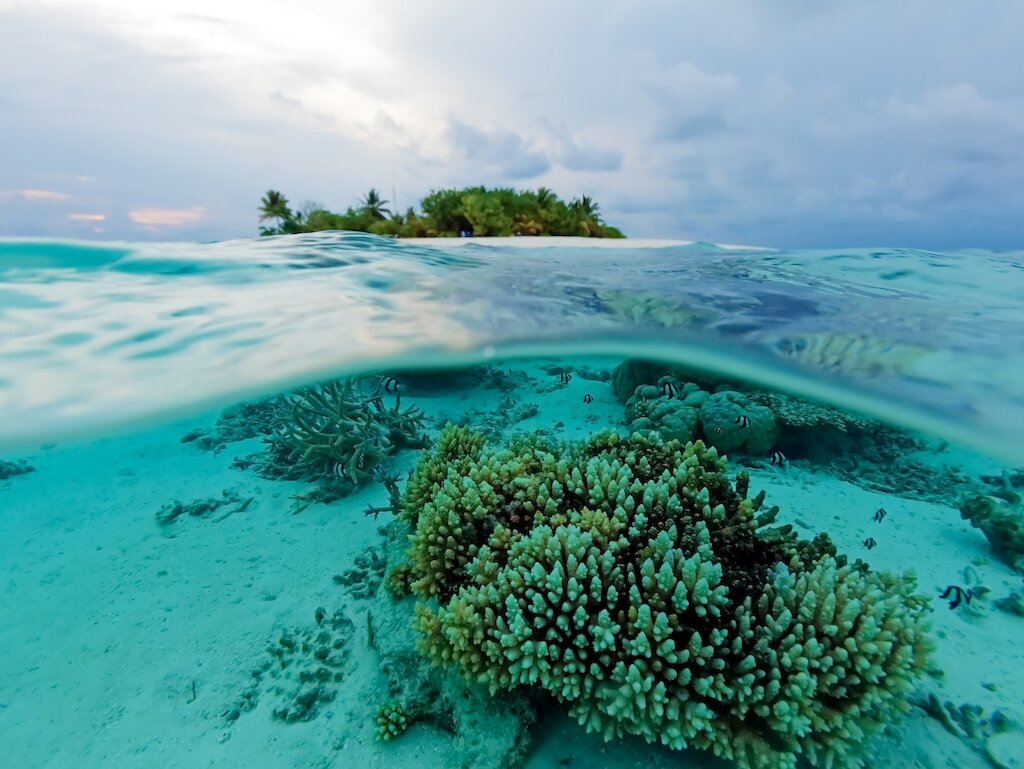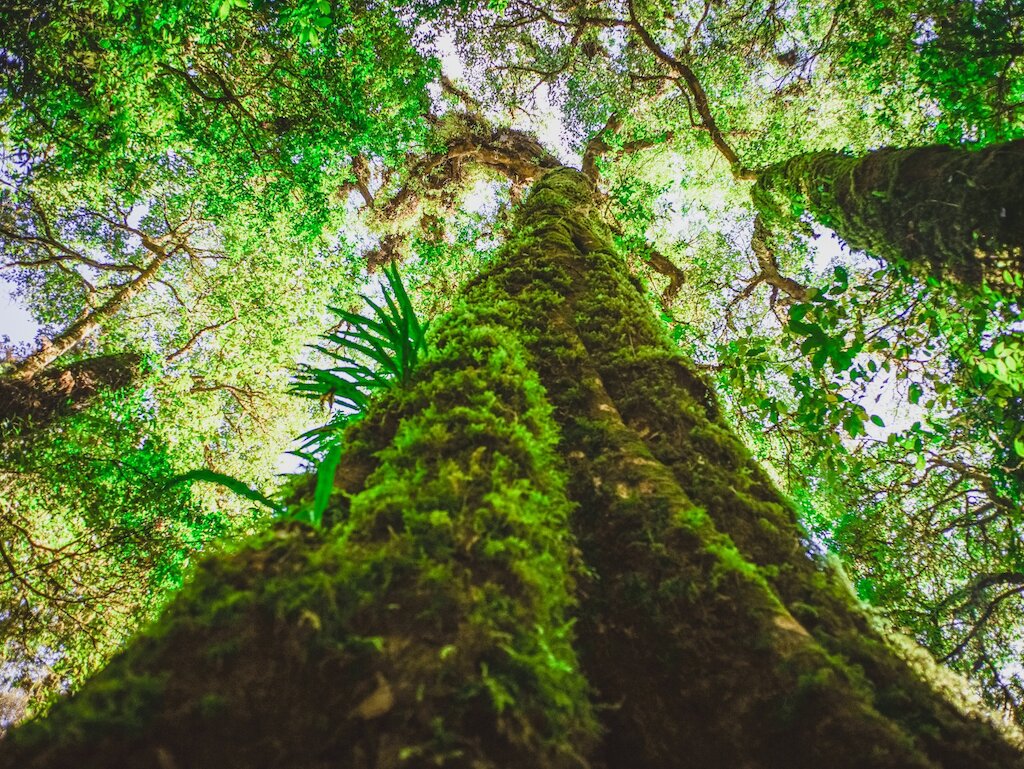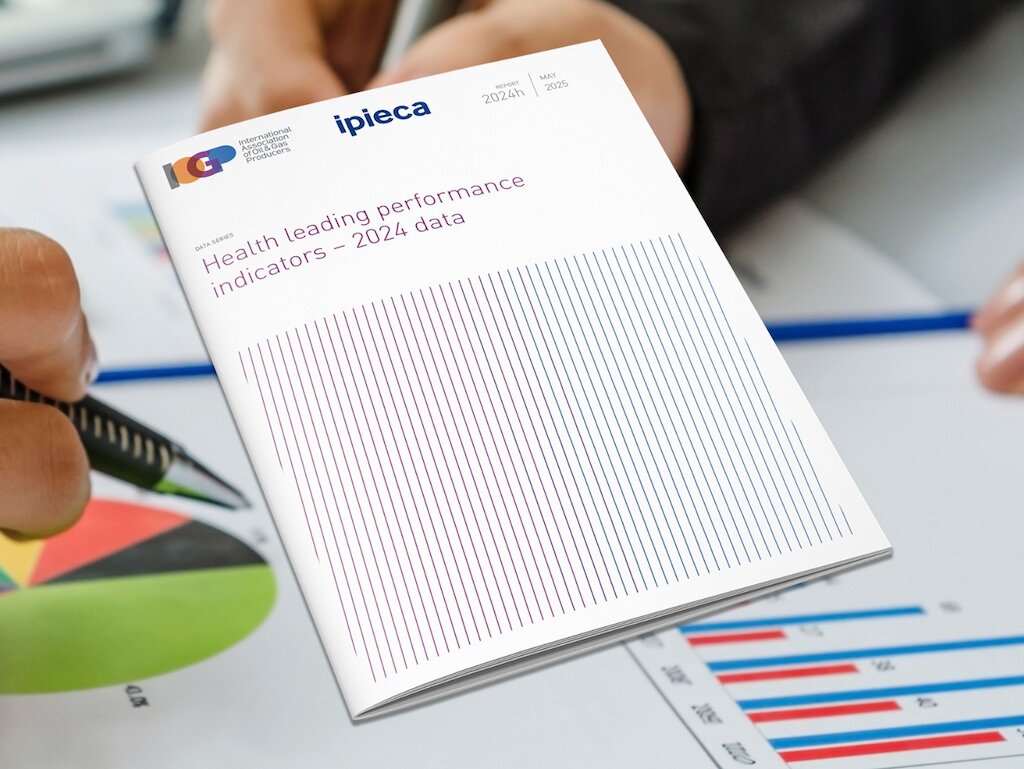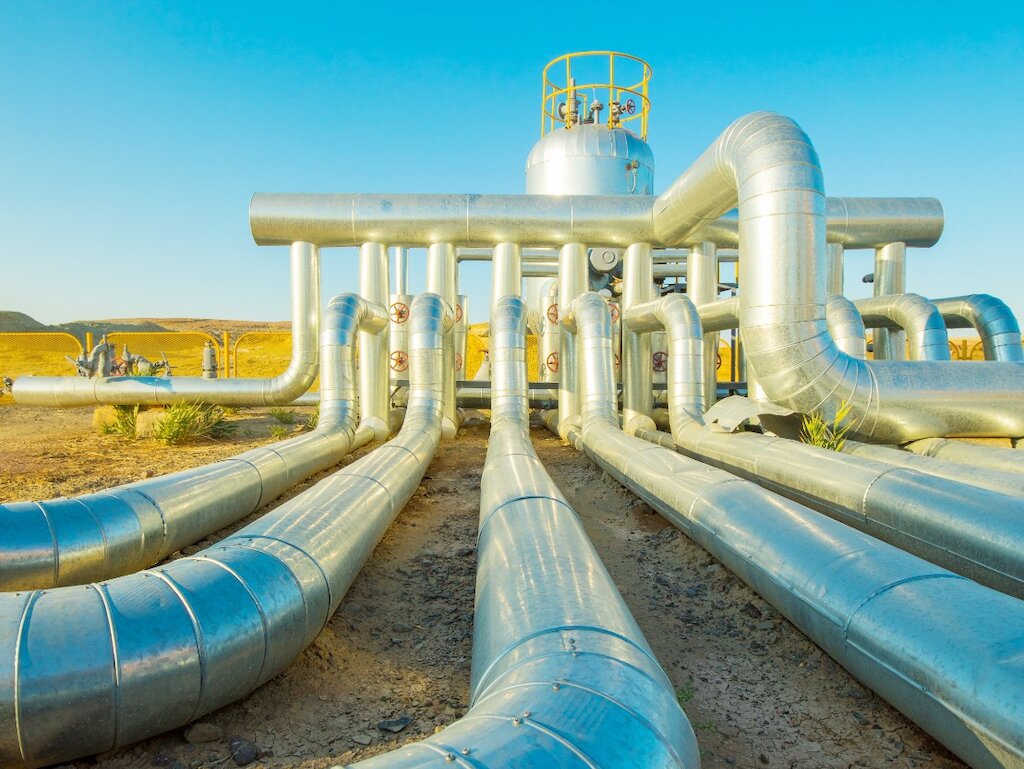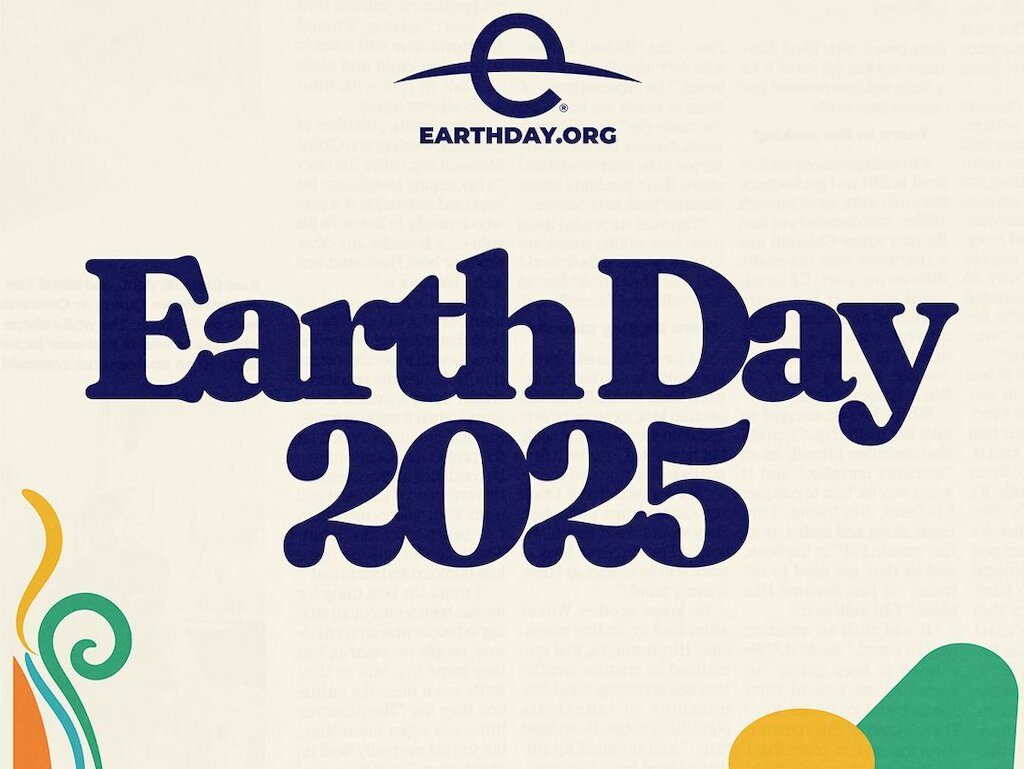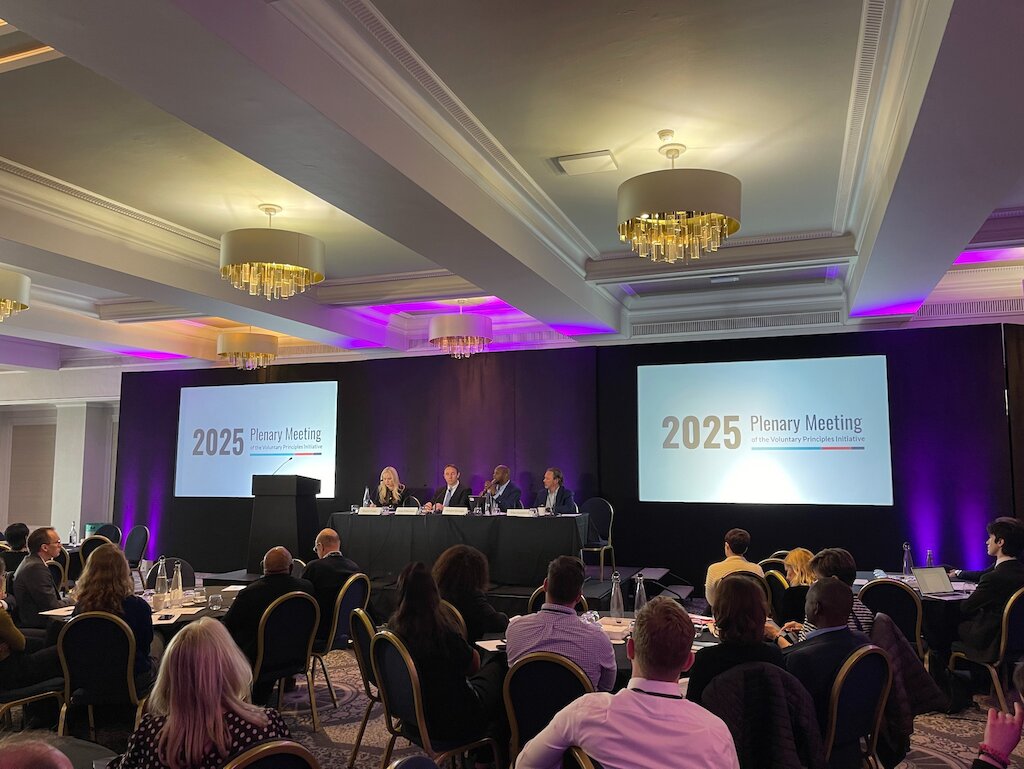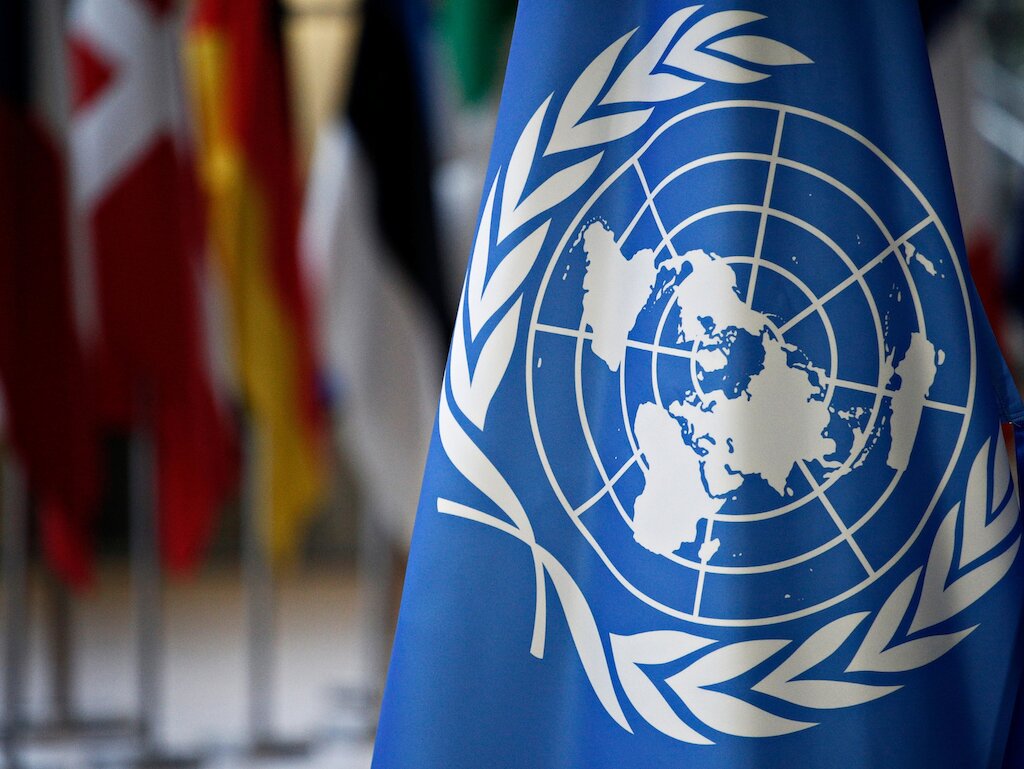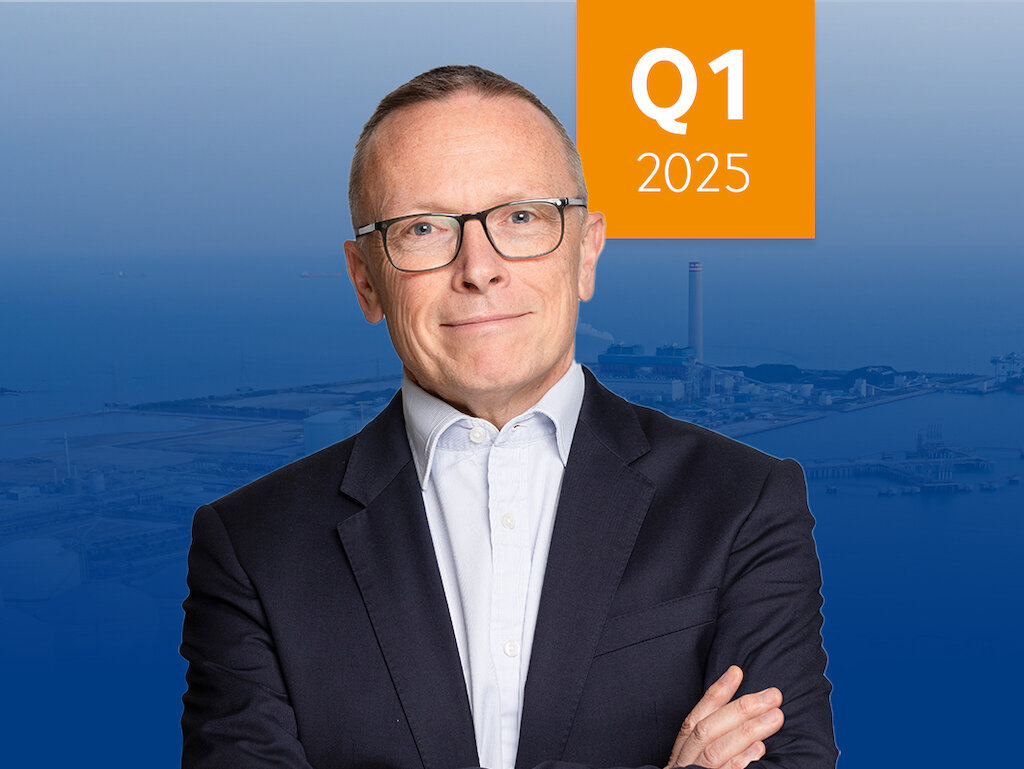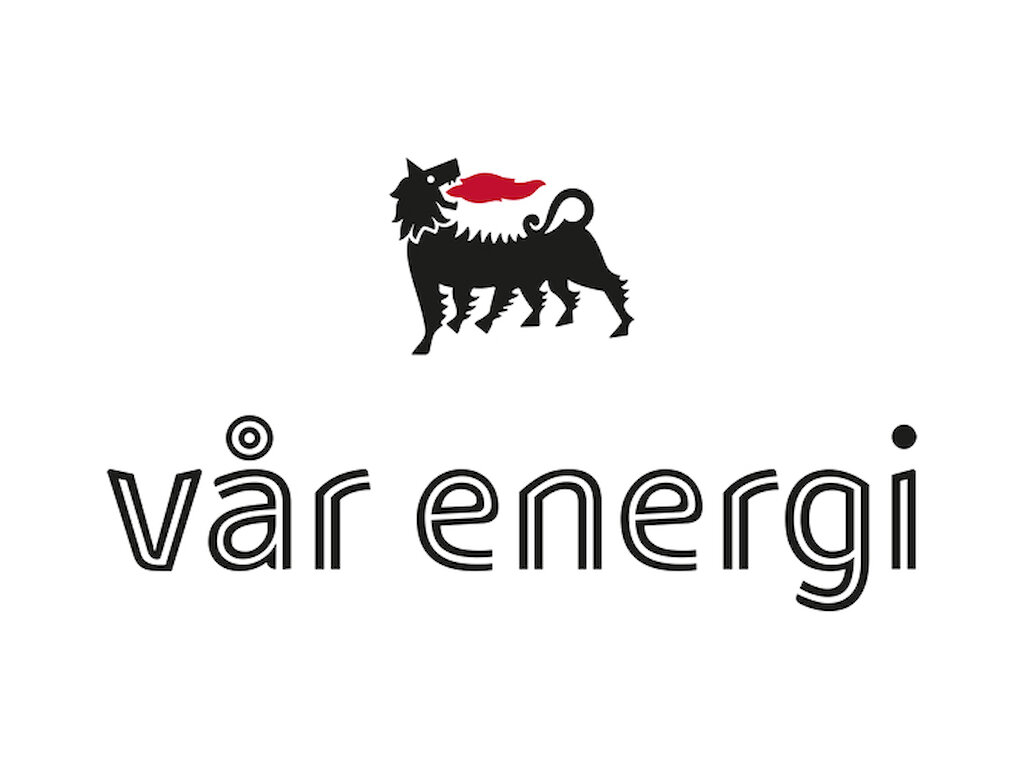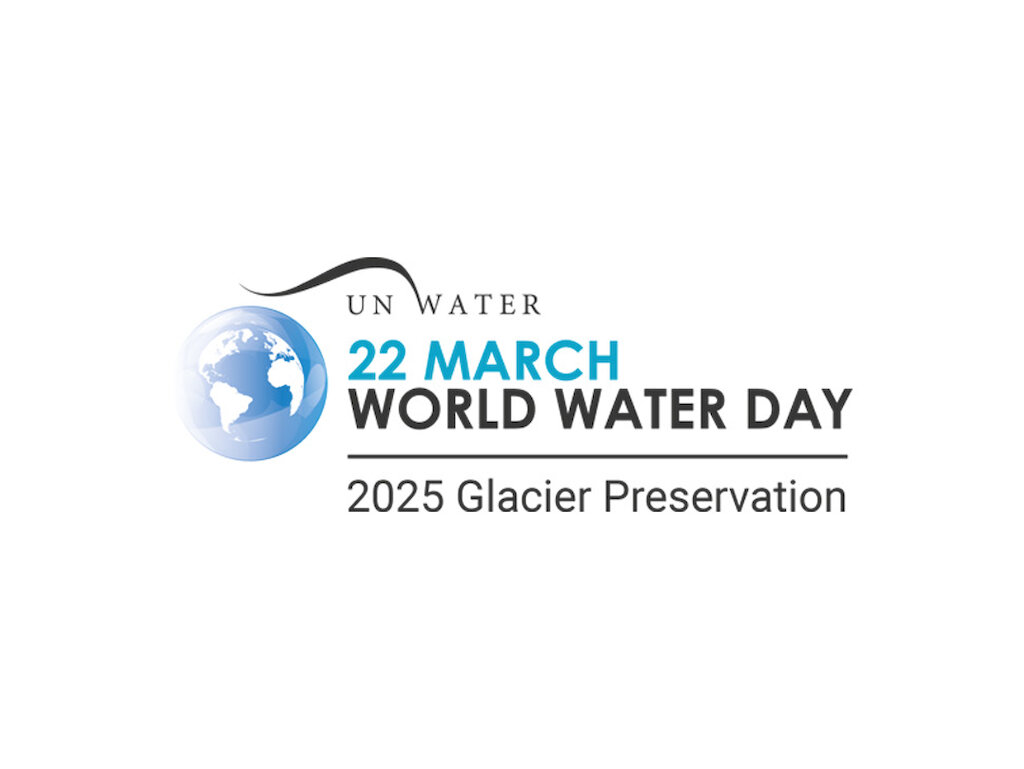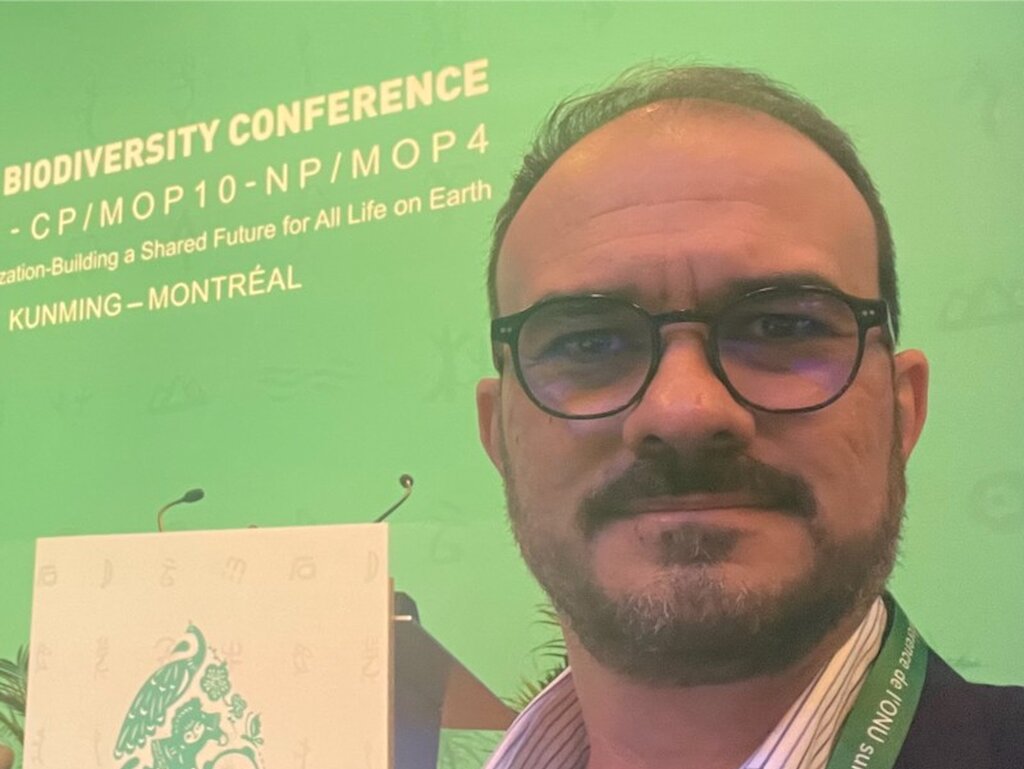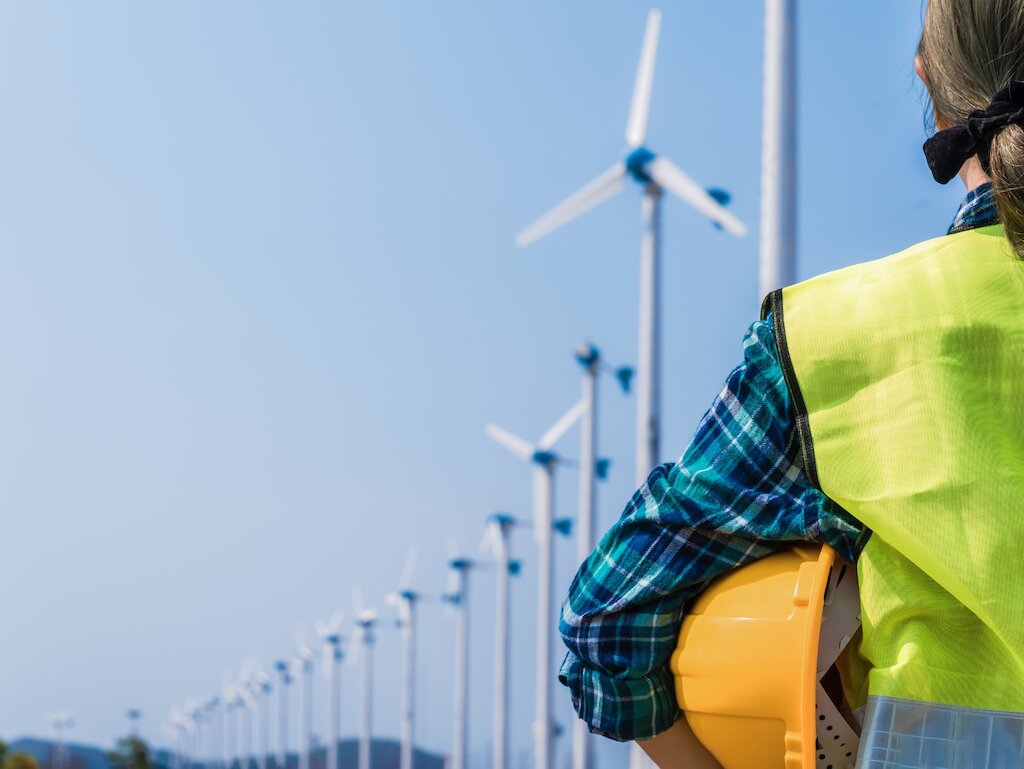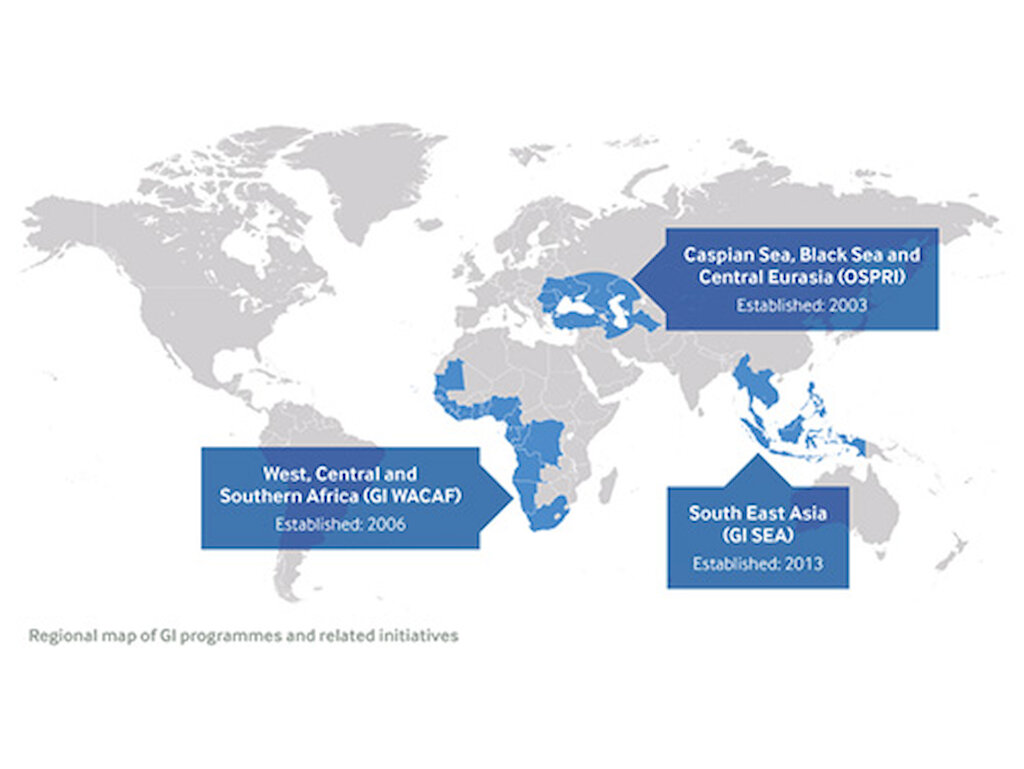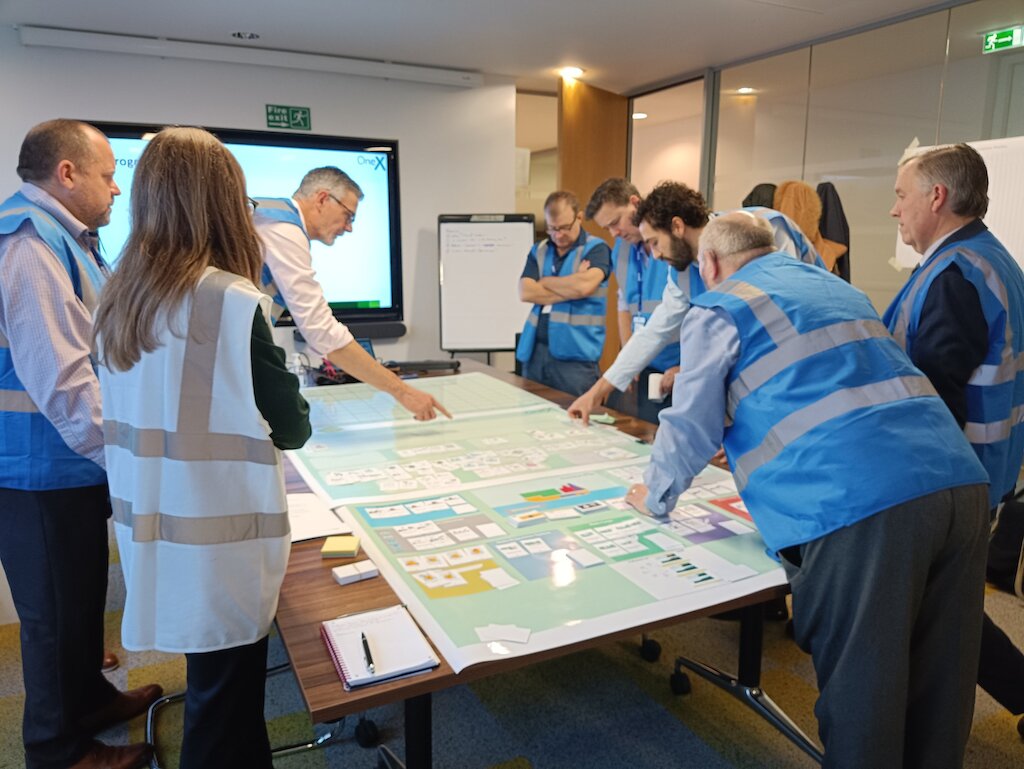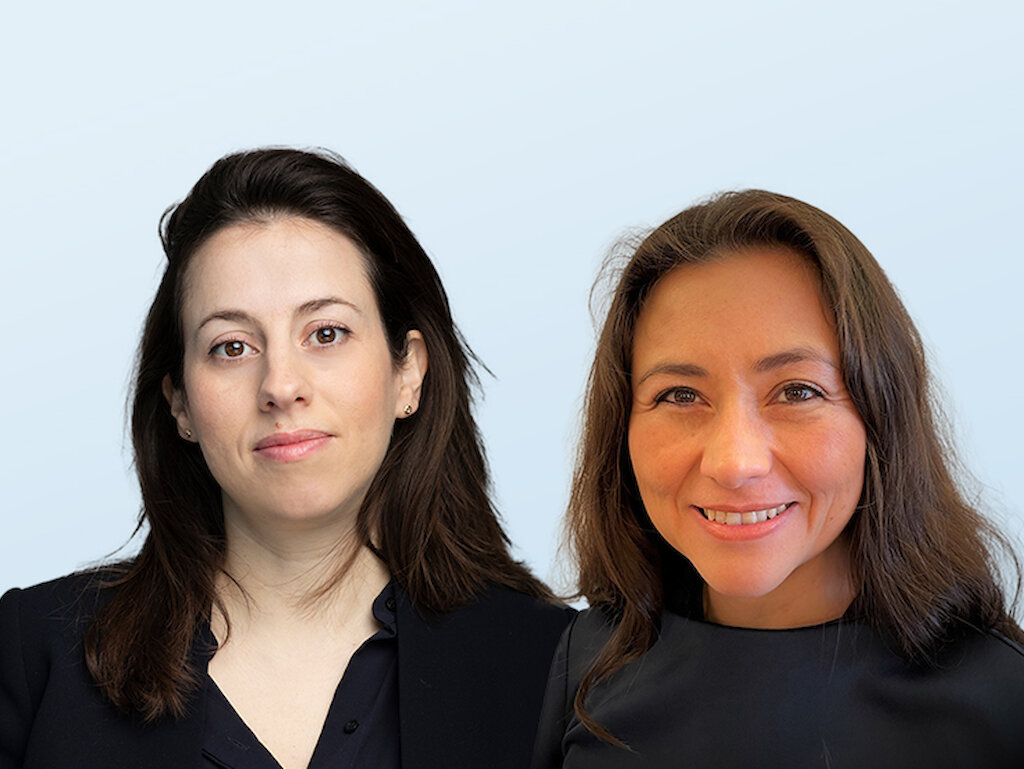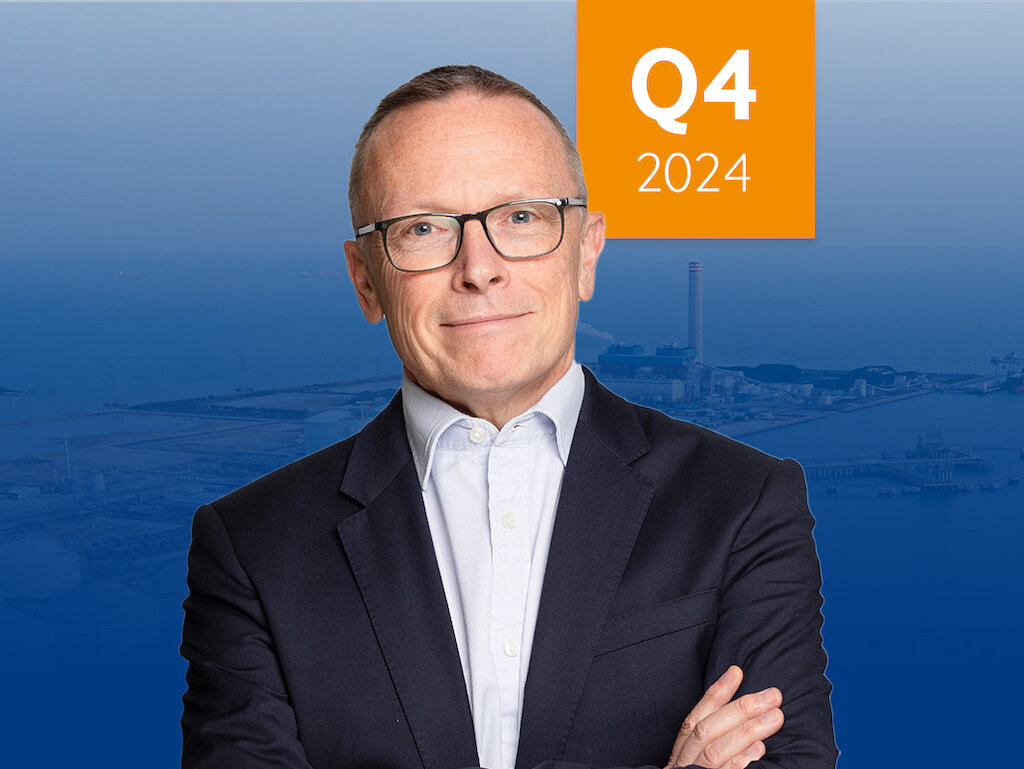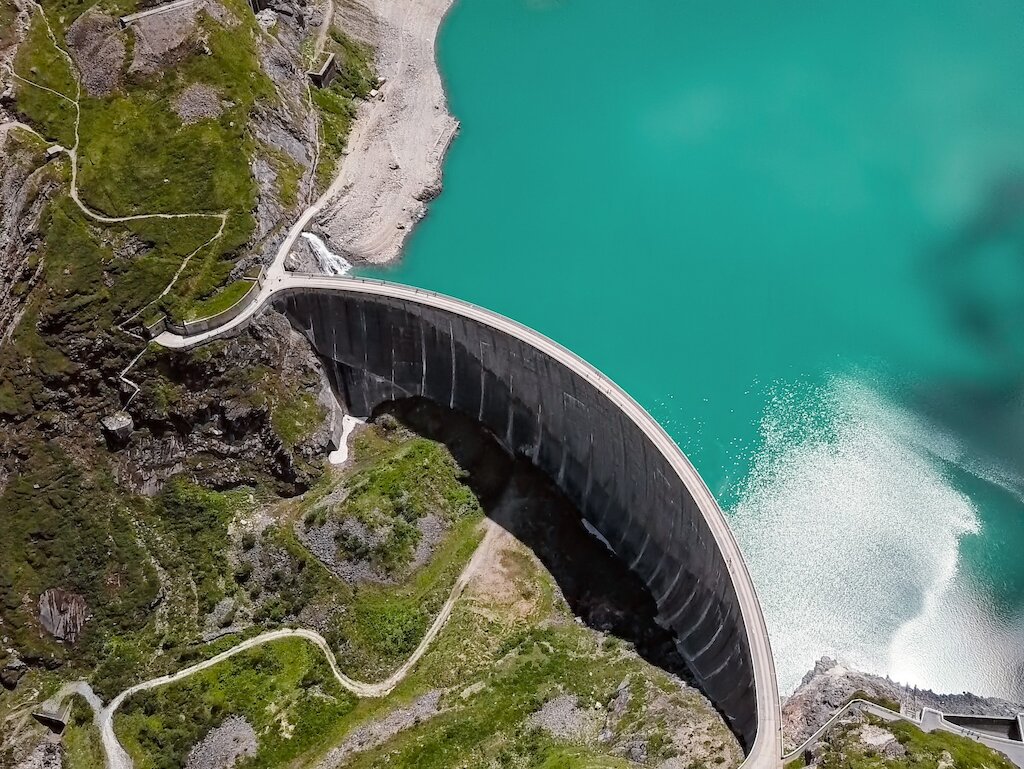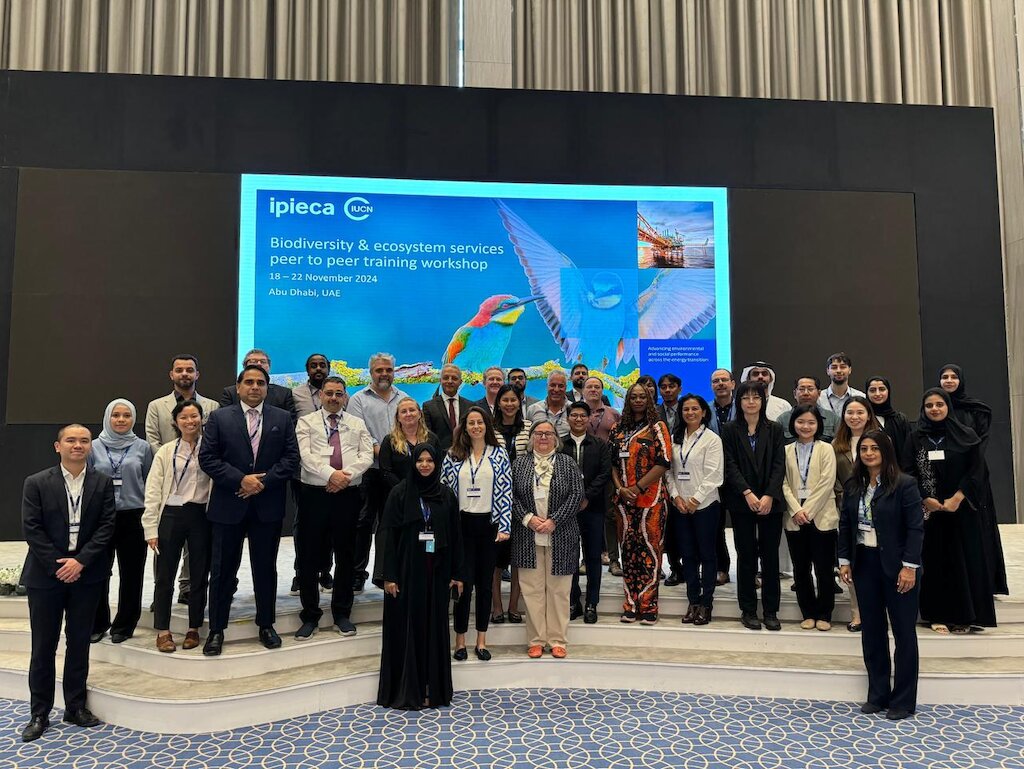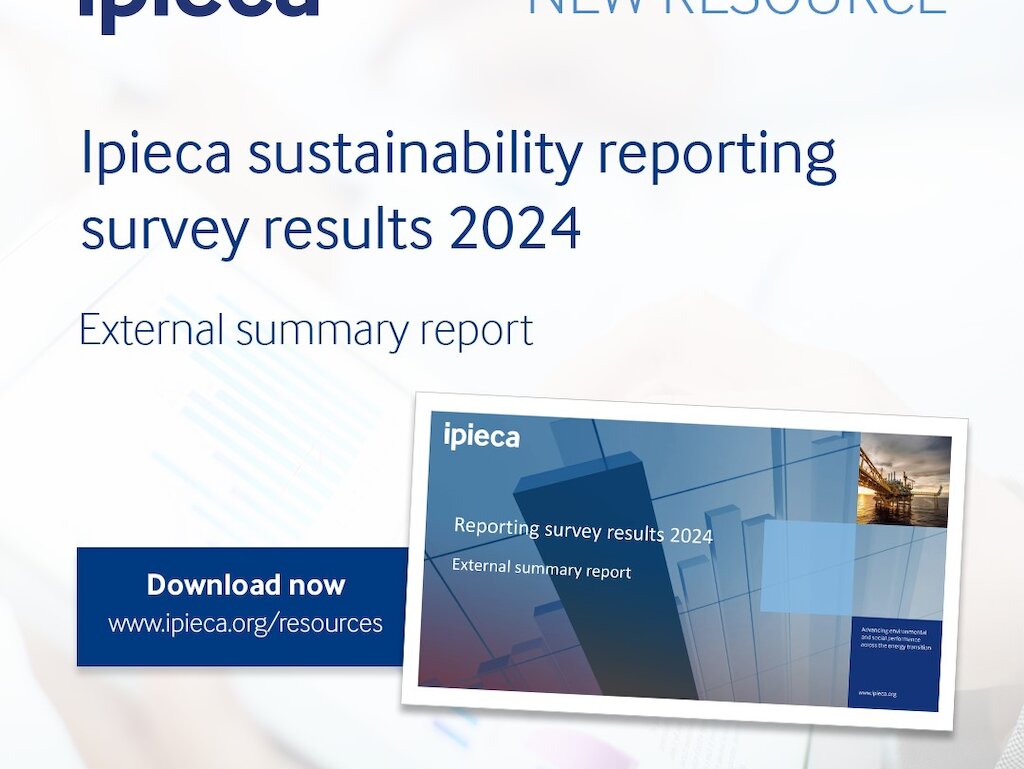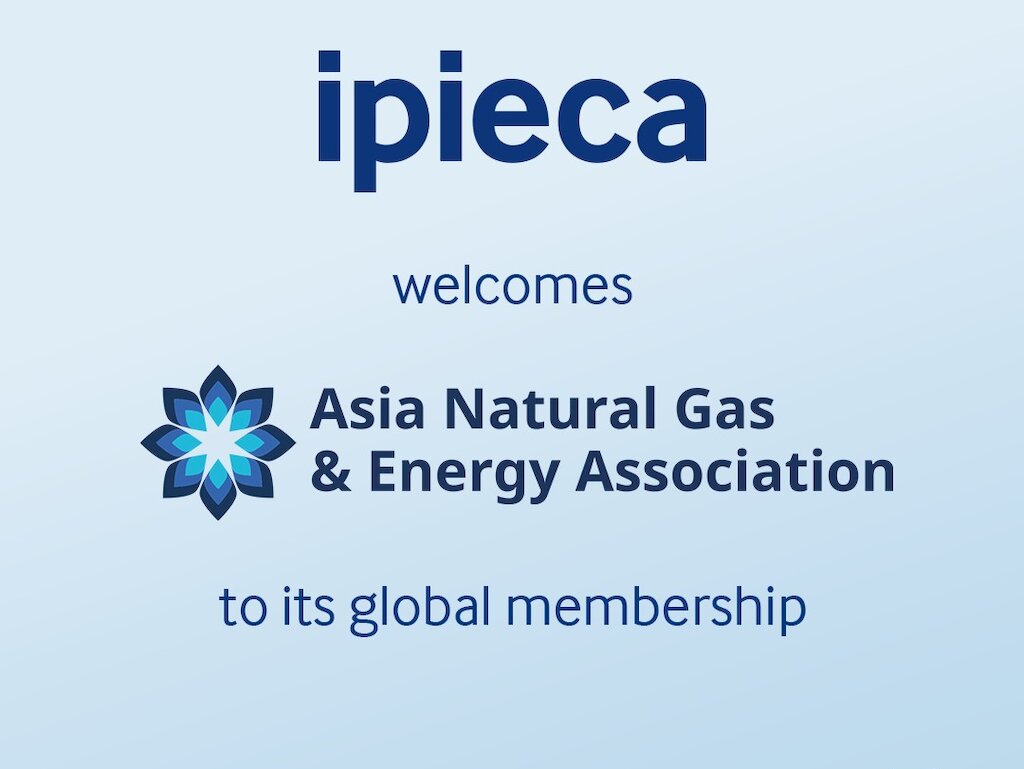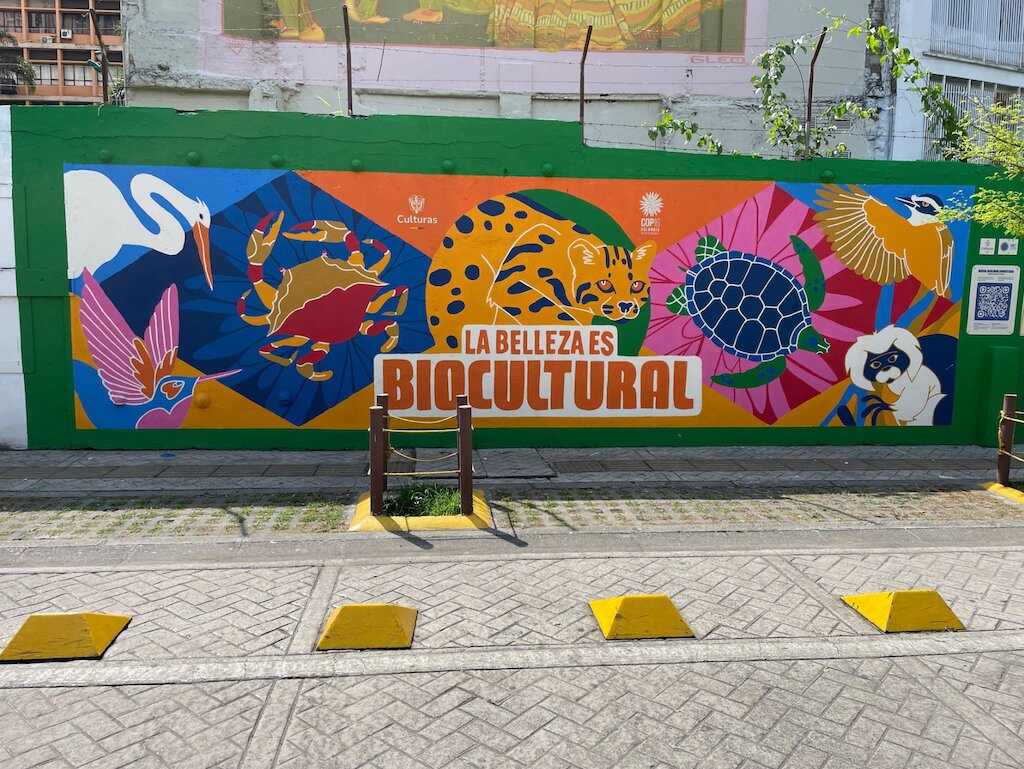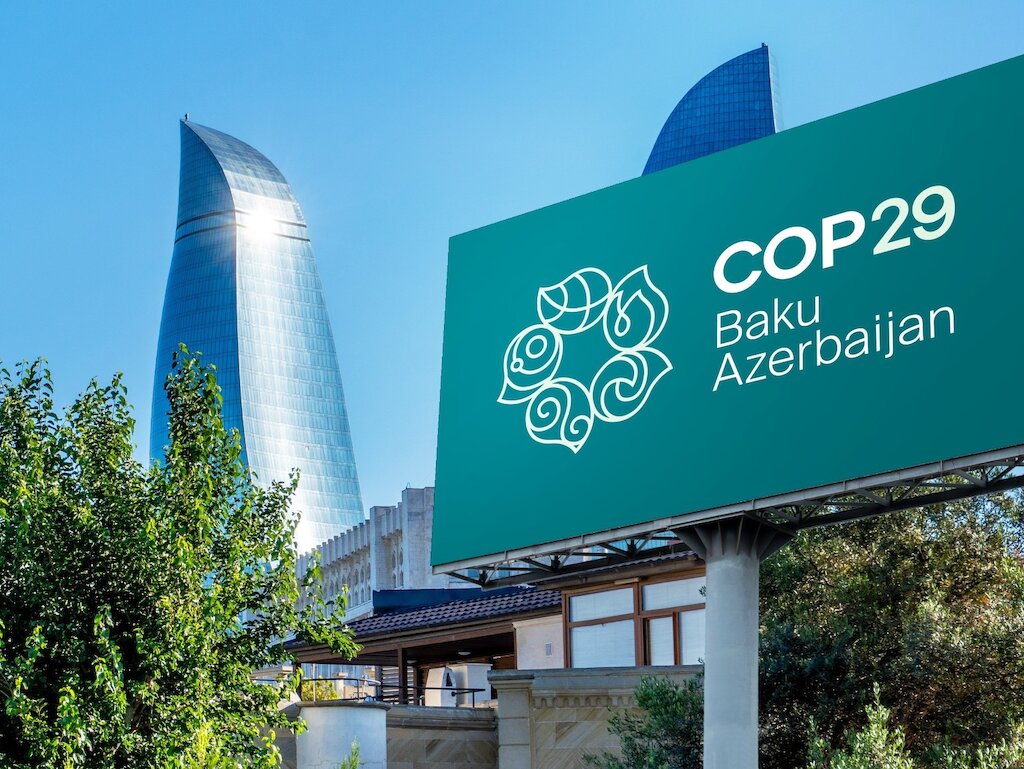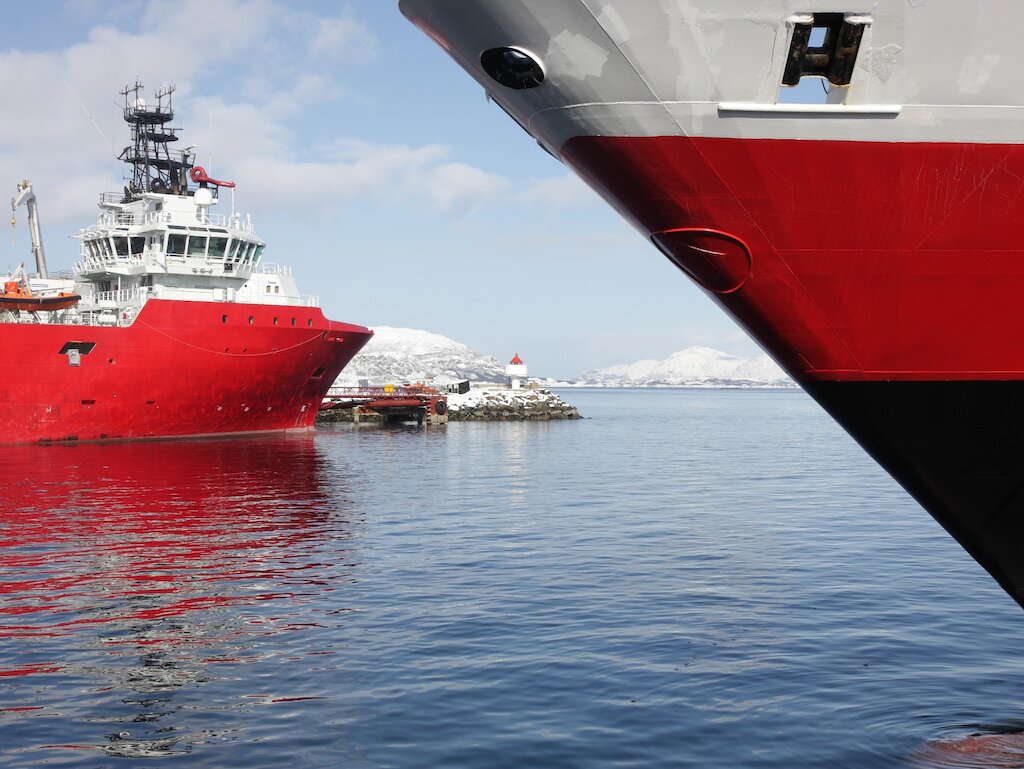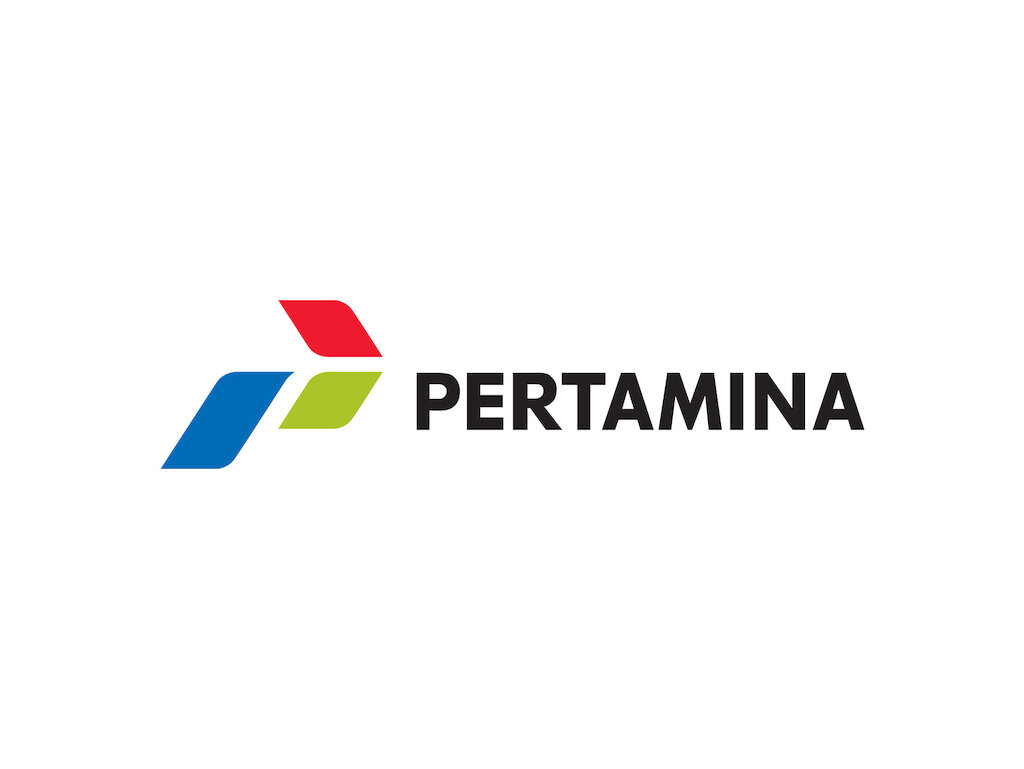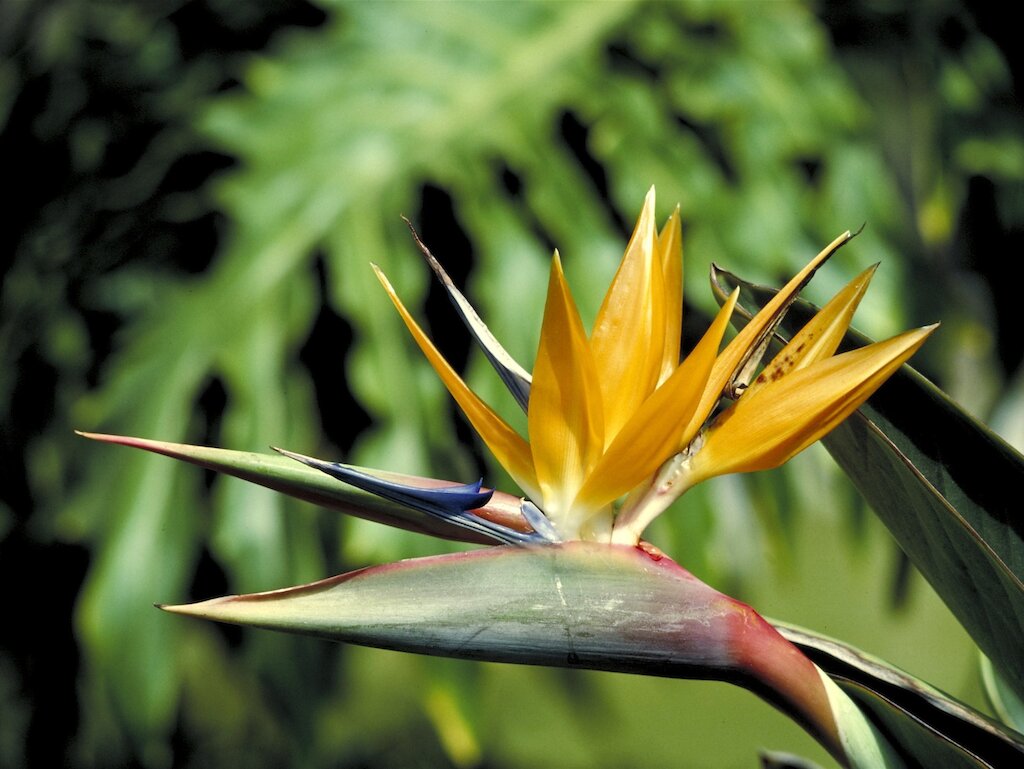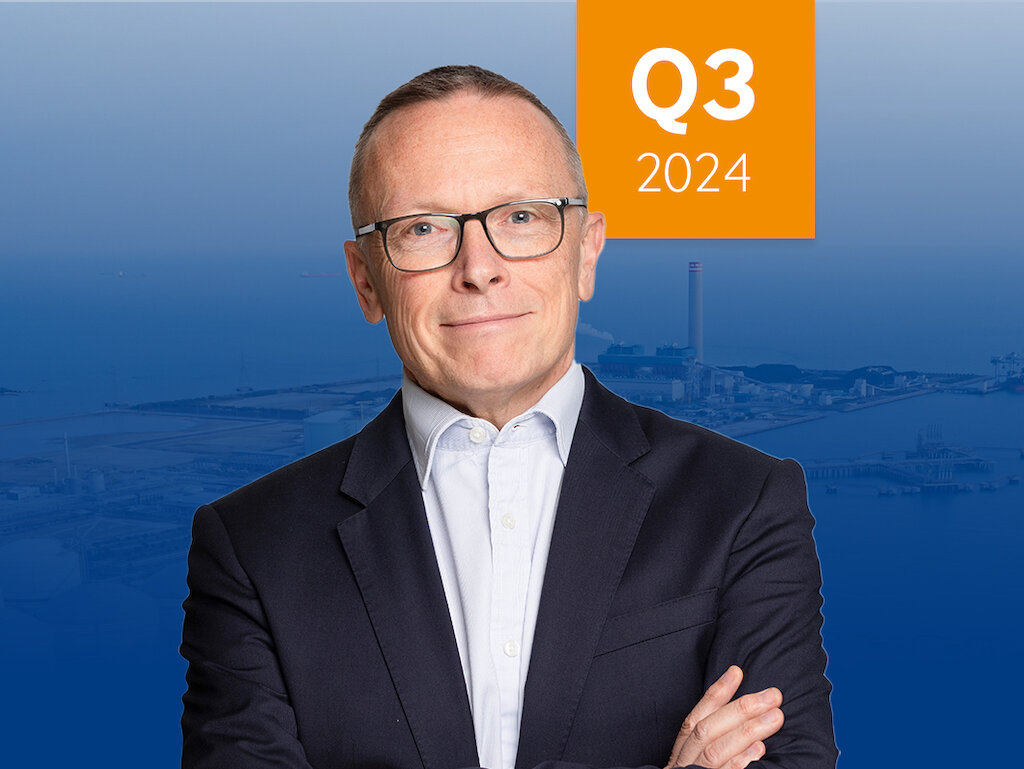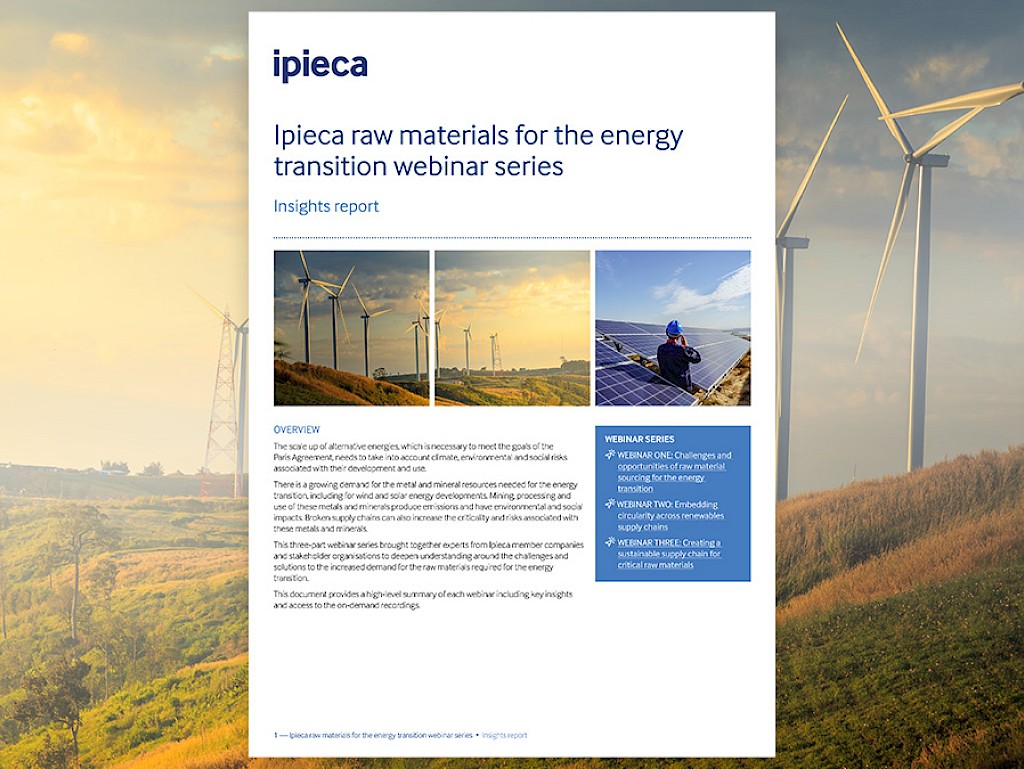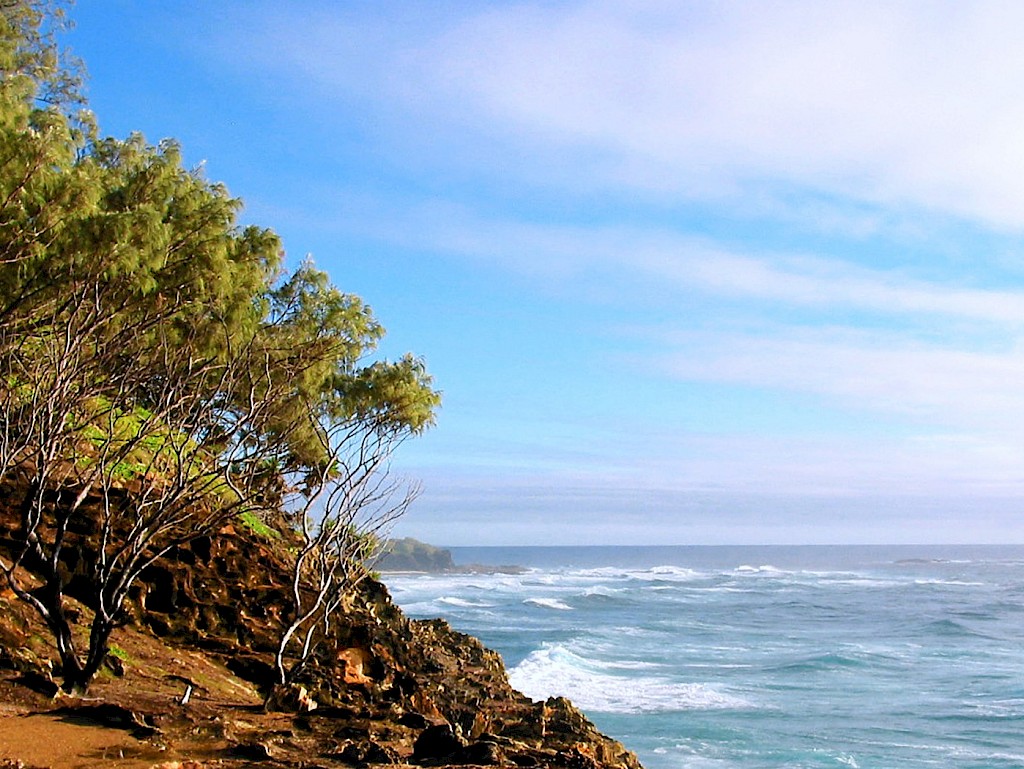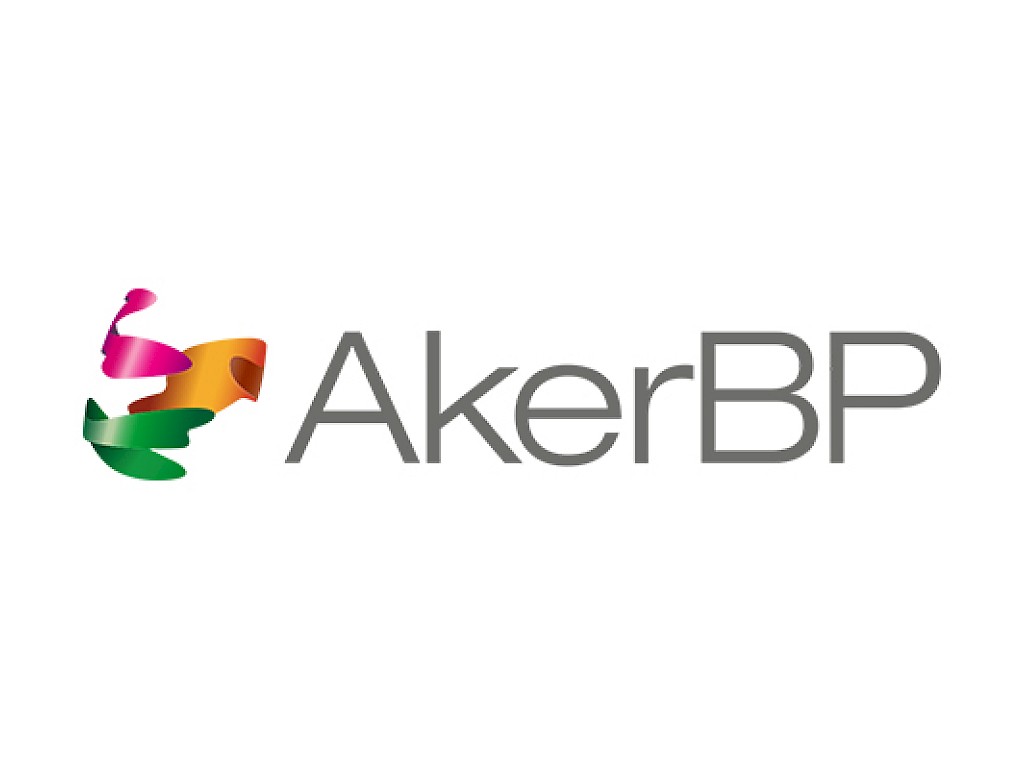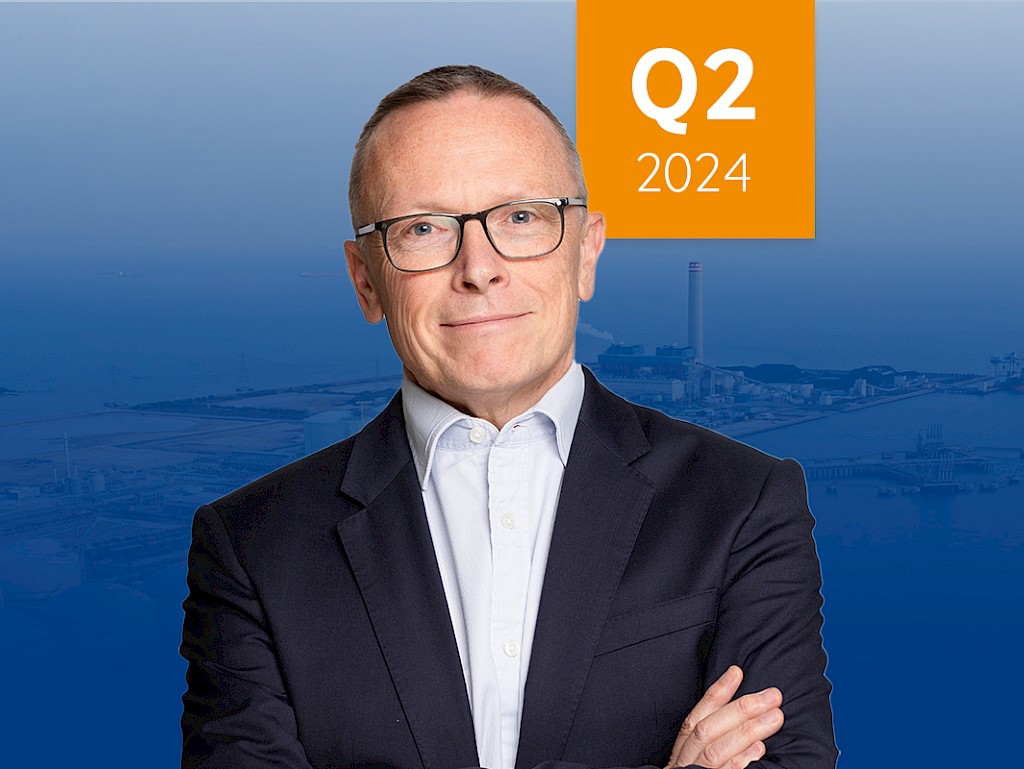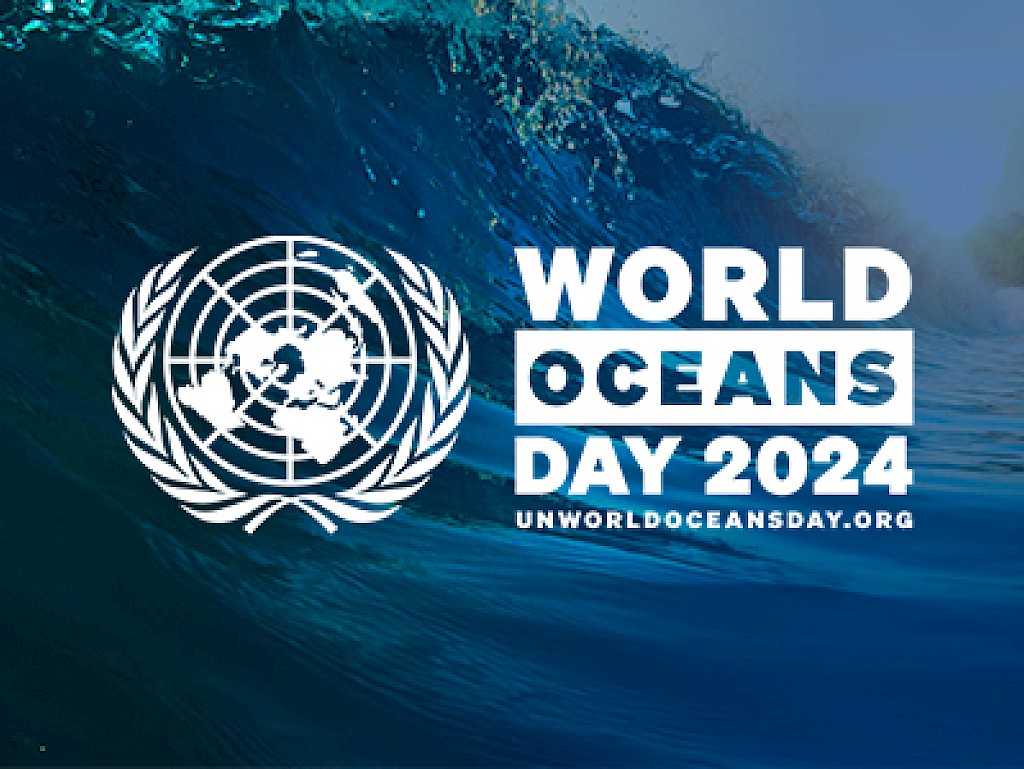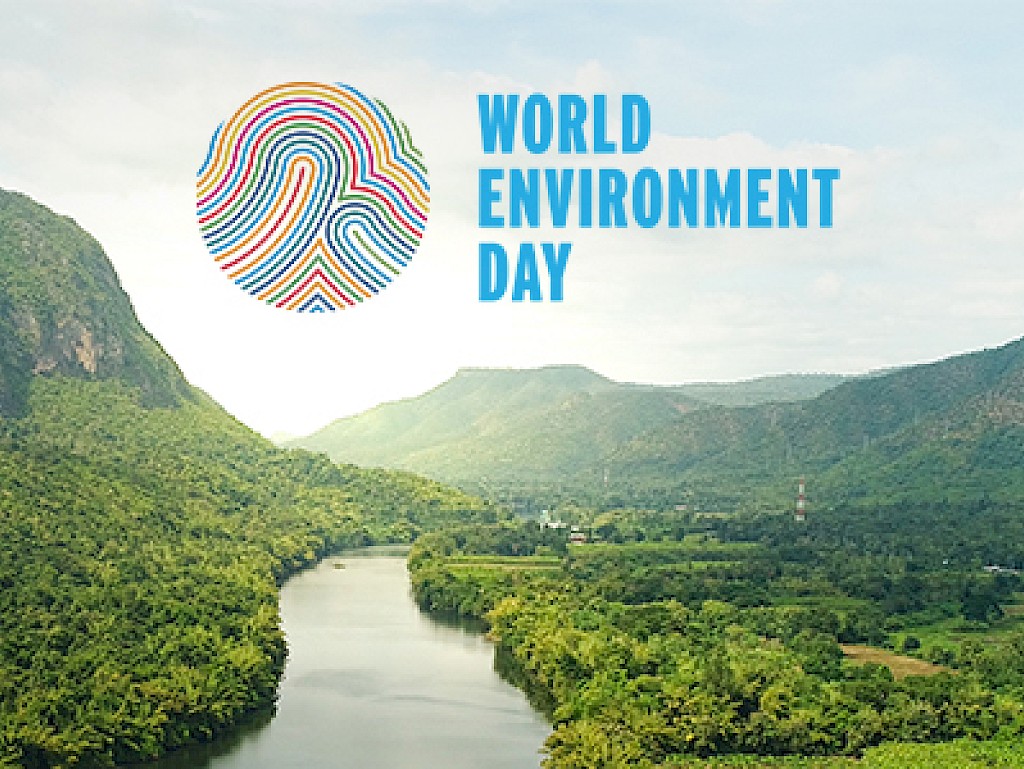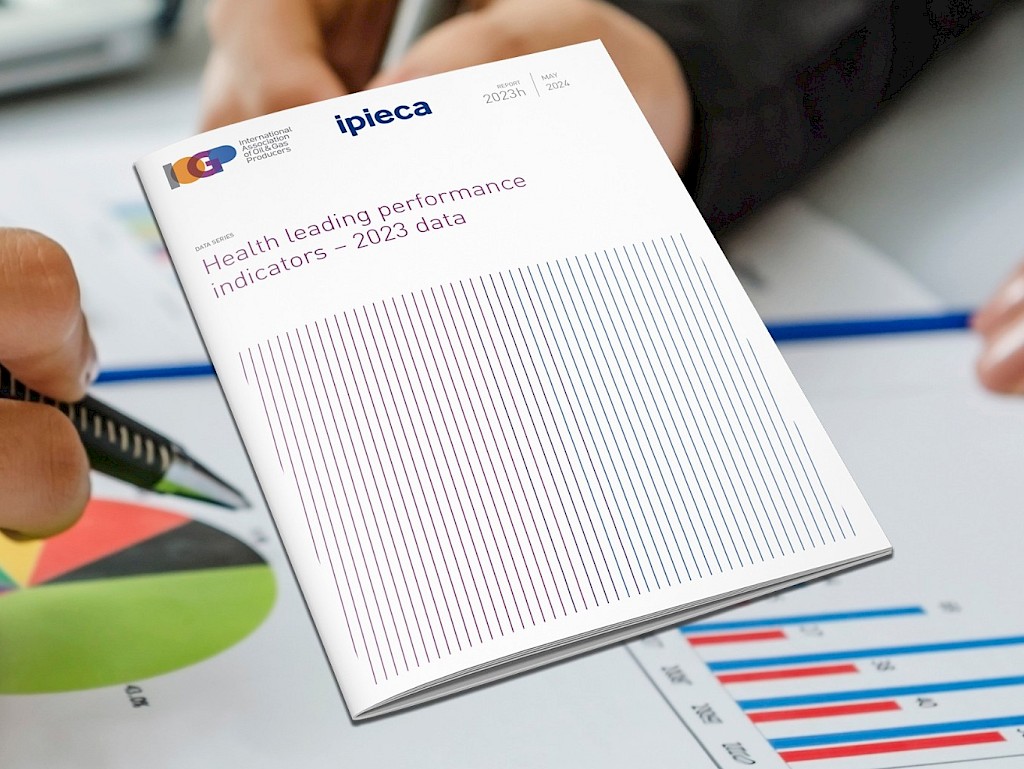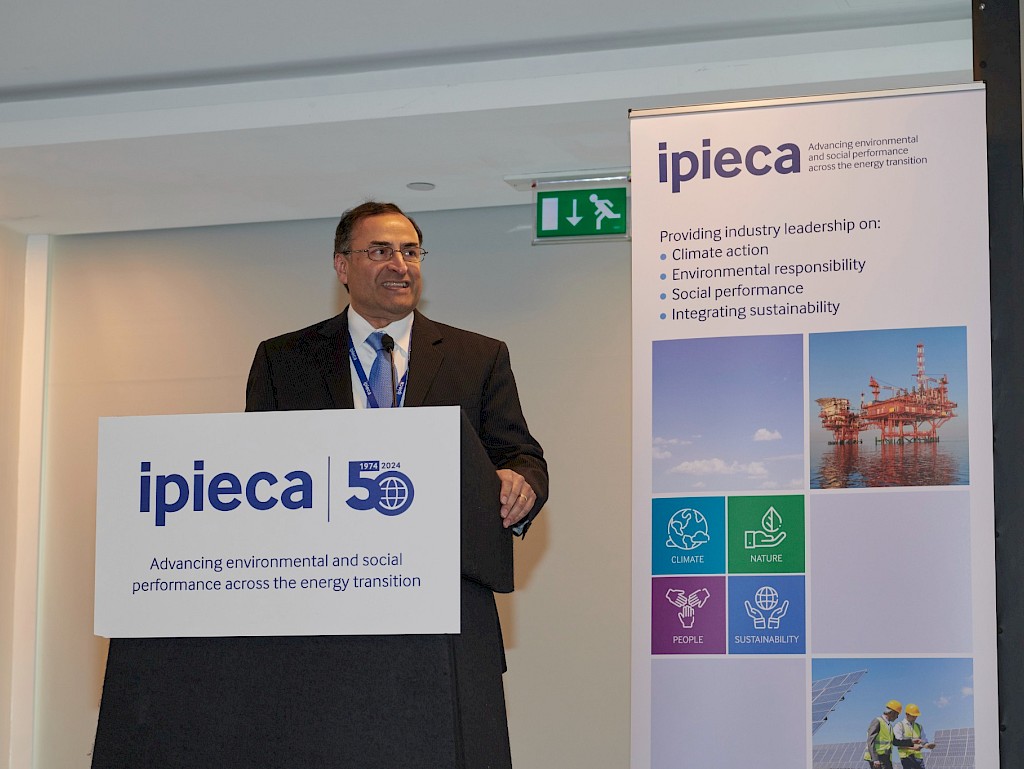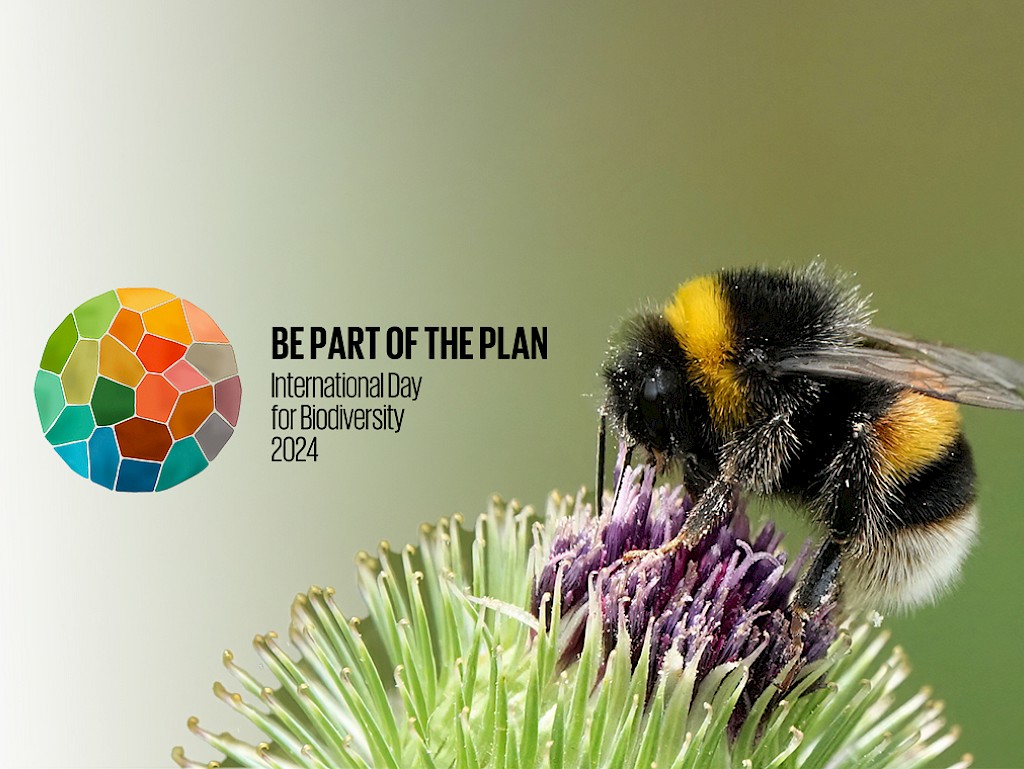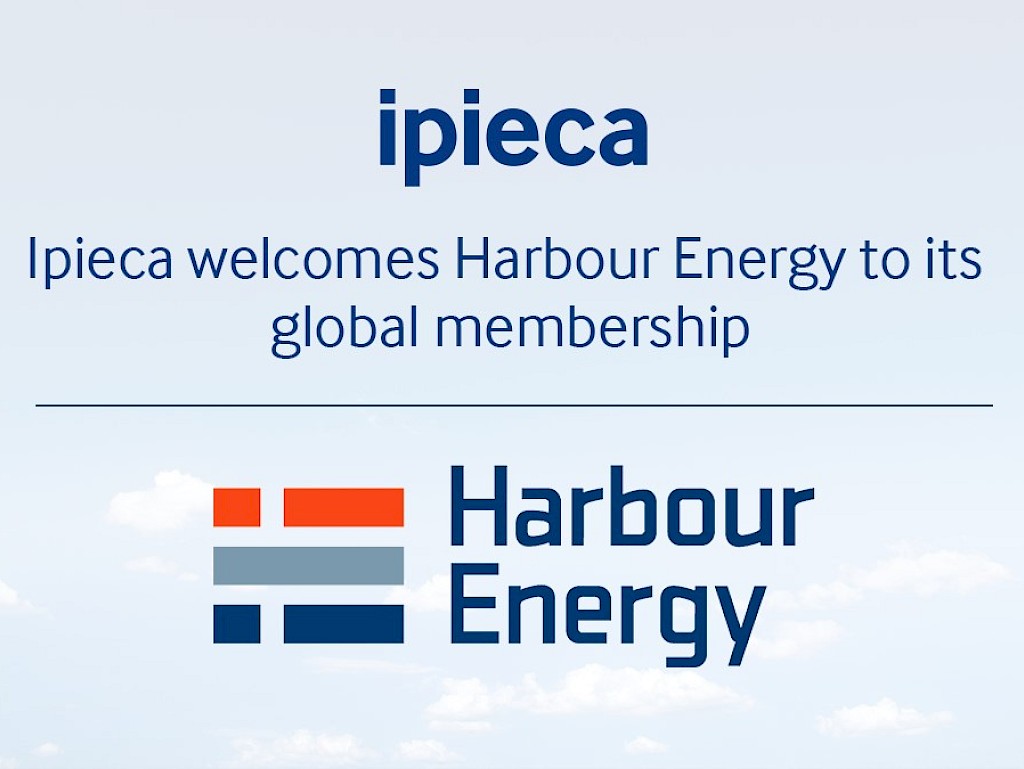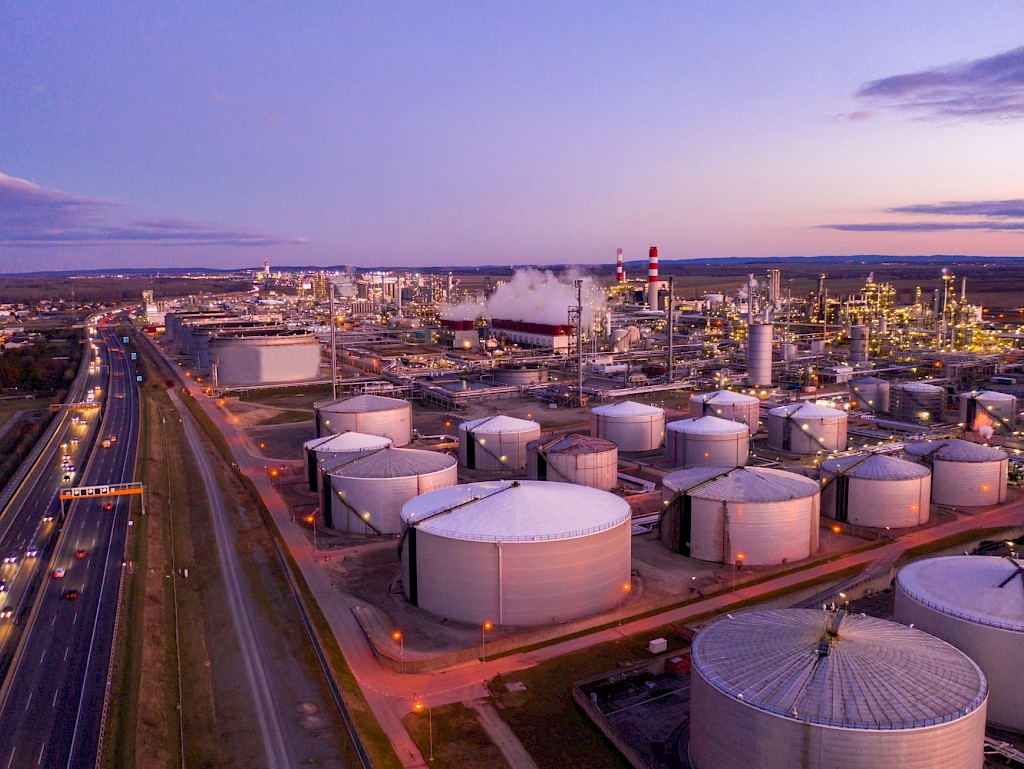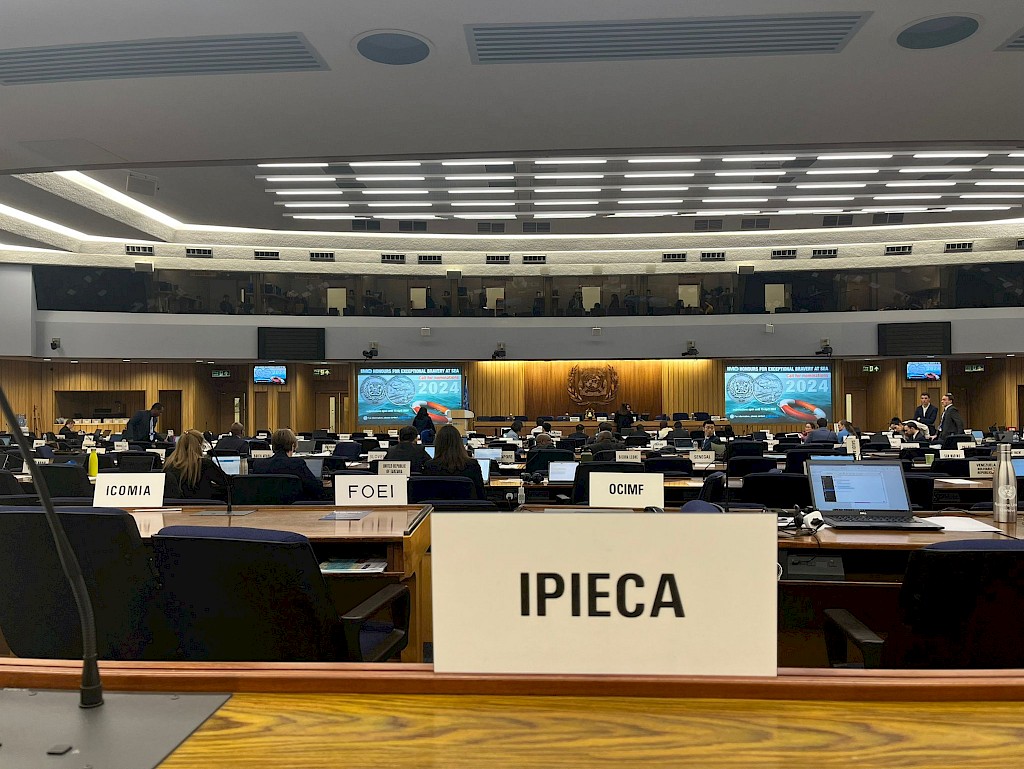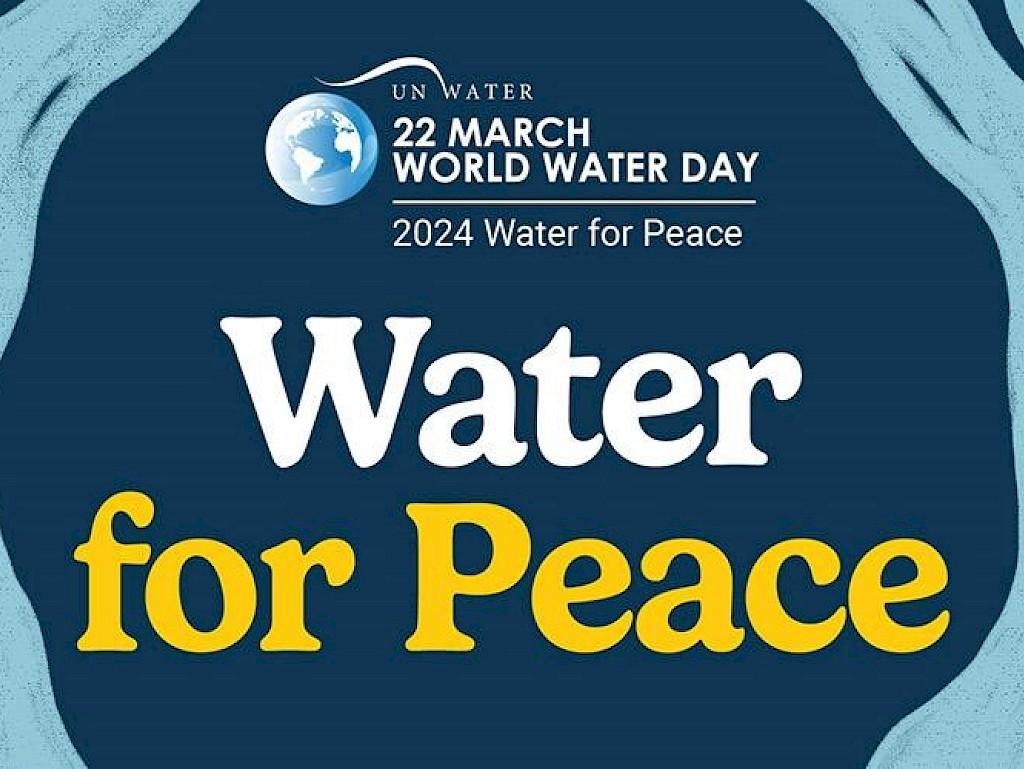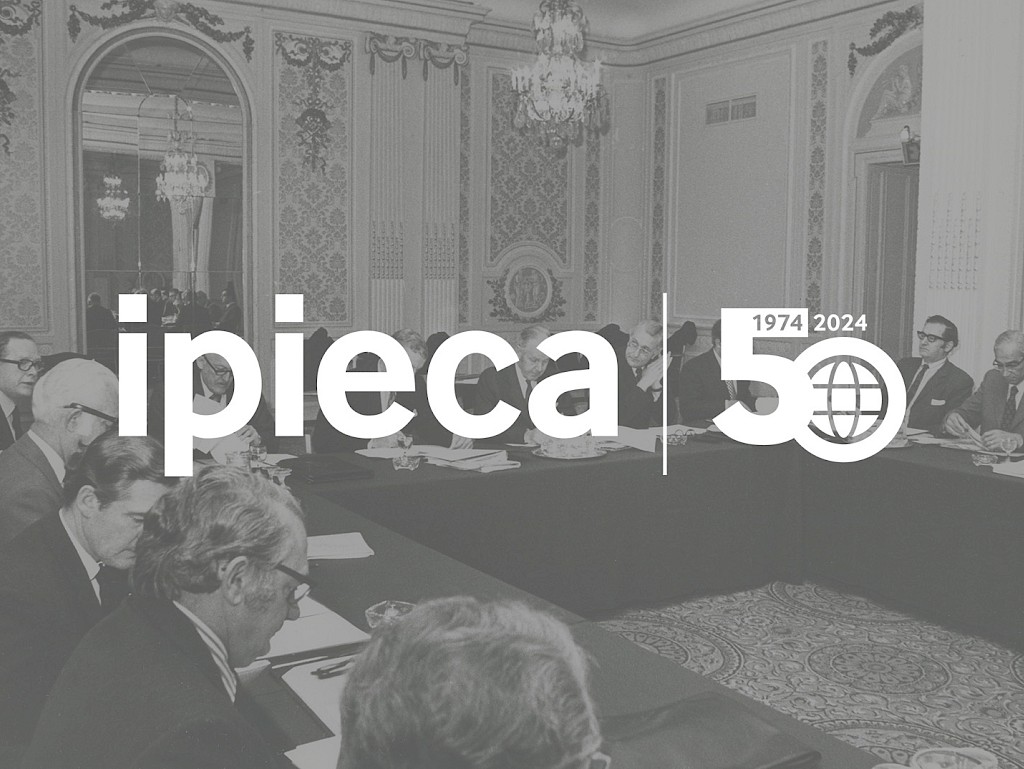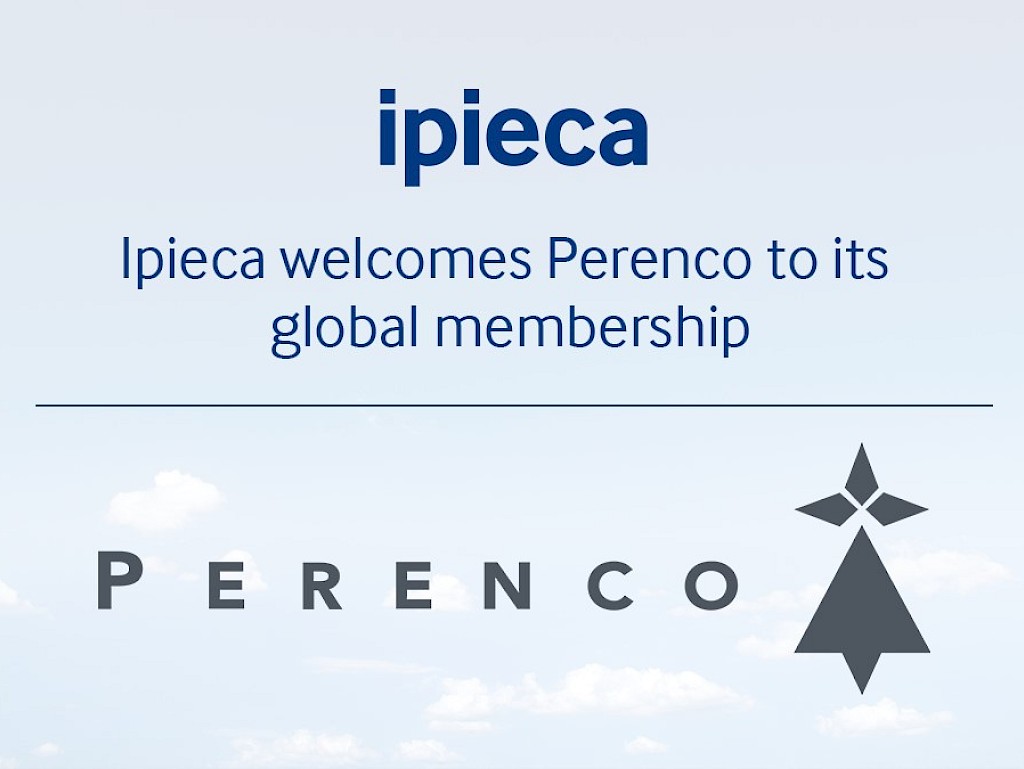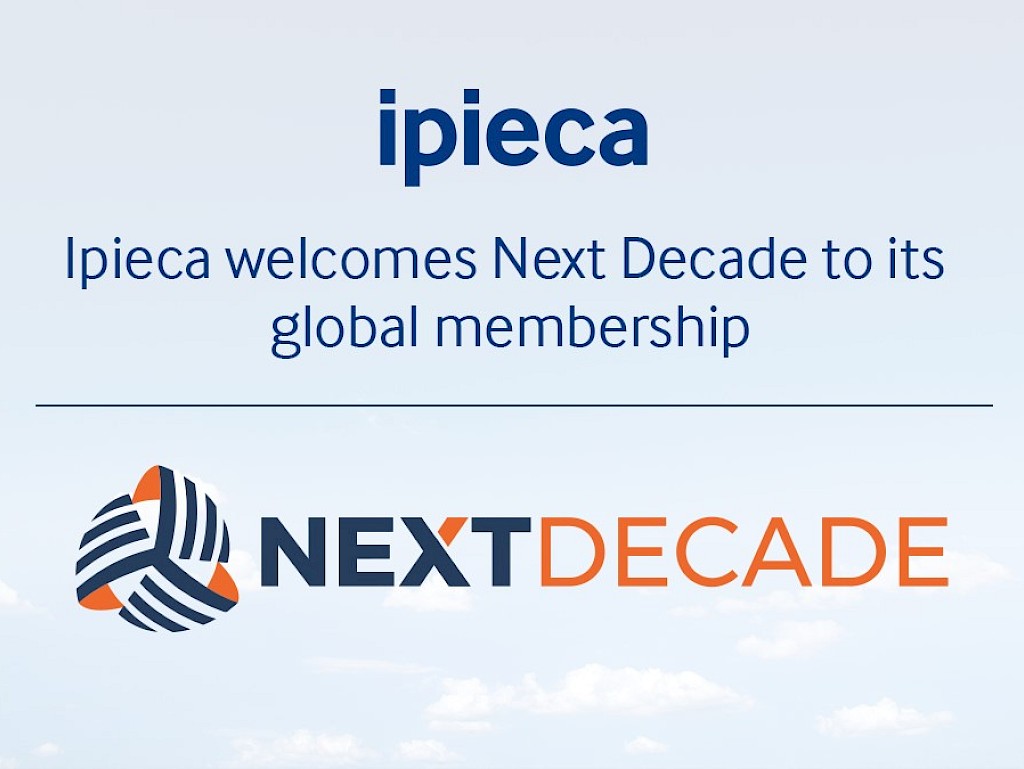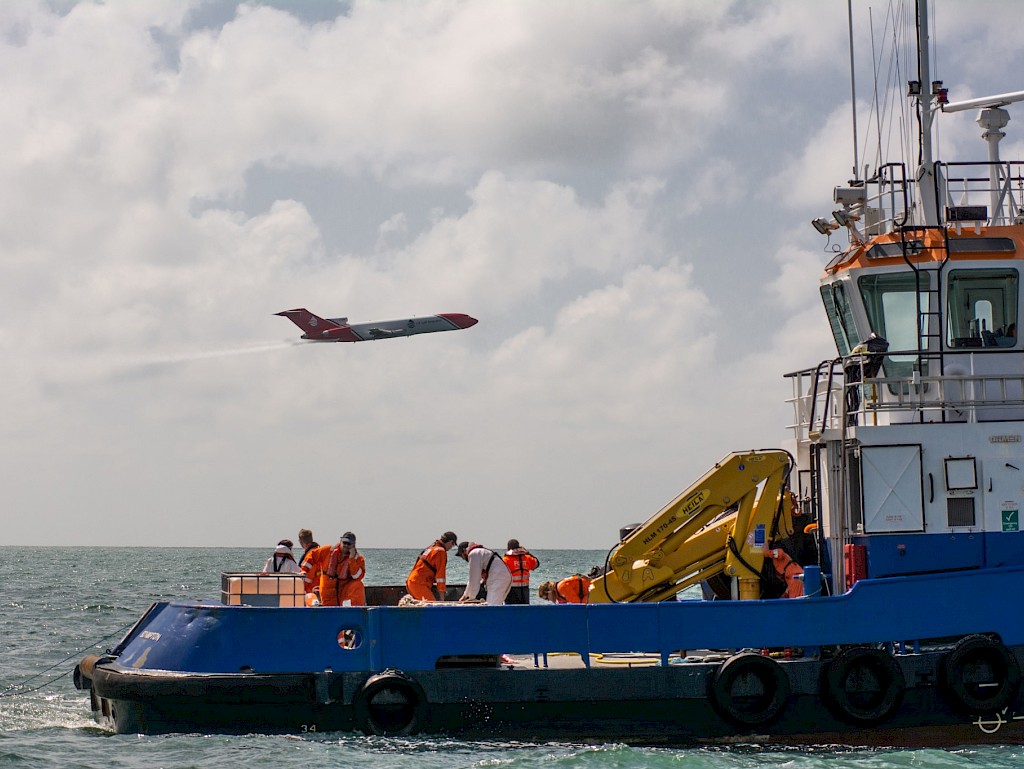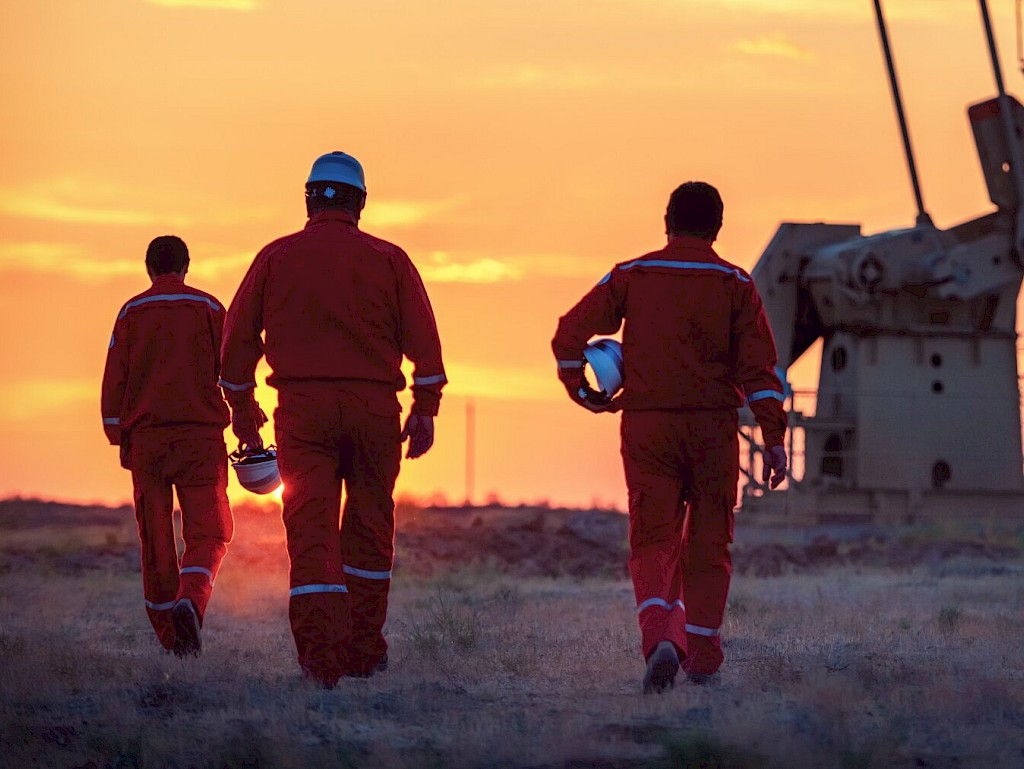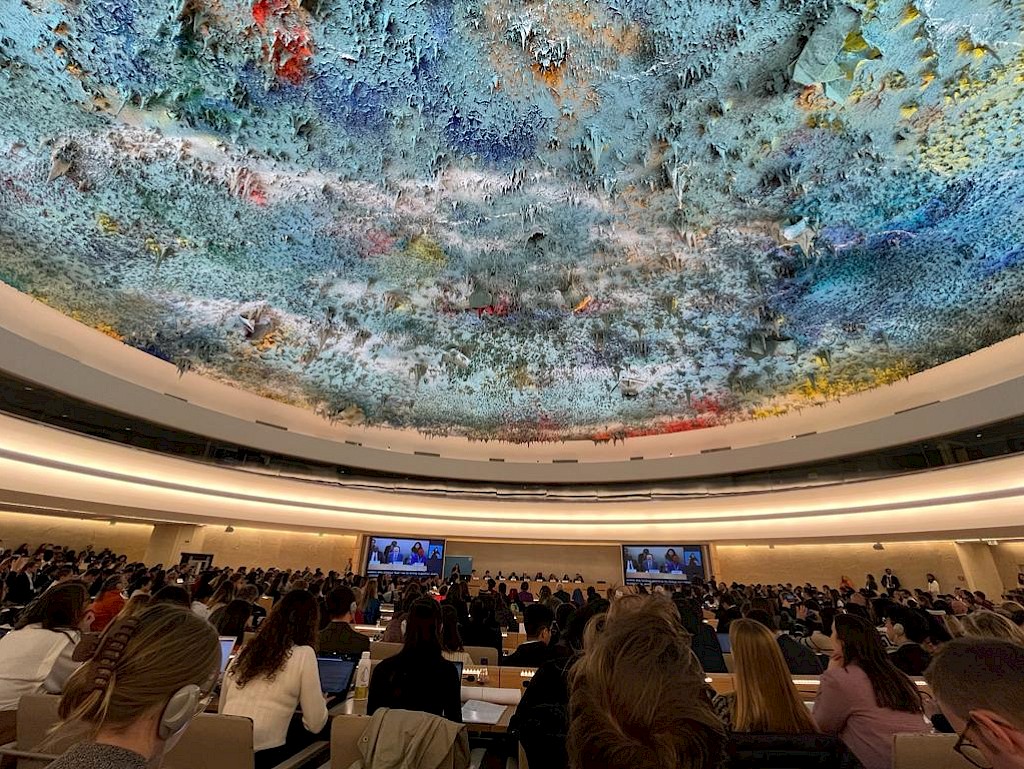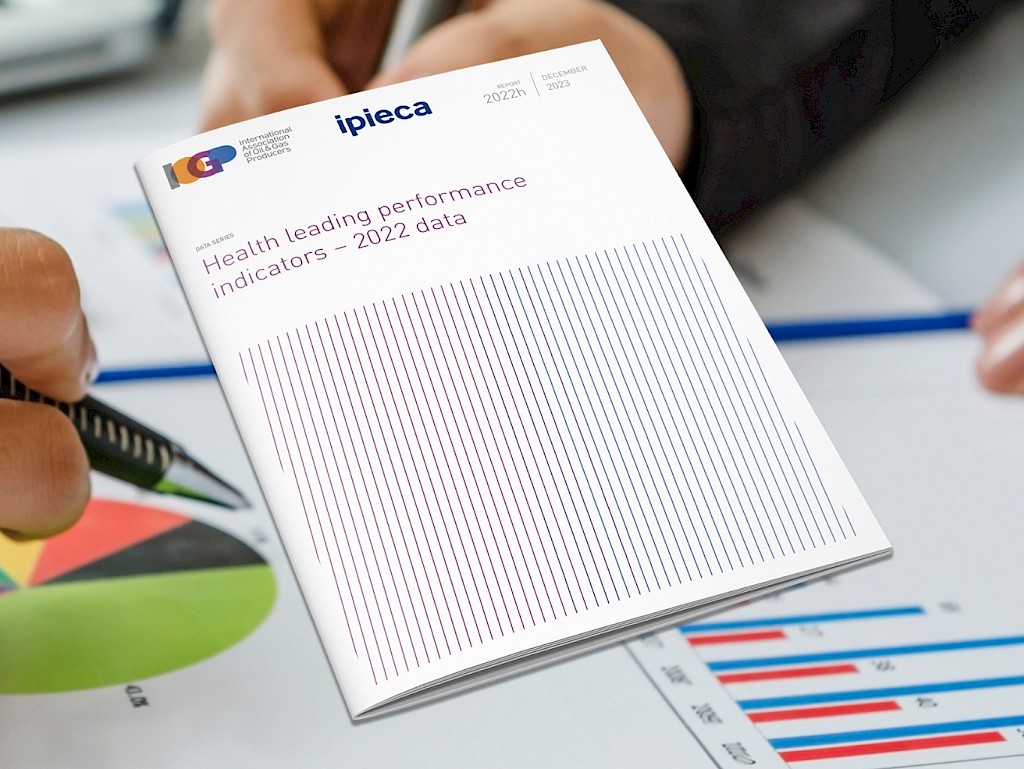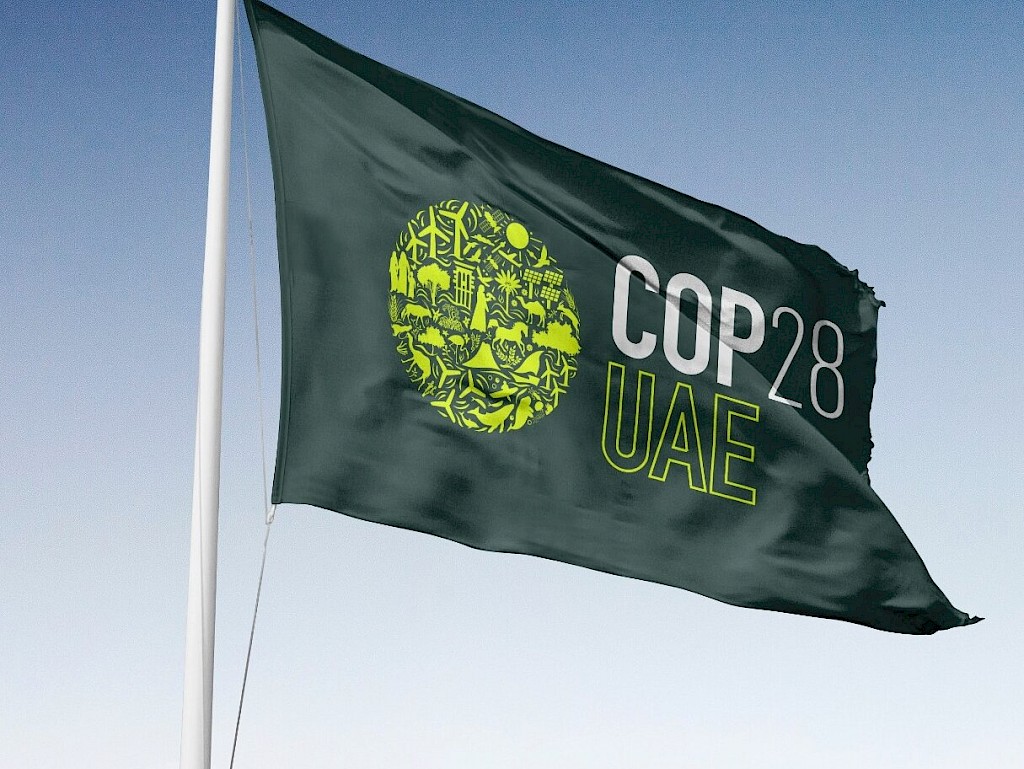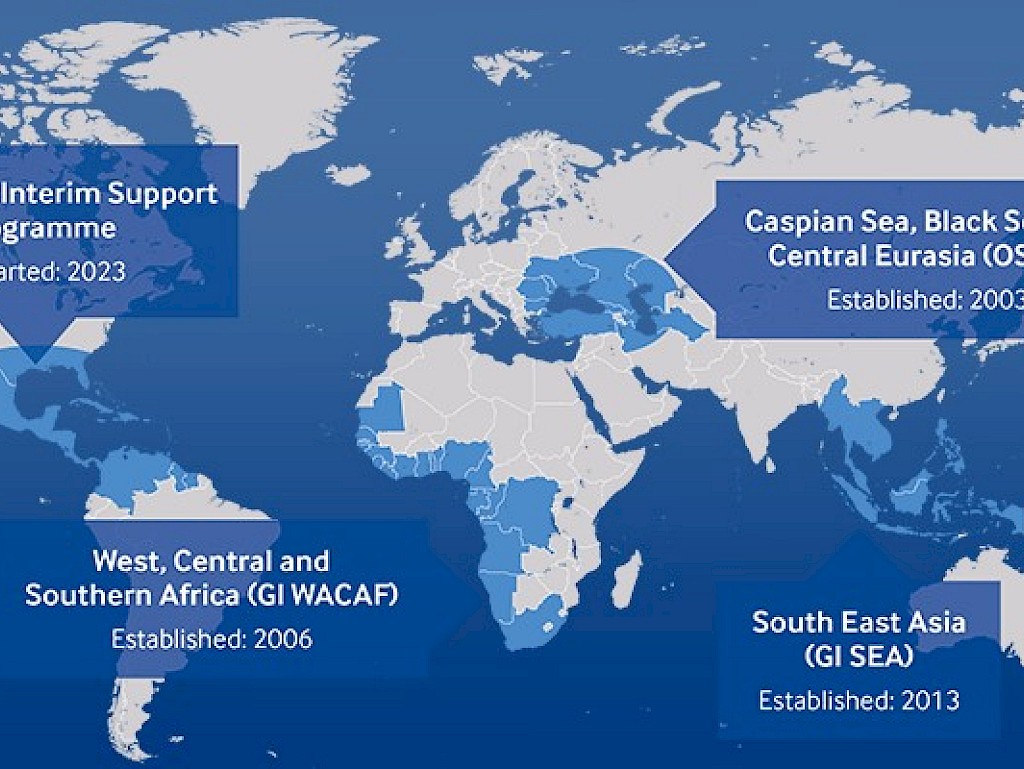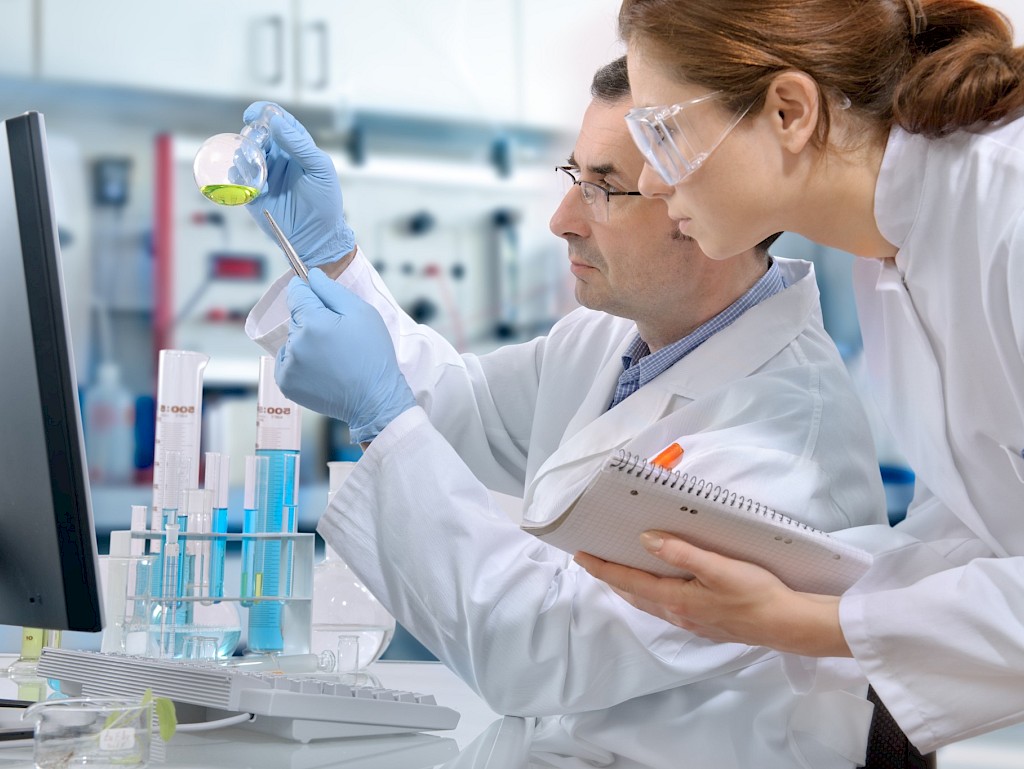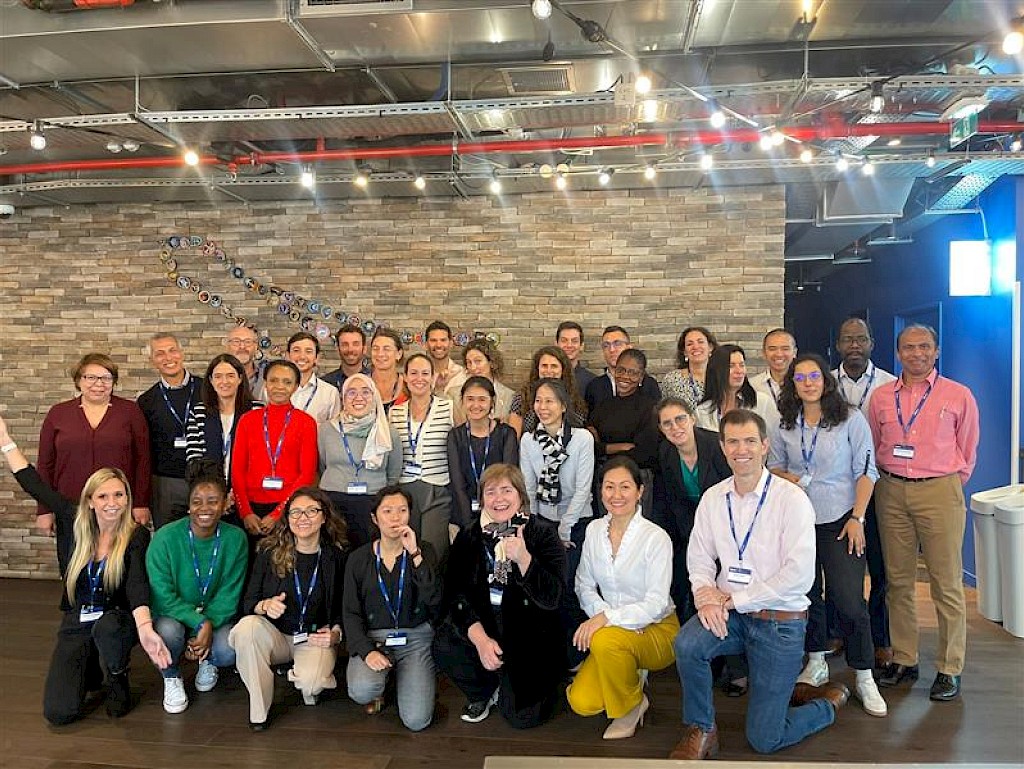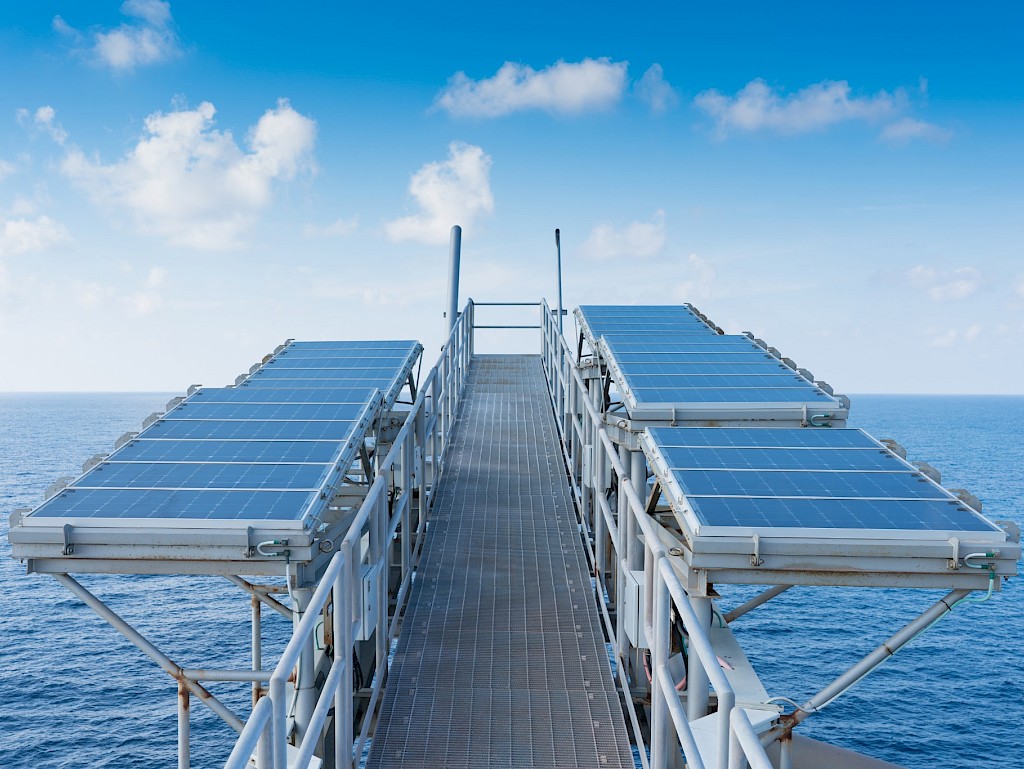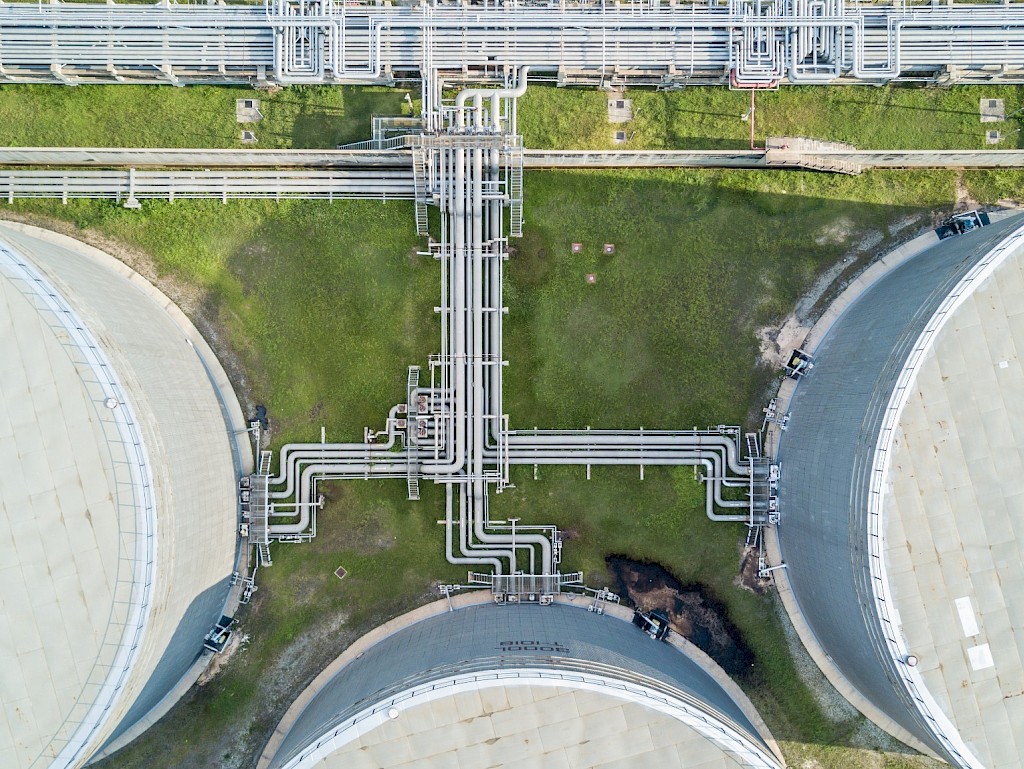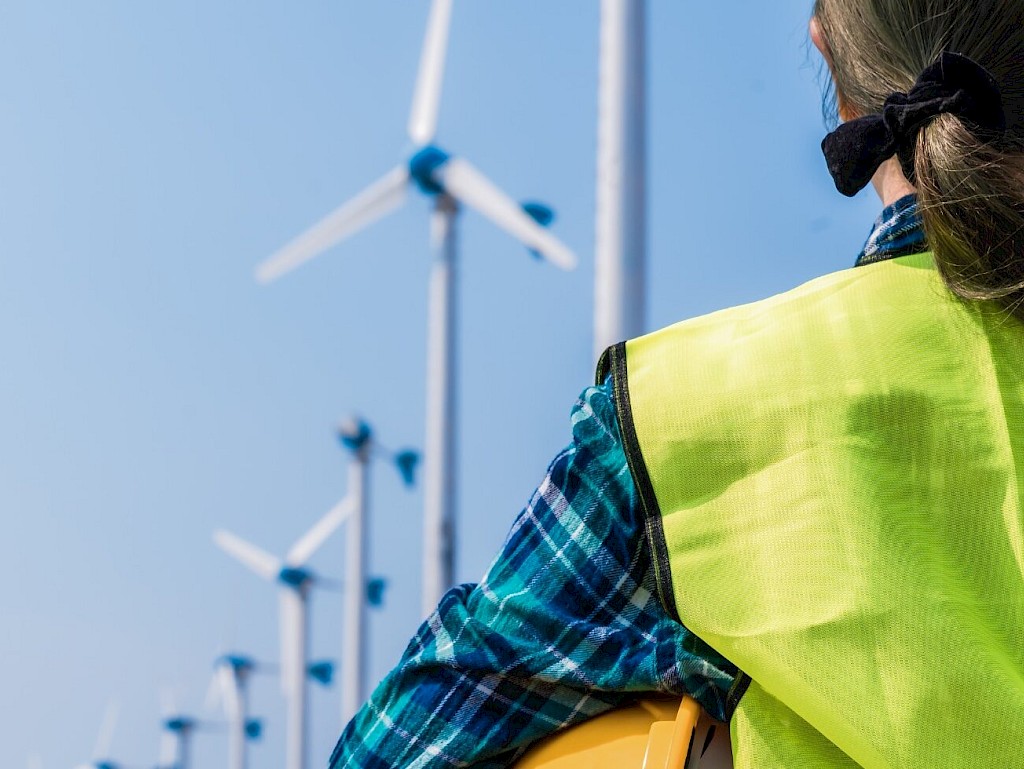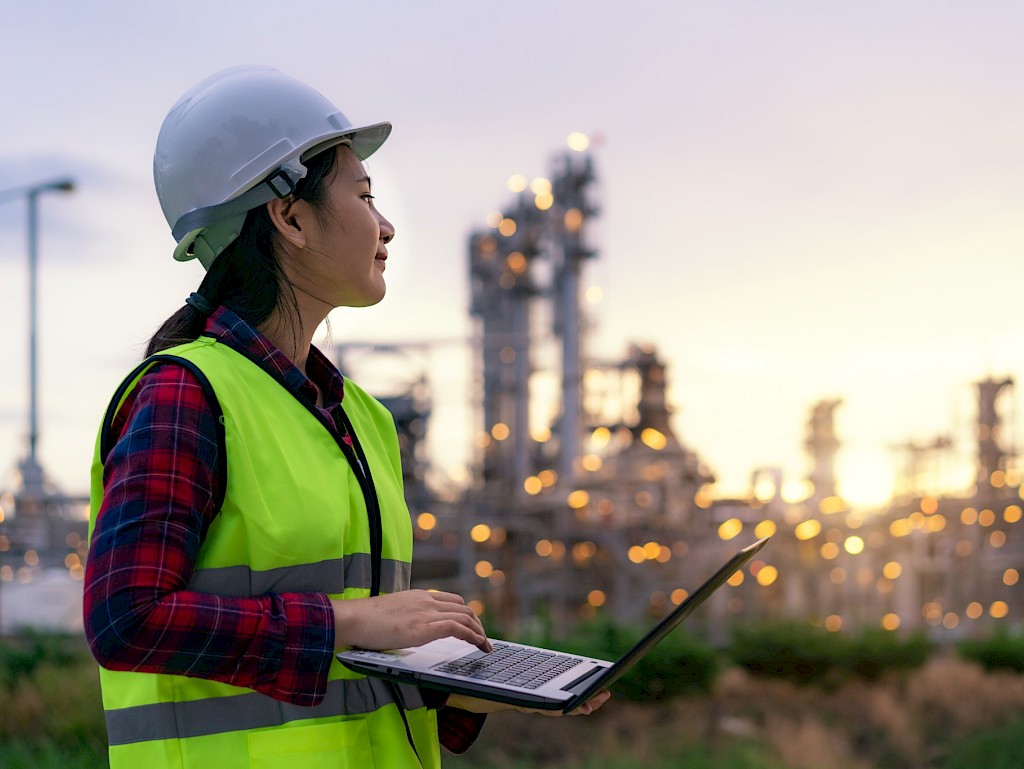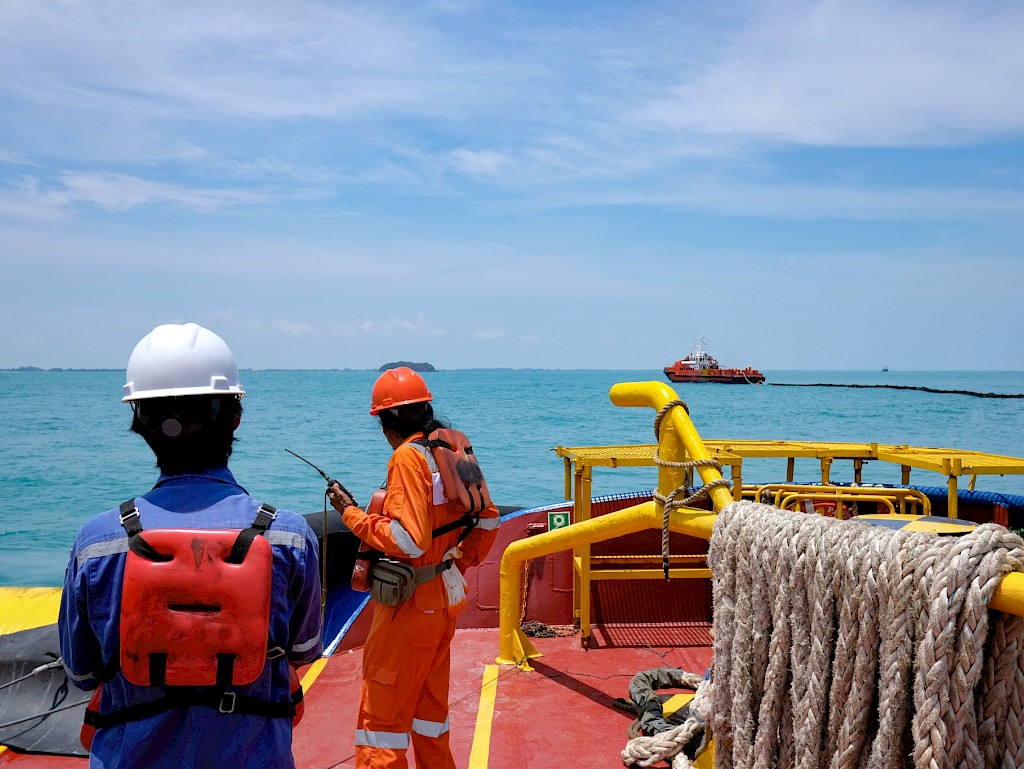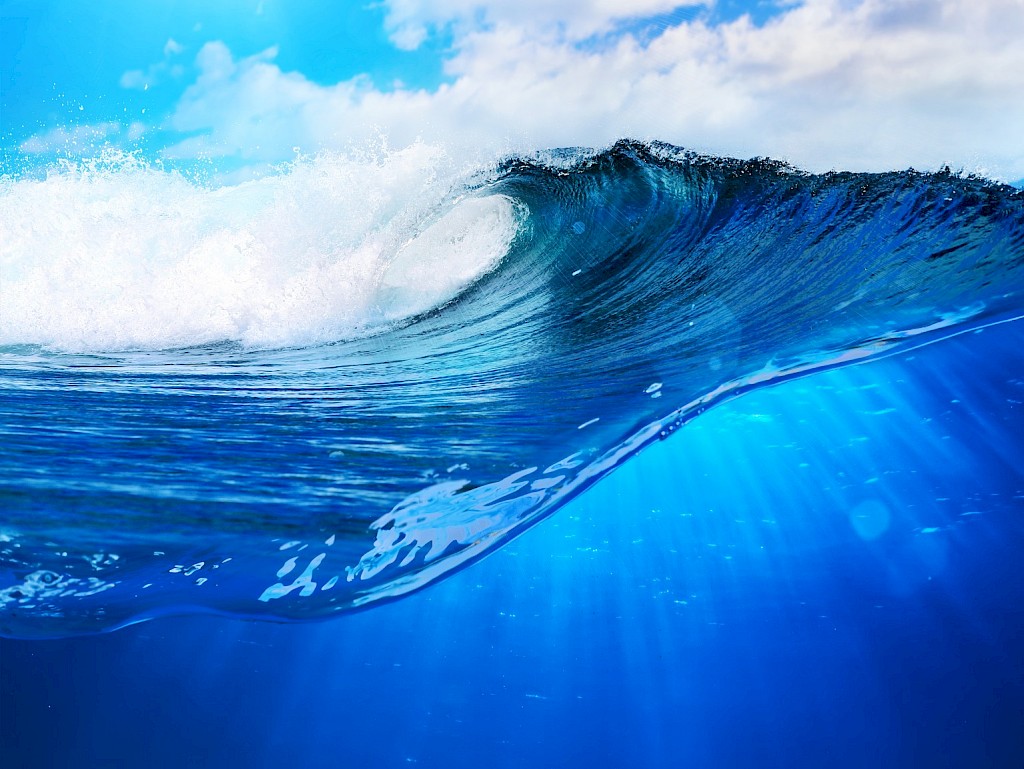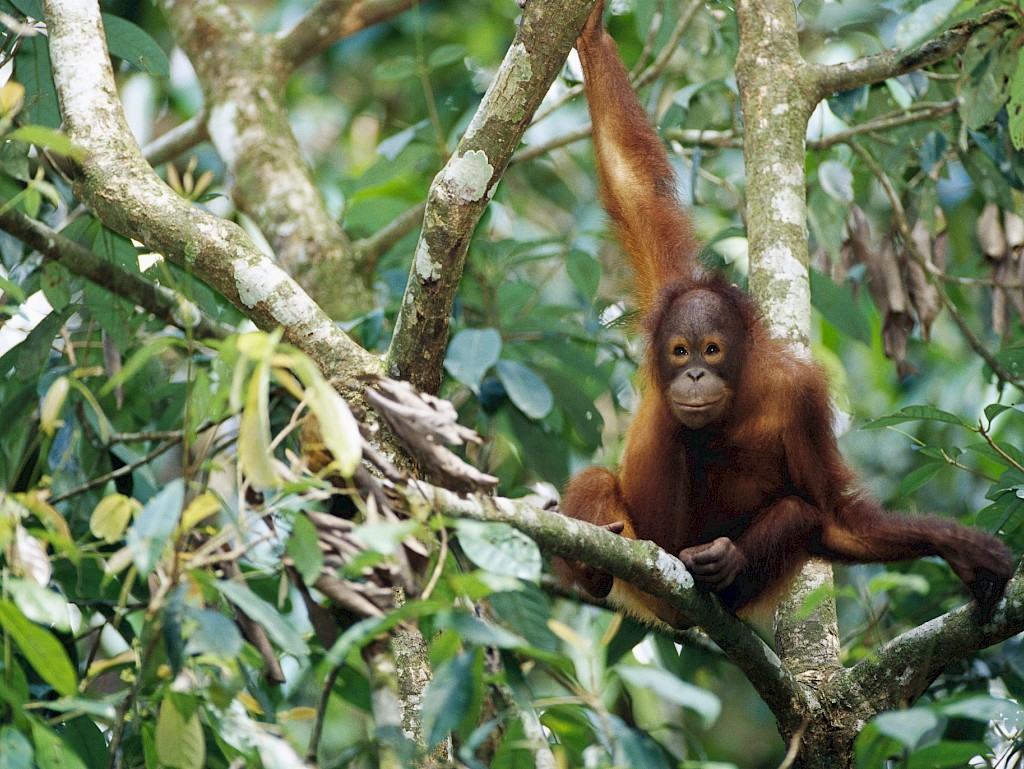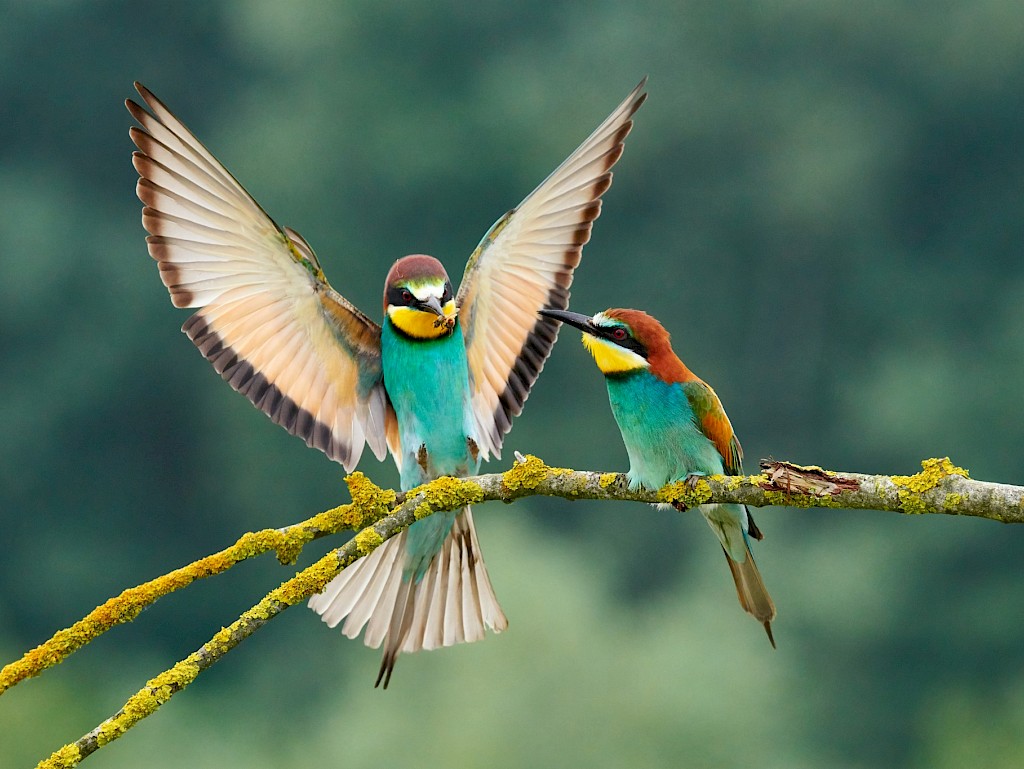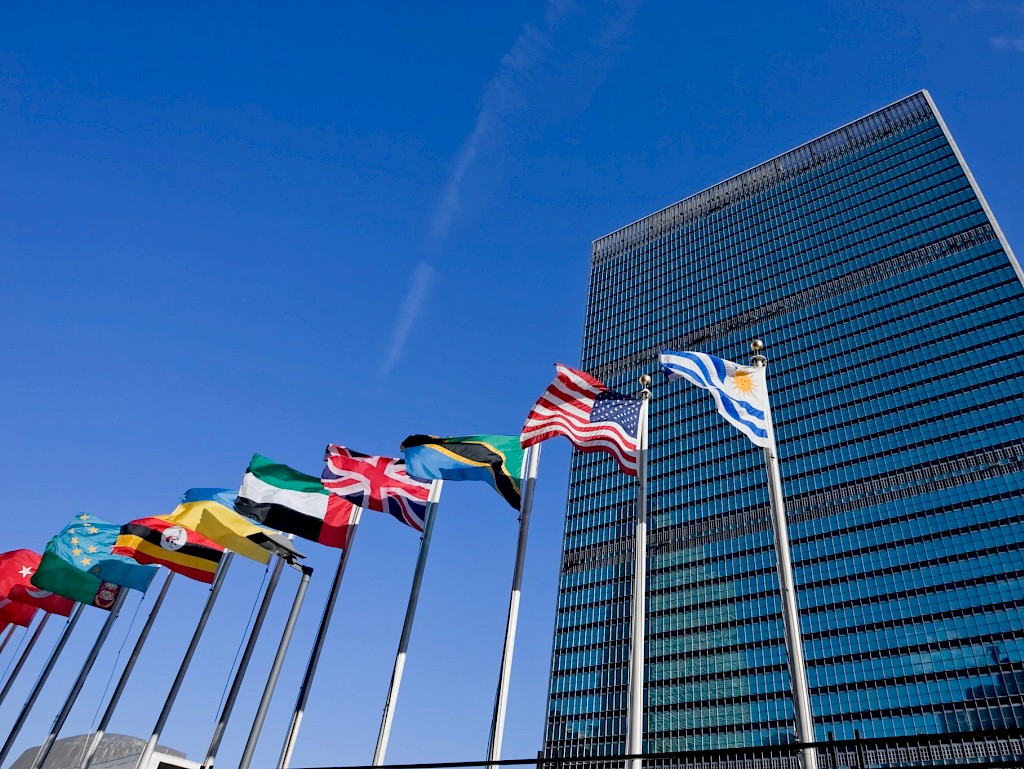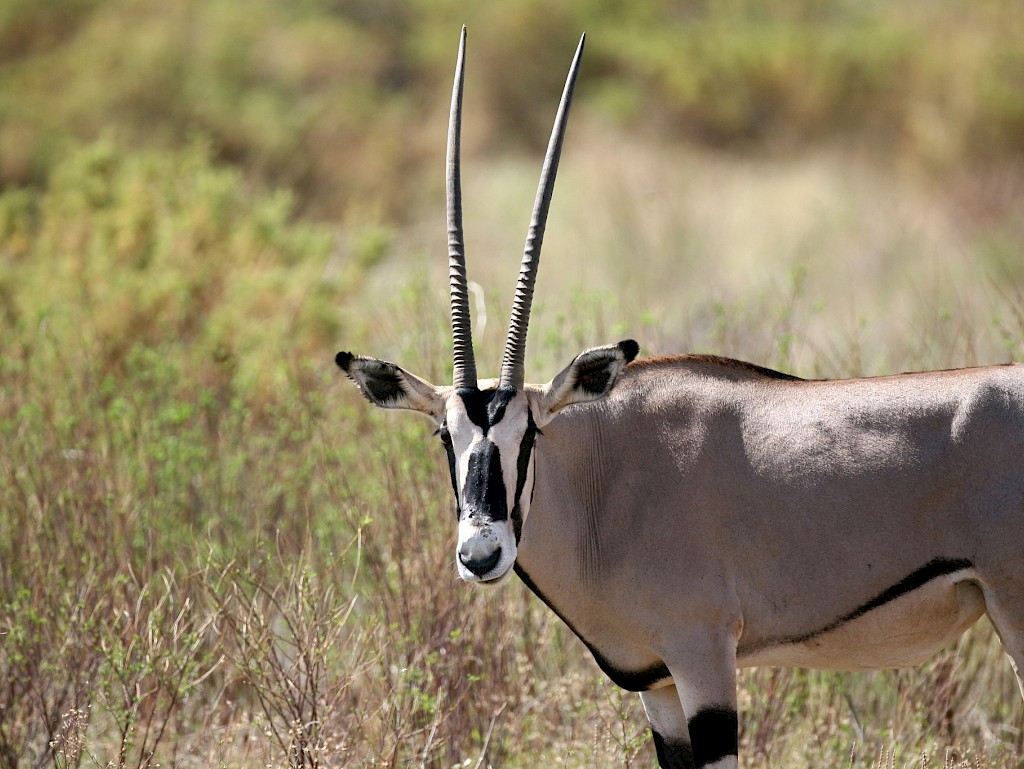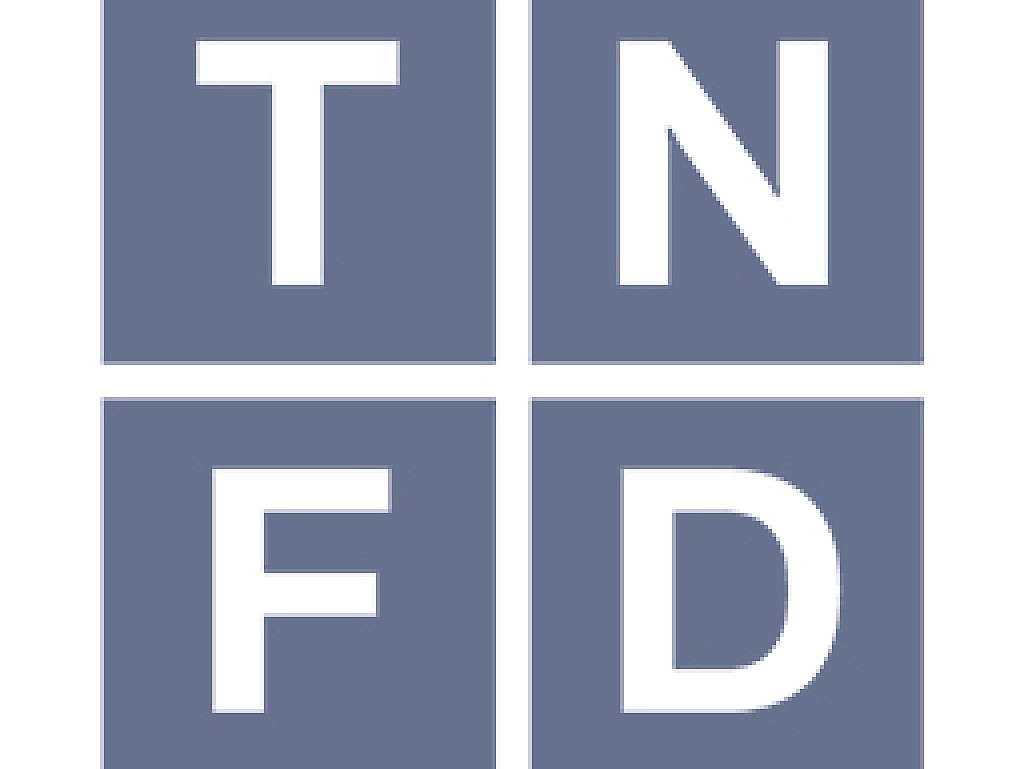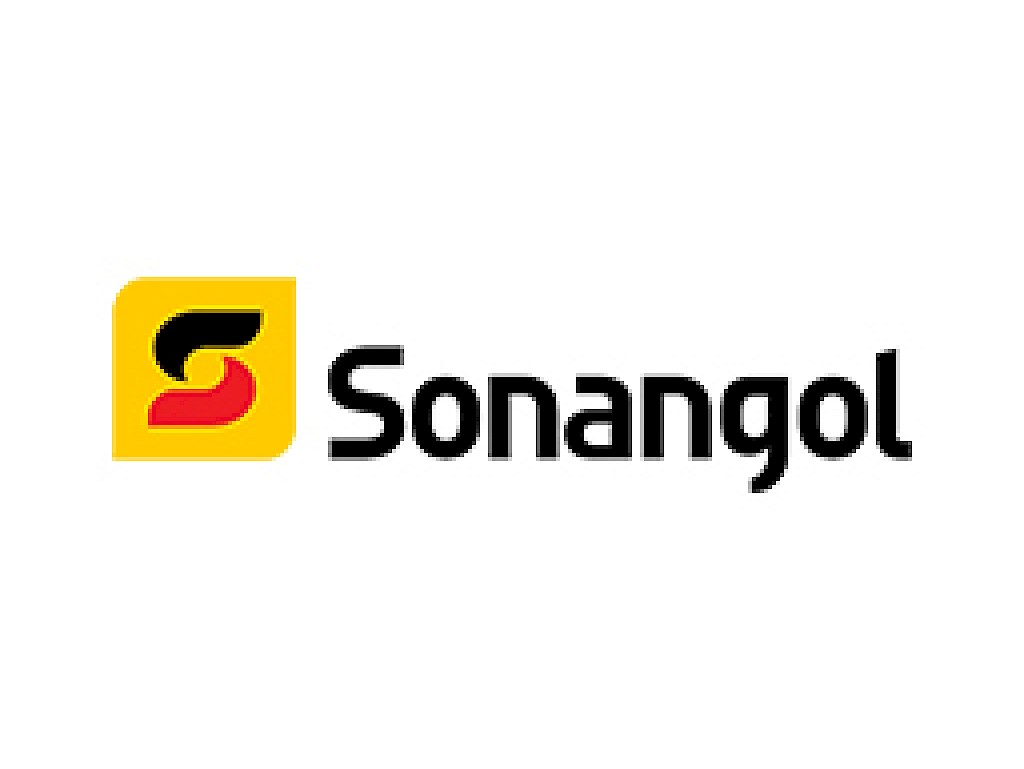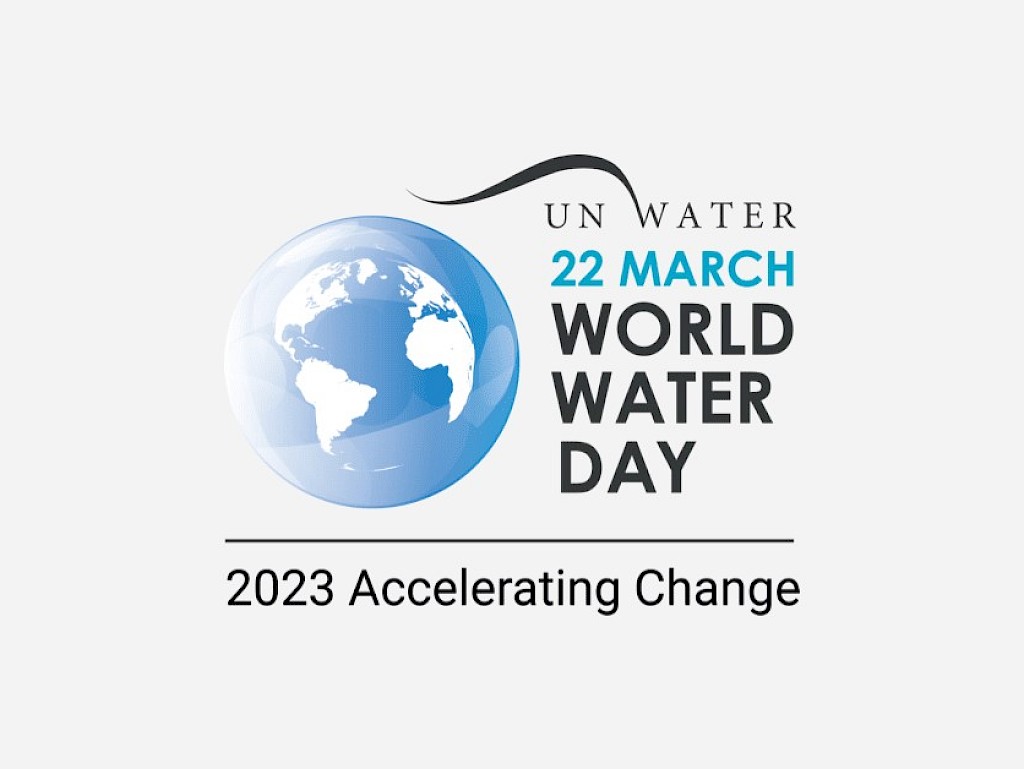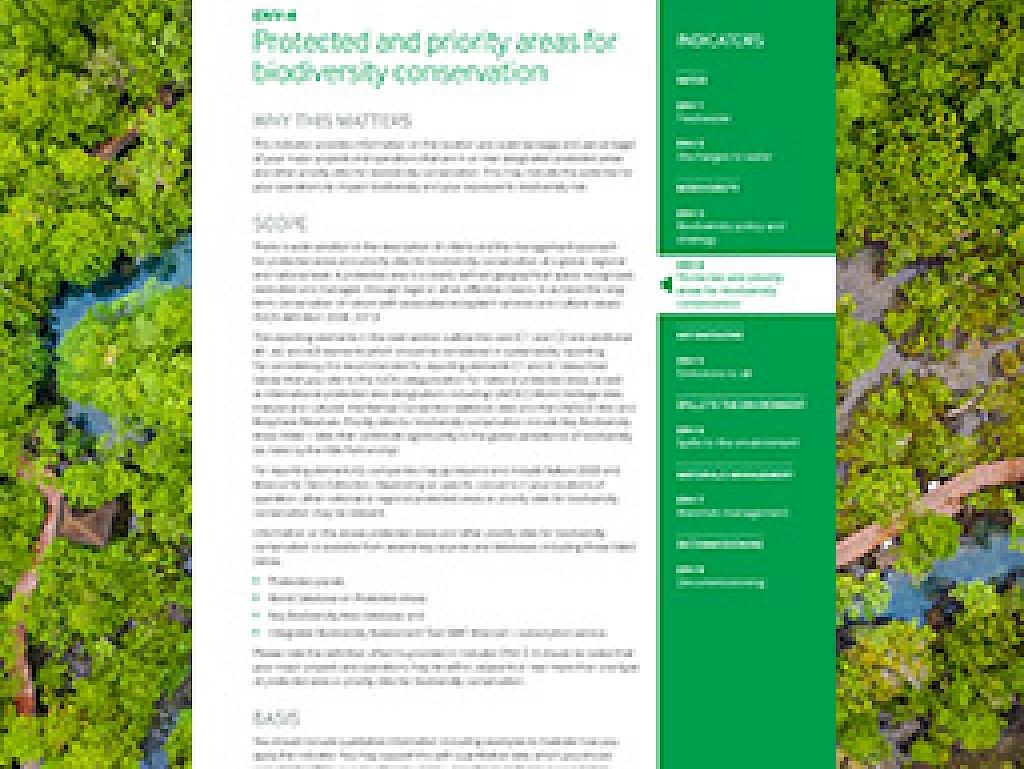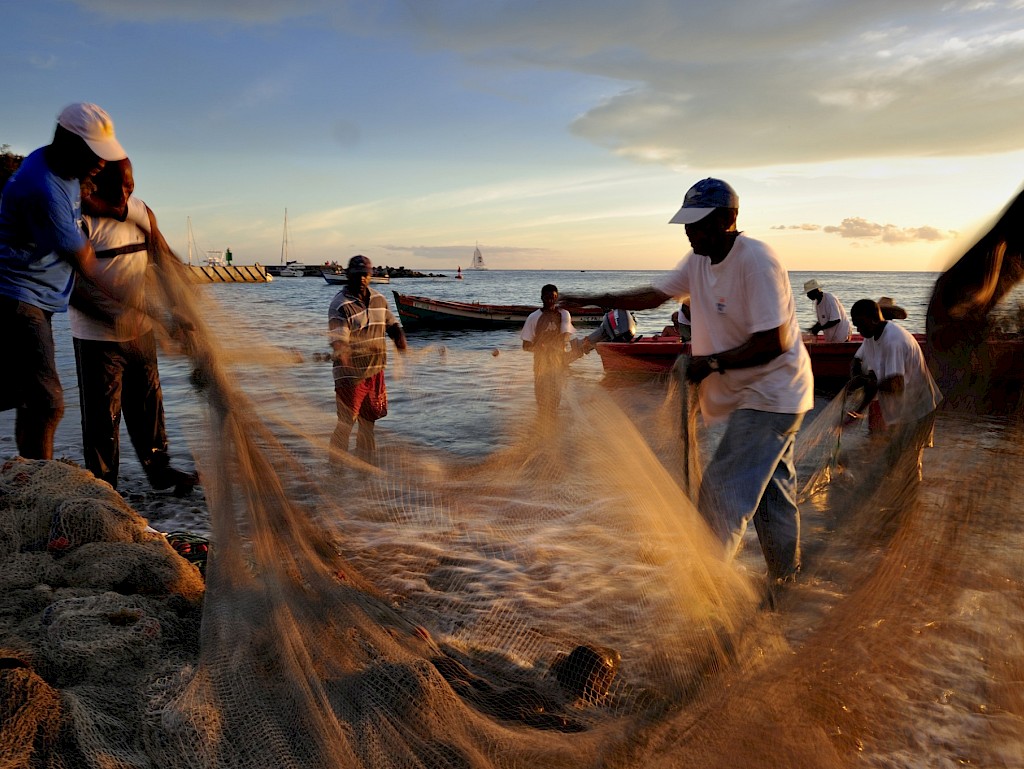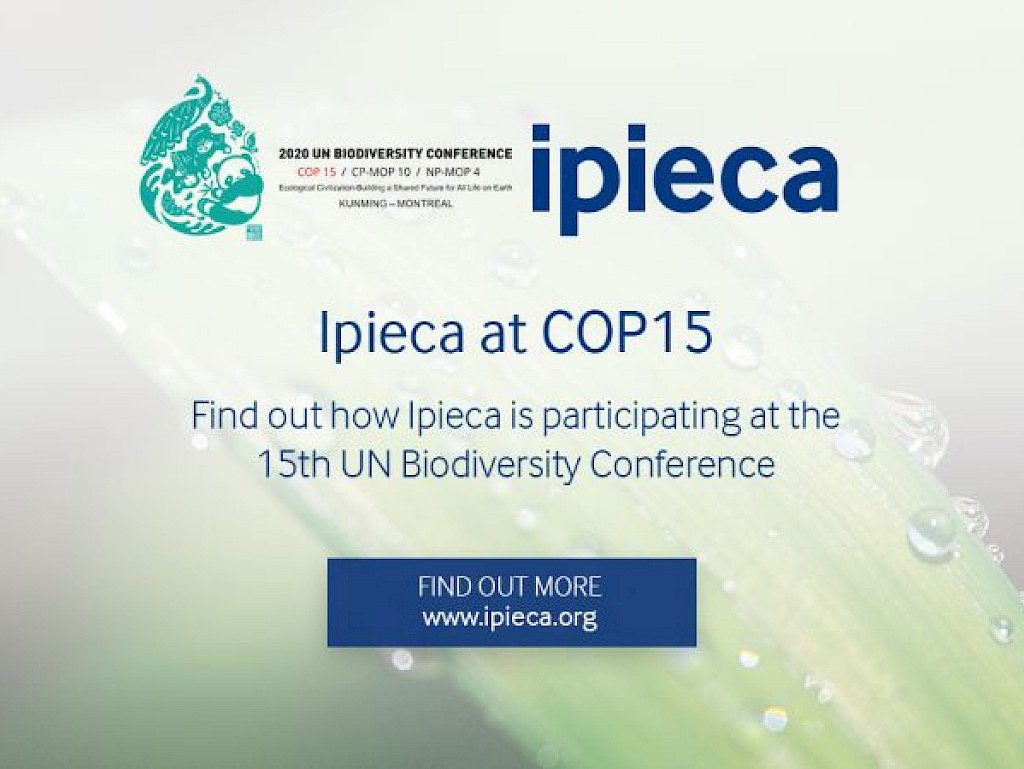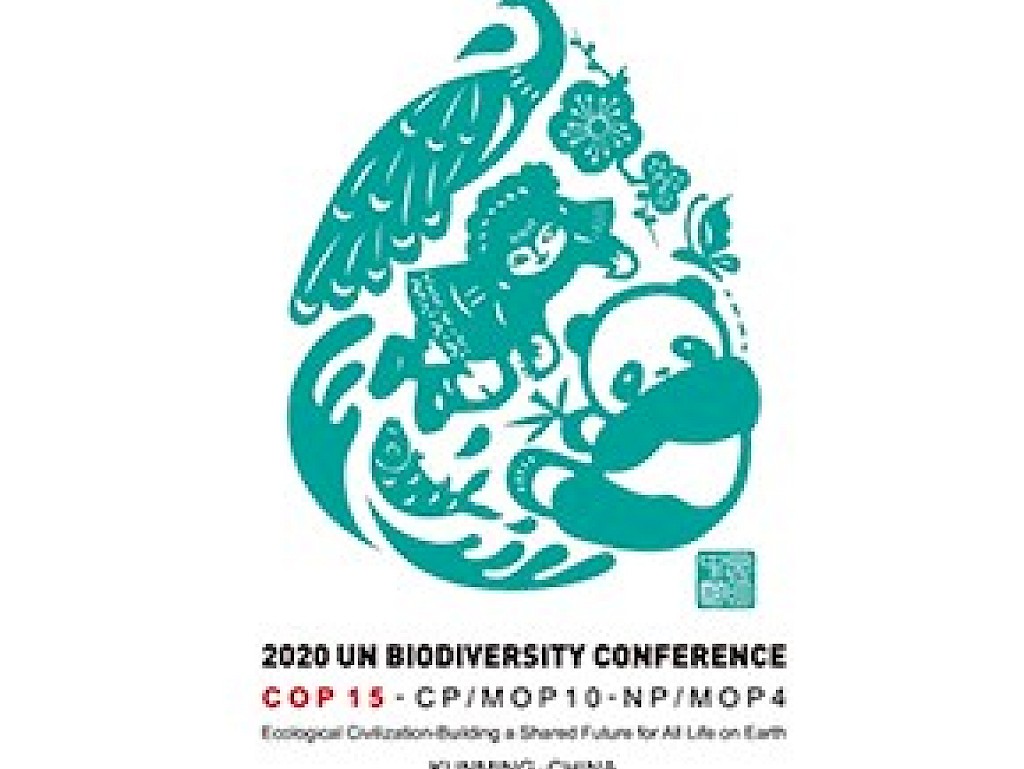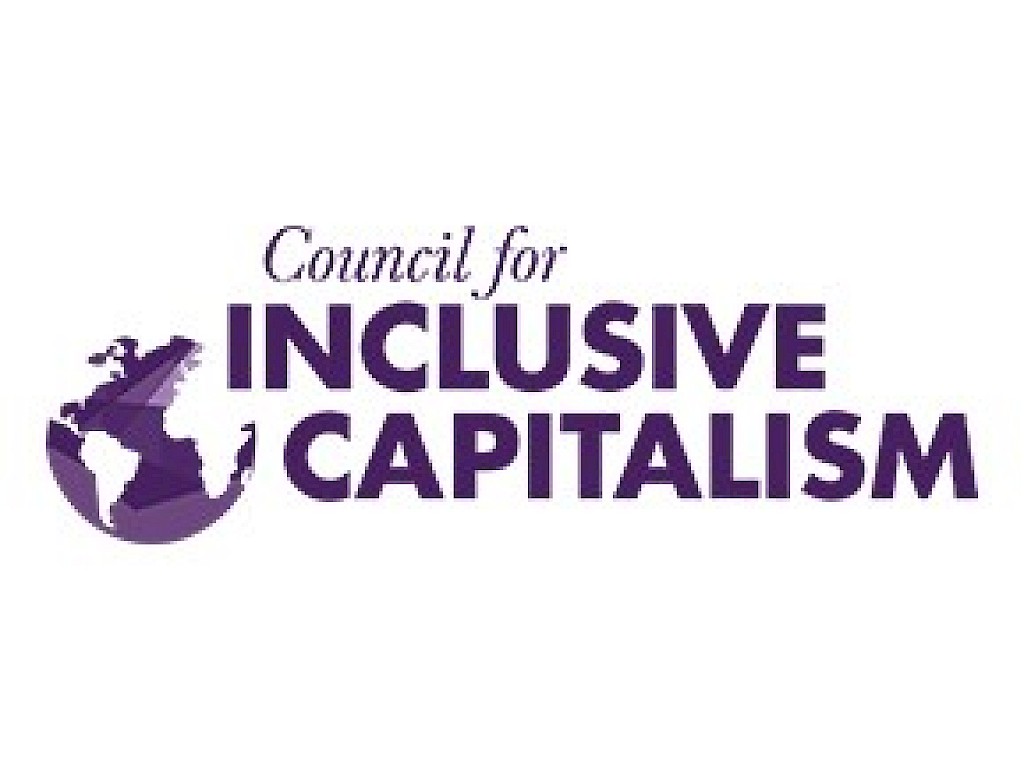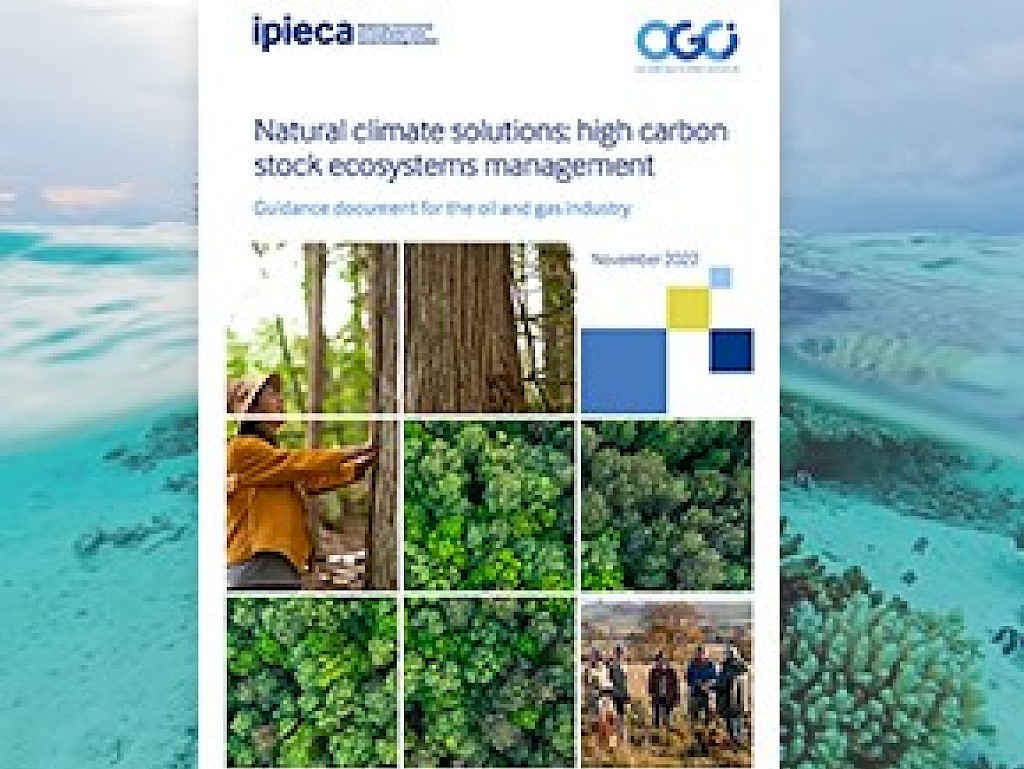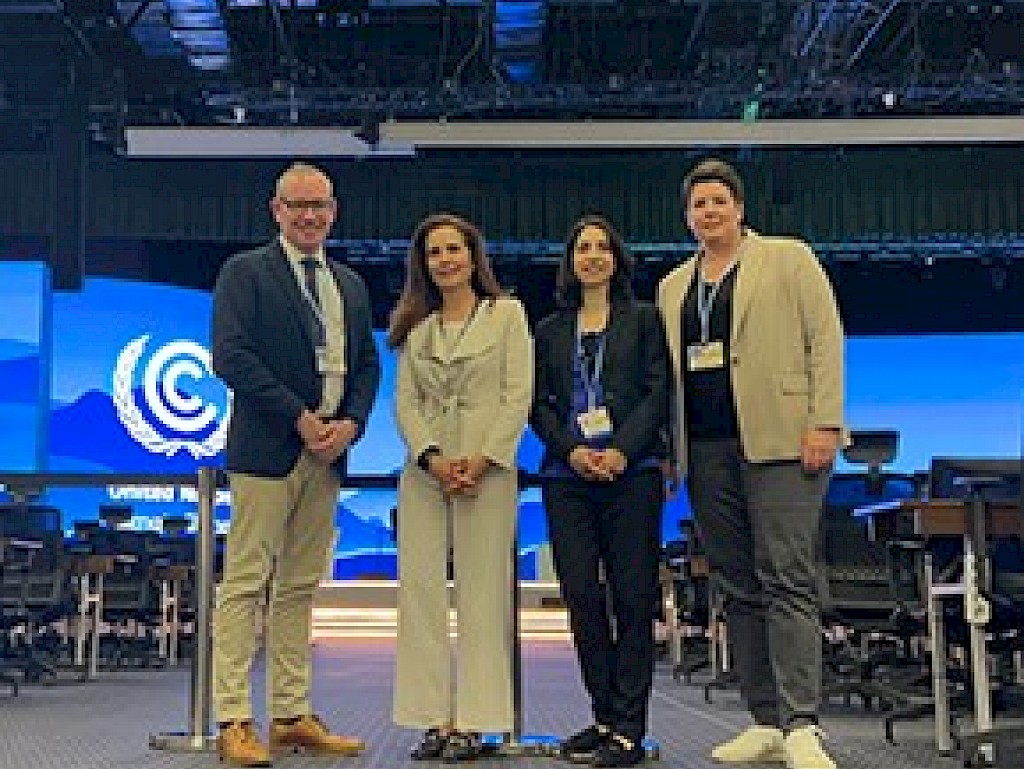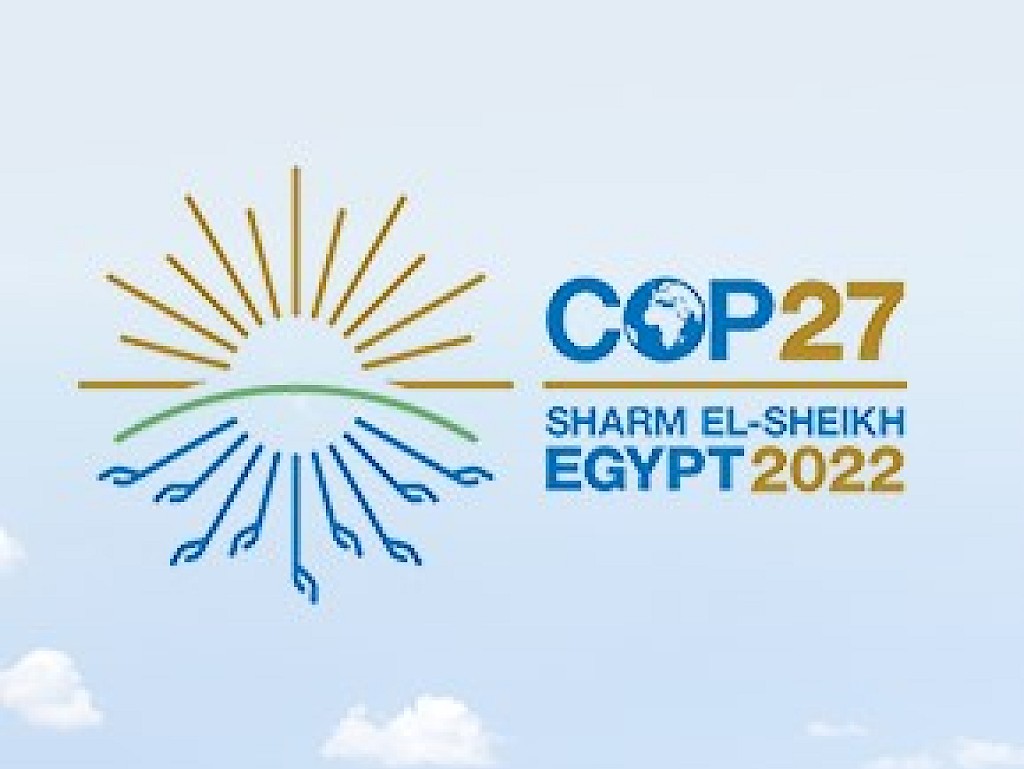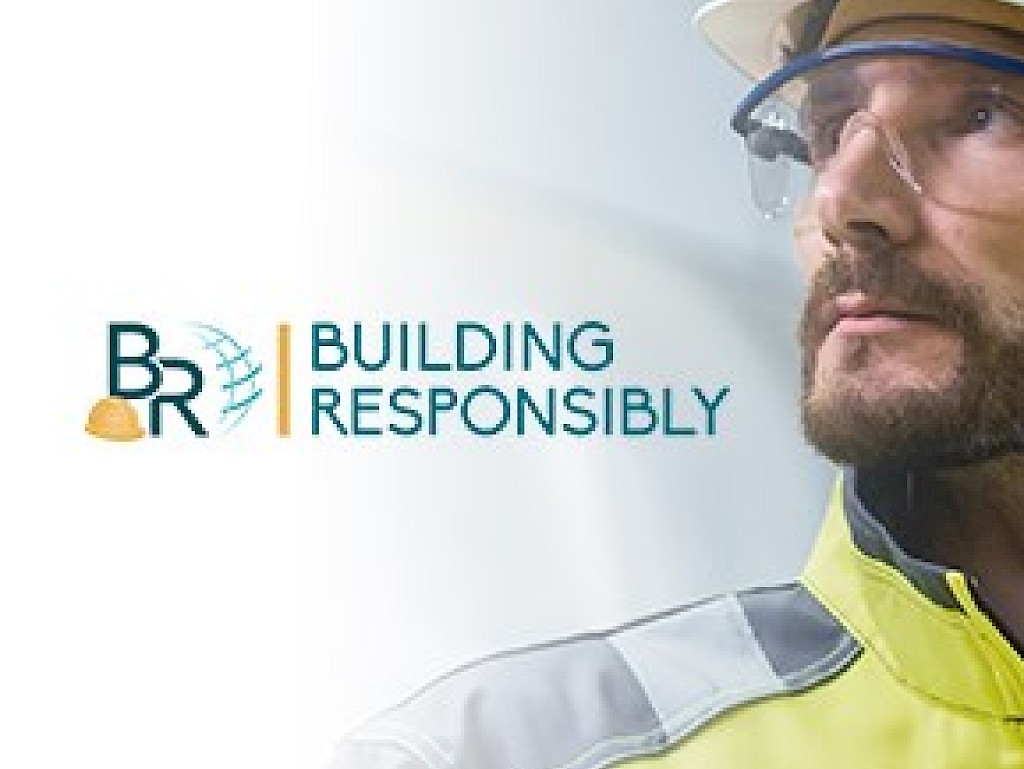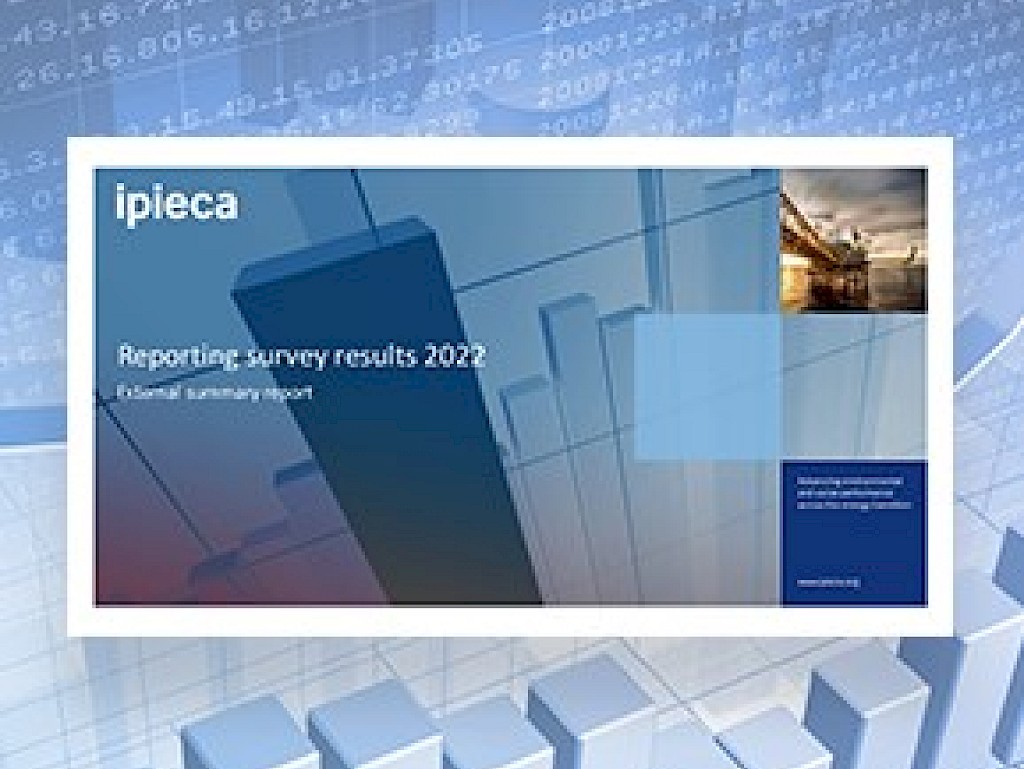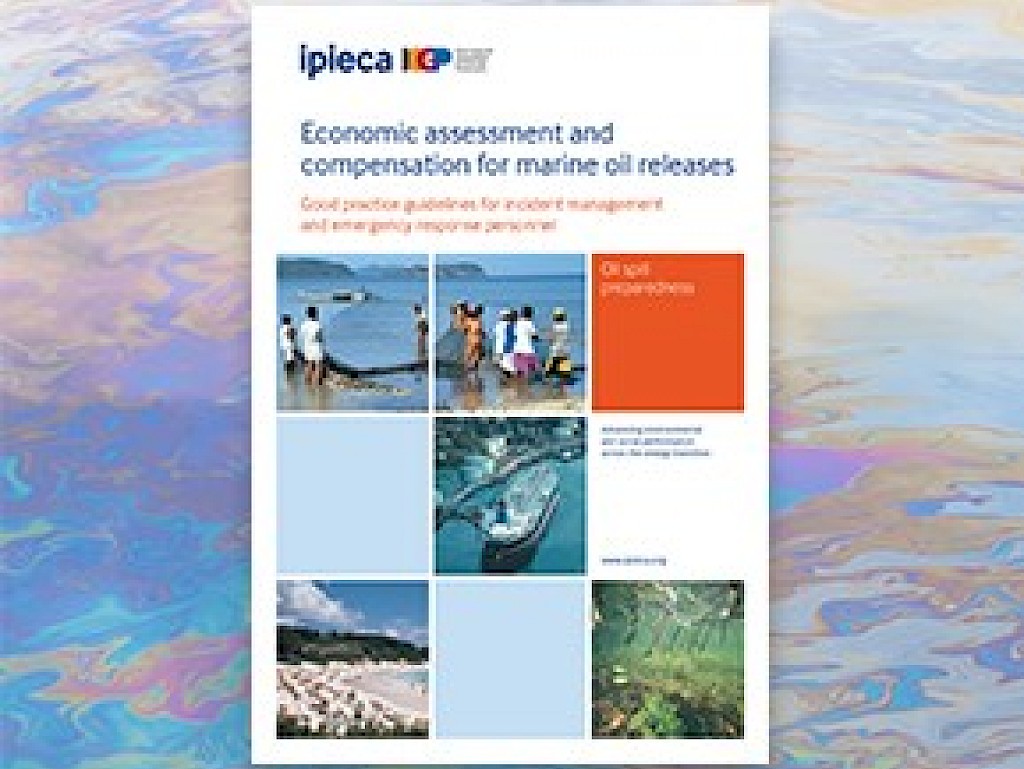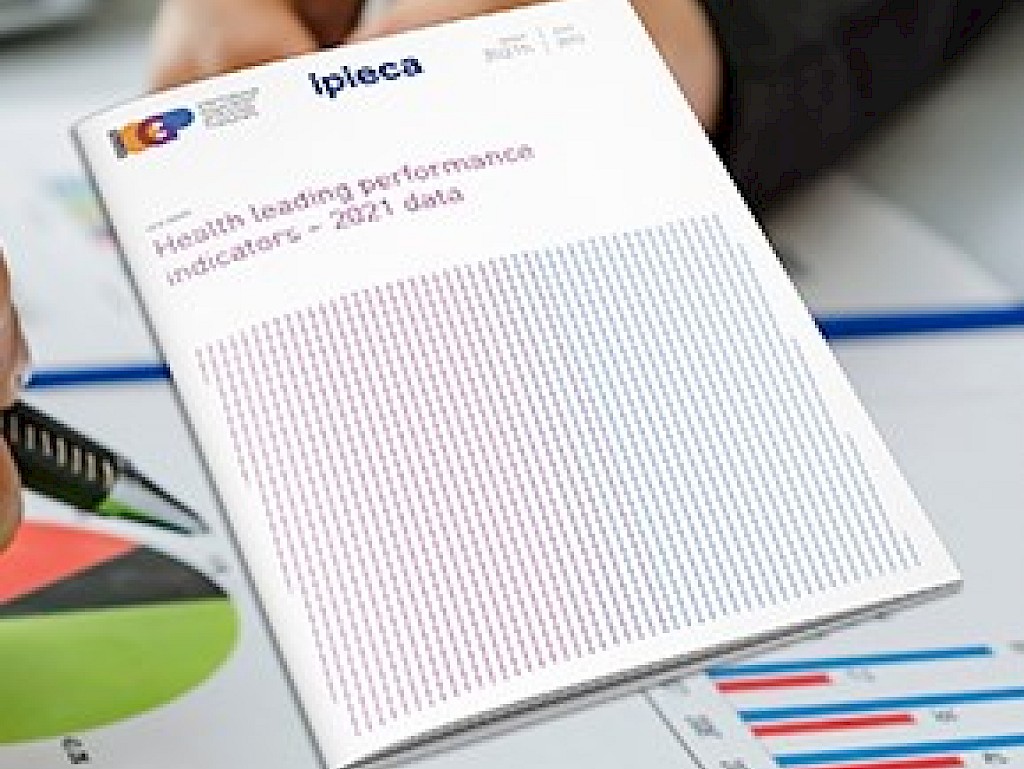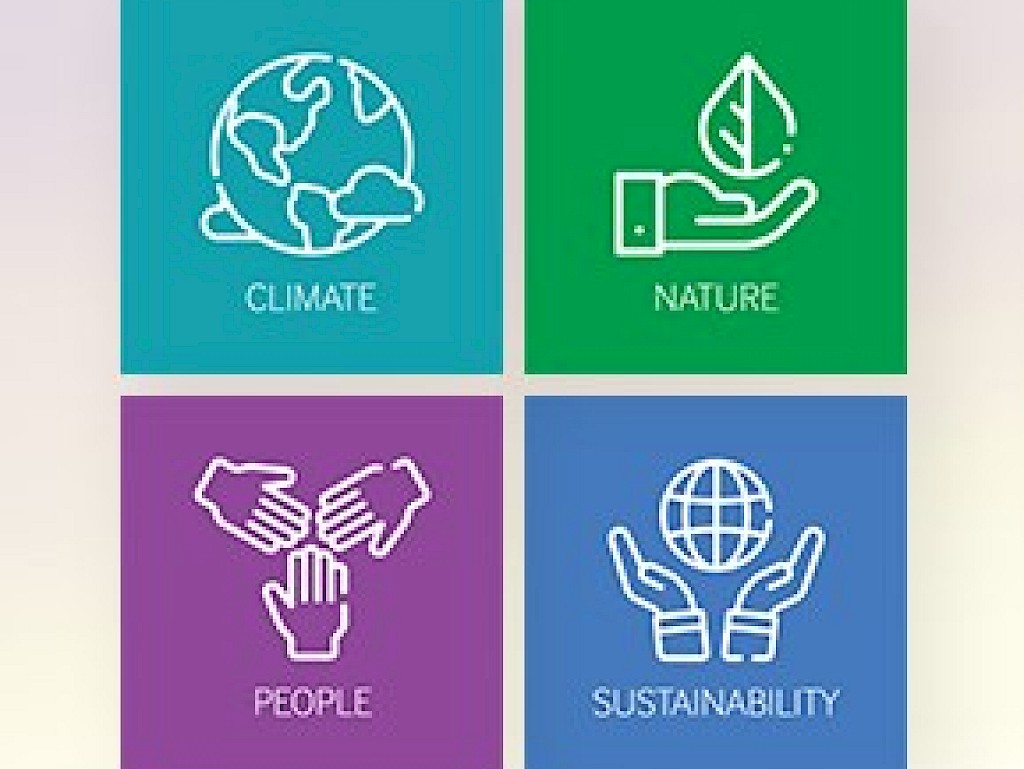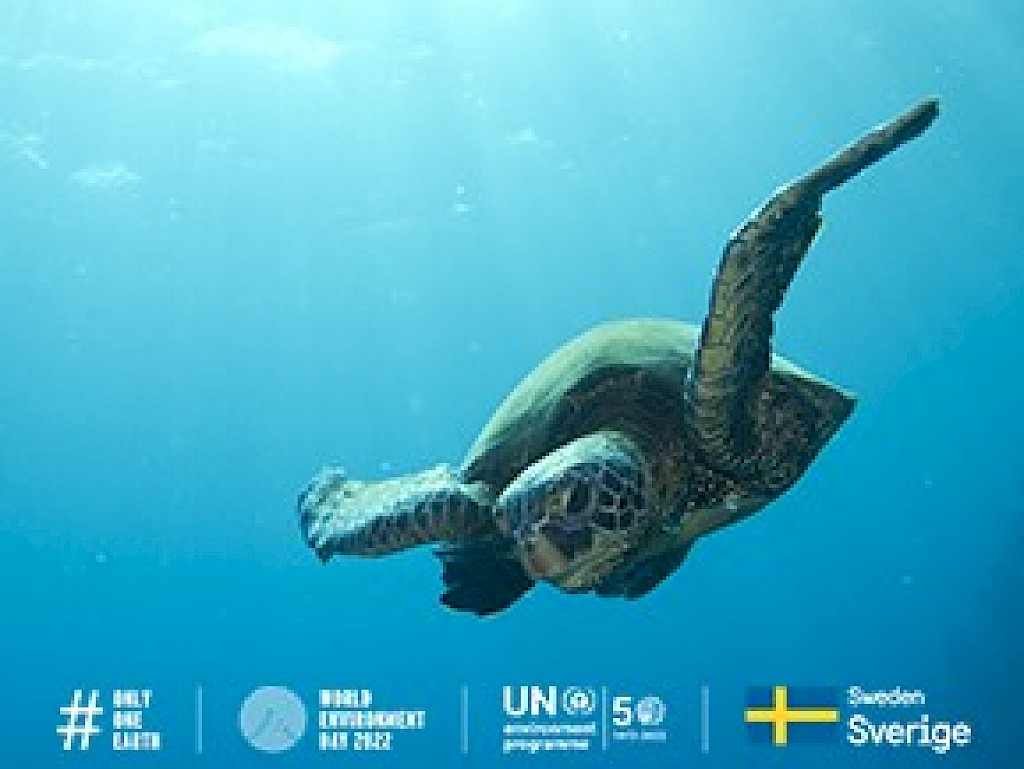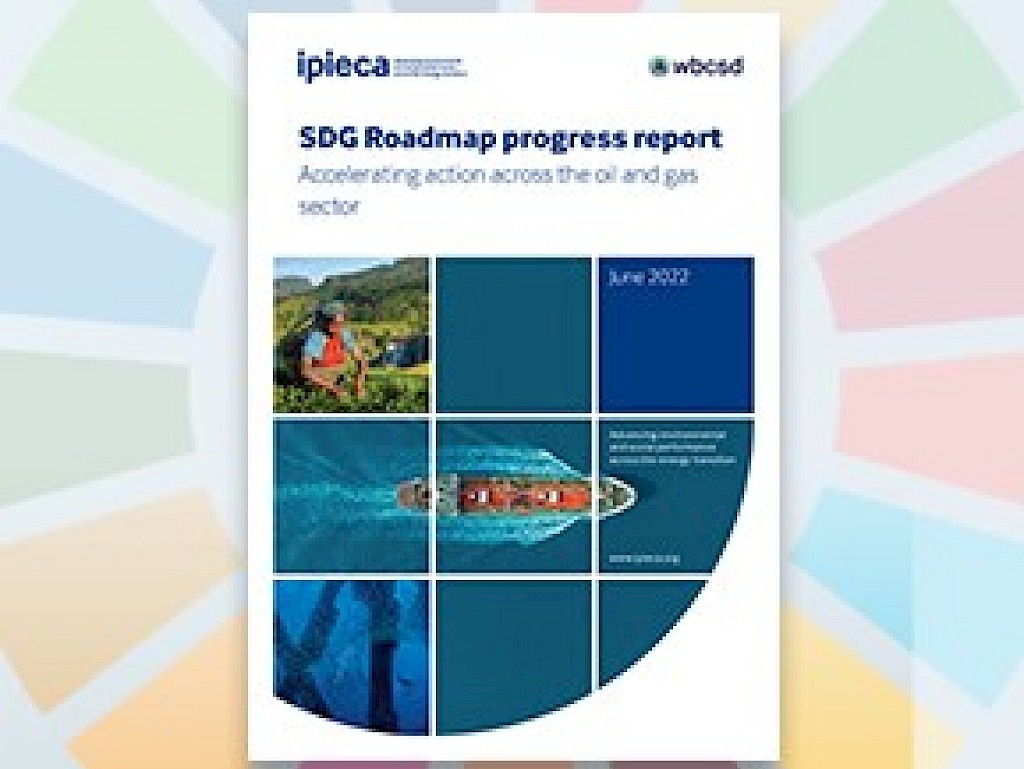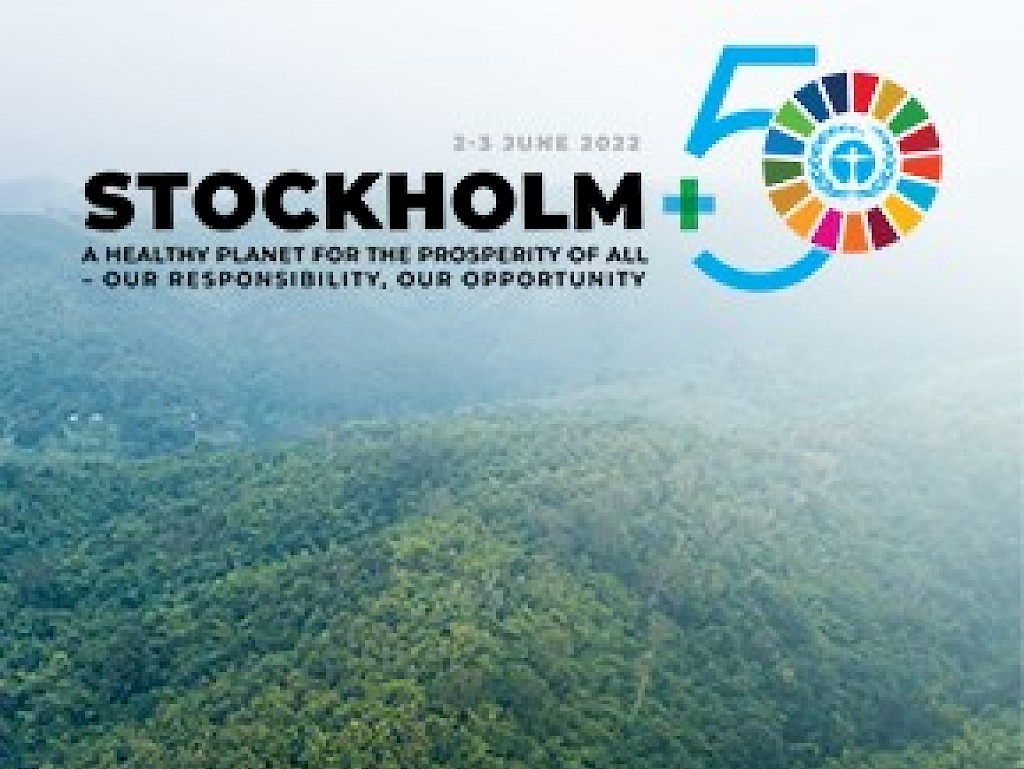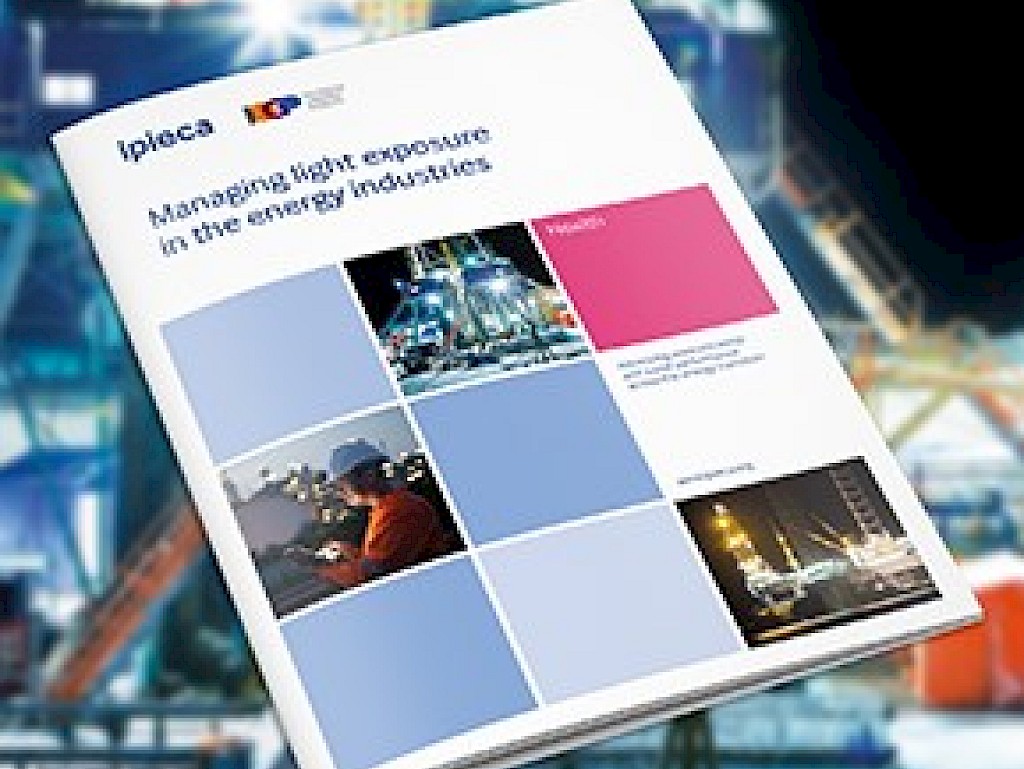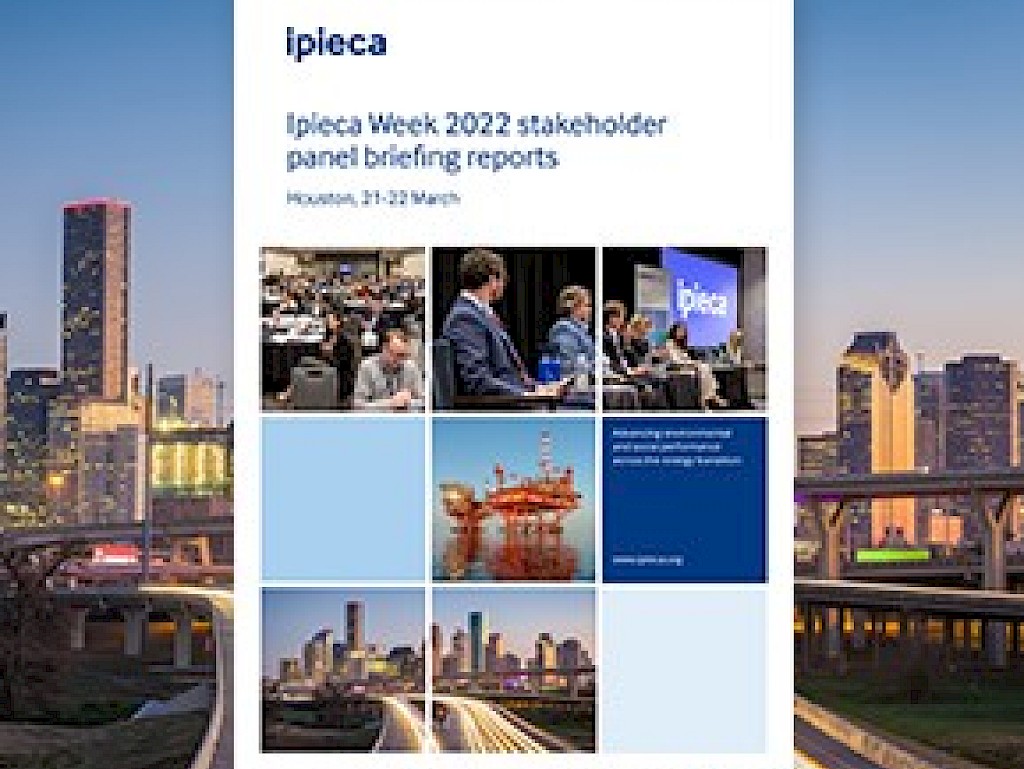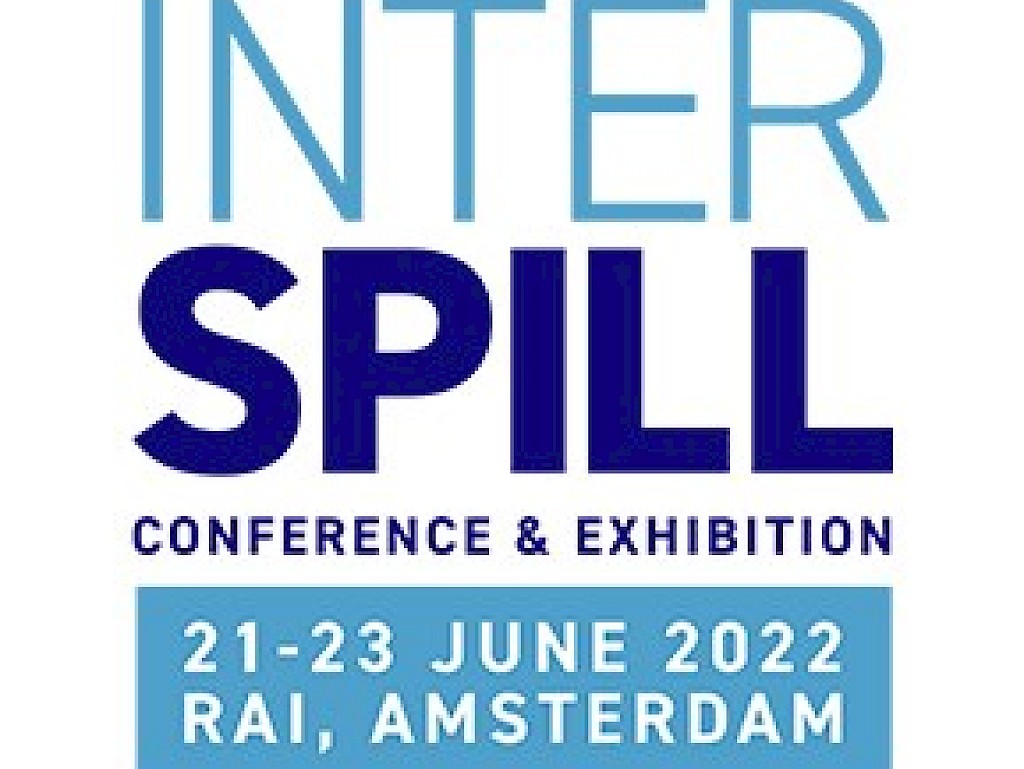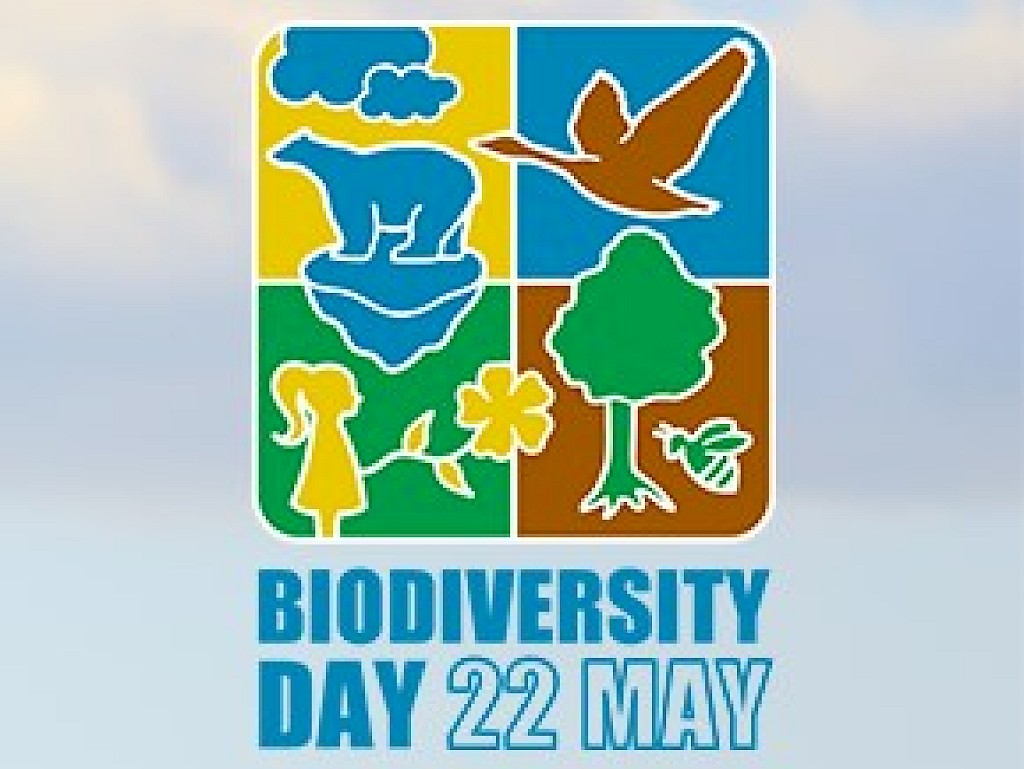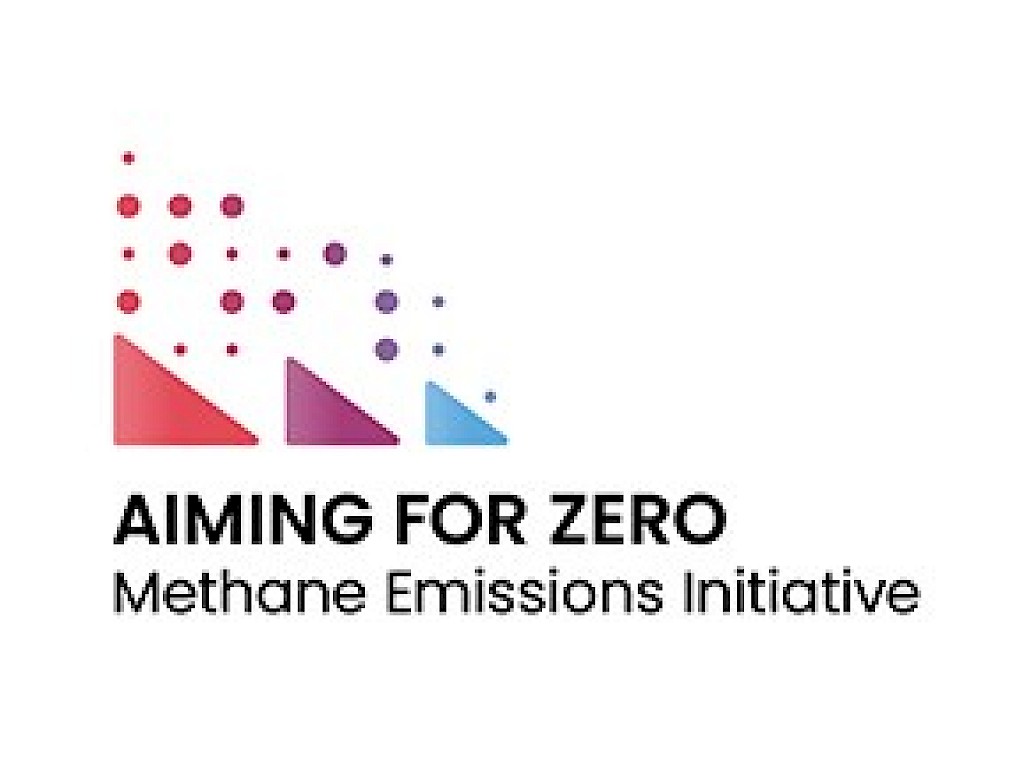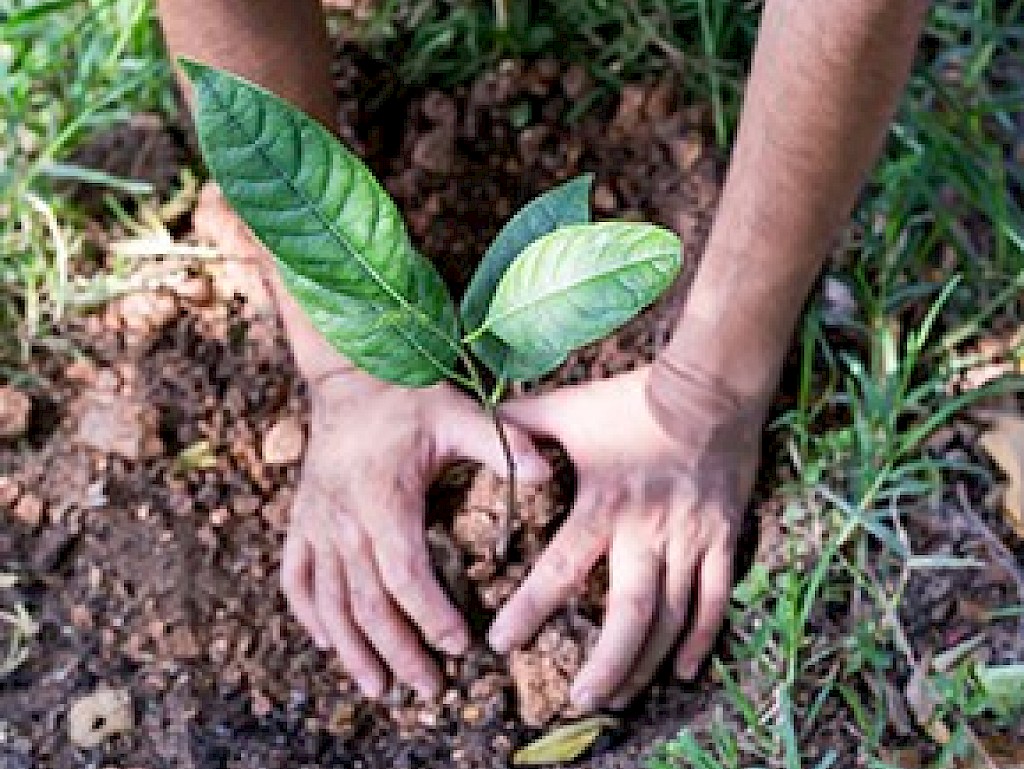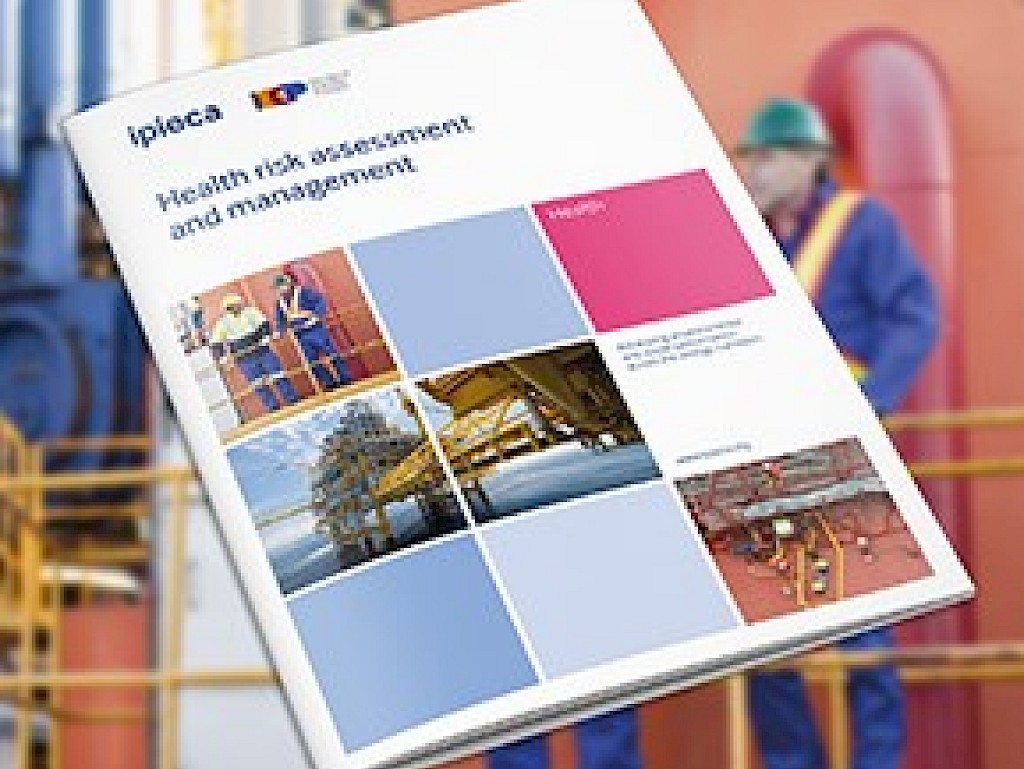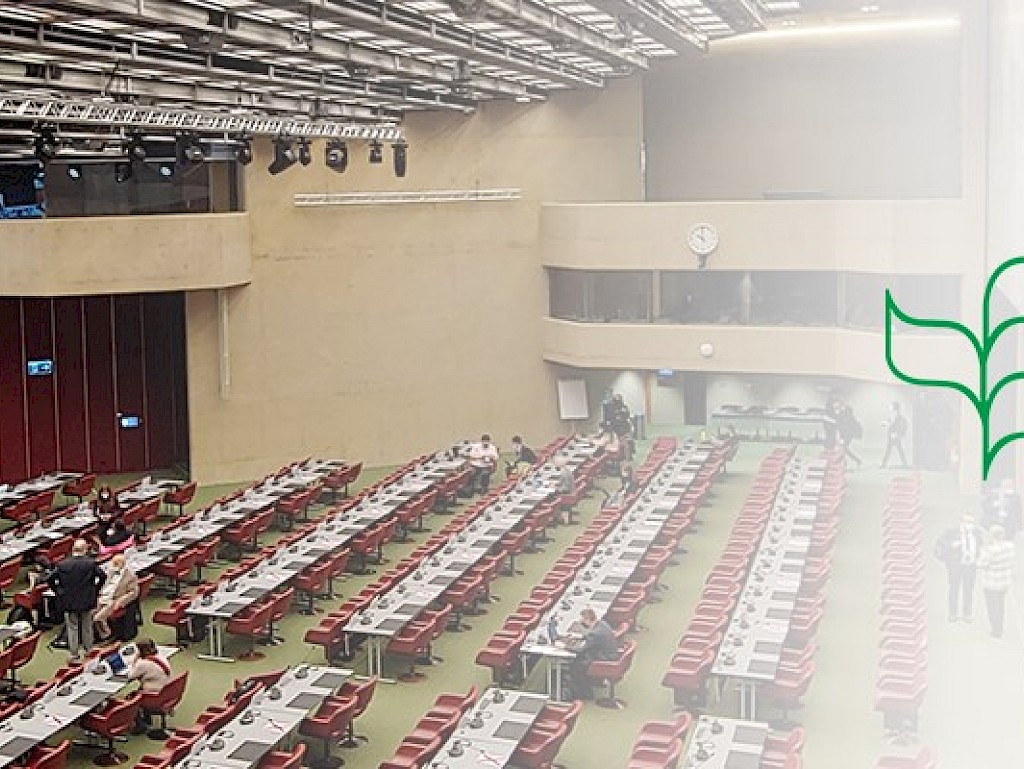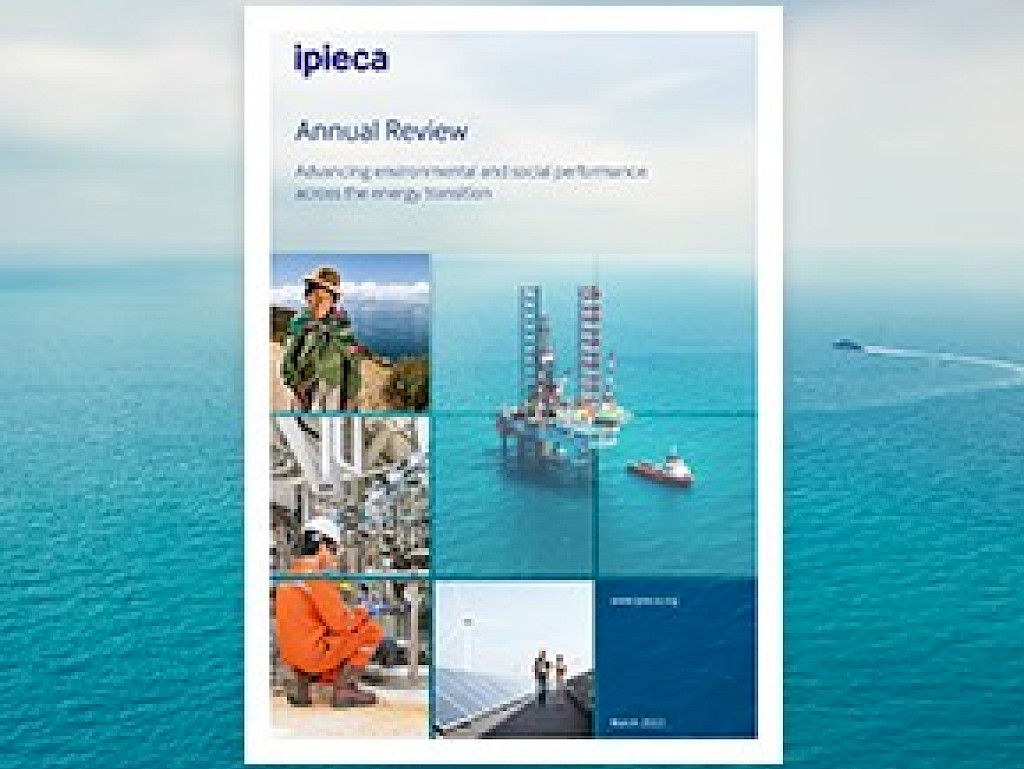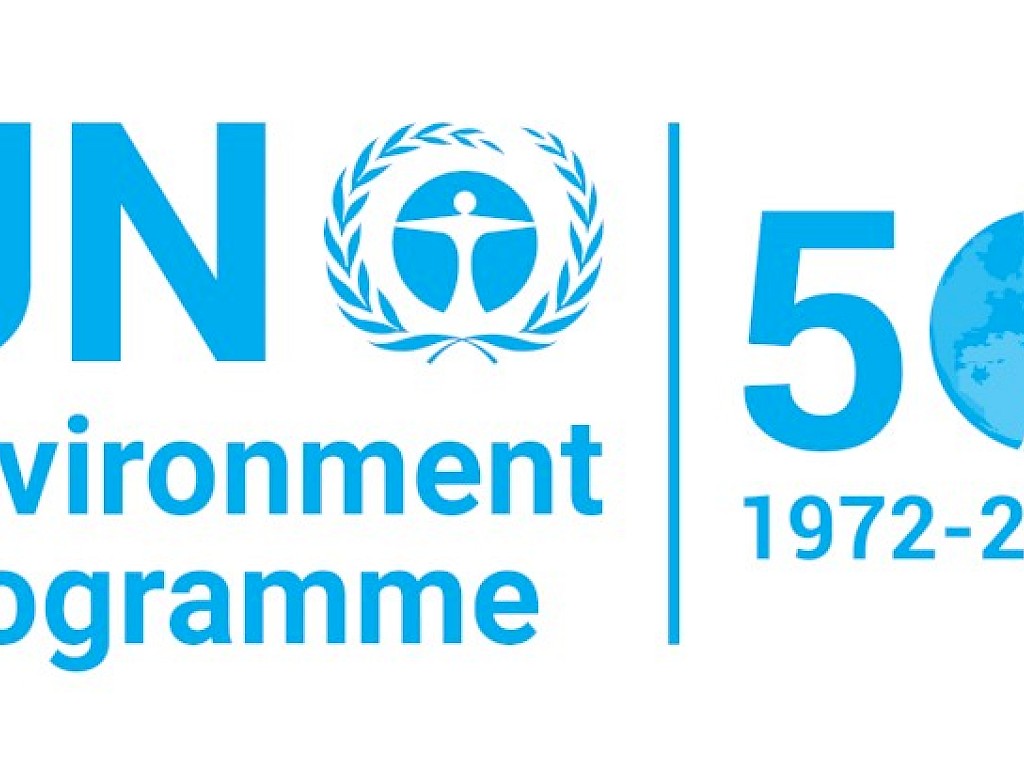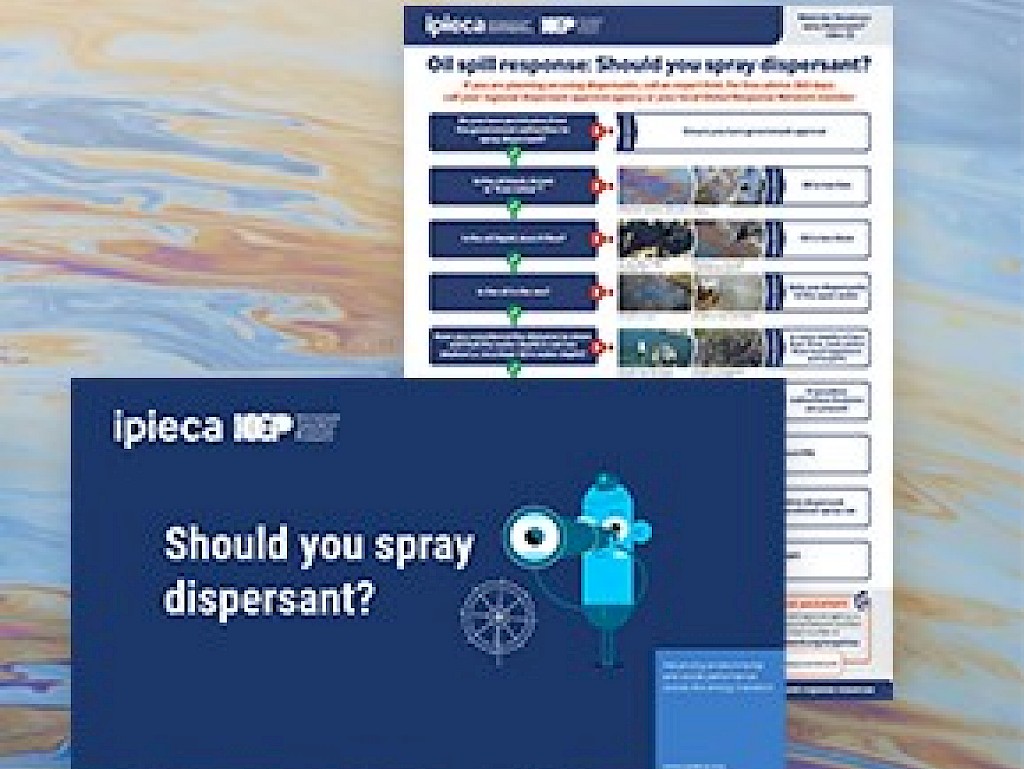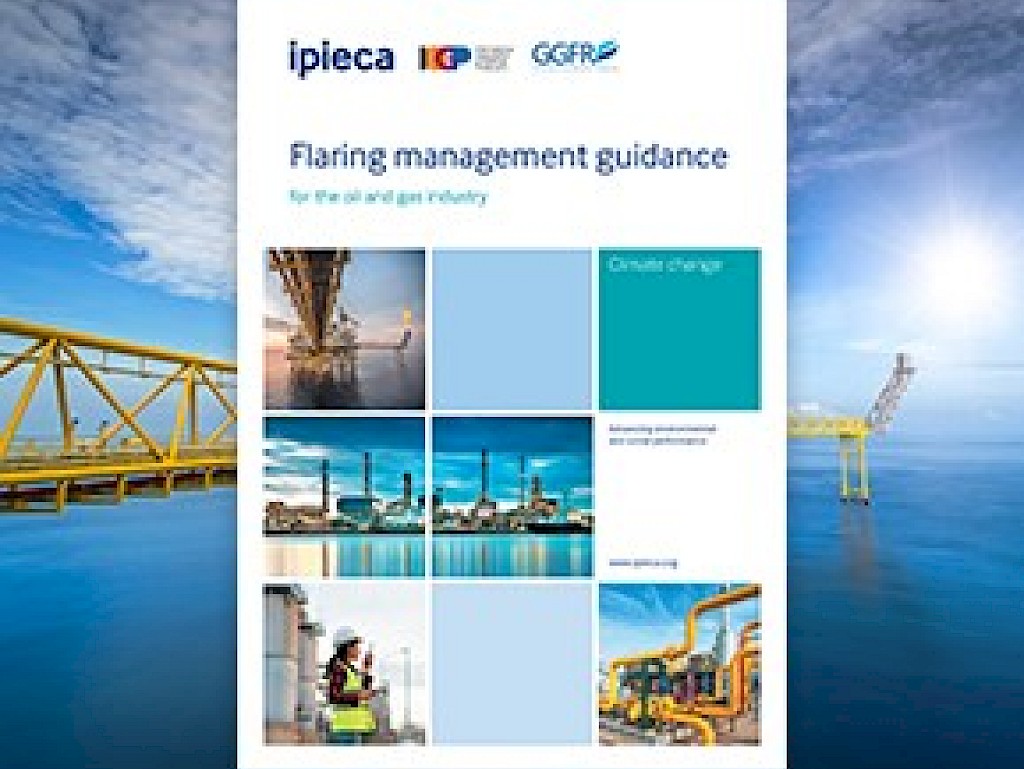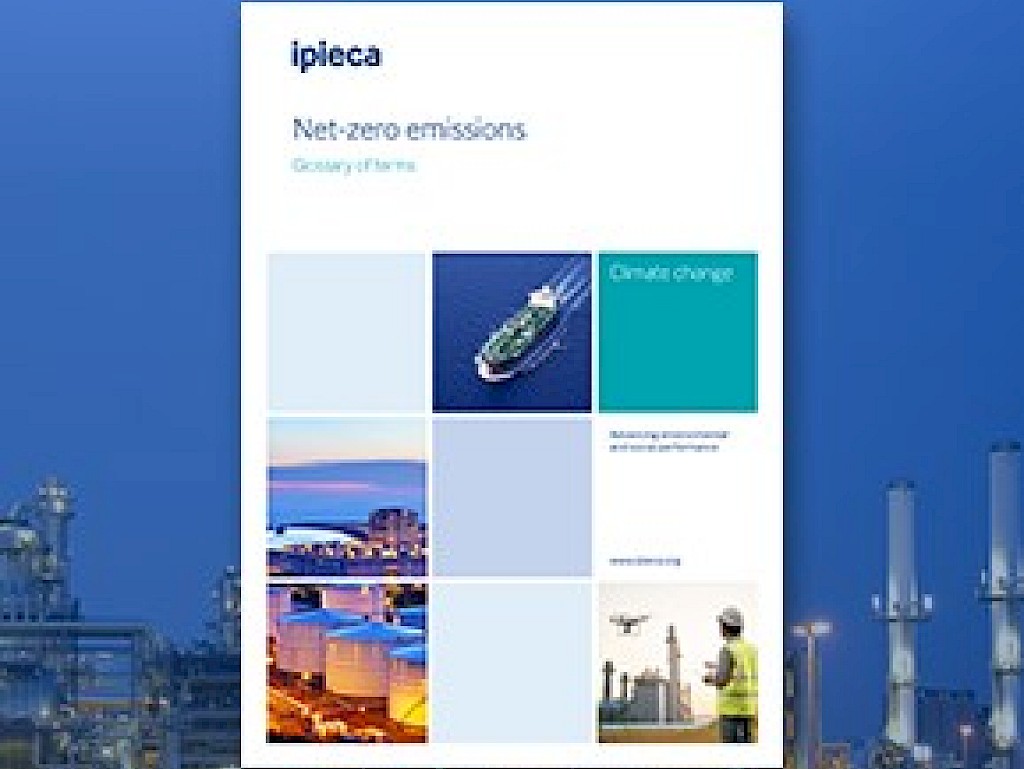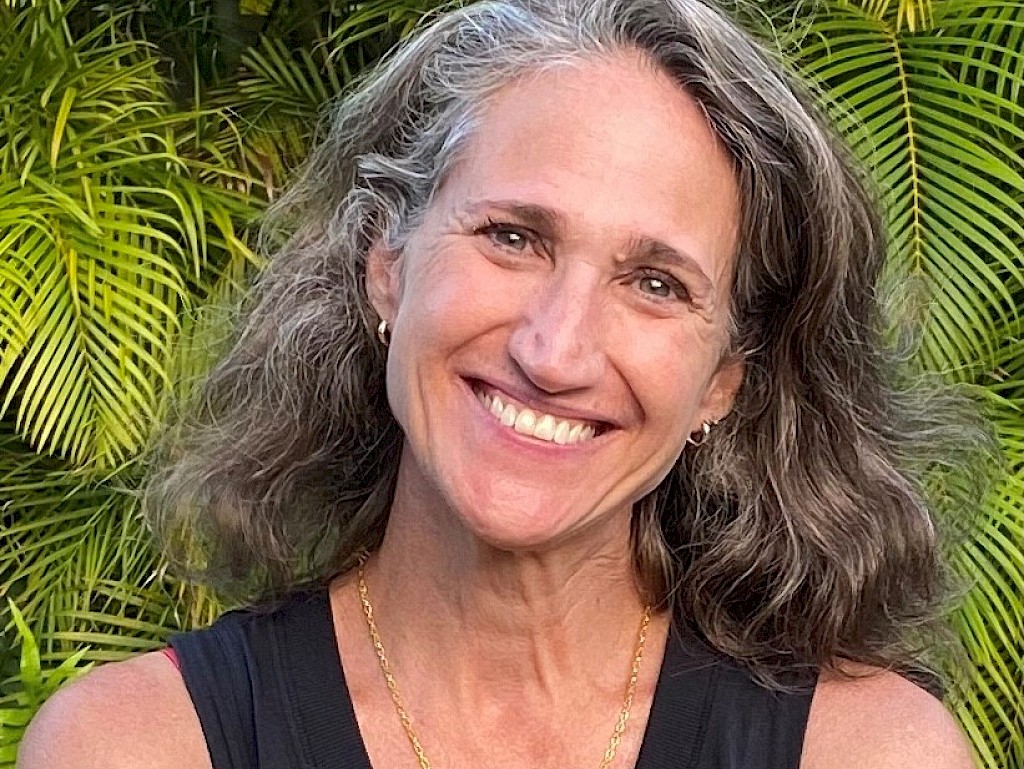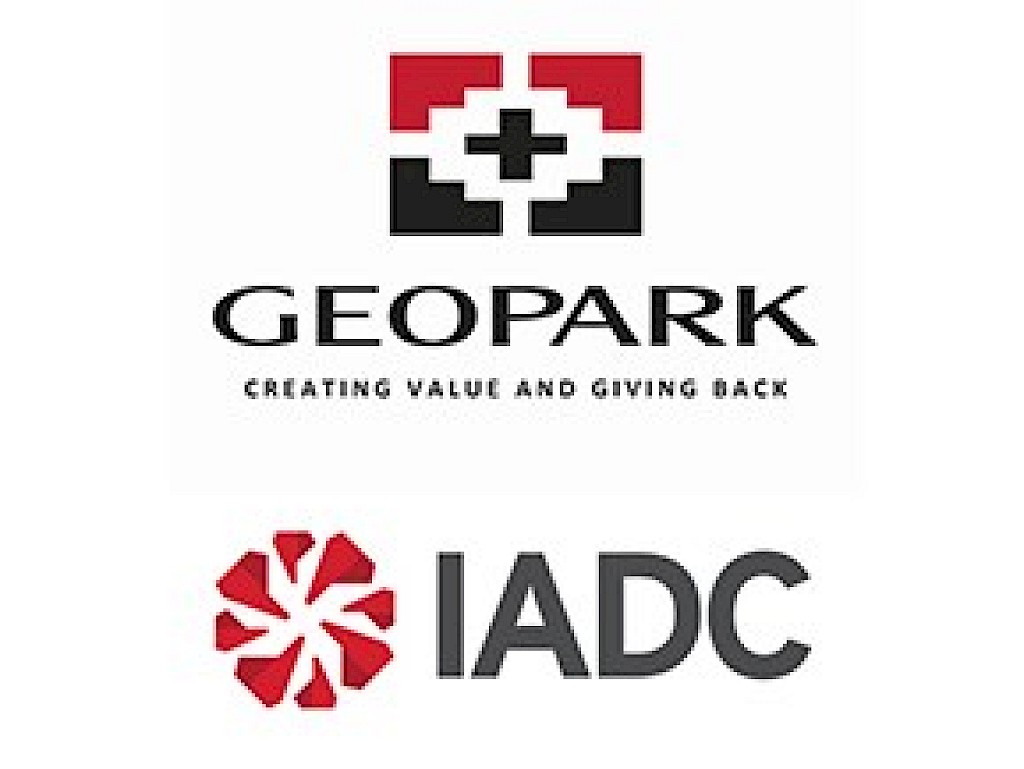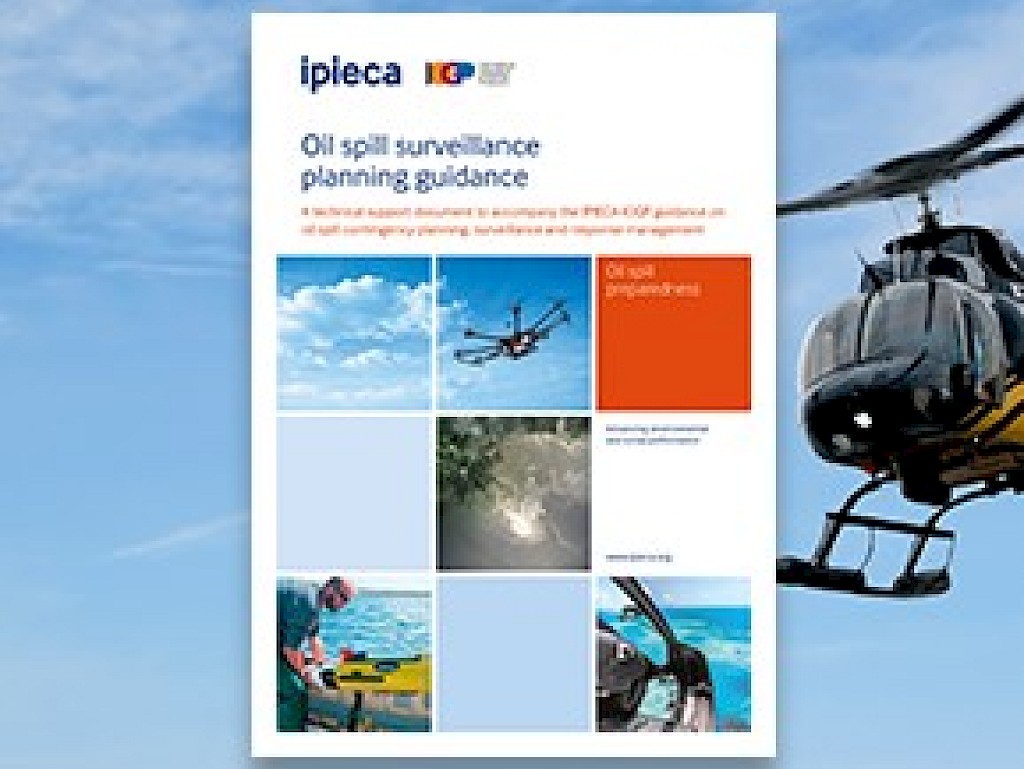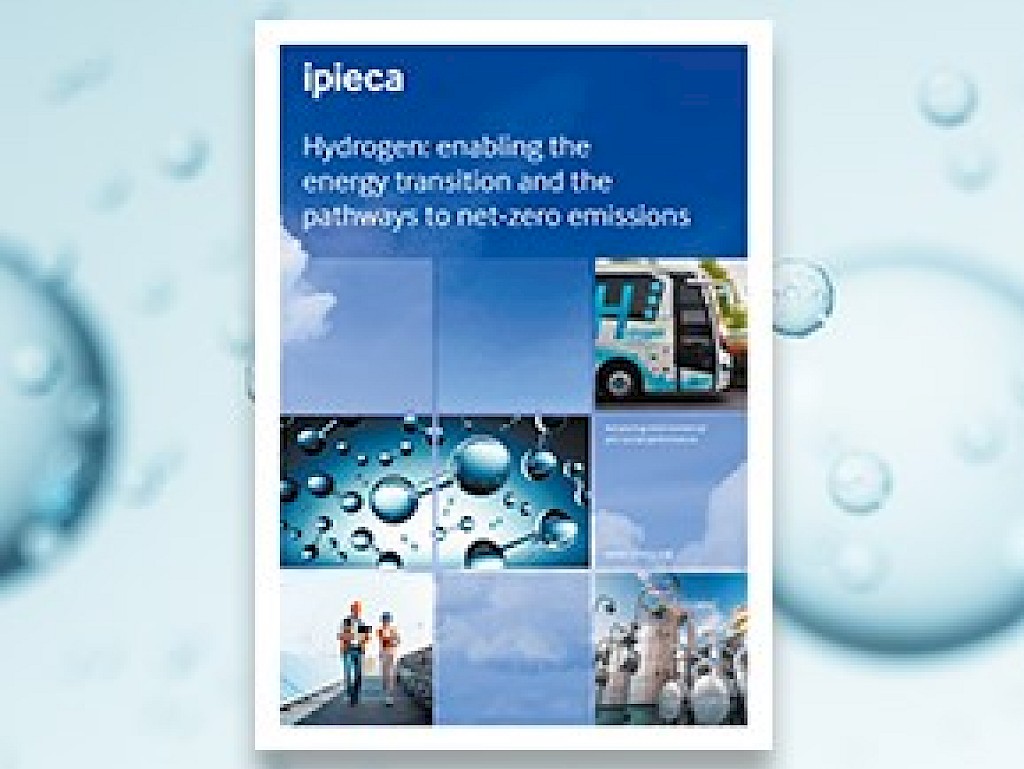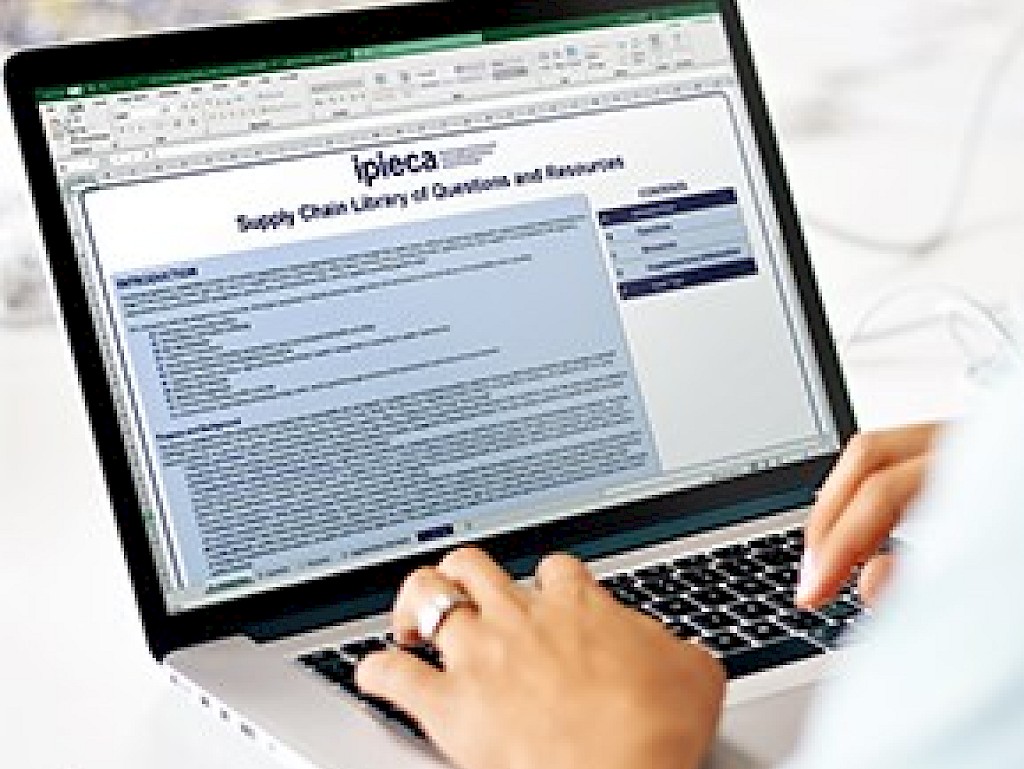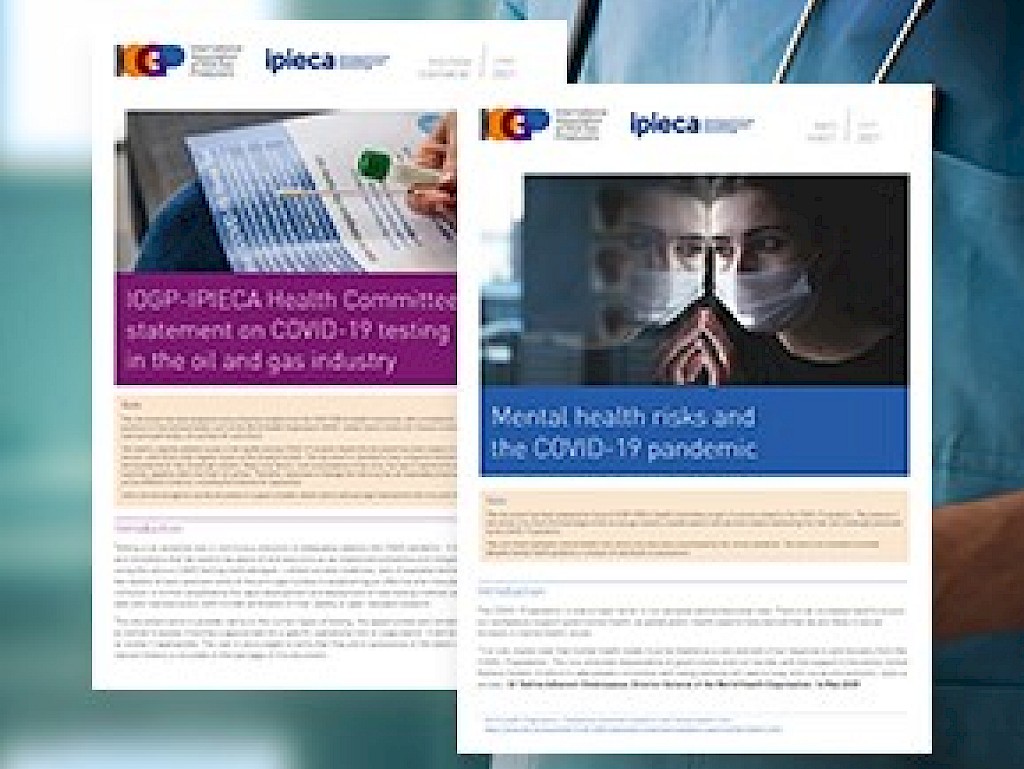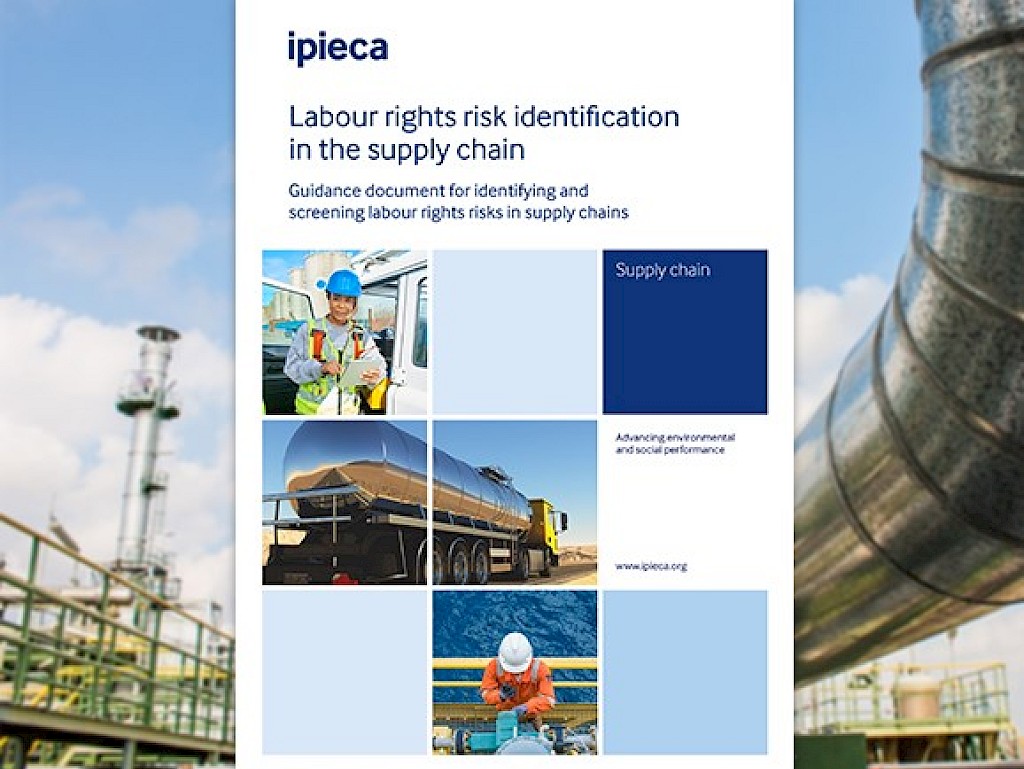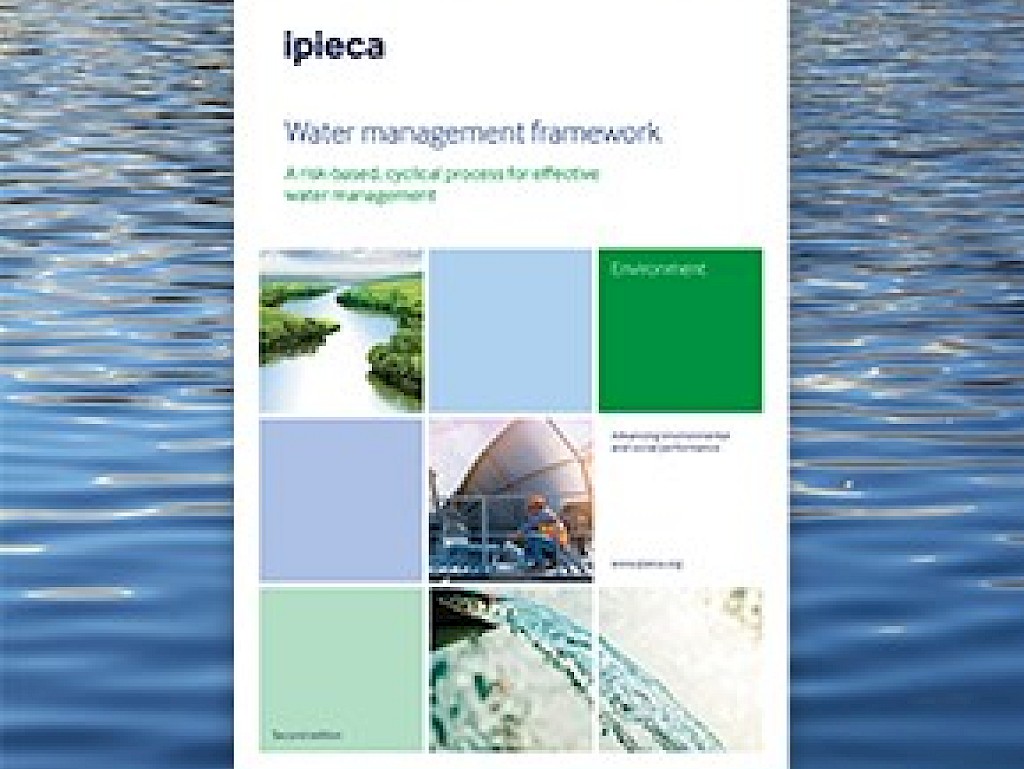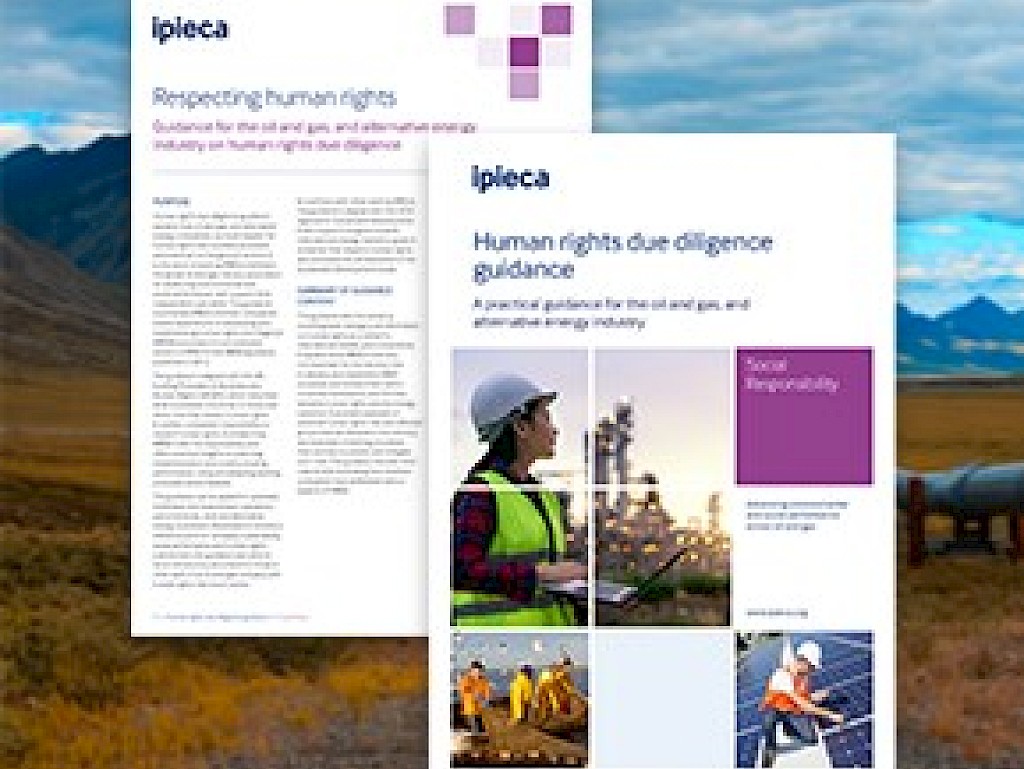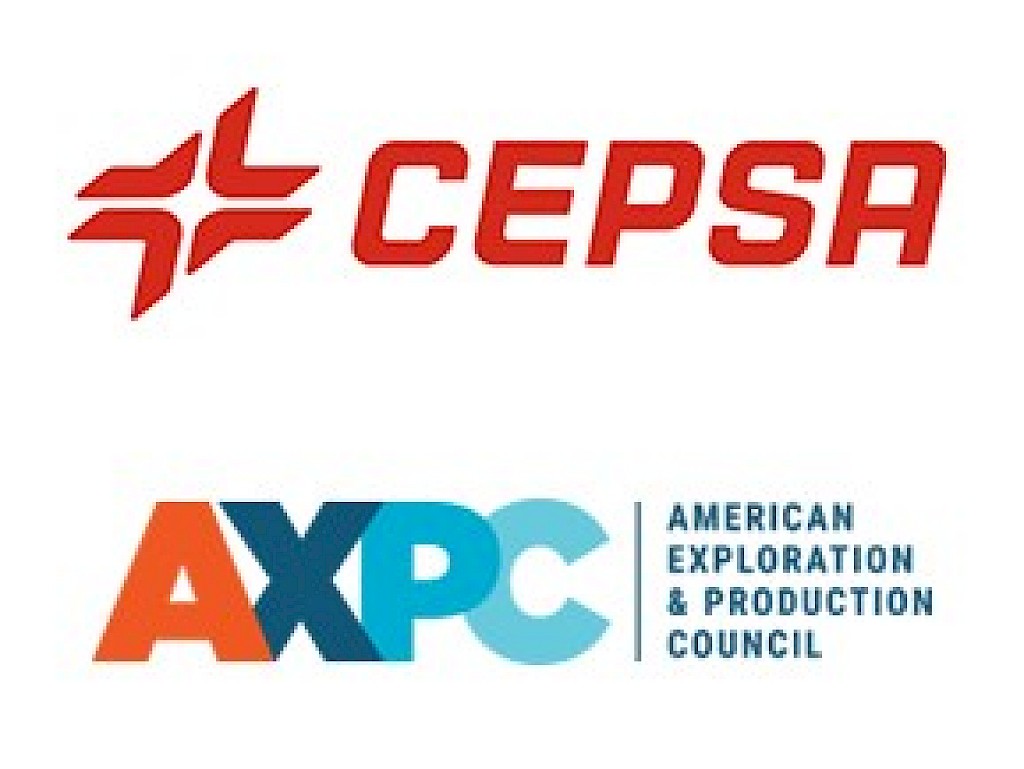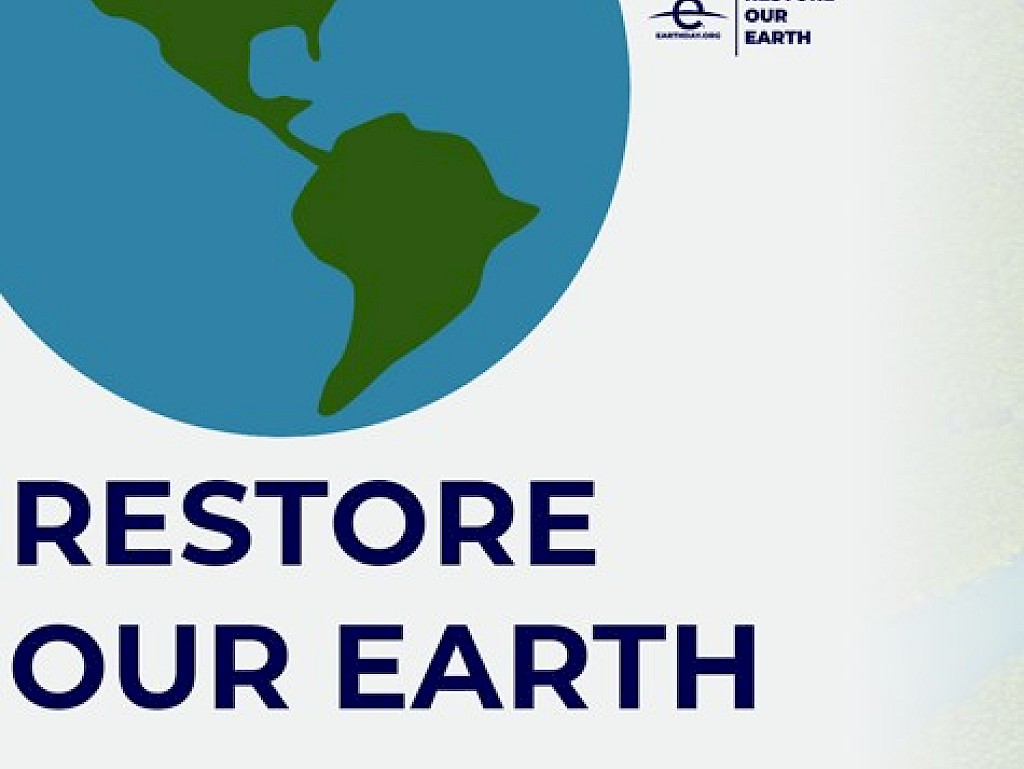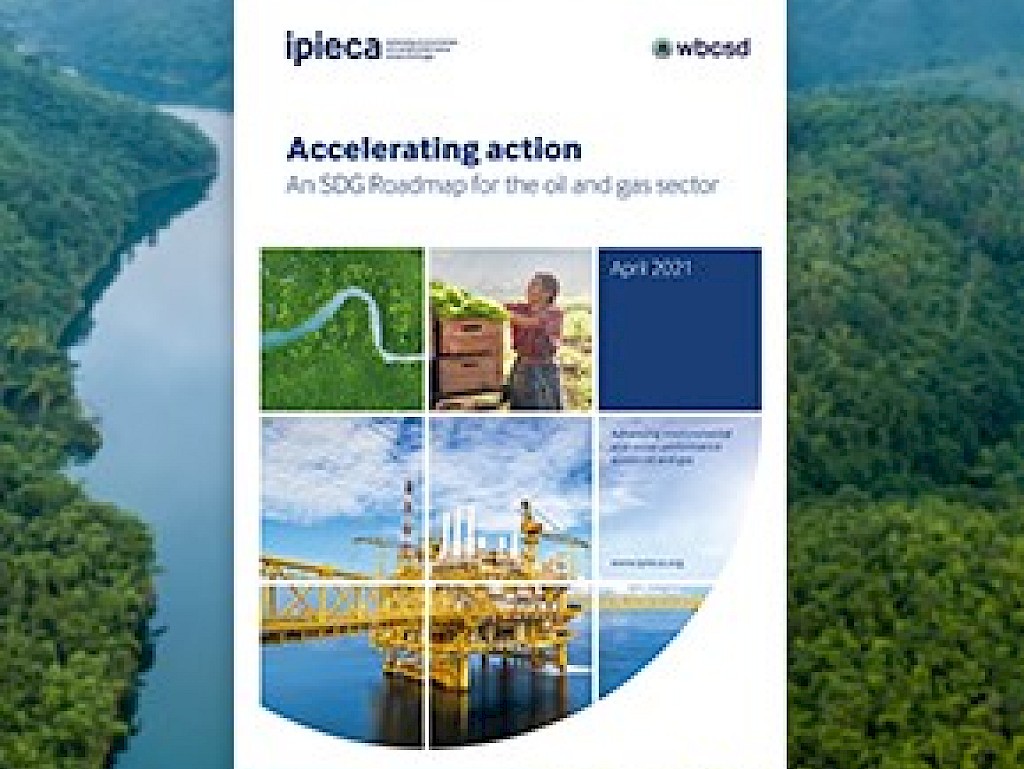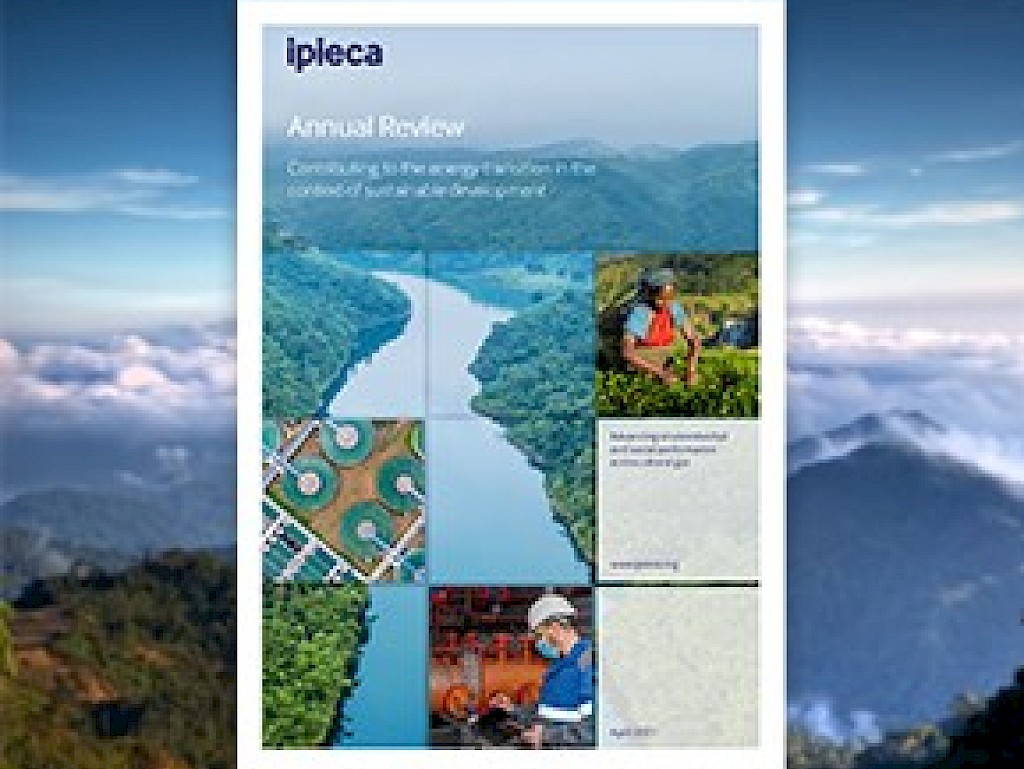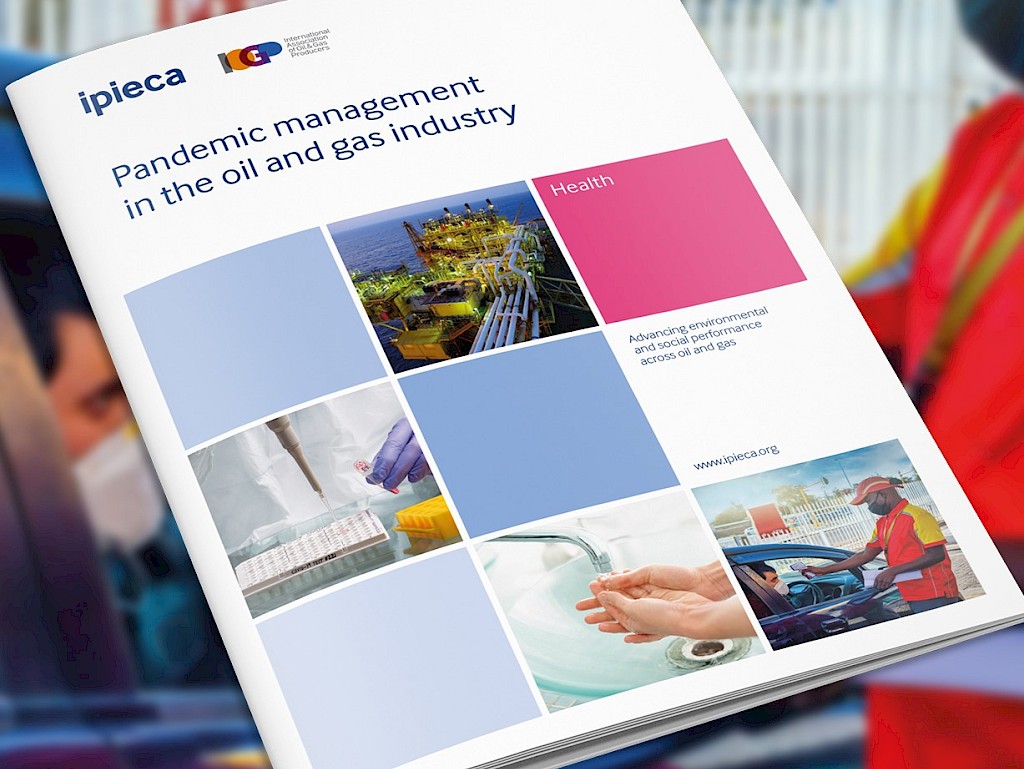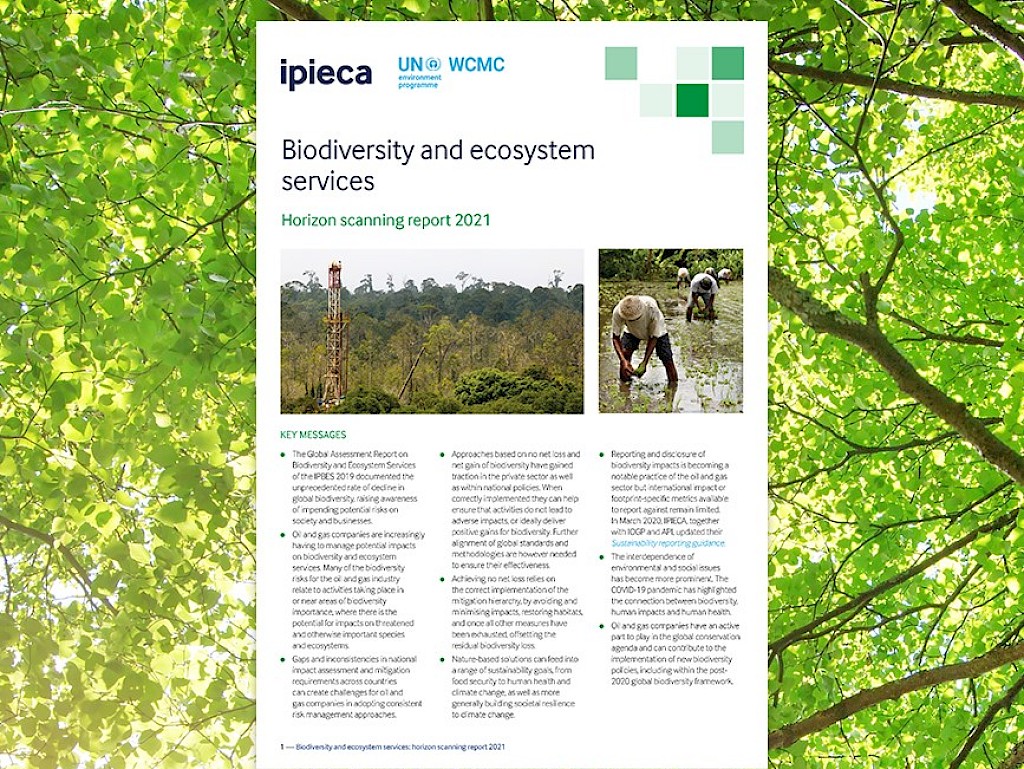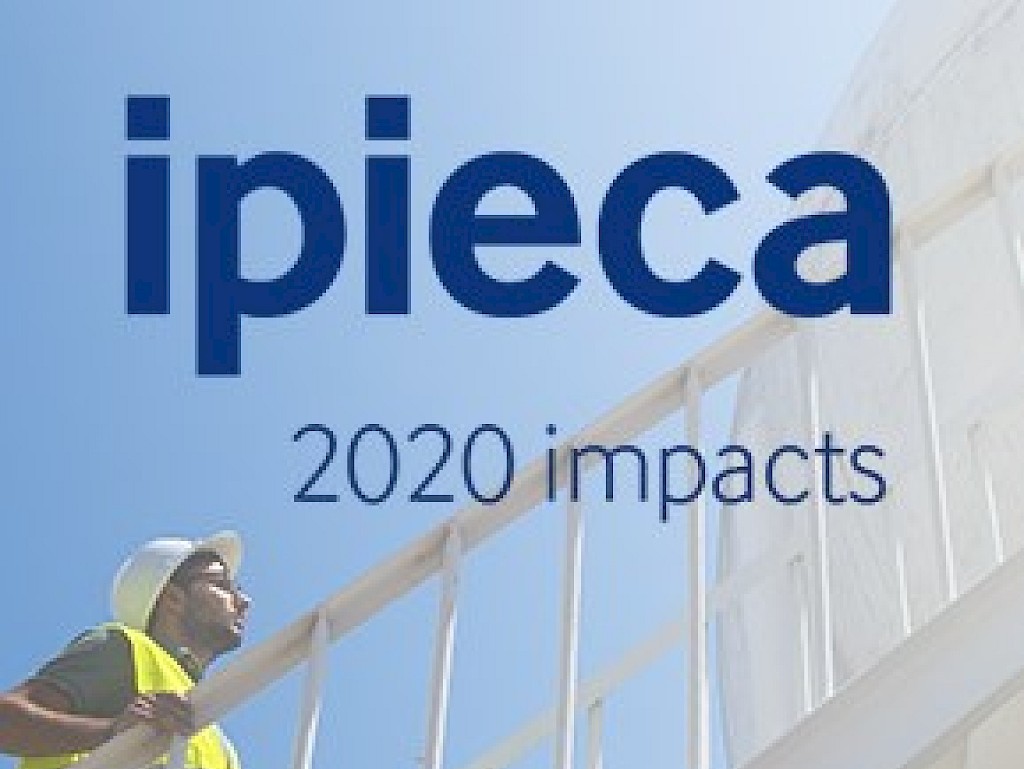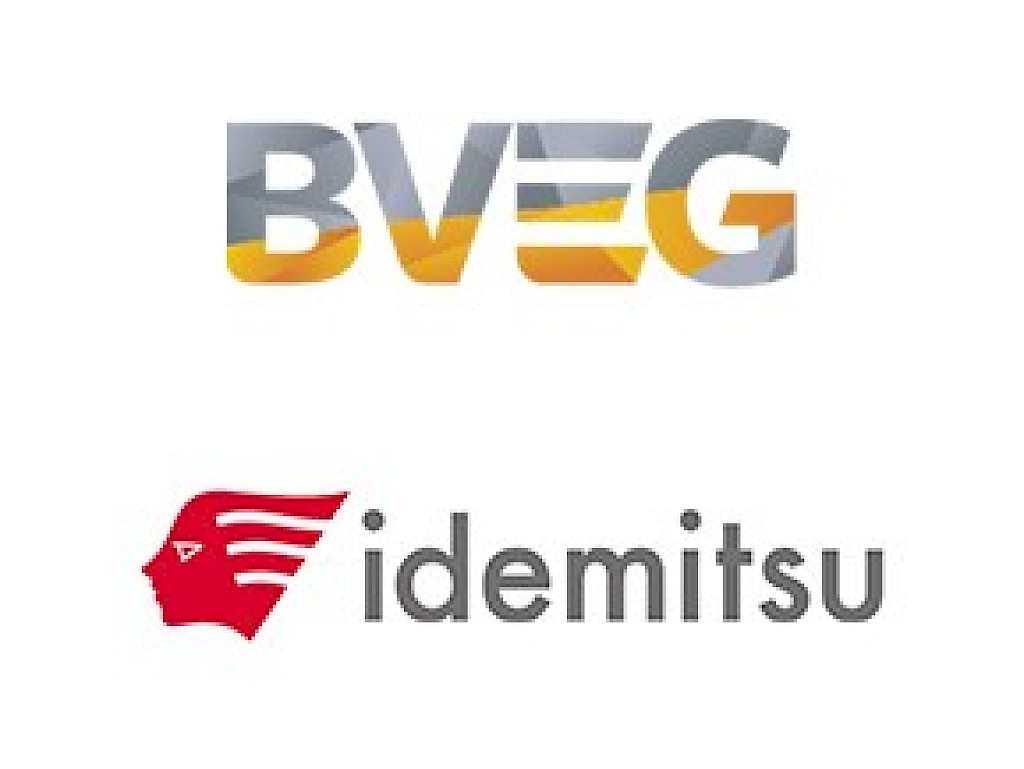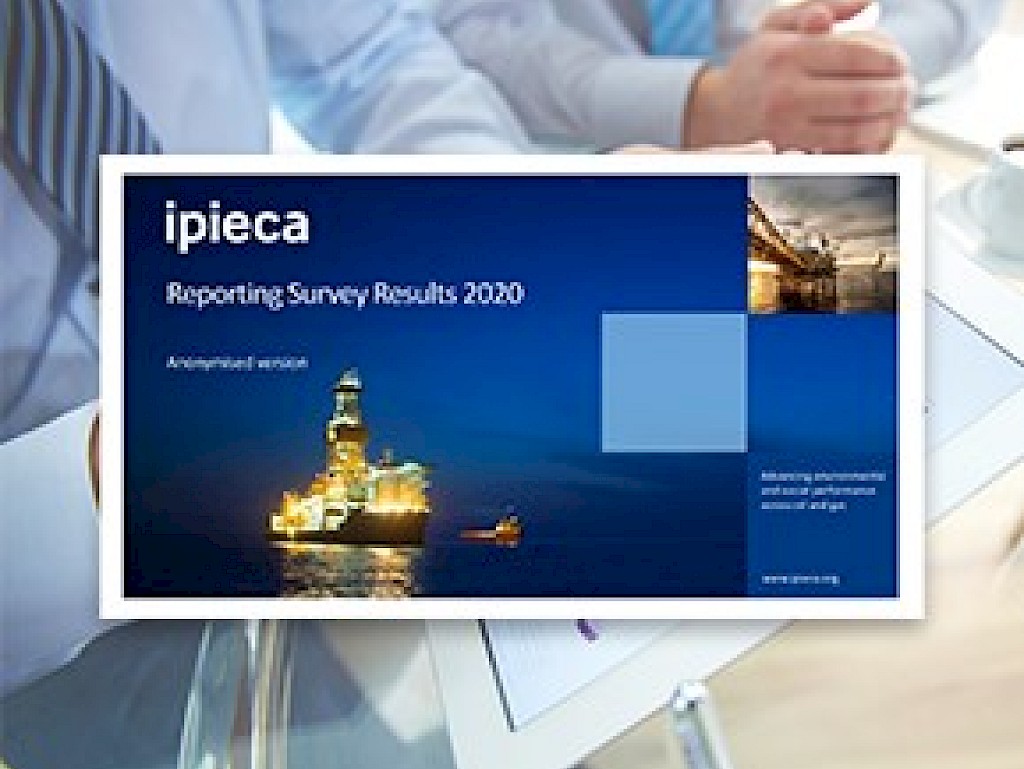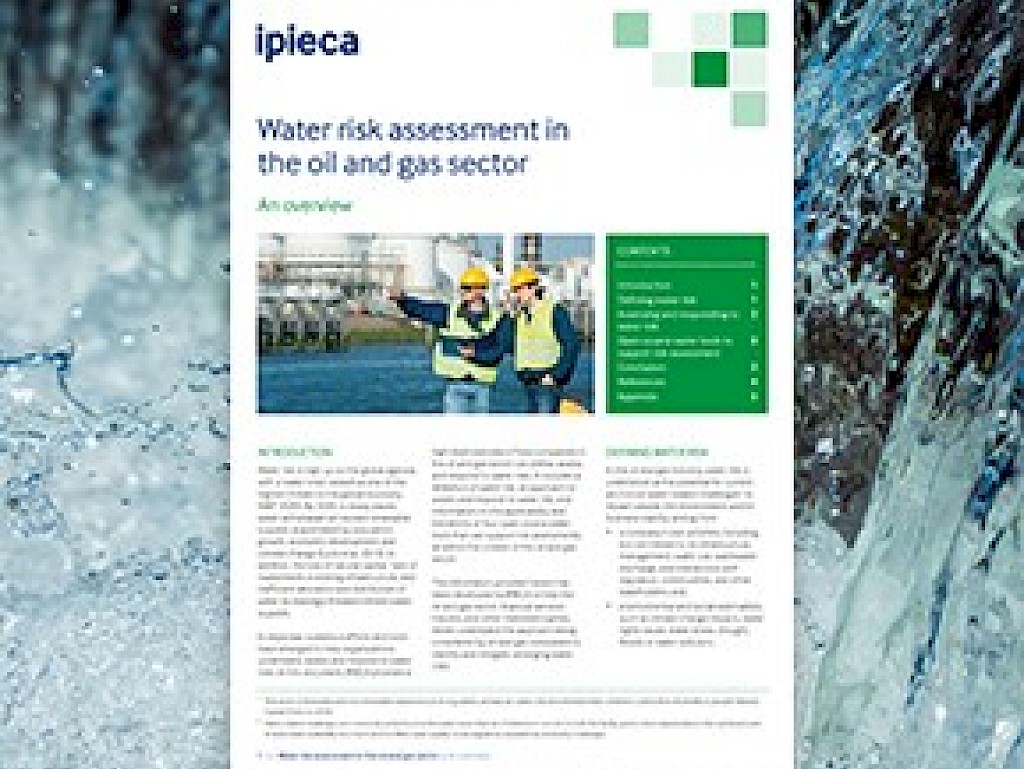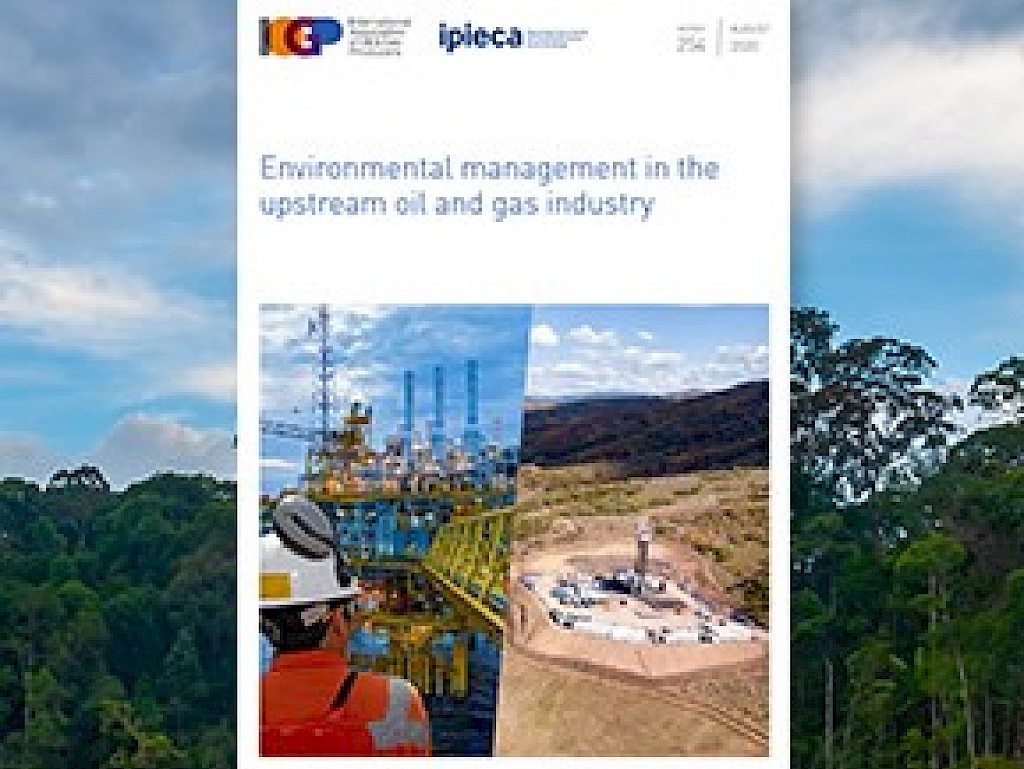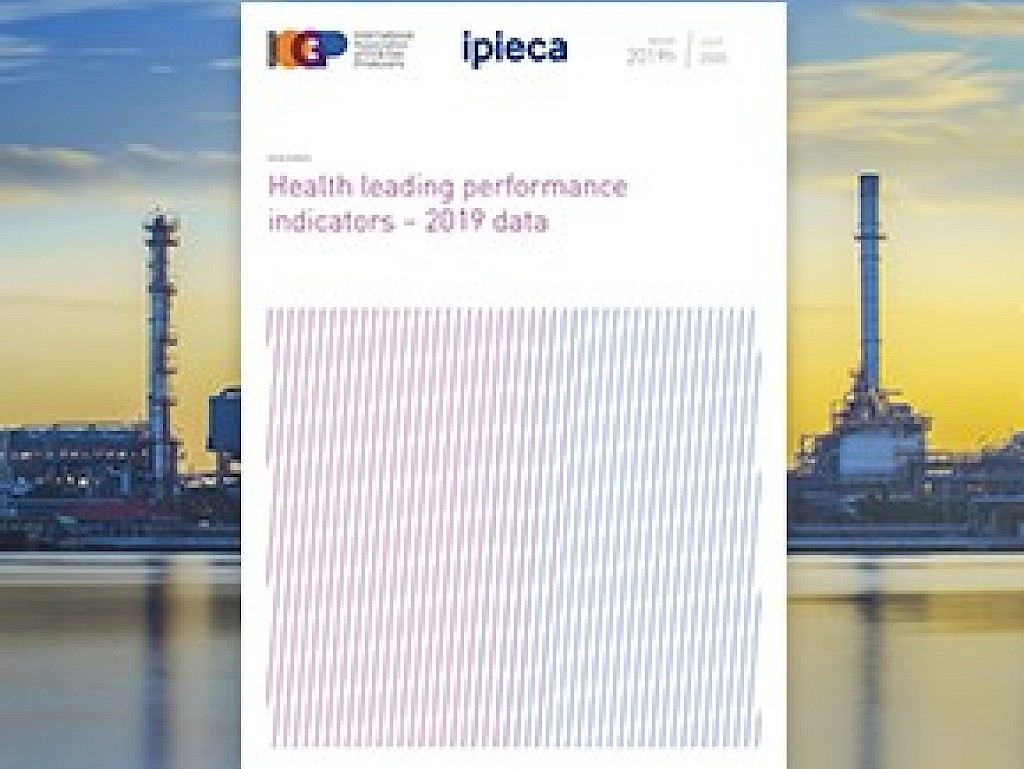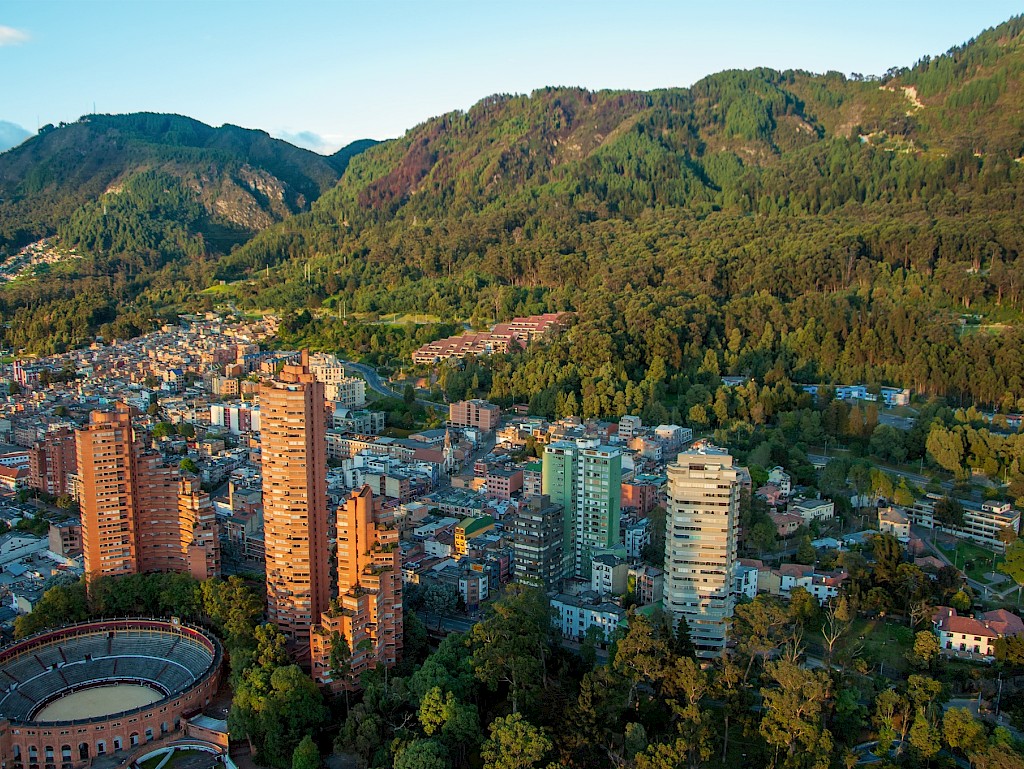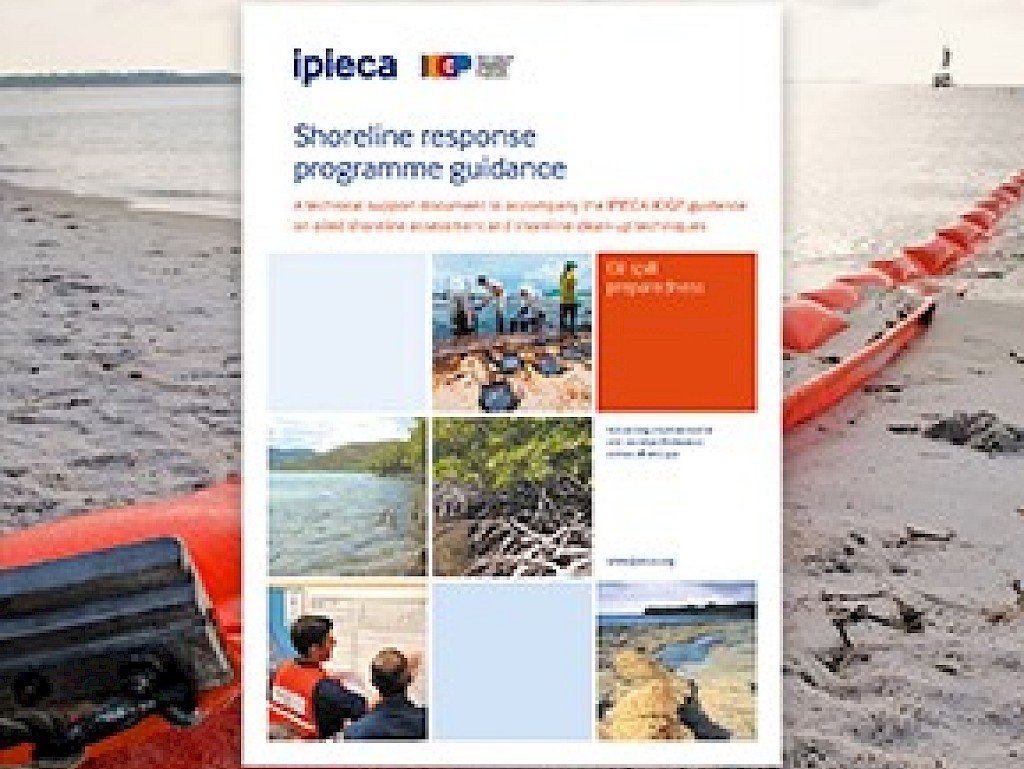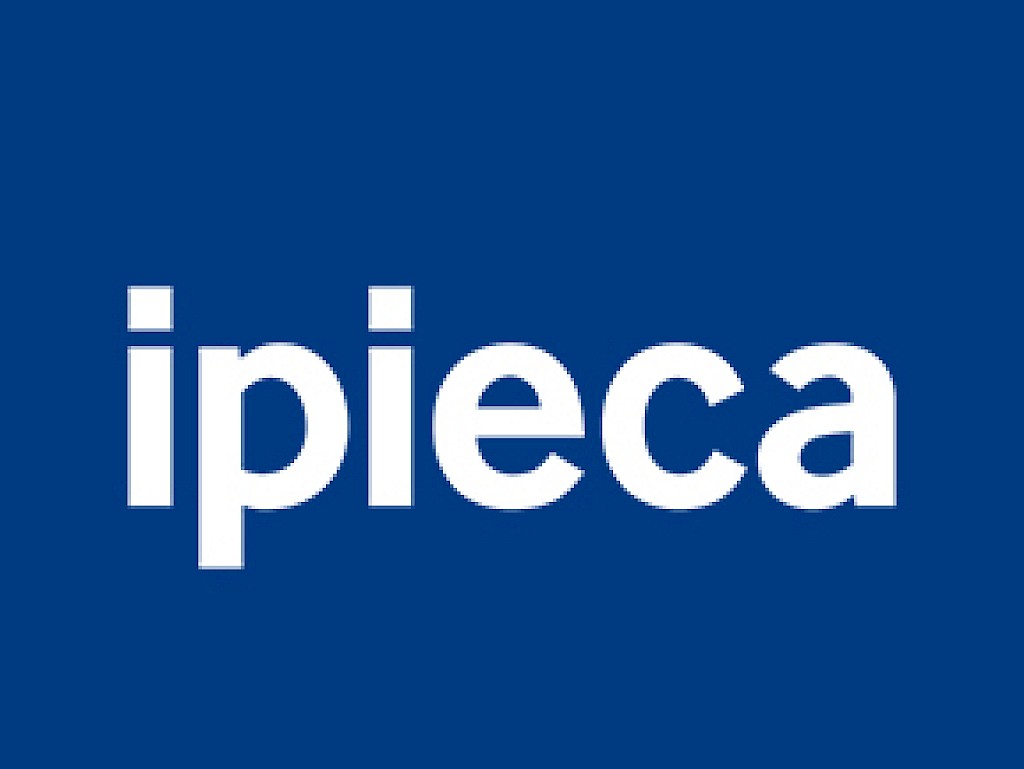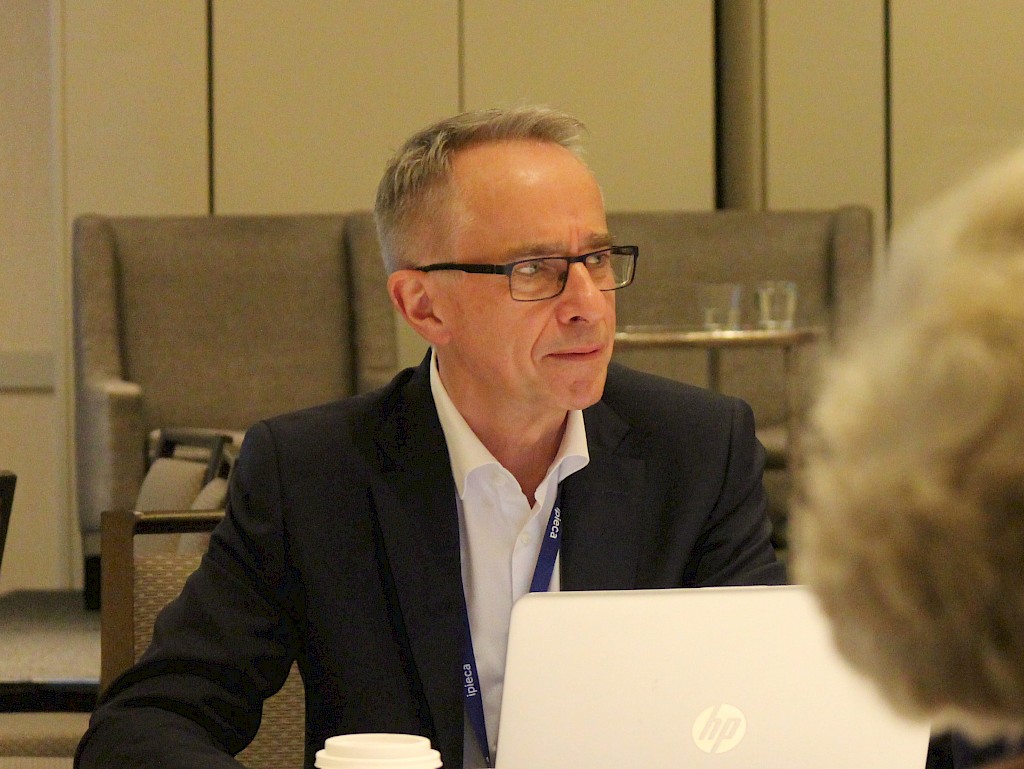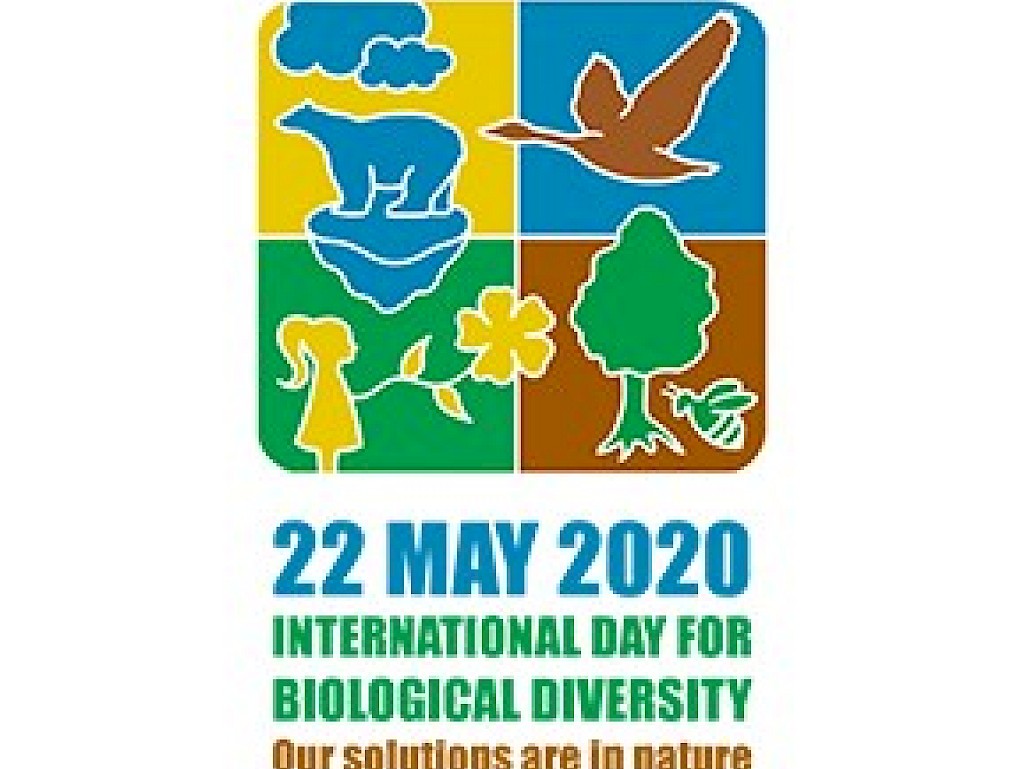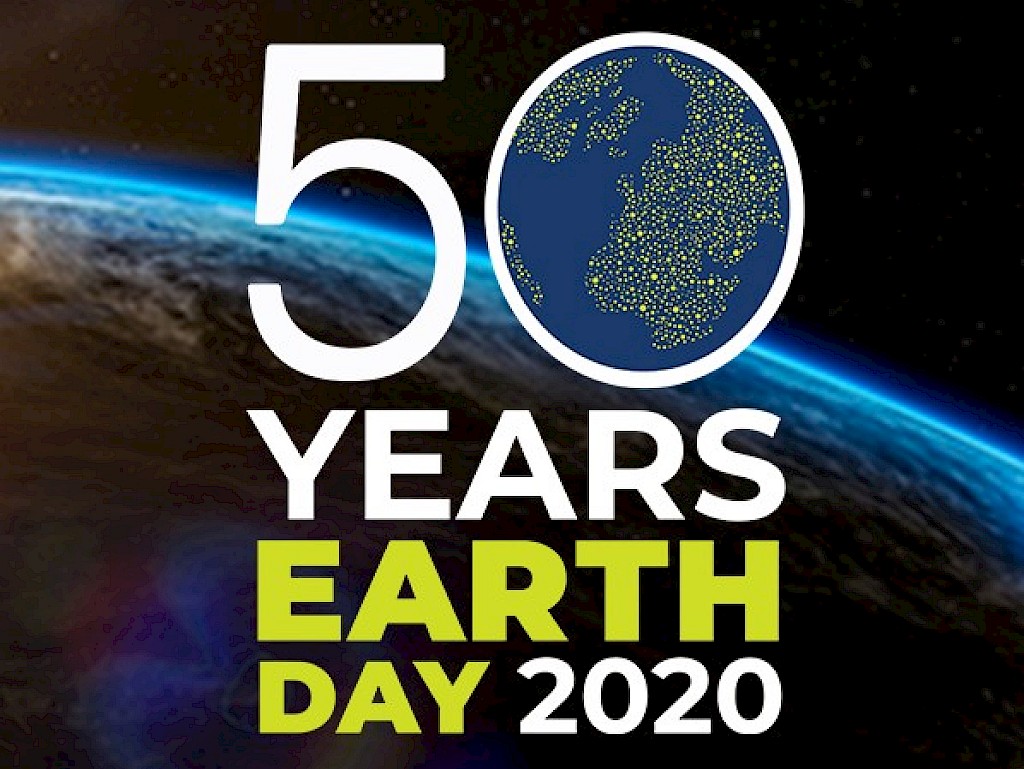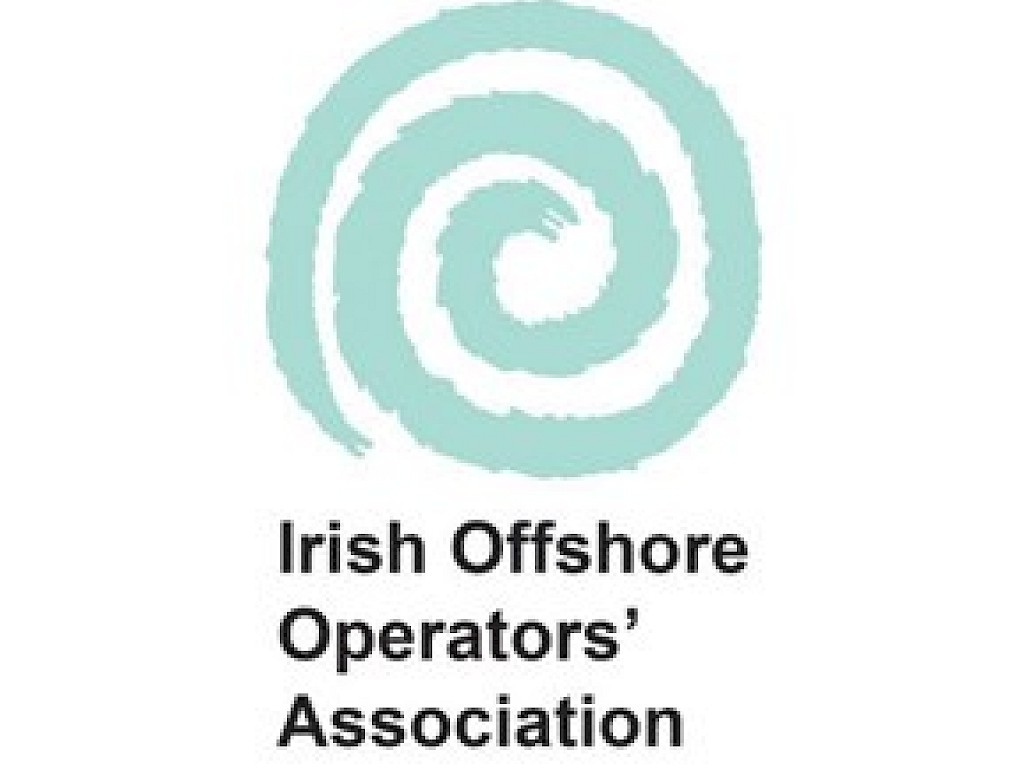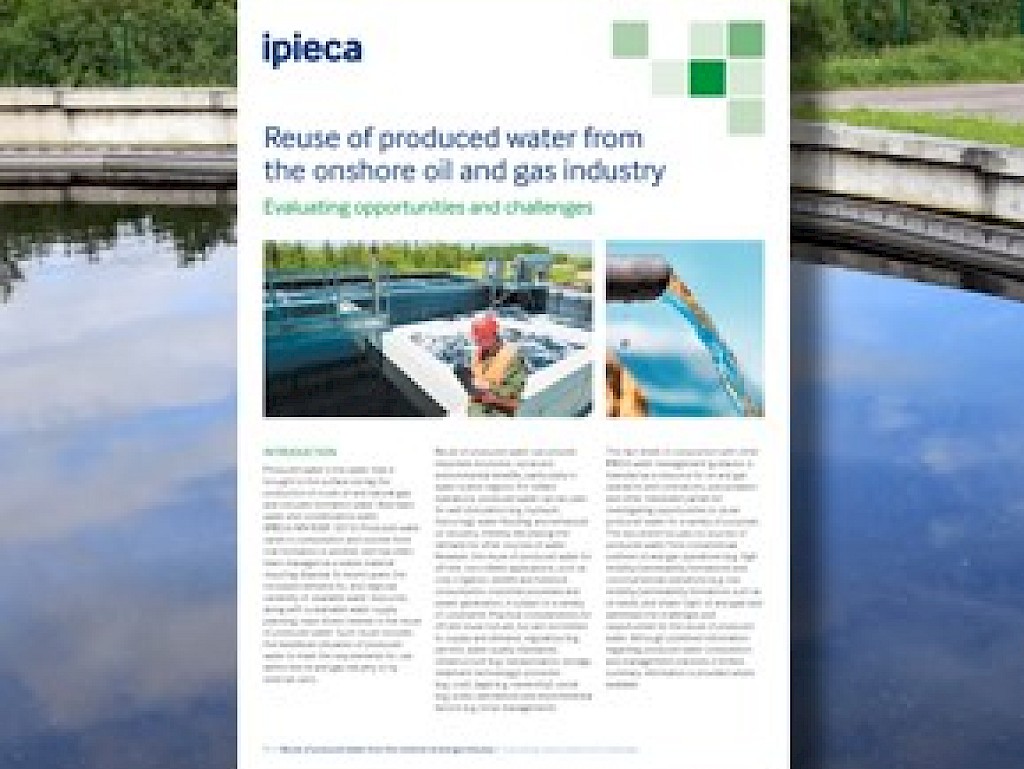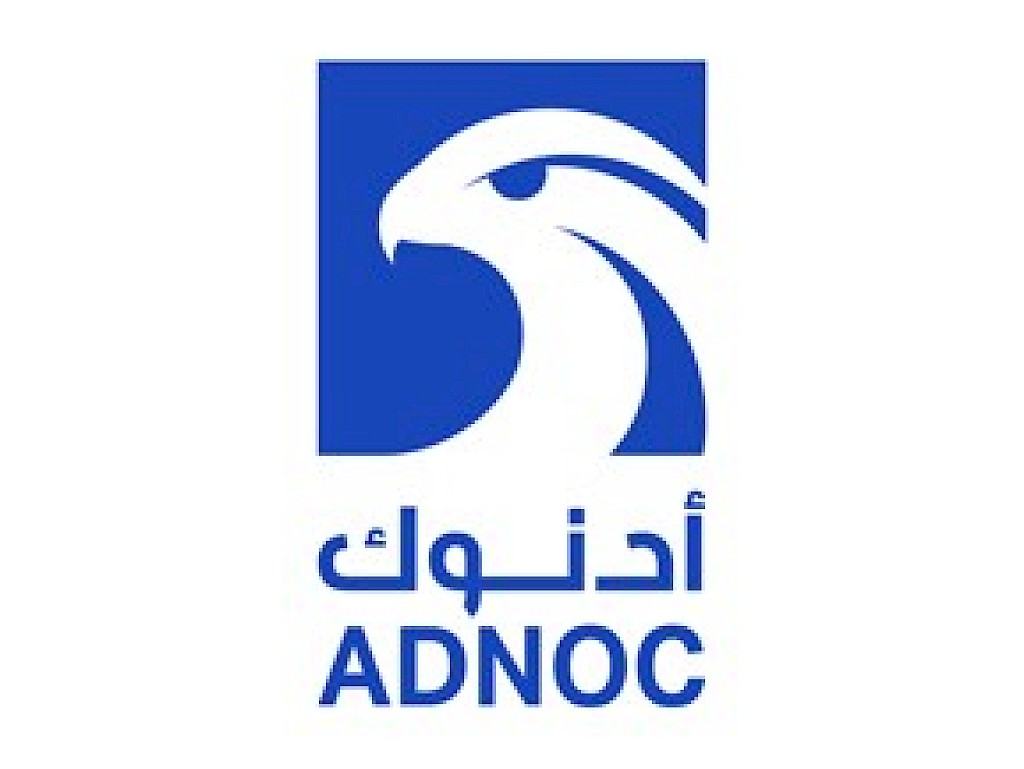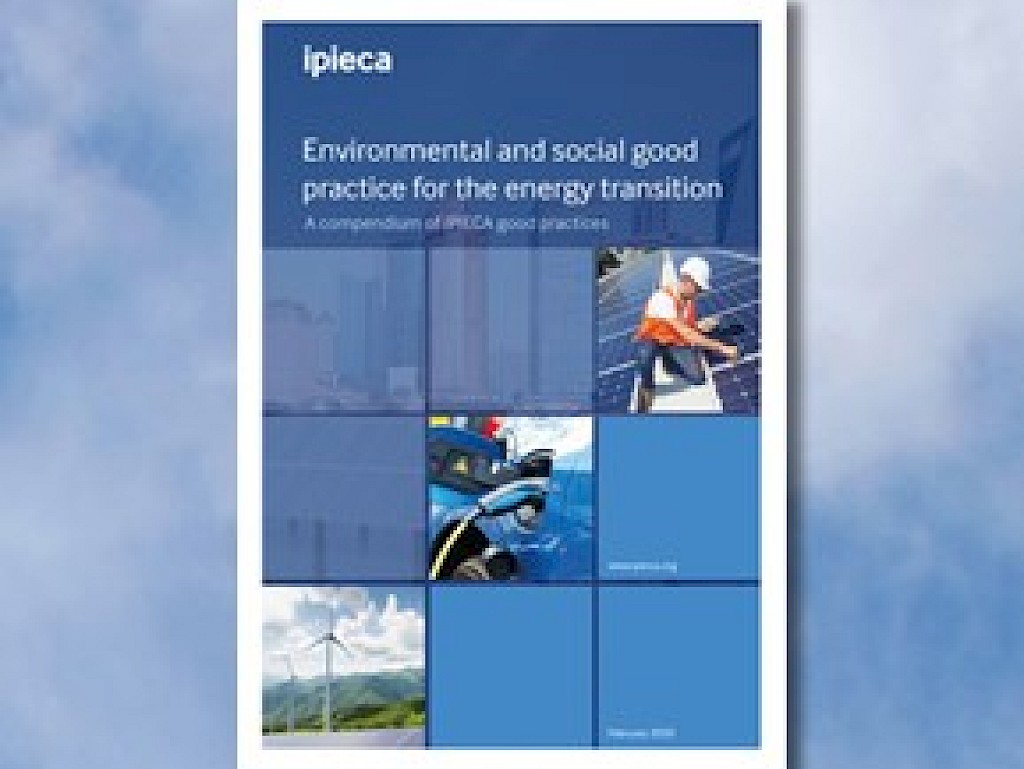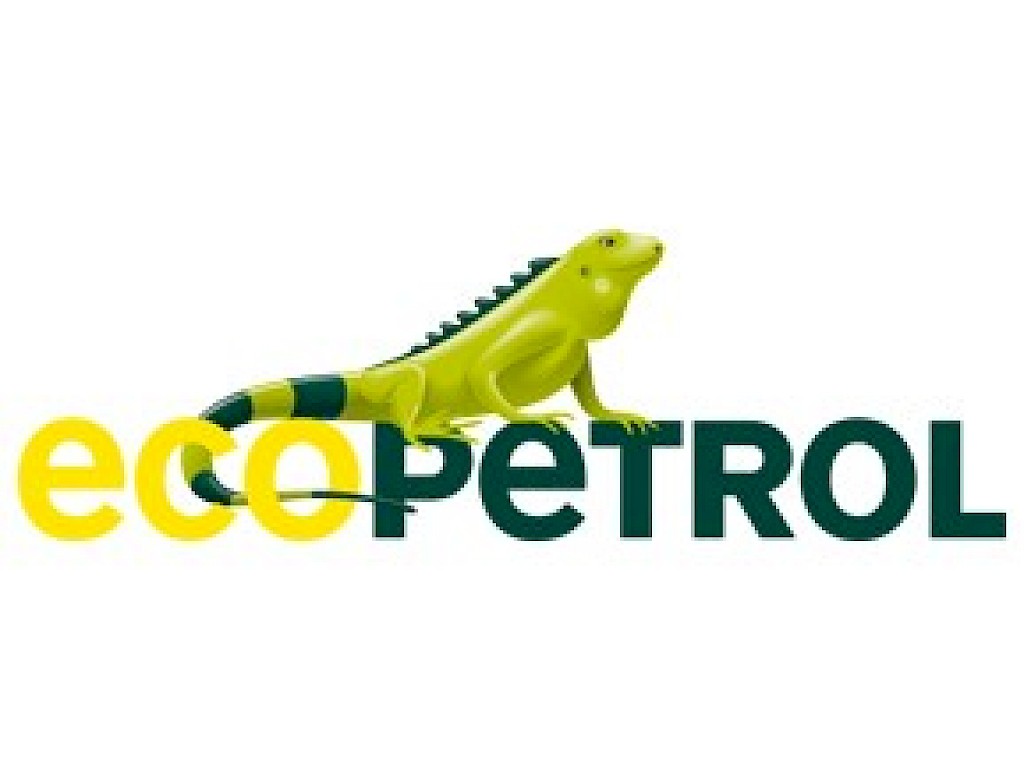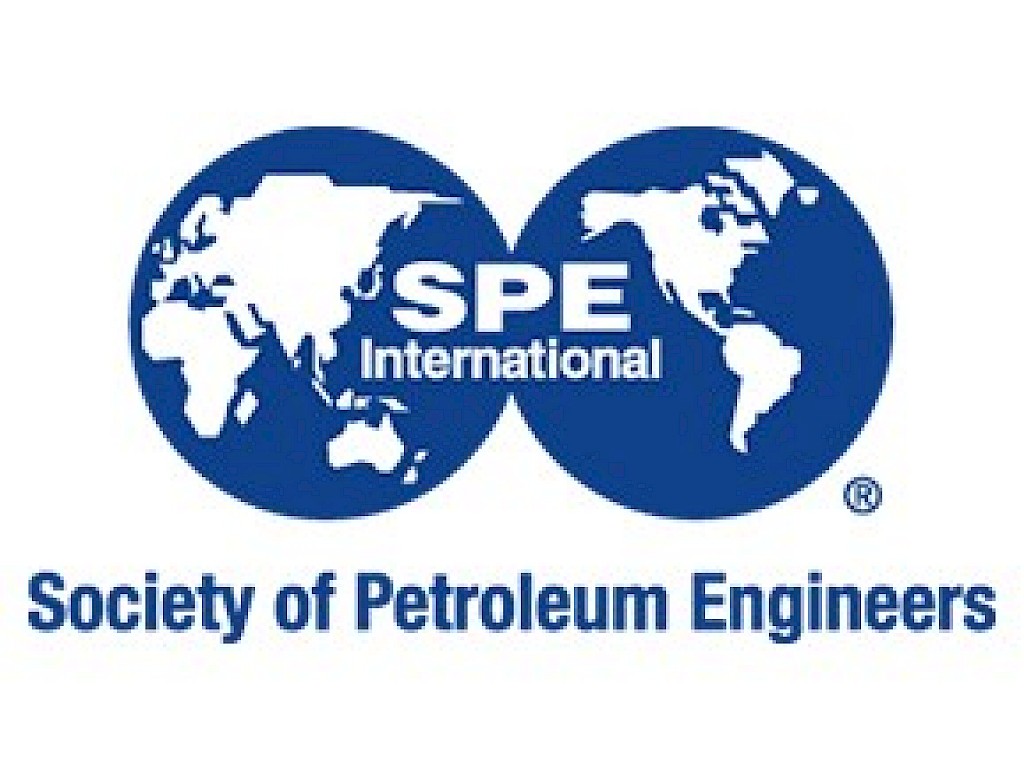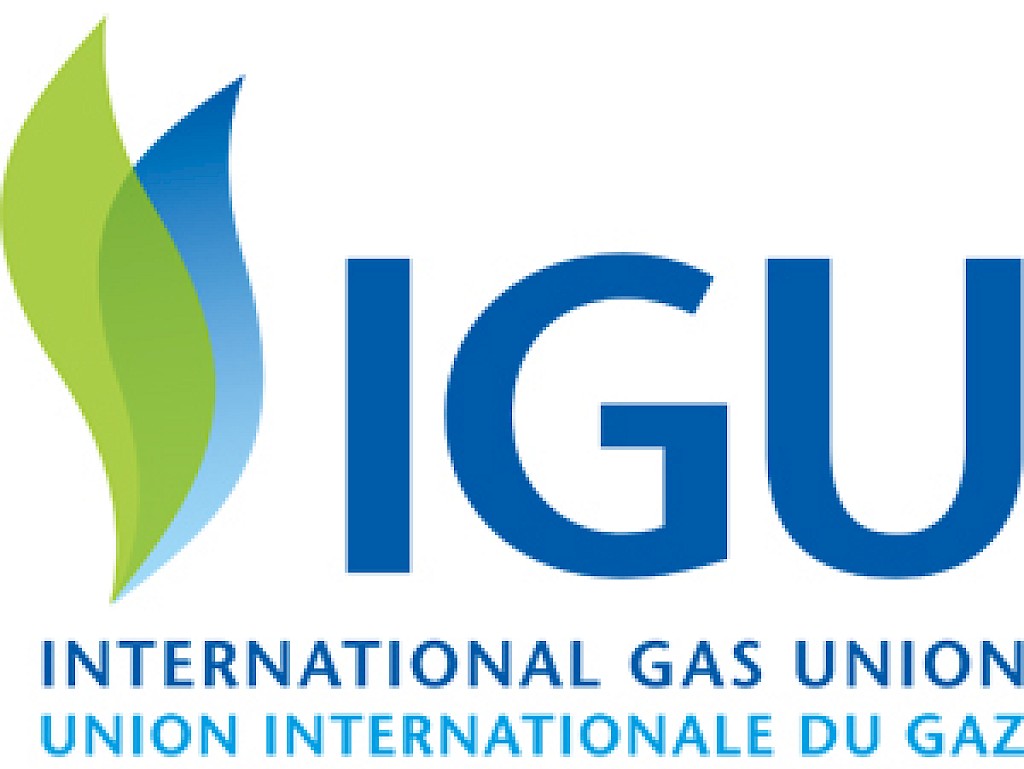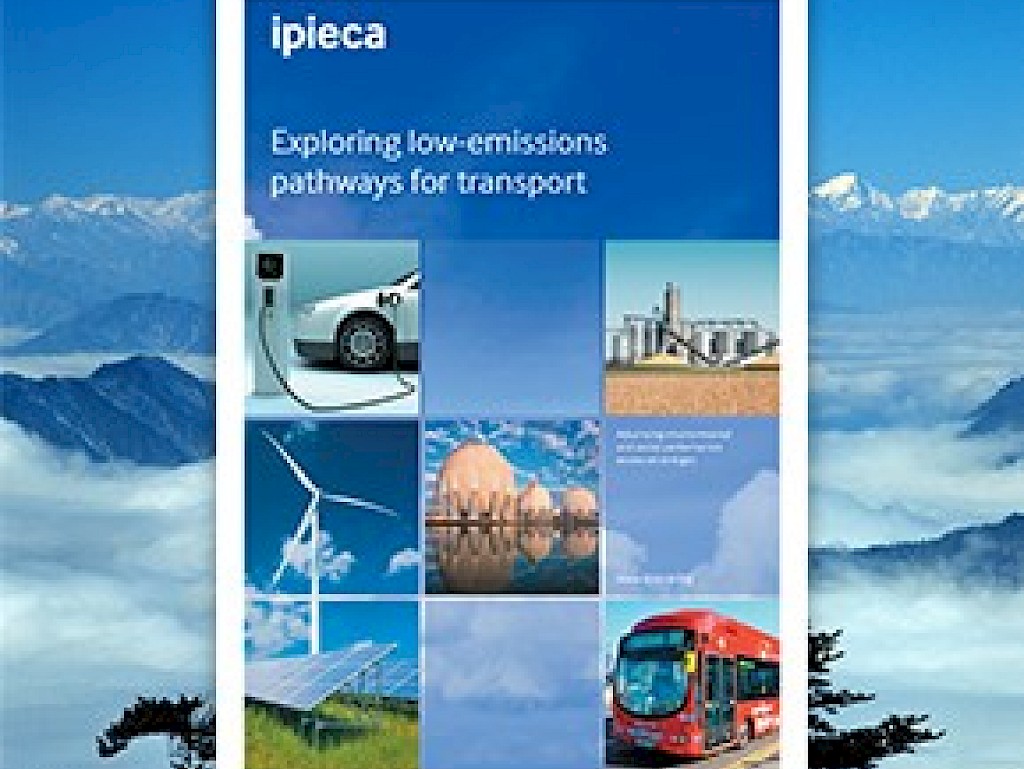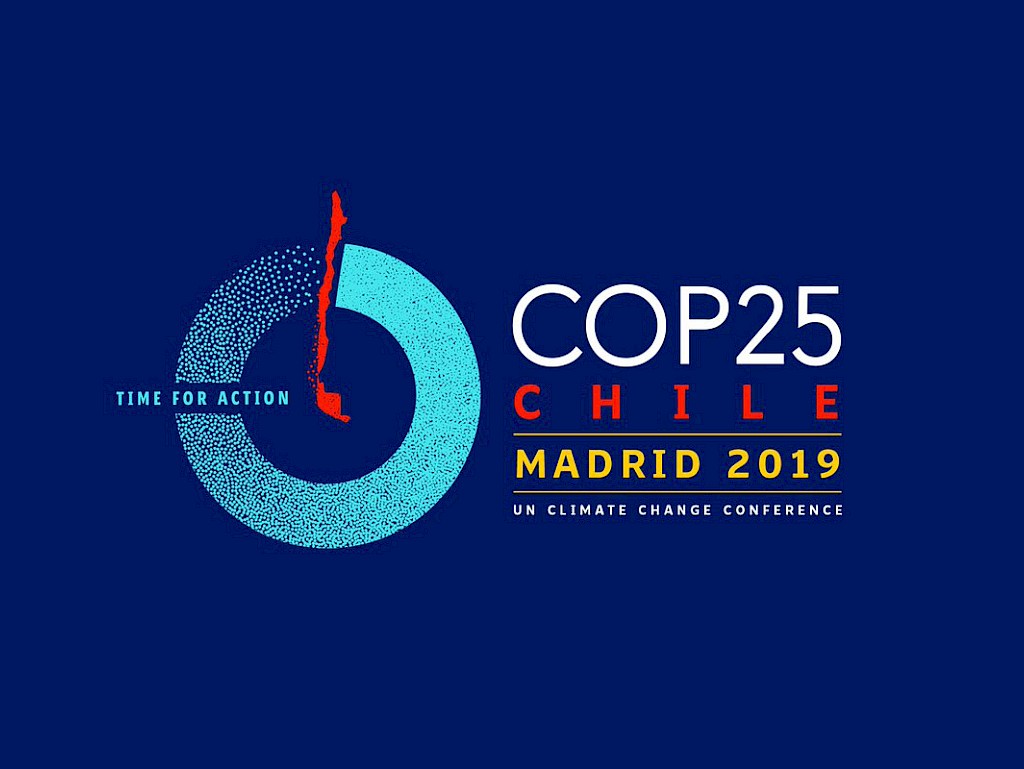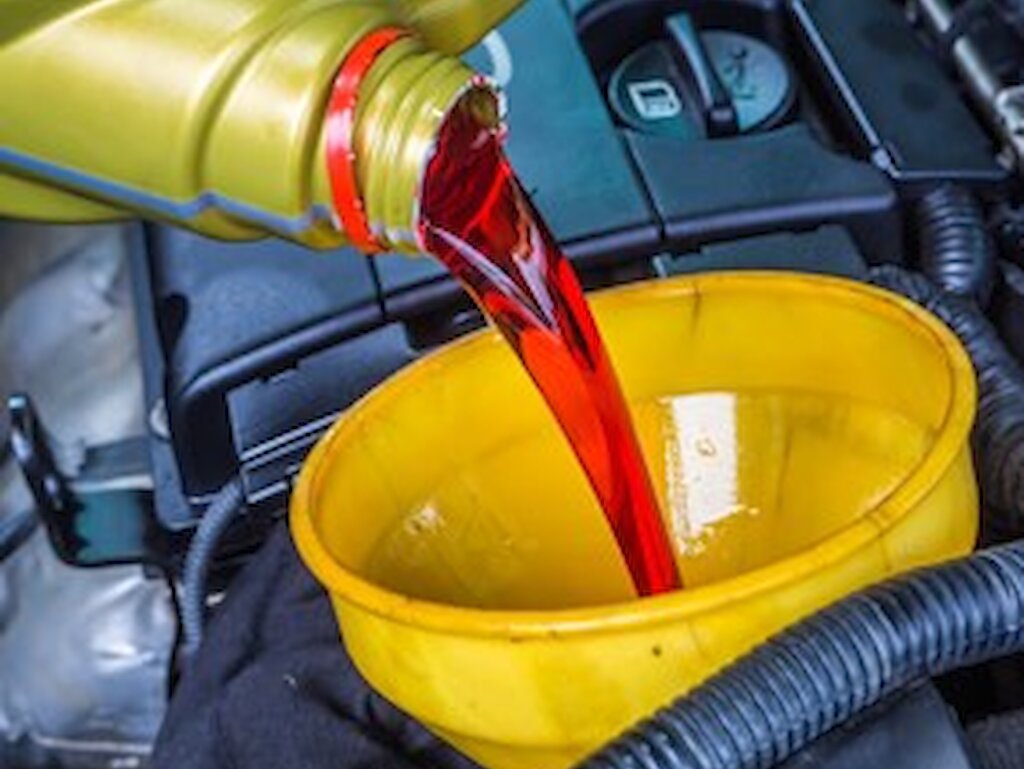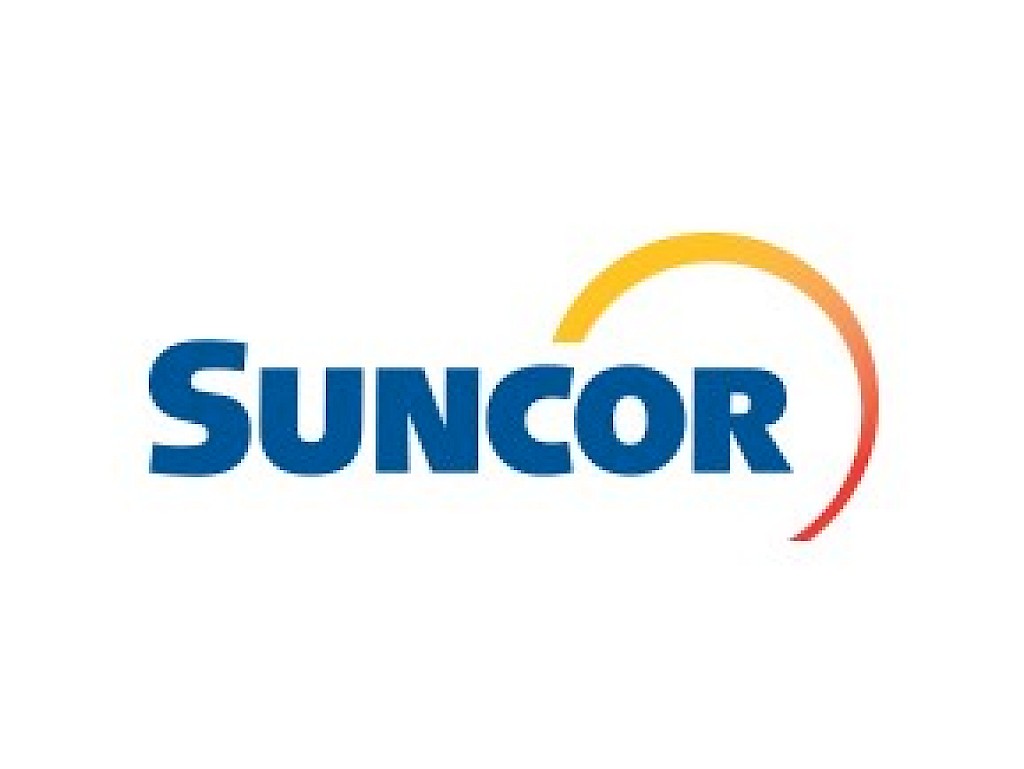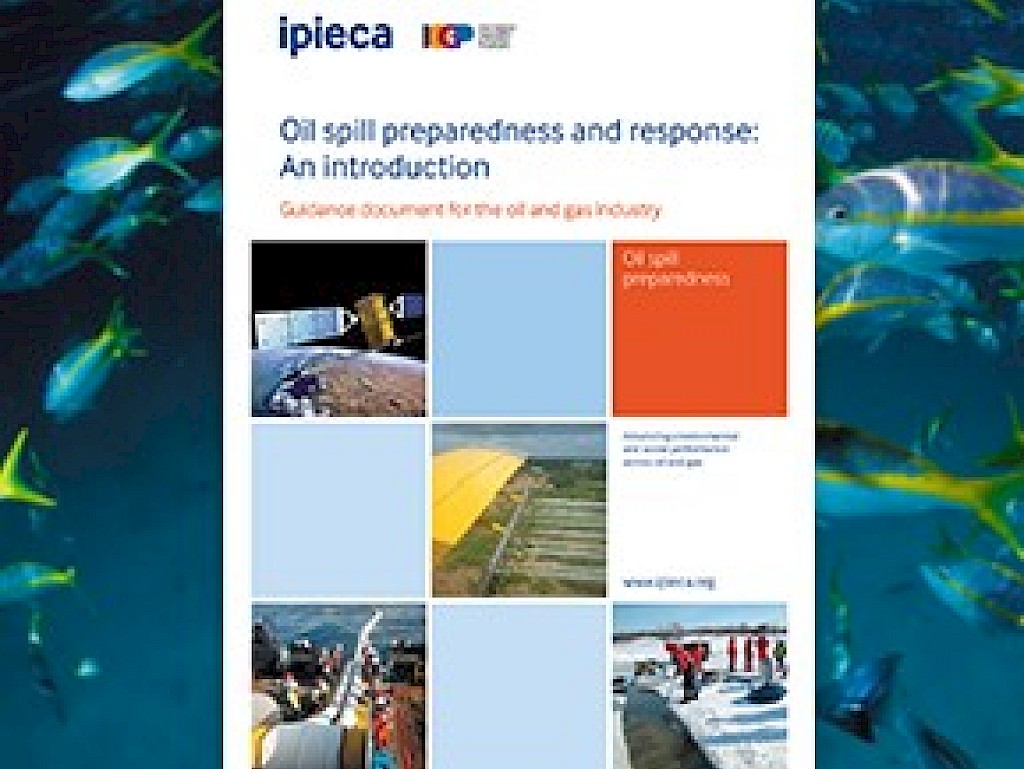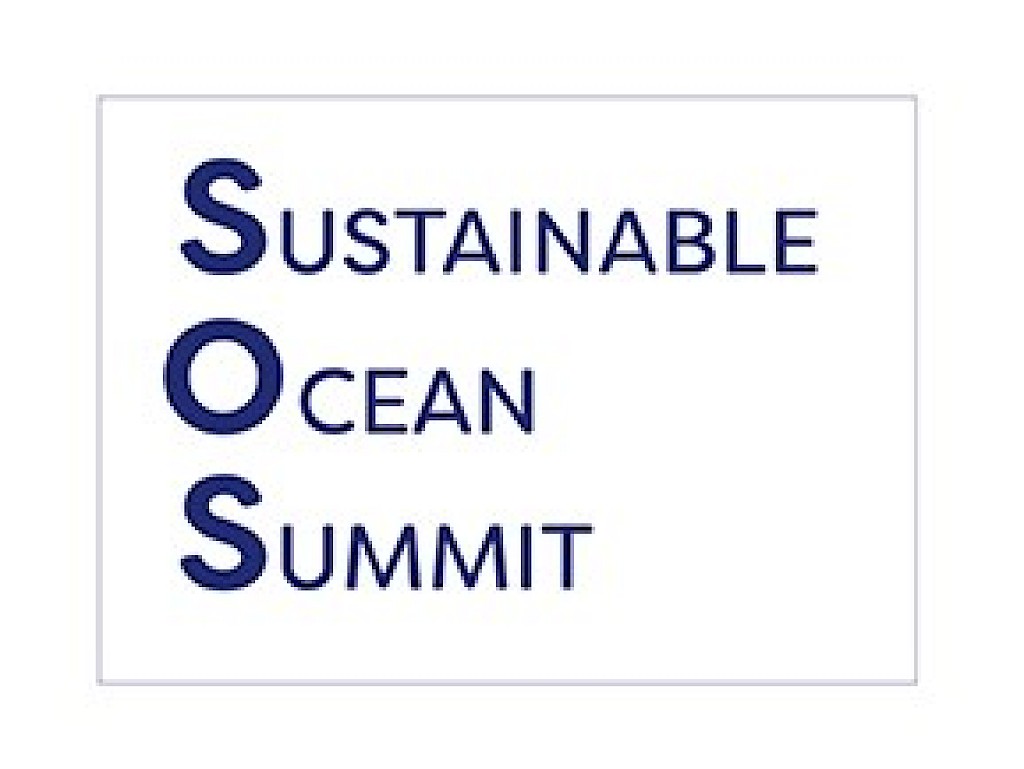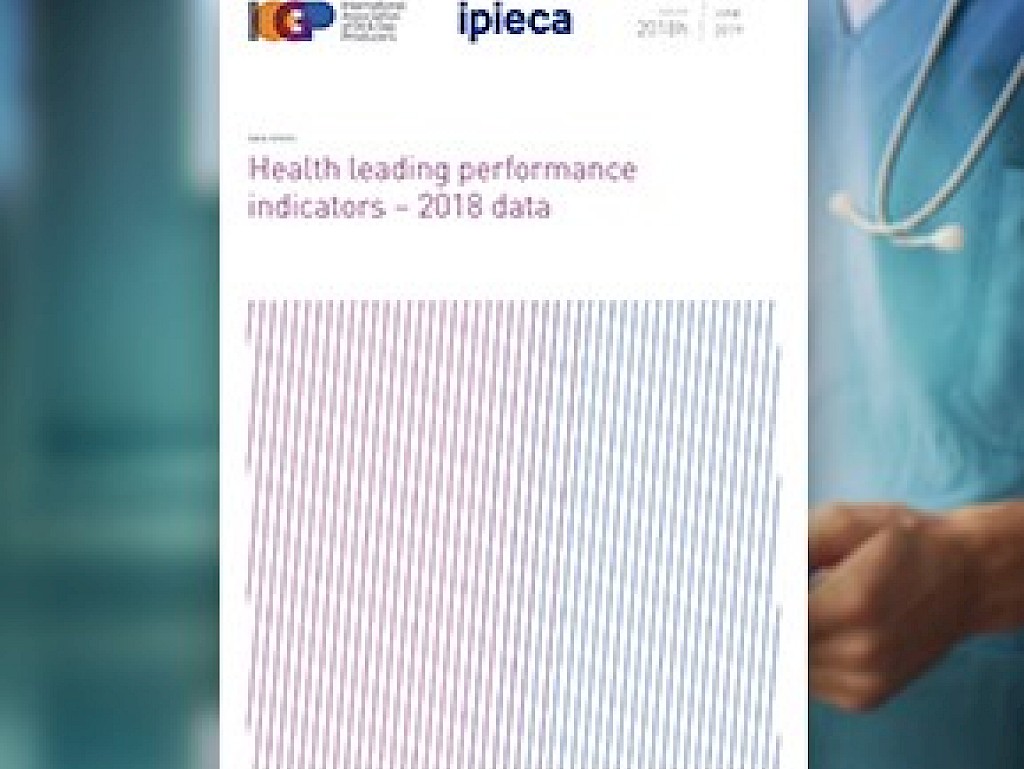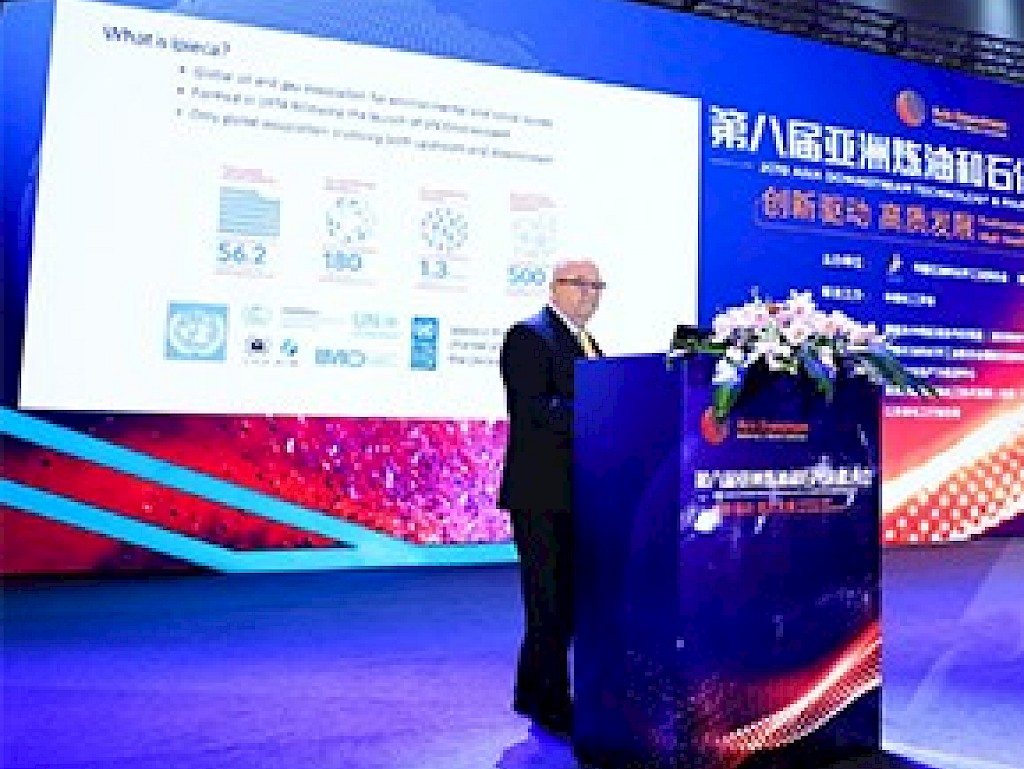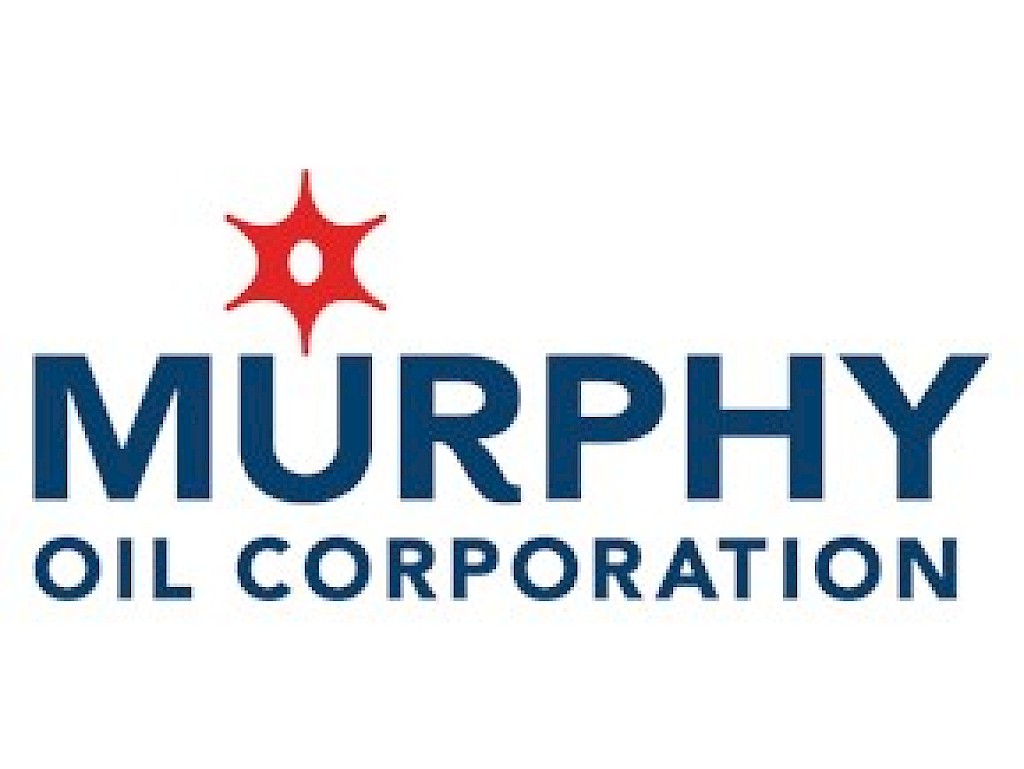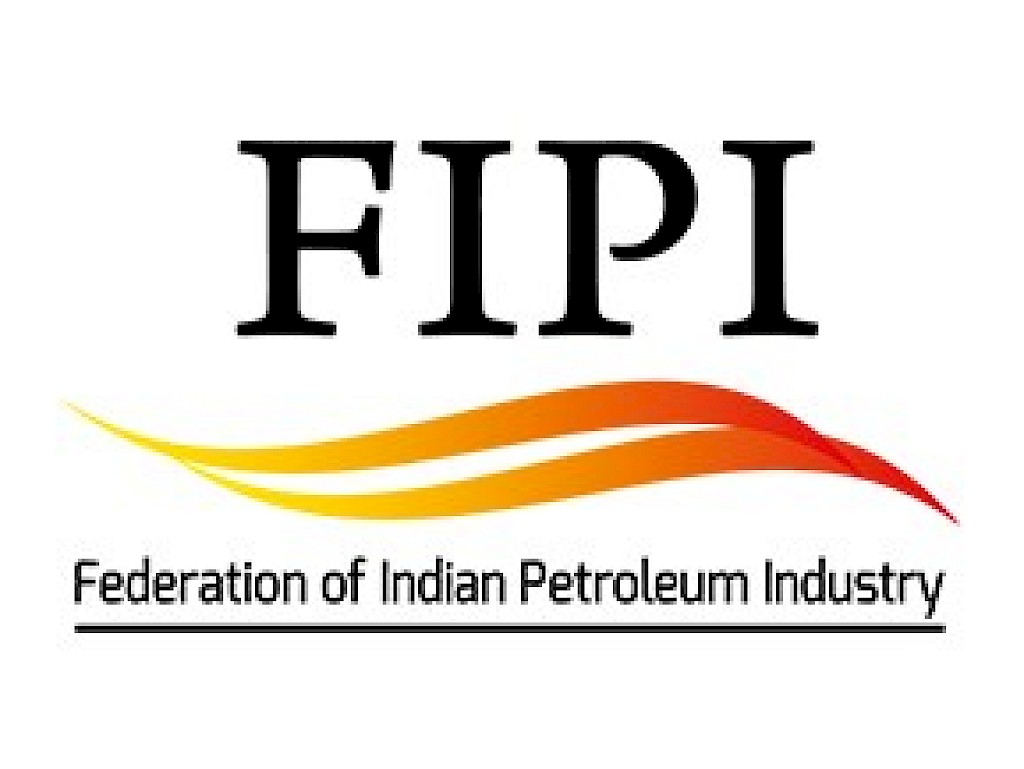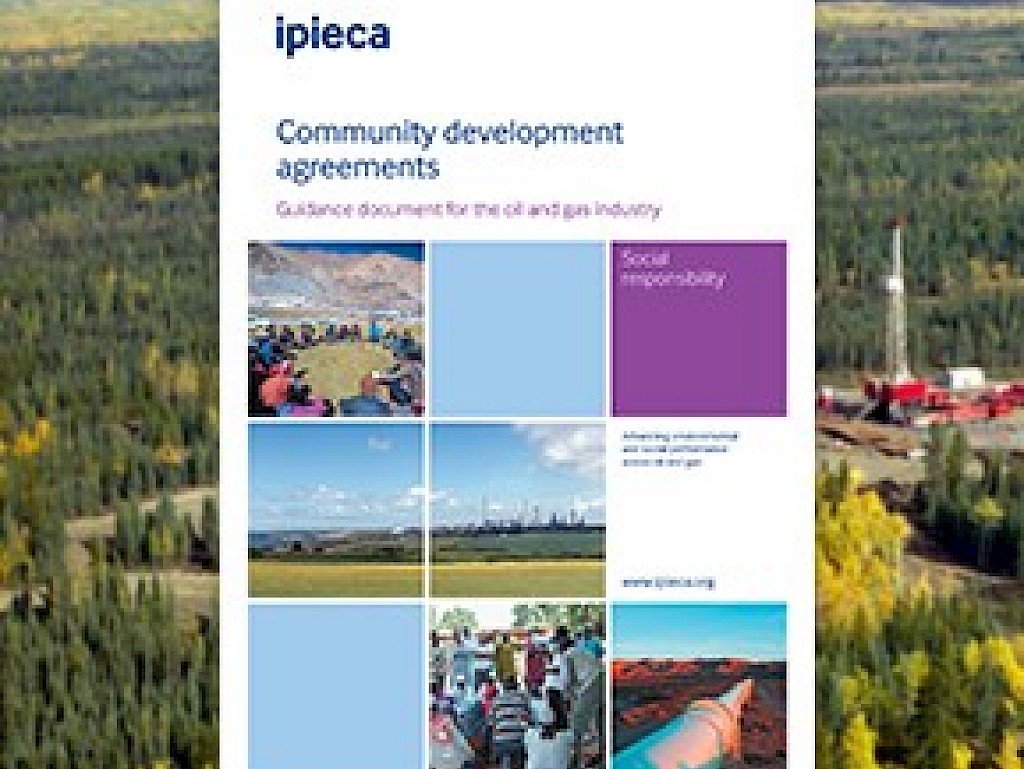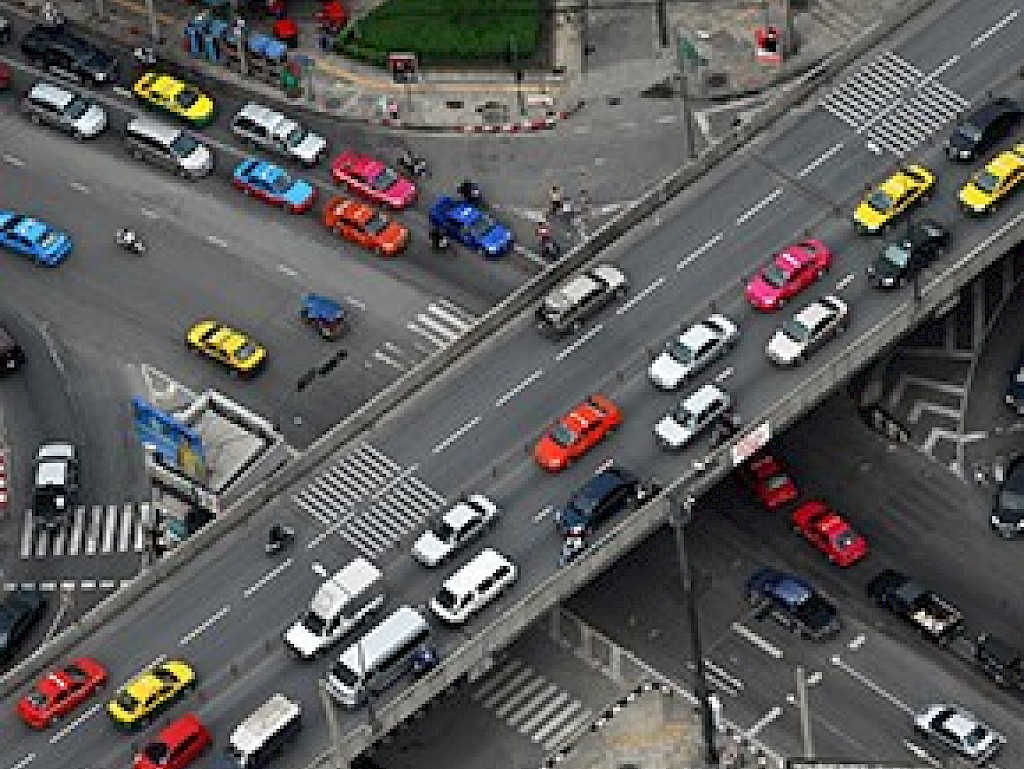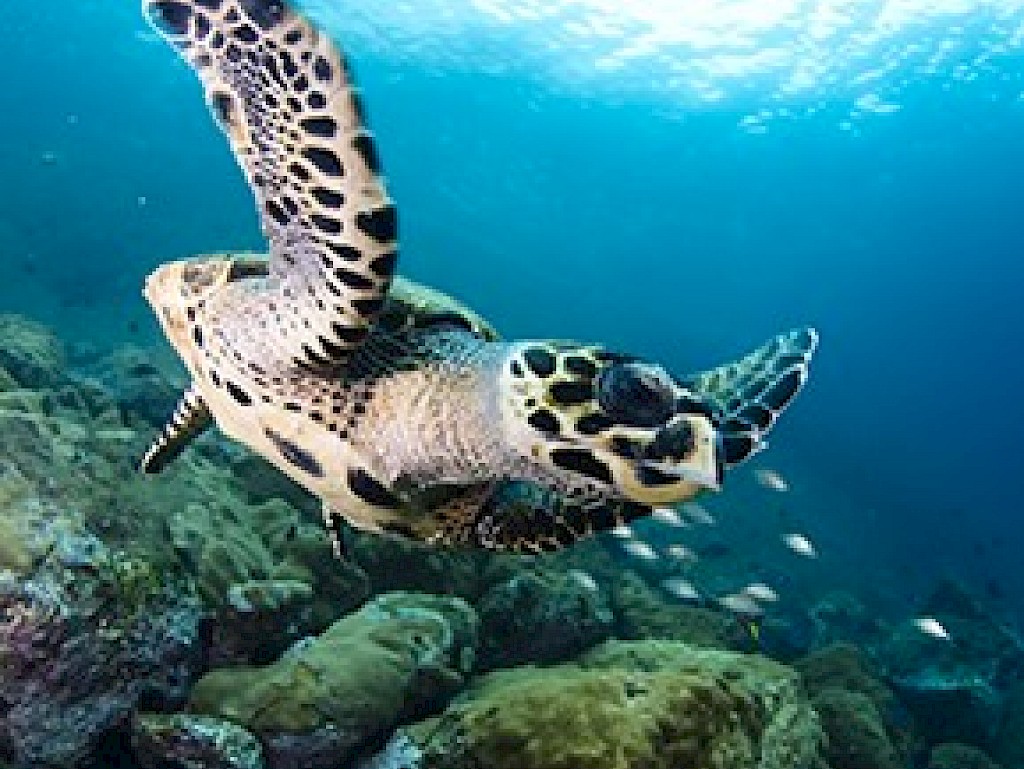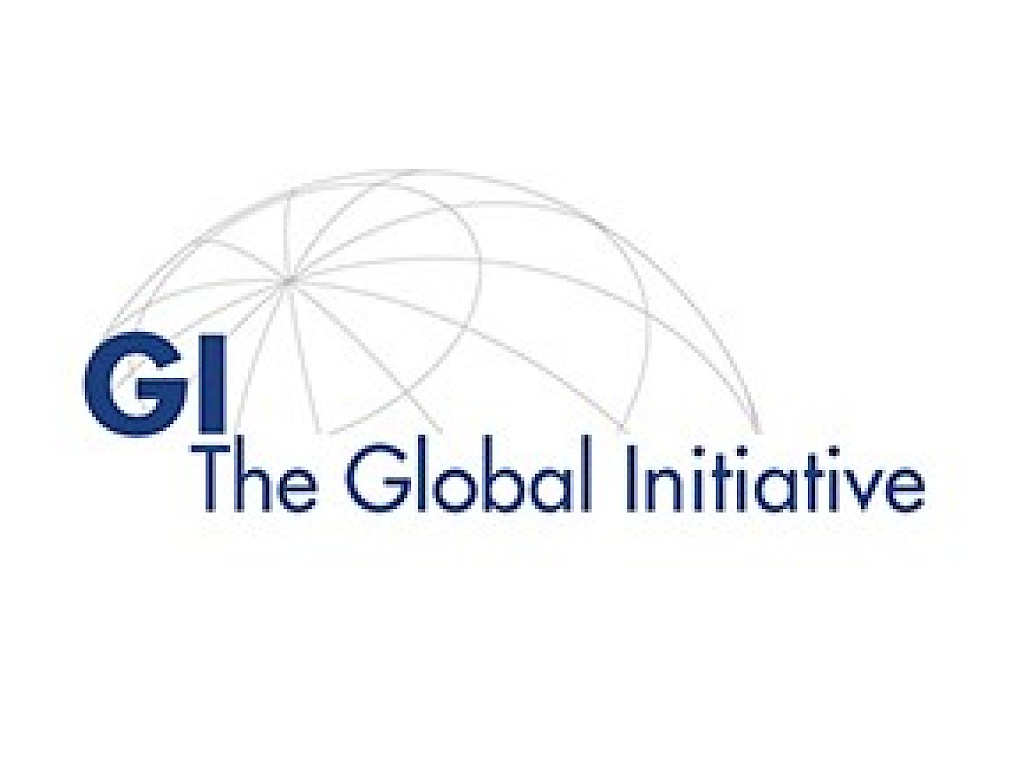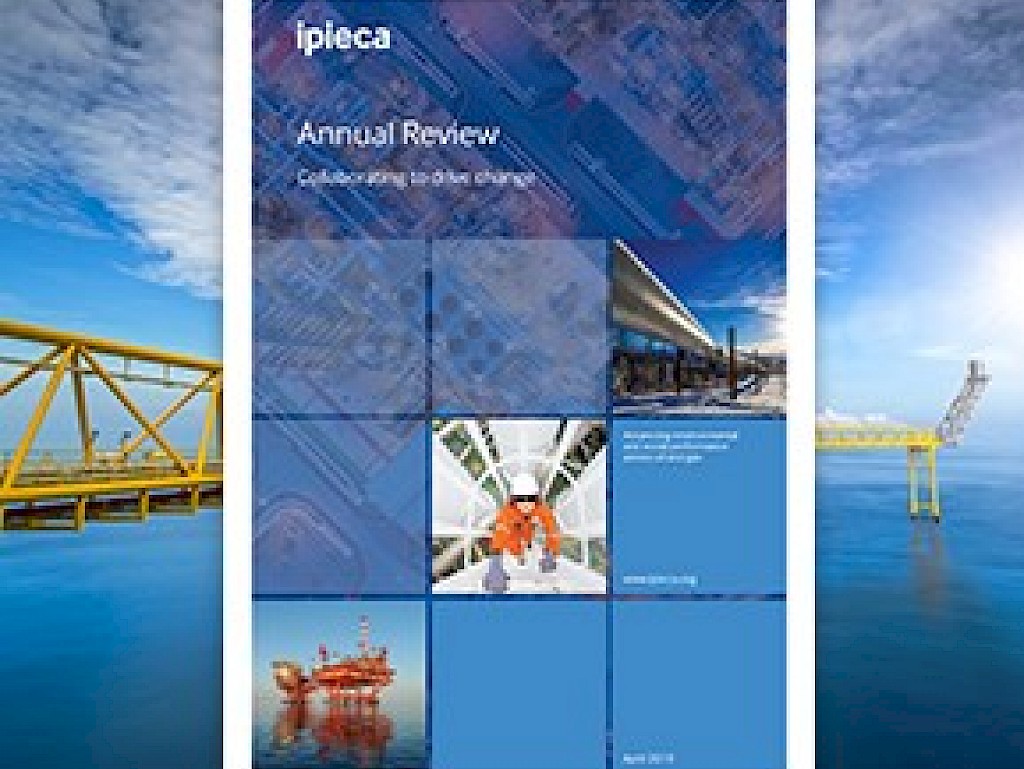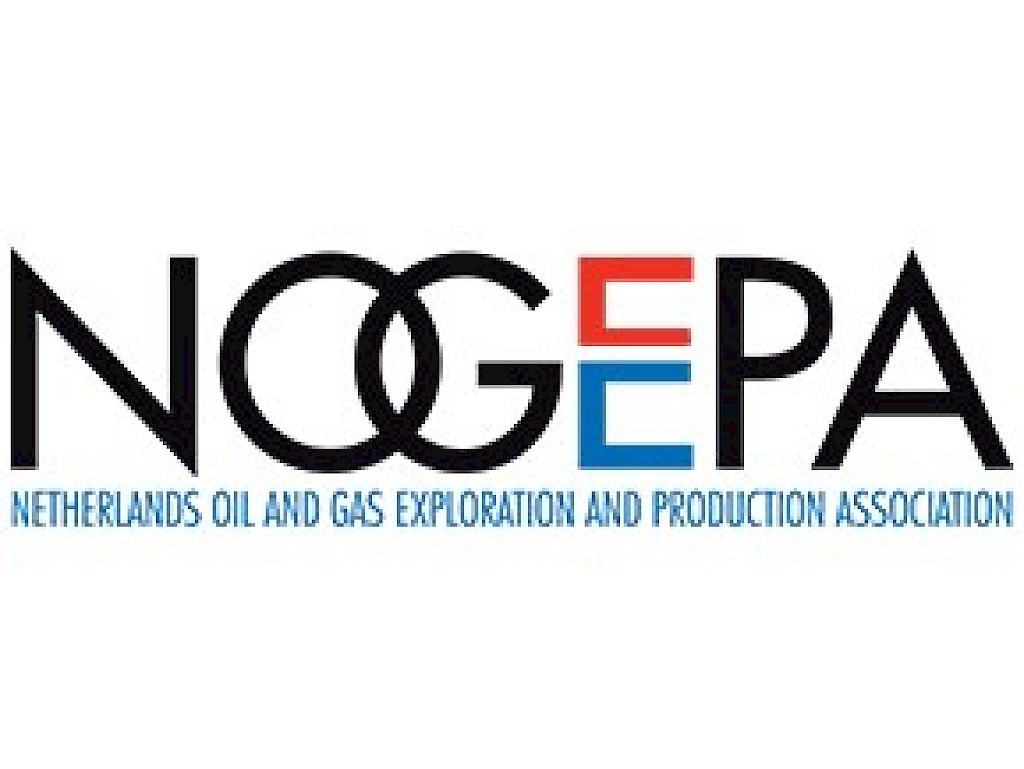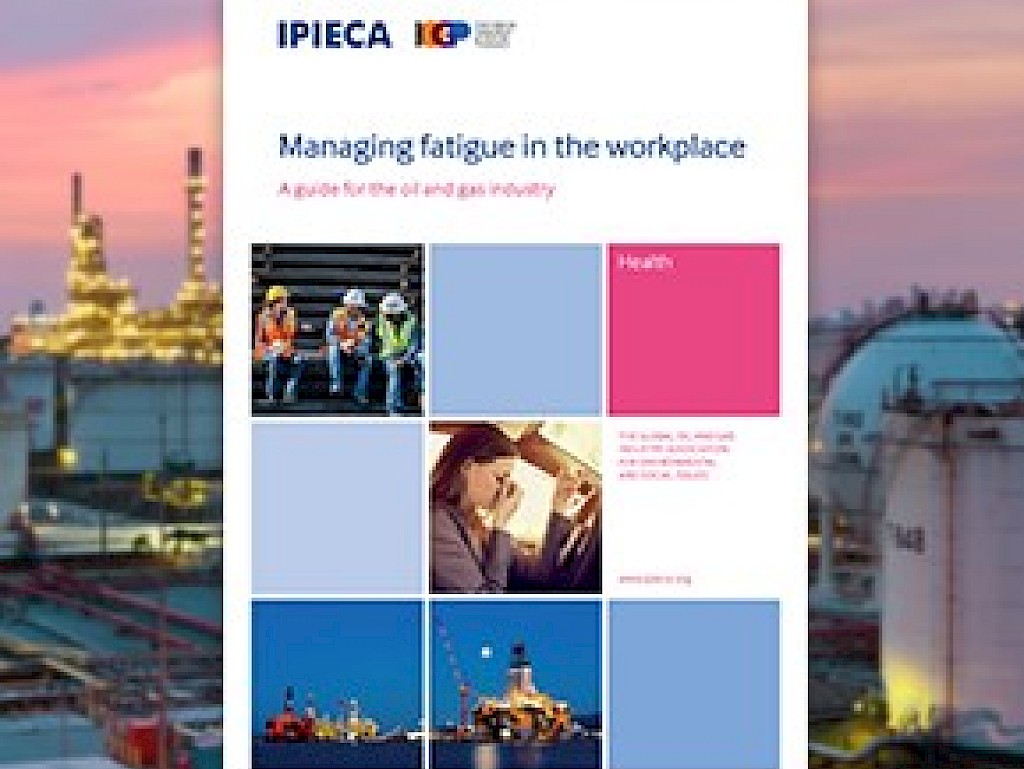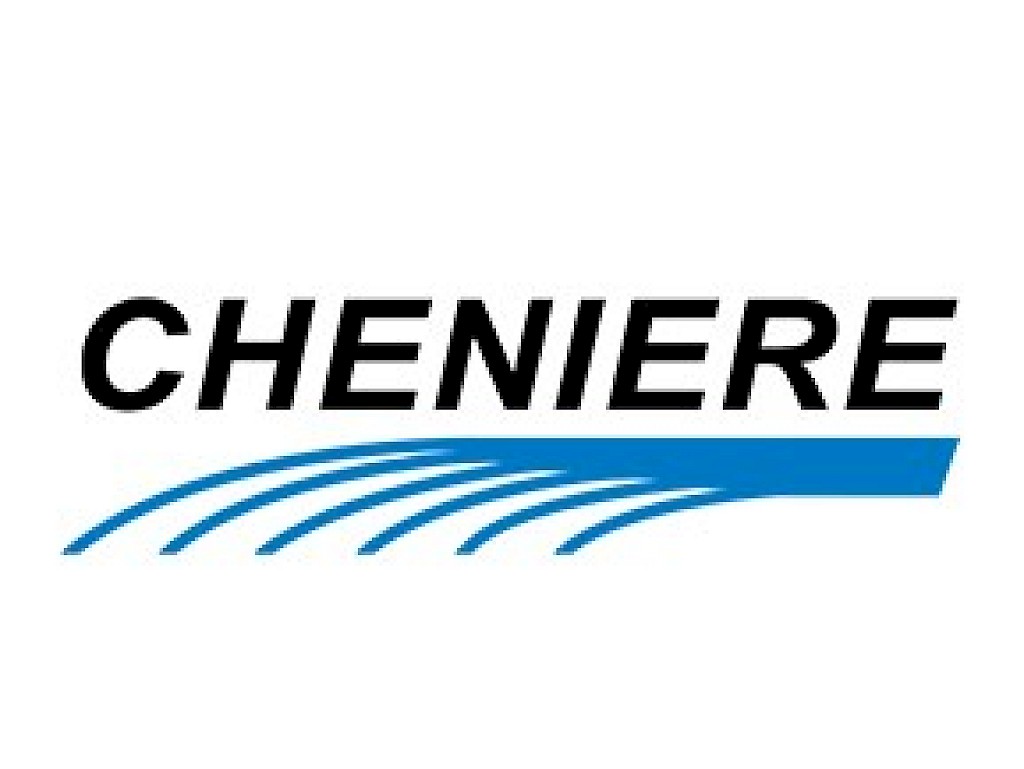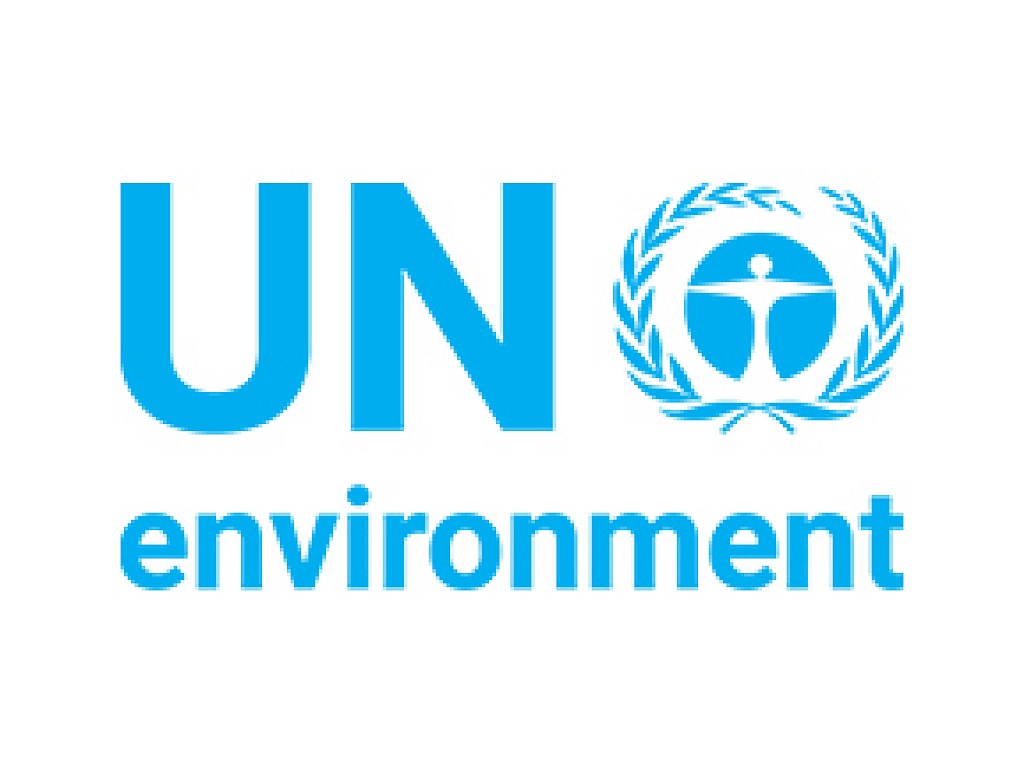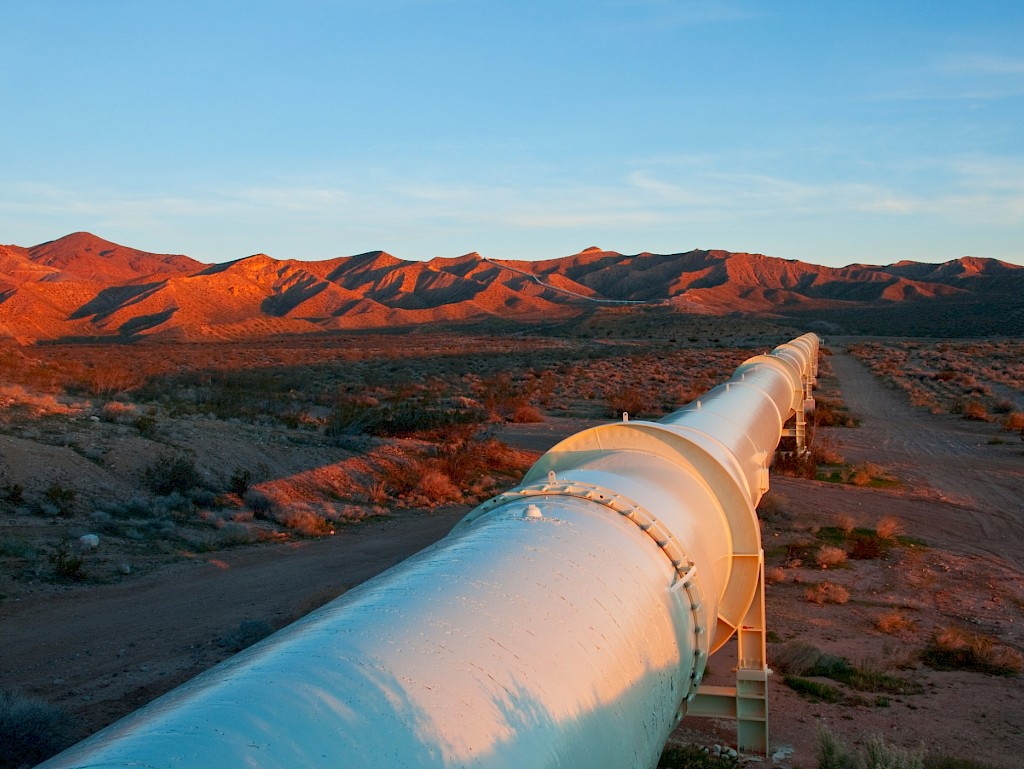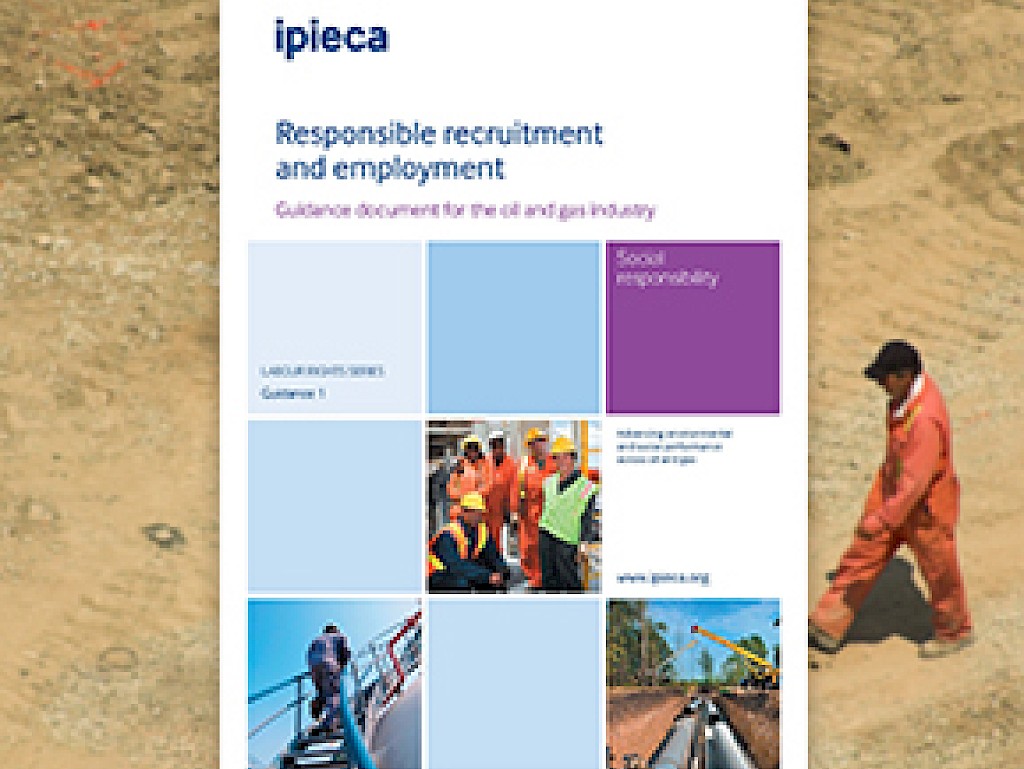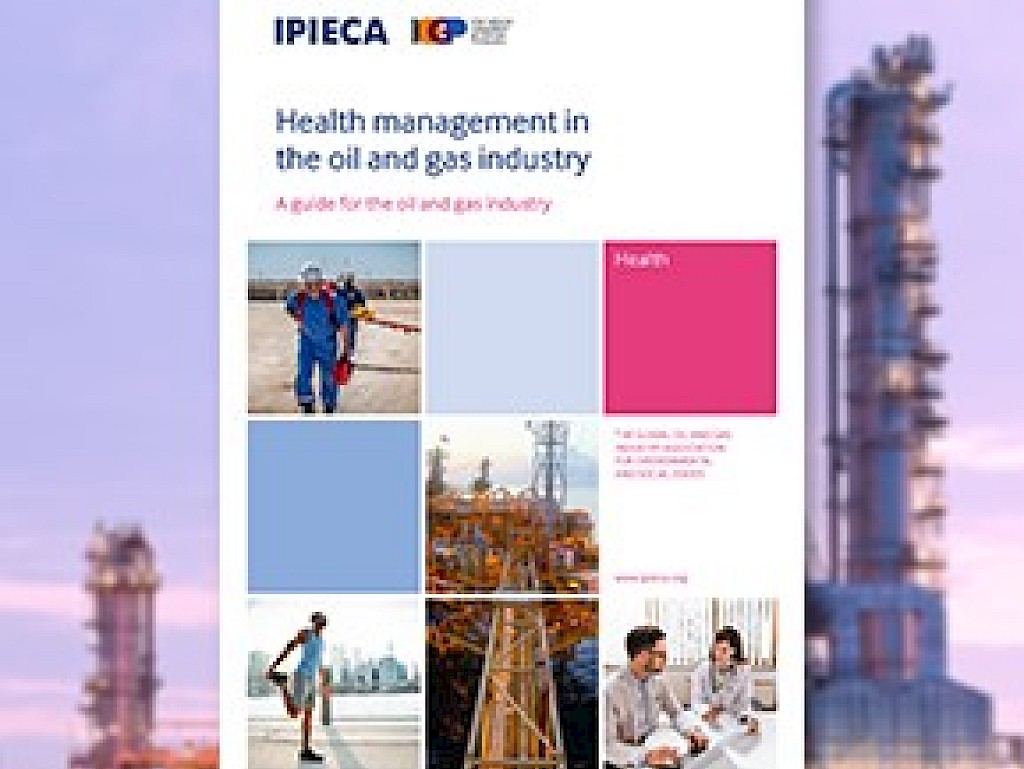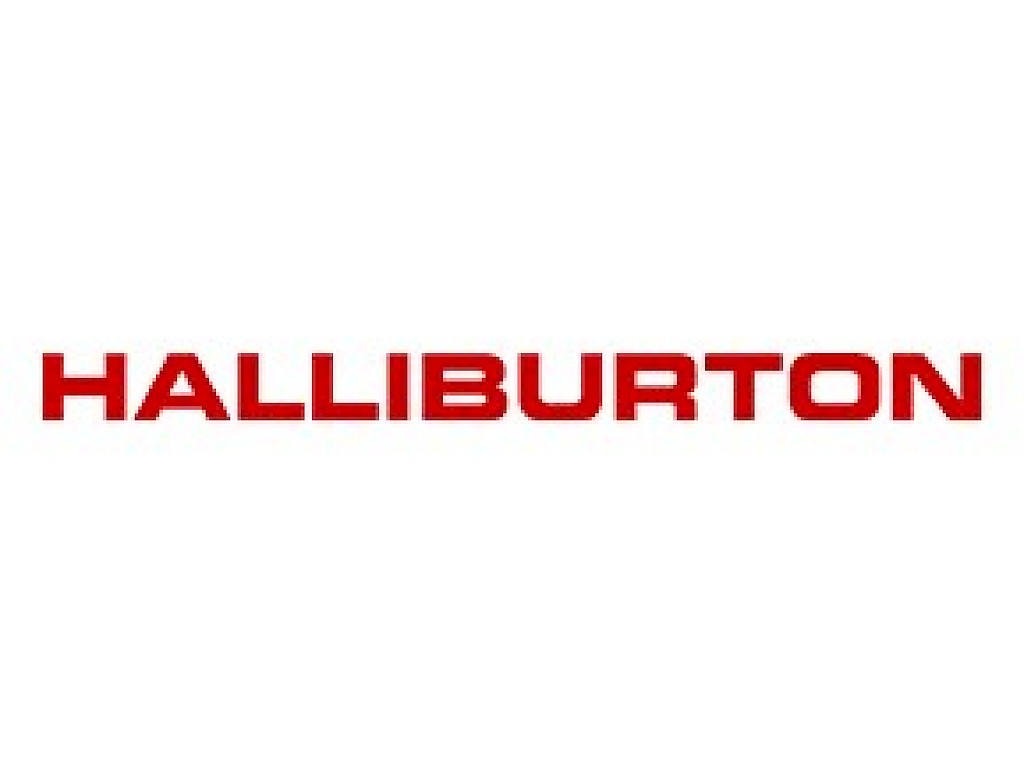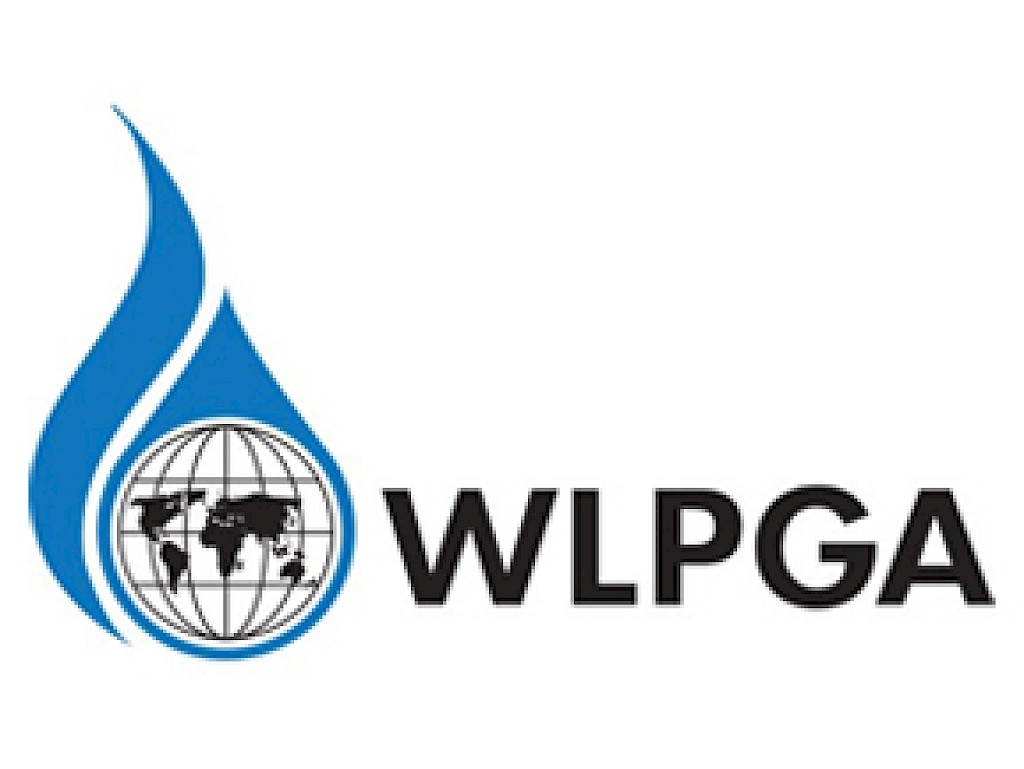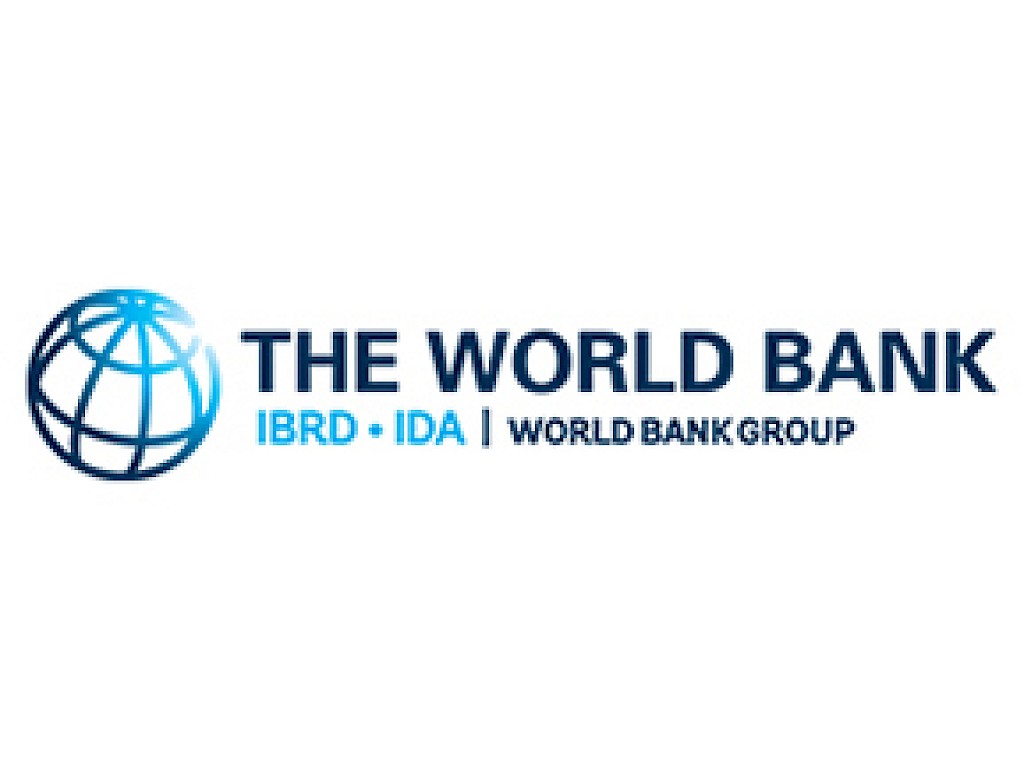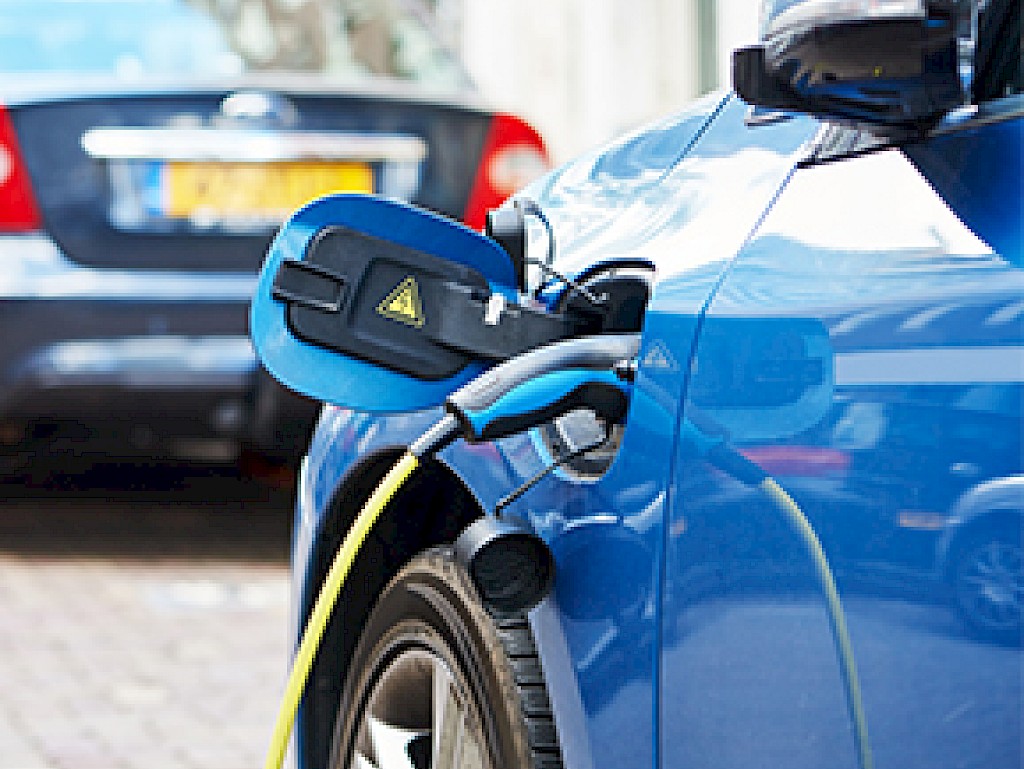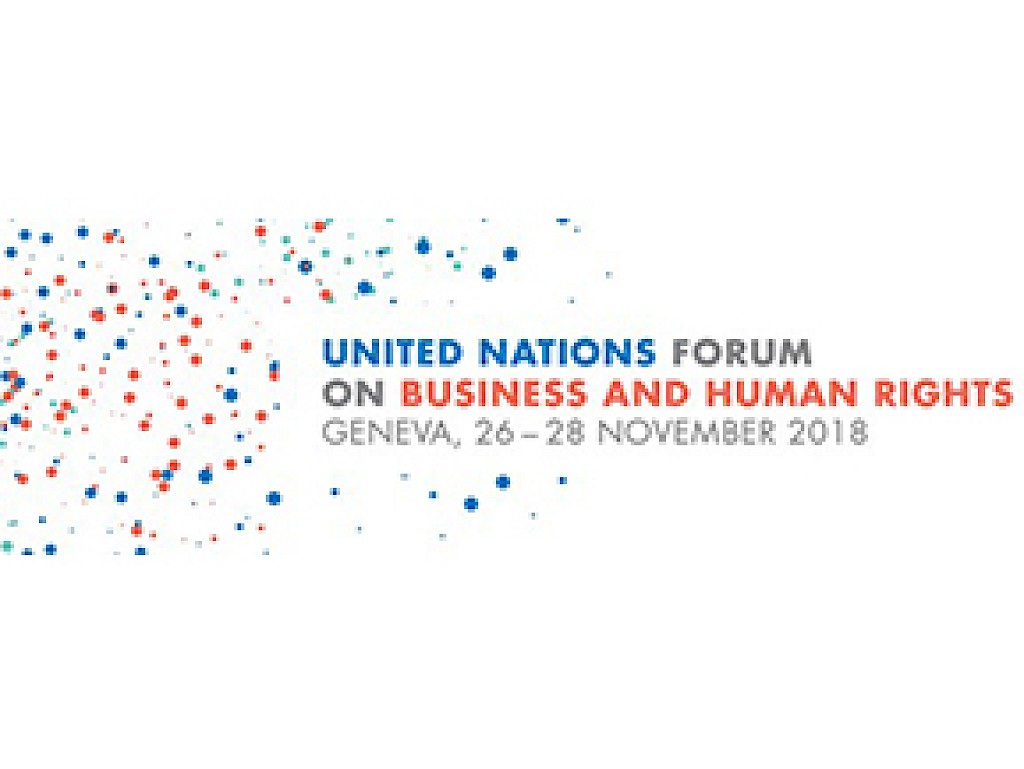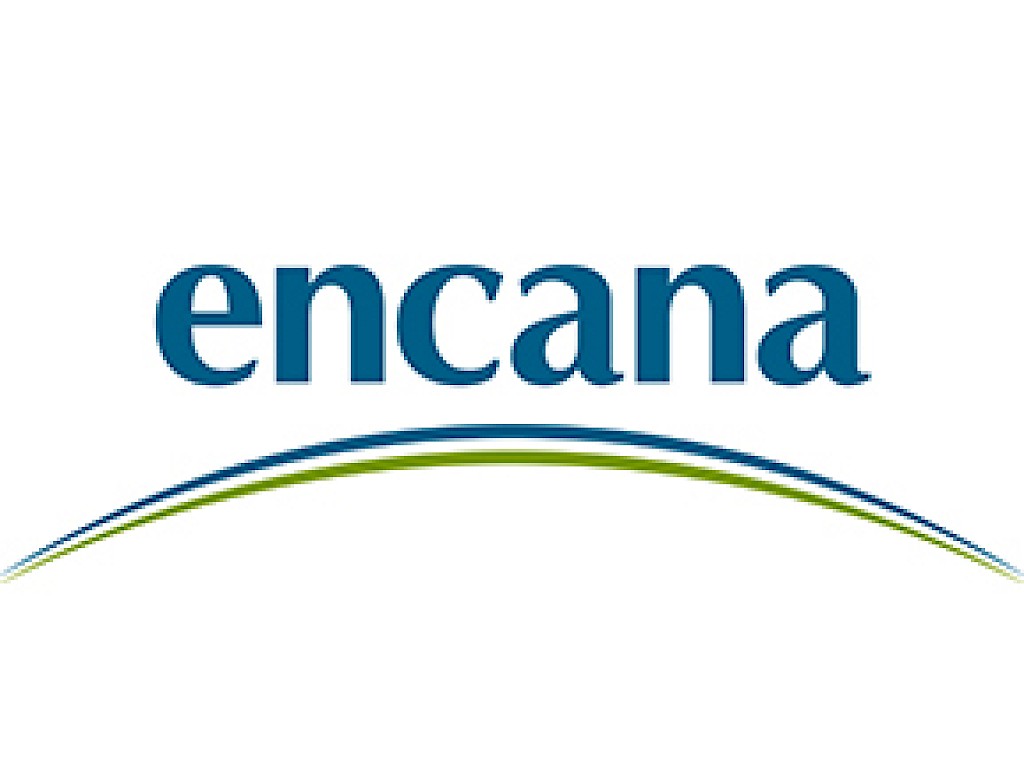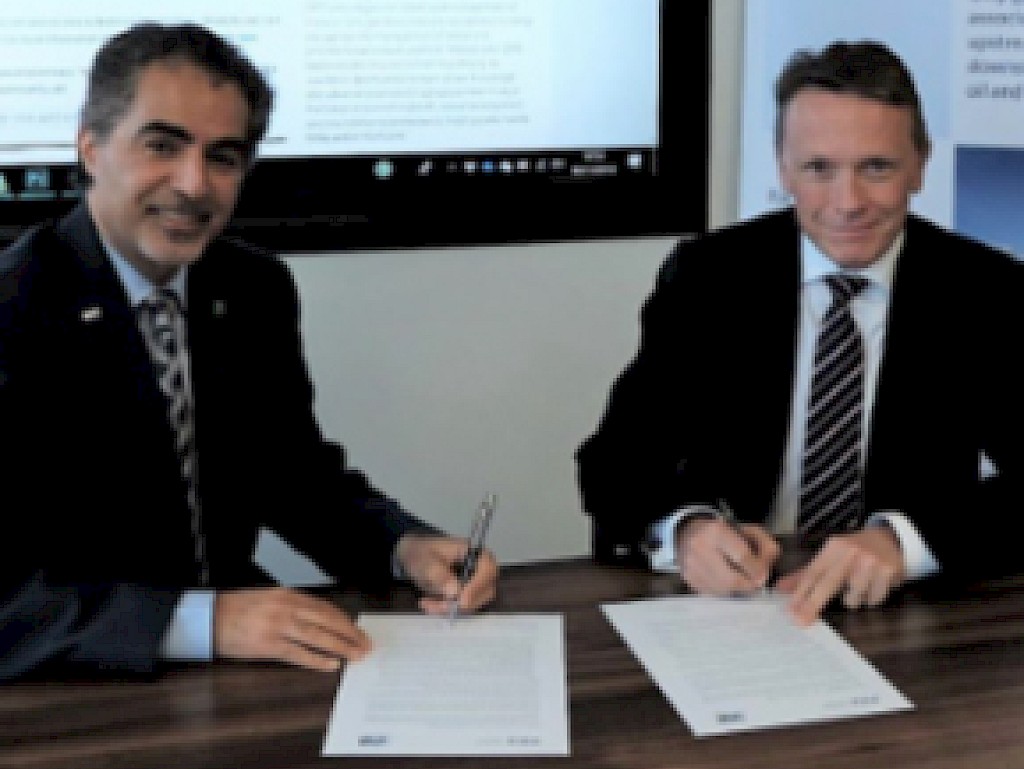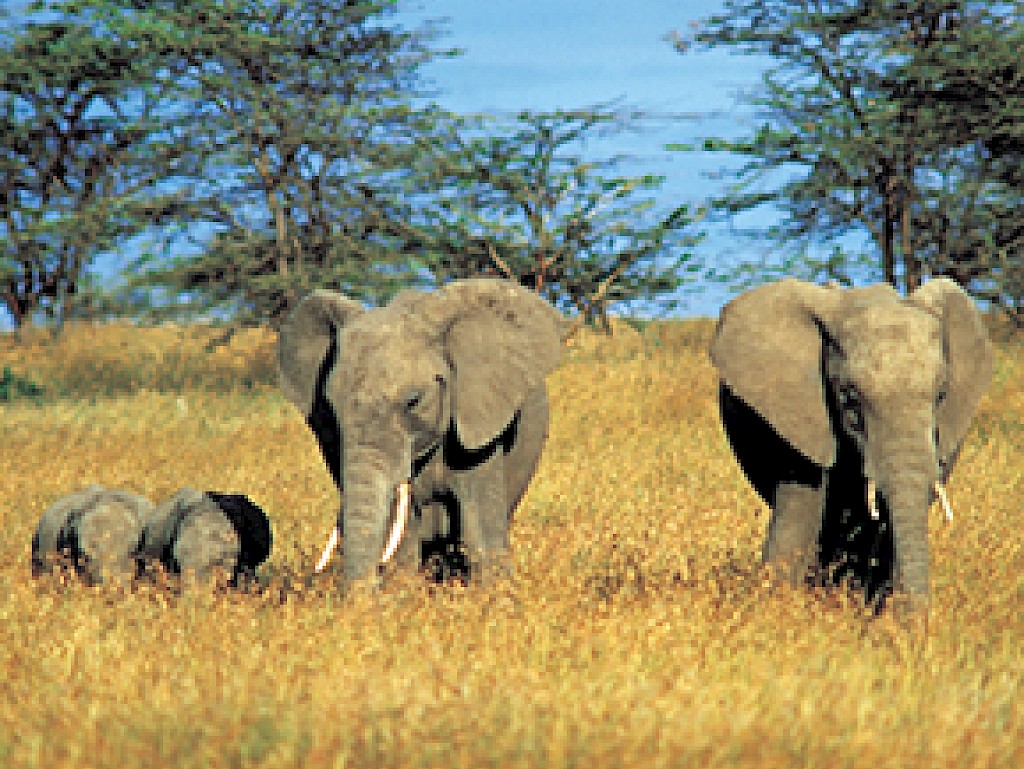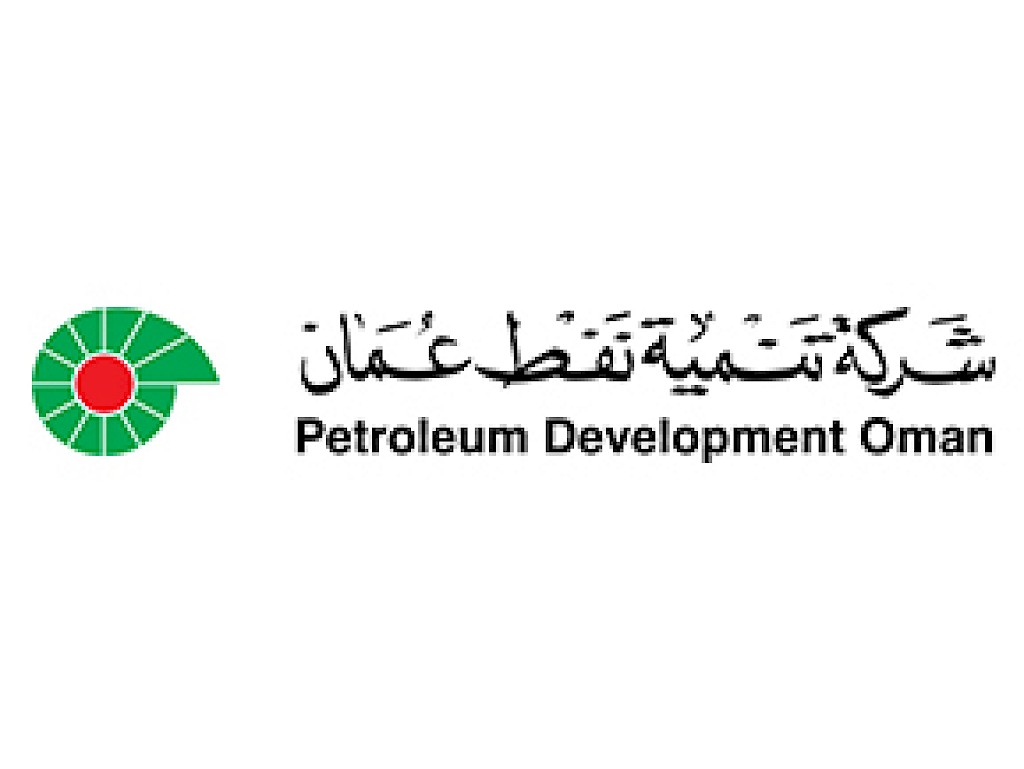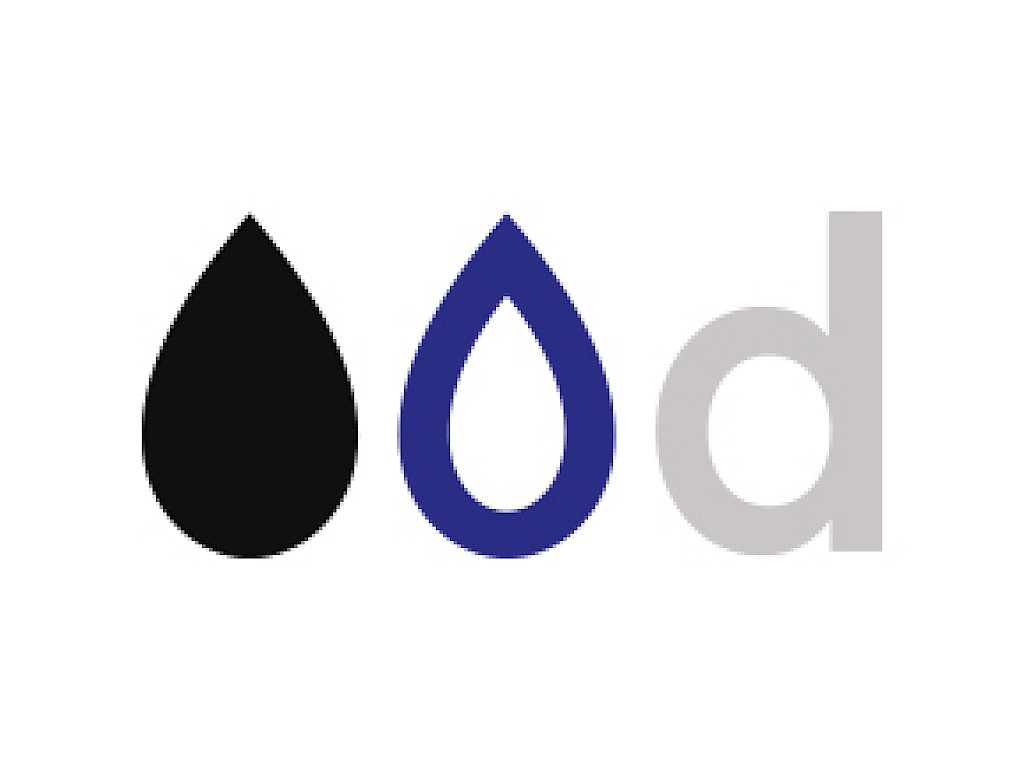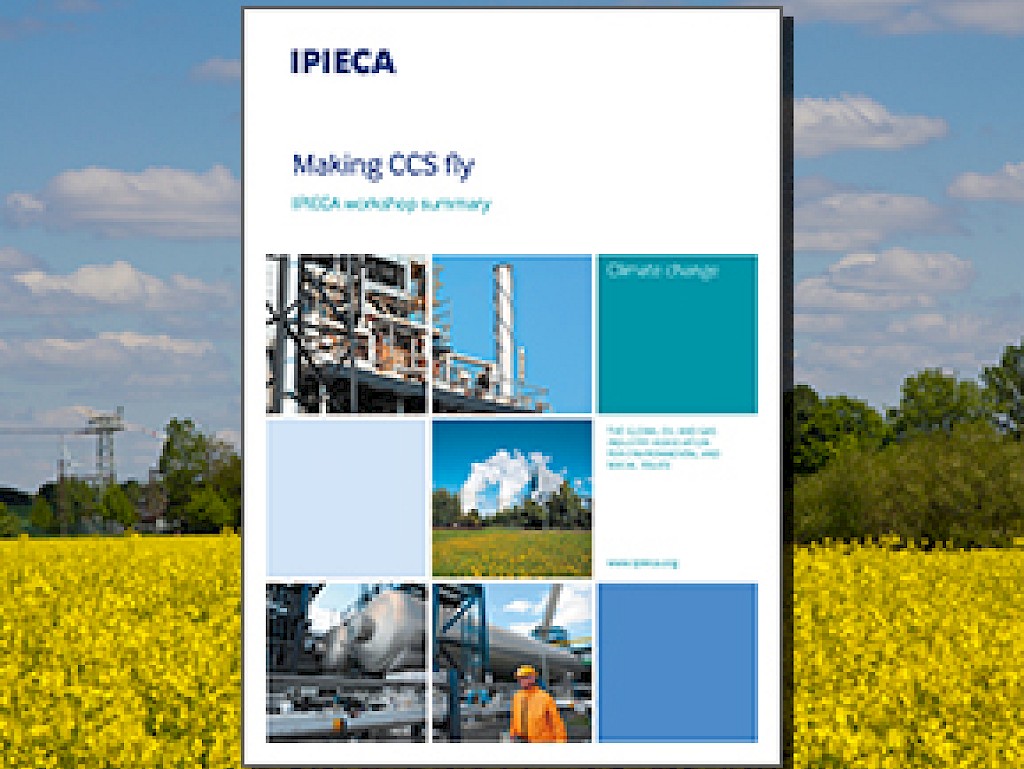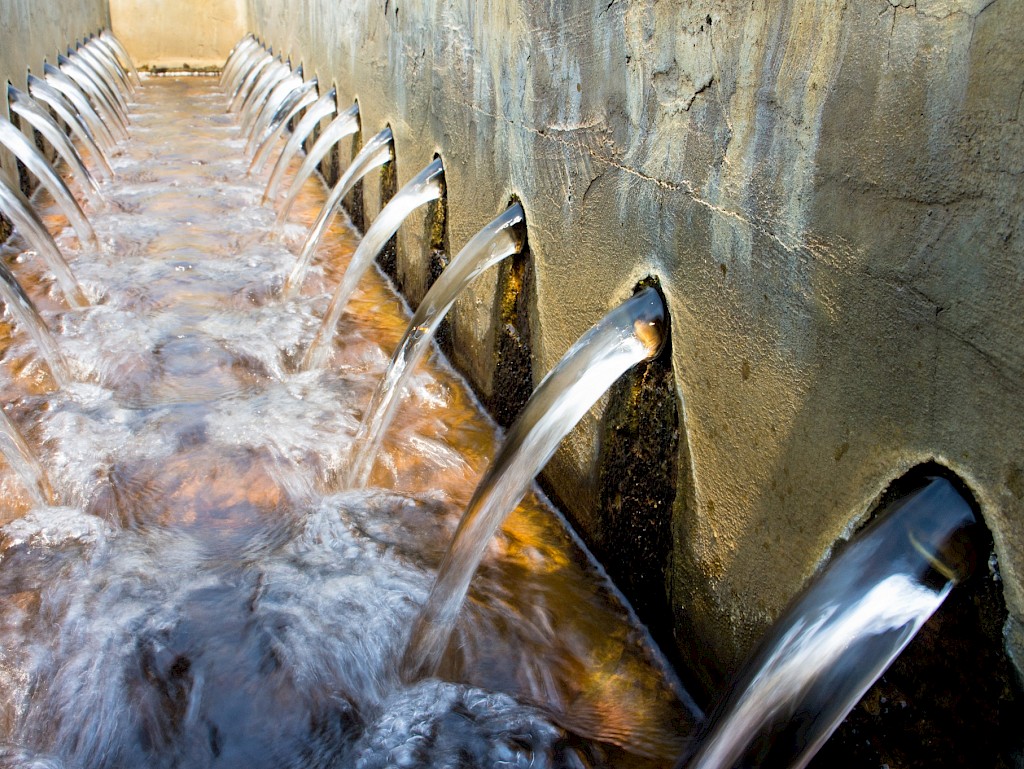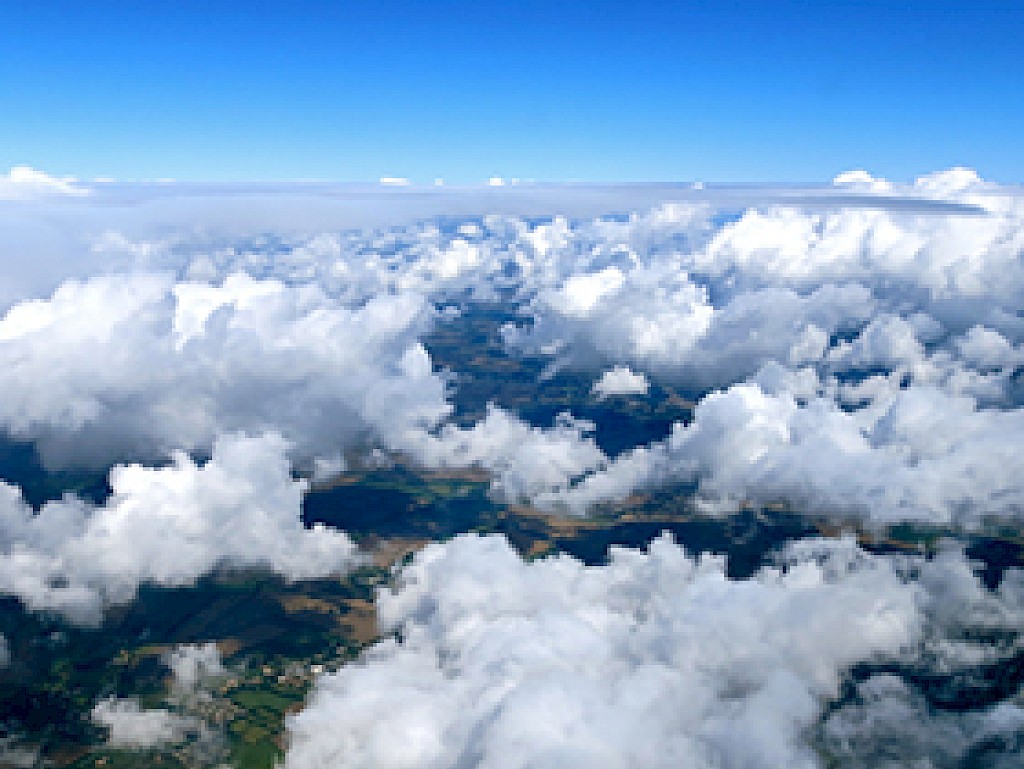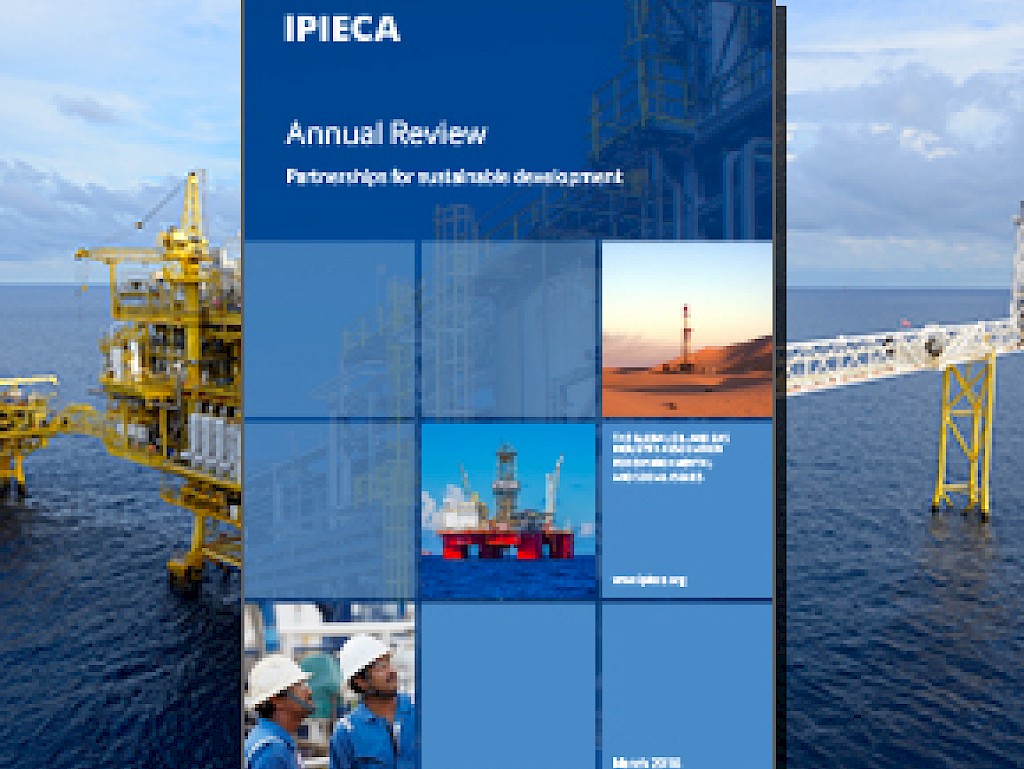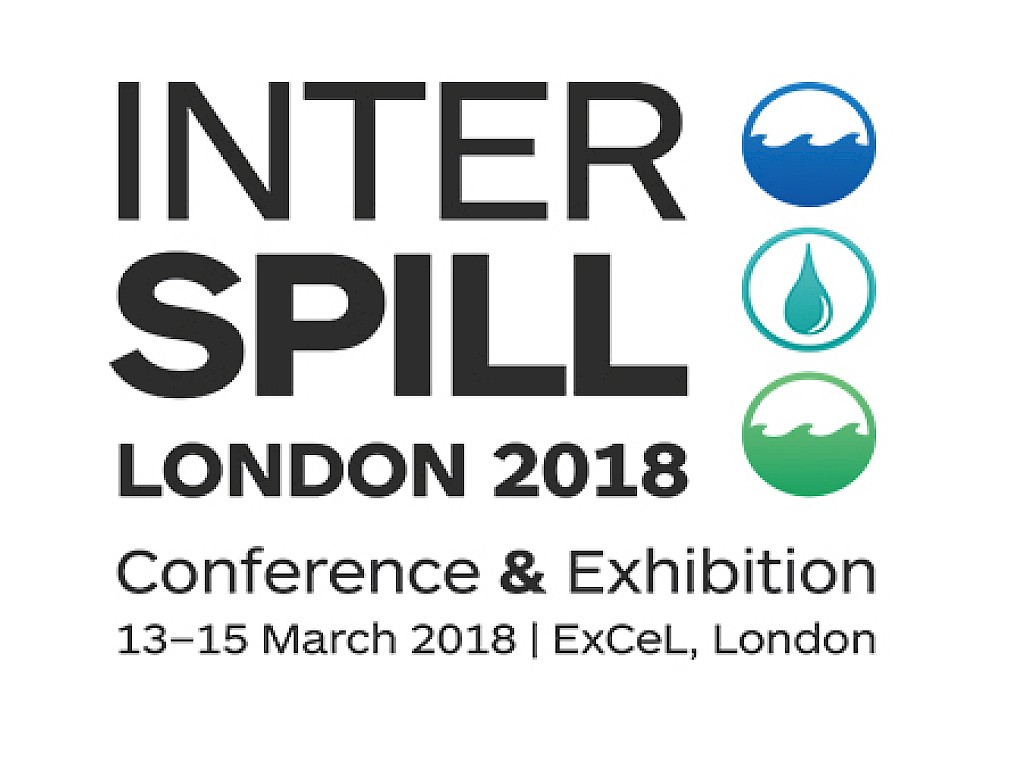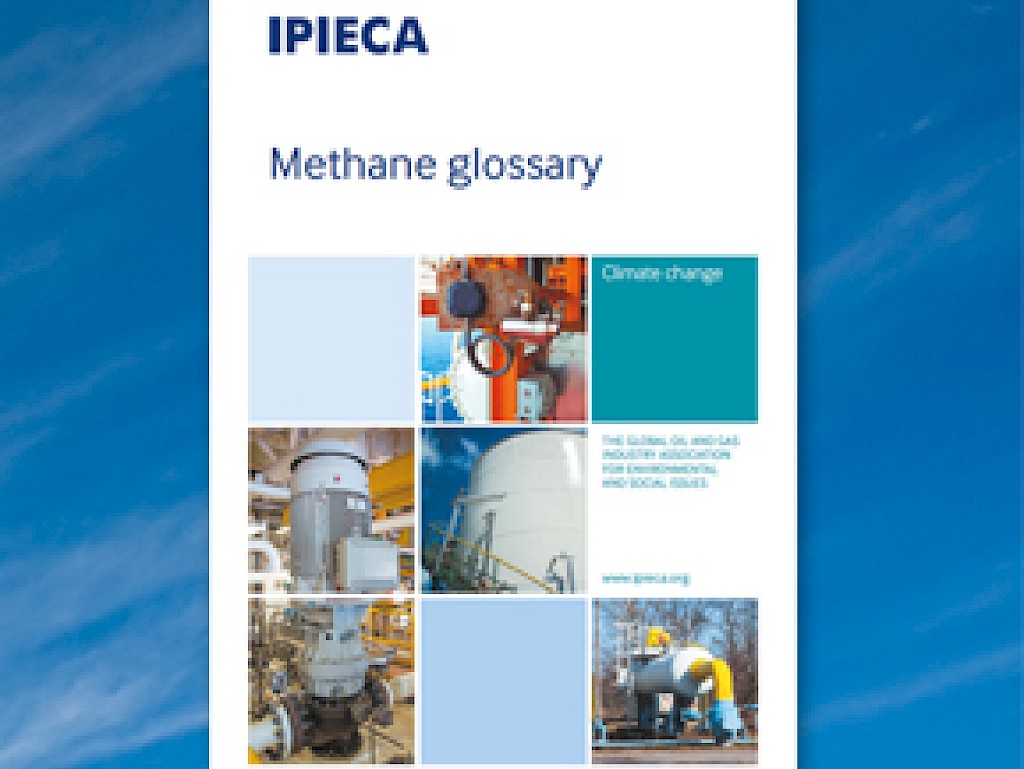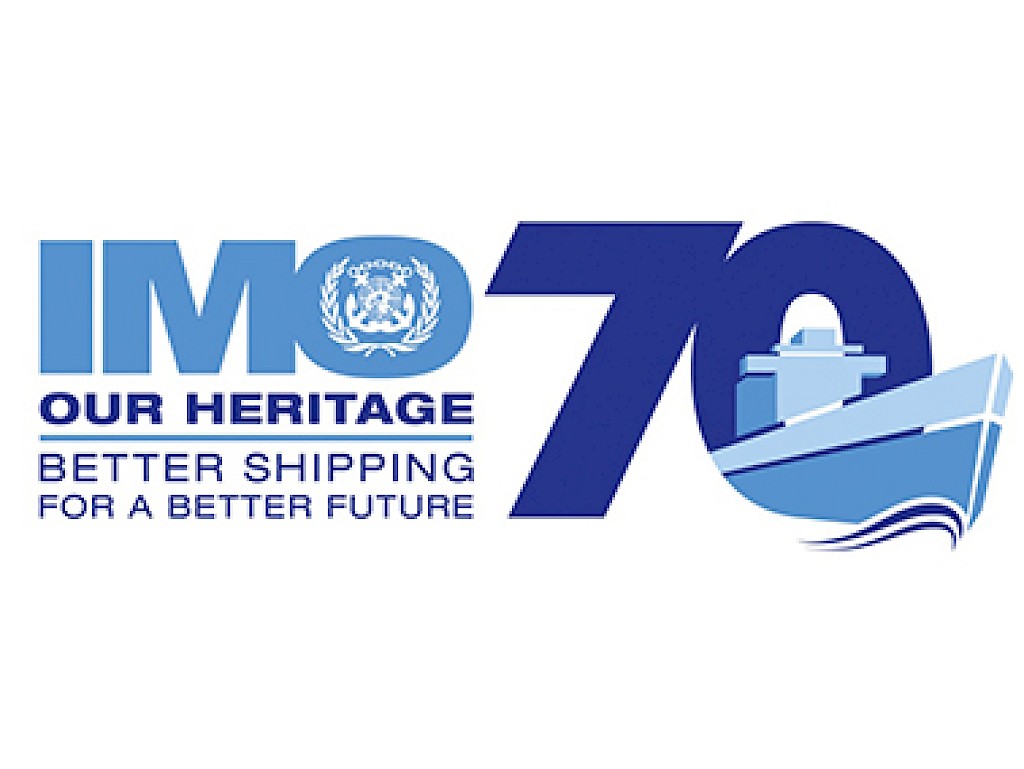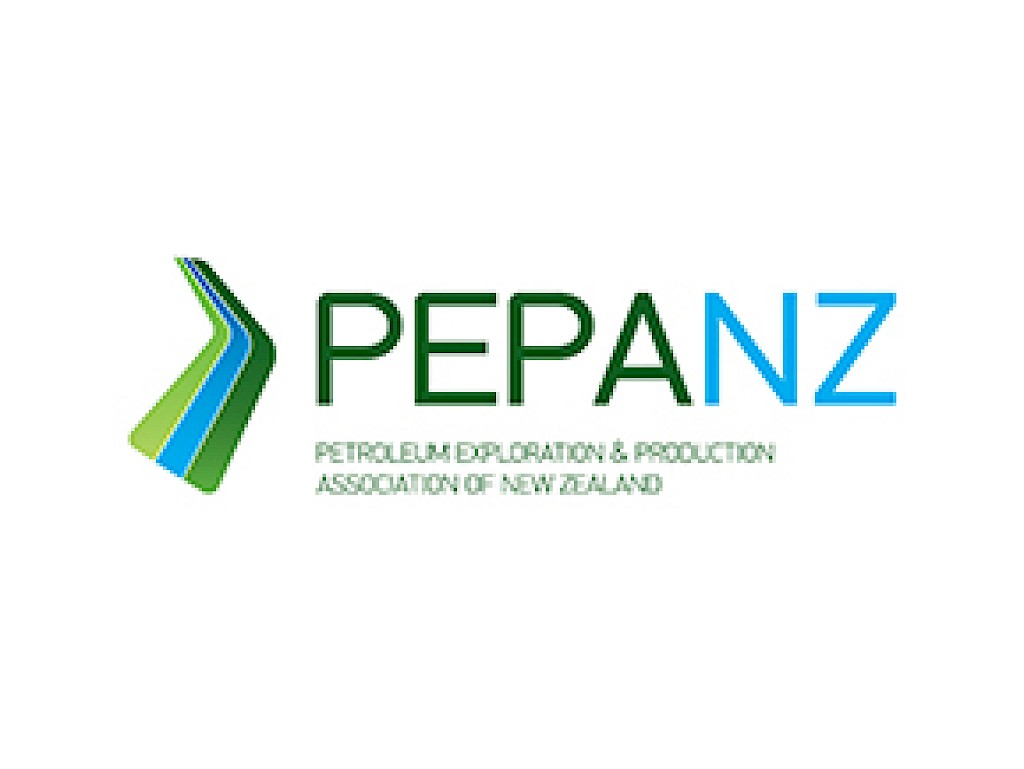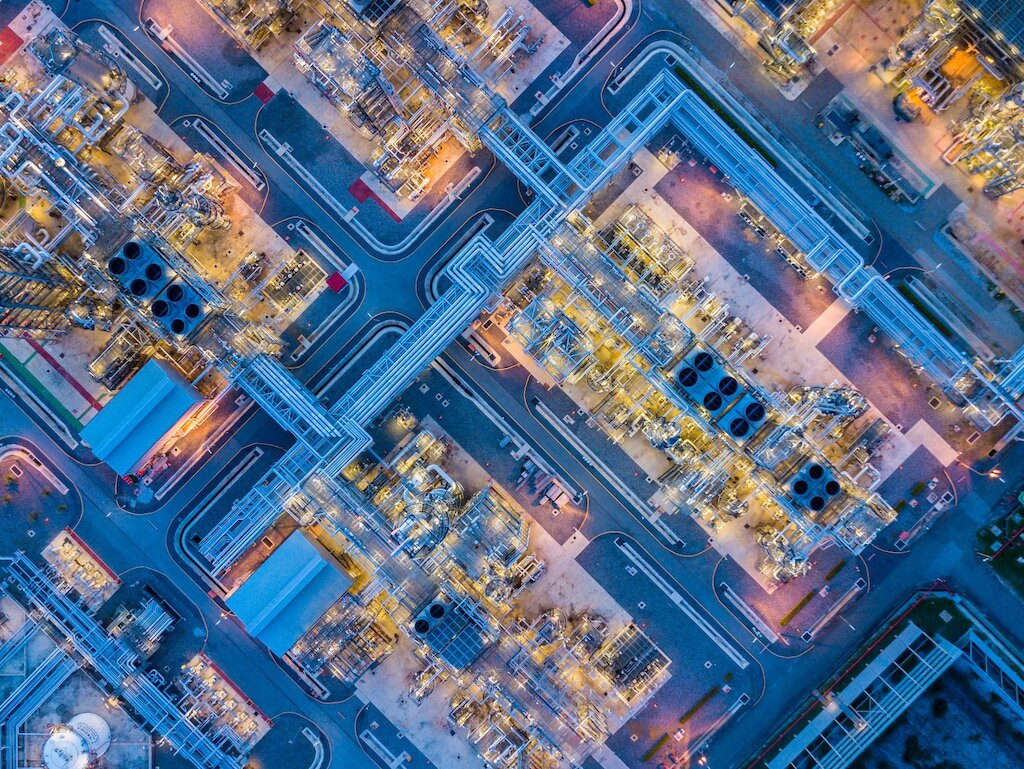
Ipieca, in collaboration with IOGP, has completed the update of the 'Compendium of energy and GHG efficient technologies and practices'. It acts as a centralised resource on technologies and good practices to improve energy performance and reduce GHG emissions across midstream and downstream oil and gas operations.

The fifth edition of the Ipieca-API-IOGP Sustainability reporting guidance: new just transition indicators and updates to the social indicators through a just transition lens.
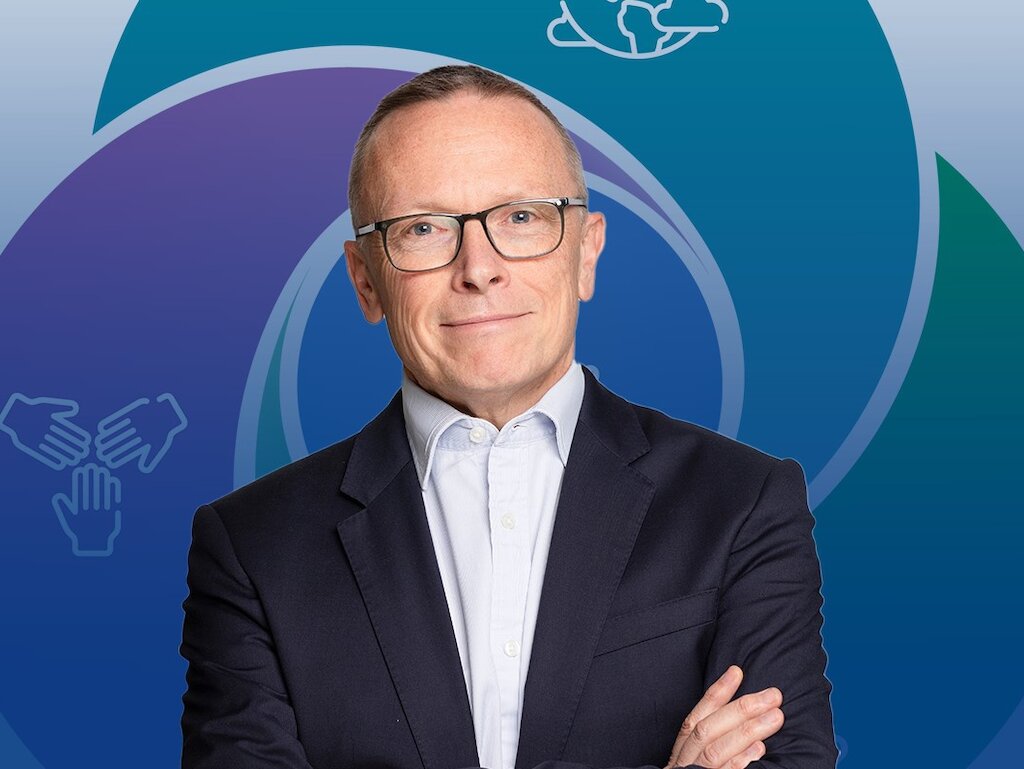
Ipieca’s strategy will lead the integration of climate, nature and people actions across the oil, gas and alternative energy industry value chain, driving the delivery of diverse pathways to net-zero, supporting the resilience and rehabilitation of local communities and ecosystems, and enabling the industry to adapt to the changing reporting landscape.
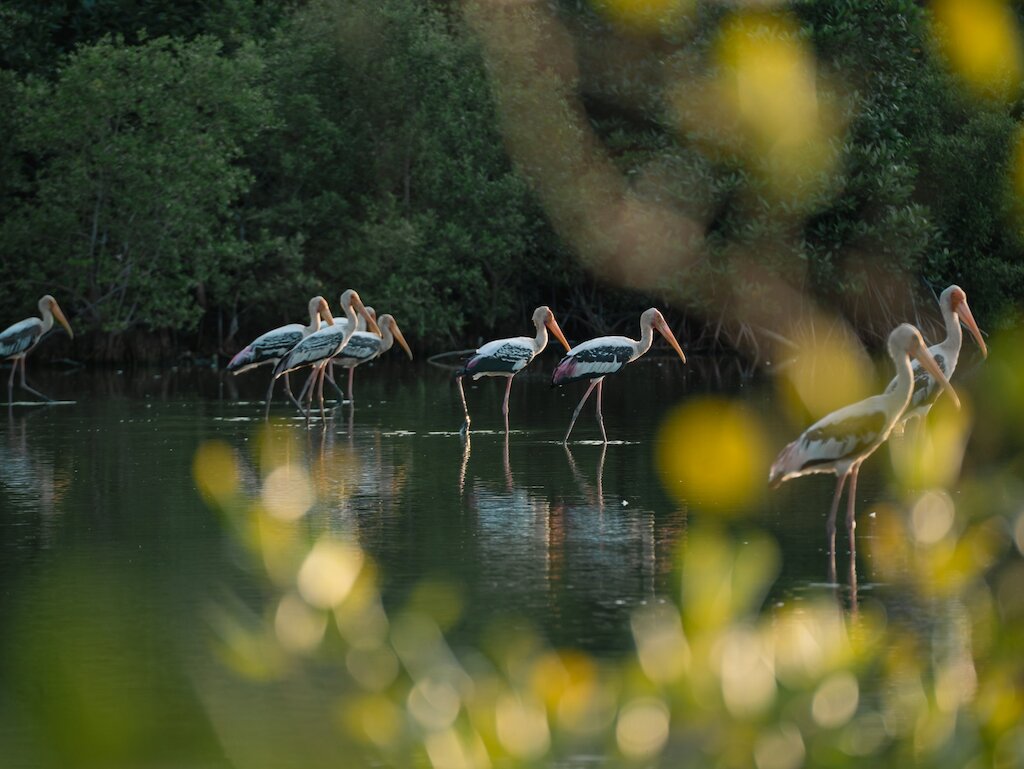
Aligned with the Ipieca Principles on nature to support the aims of the UN CBD and responsibly manage operational impacts on the natural environment and ecosystem services, Ipieca is raising awareness of the International Day for Biological Diversity and resources aligned with the day’s aims.

Responding to the continuous advancement of technology, this update expands the number of technologies included in the joint Ipieca-IOGP-OGCI- Energy Institute guidance and online technology filtering tool.
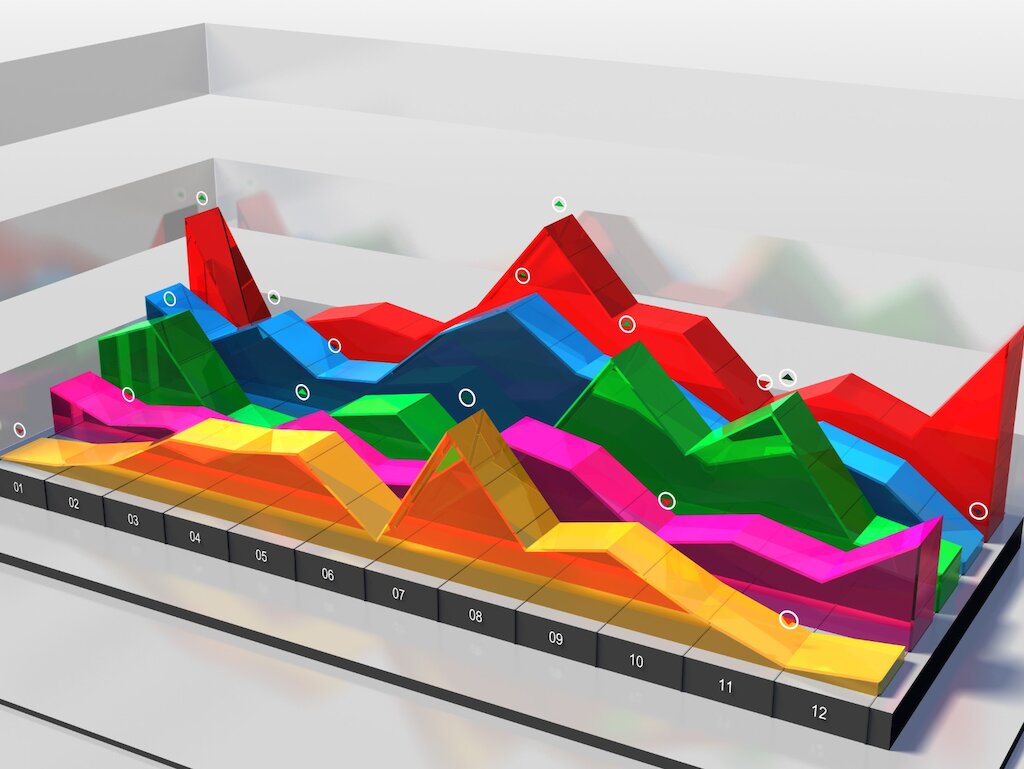
We are pleased to introduce Ipieca’s new interactive dashboard, built on insights from our annual sustainability reporting survey. This tool highlights key findings from surveys conducted since 2012, enabling year-on-year comparisons of reporting practices and changing priorities across the industry.
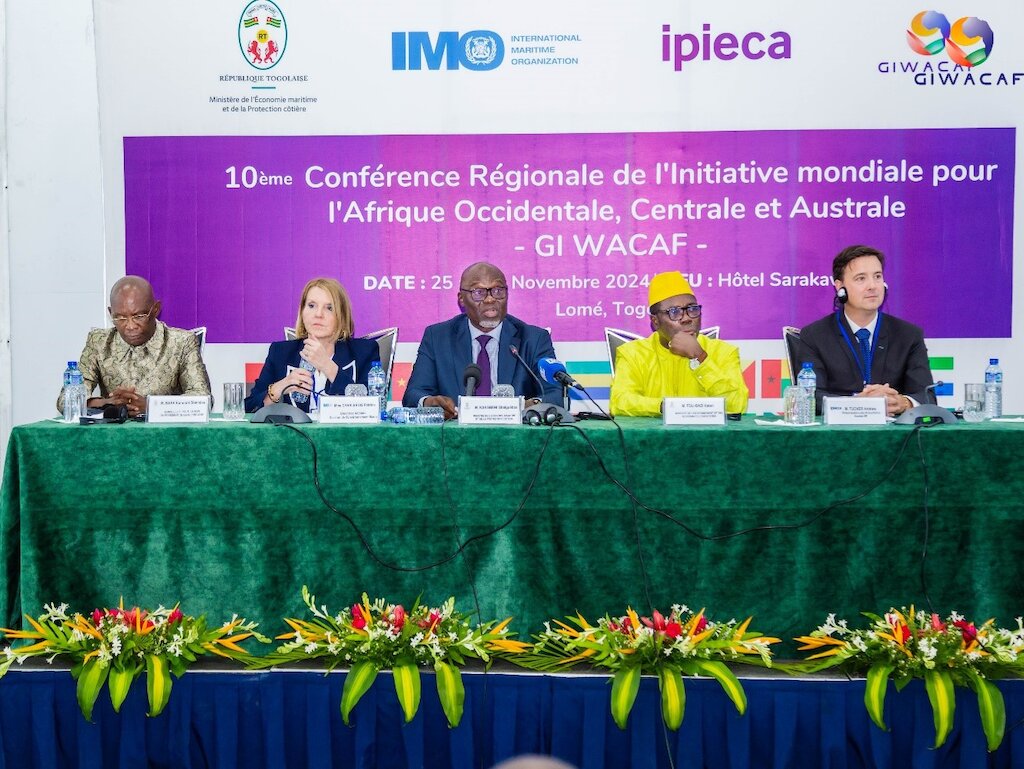
Taking place in Togo, the conference brought together 120 participants, including key government and industry representatives from 20 African countries to share good practice and provide technical support to enhance oil spill preparedness and response.
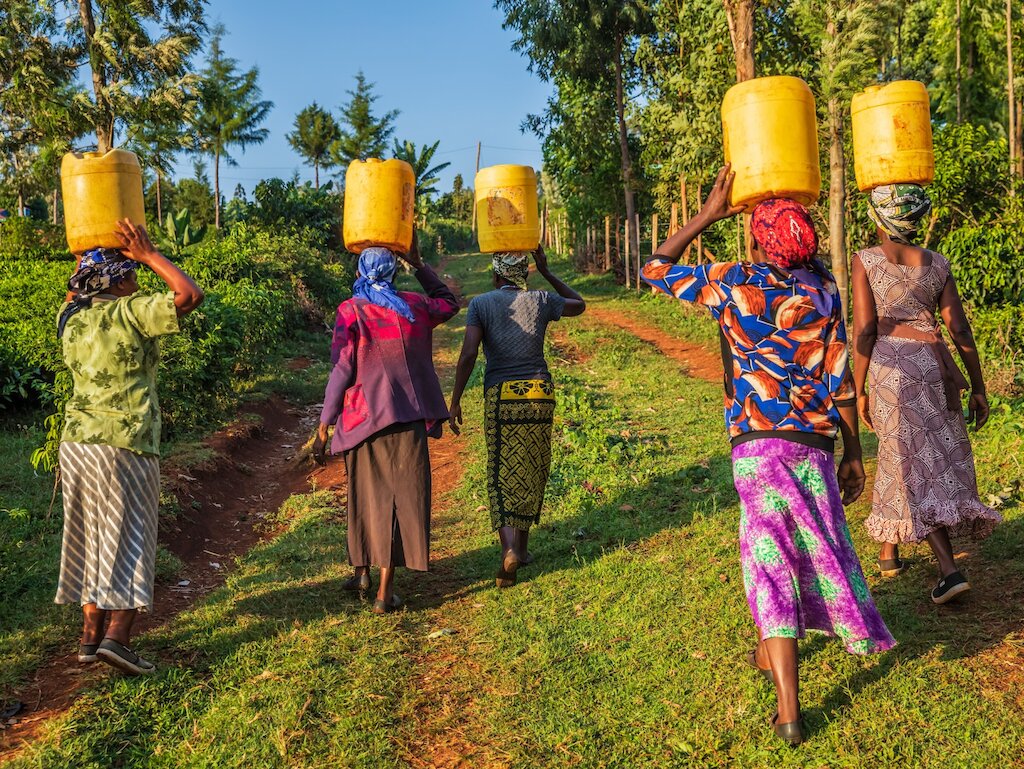
Human Rights Day is observed annually on 10 December, commemorating the anniversary of the Universal Declaration of Human Rights. This year’s theme is: ‘Our Rights, Our Future, Right Now’, recognising the importance and relevance of human rights in our everyday lives and how they can help to forge a more peaceful, equal and sustainable future.
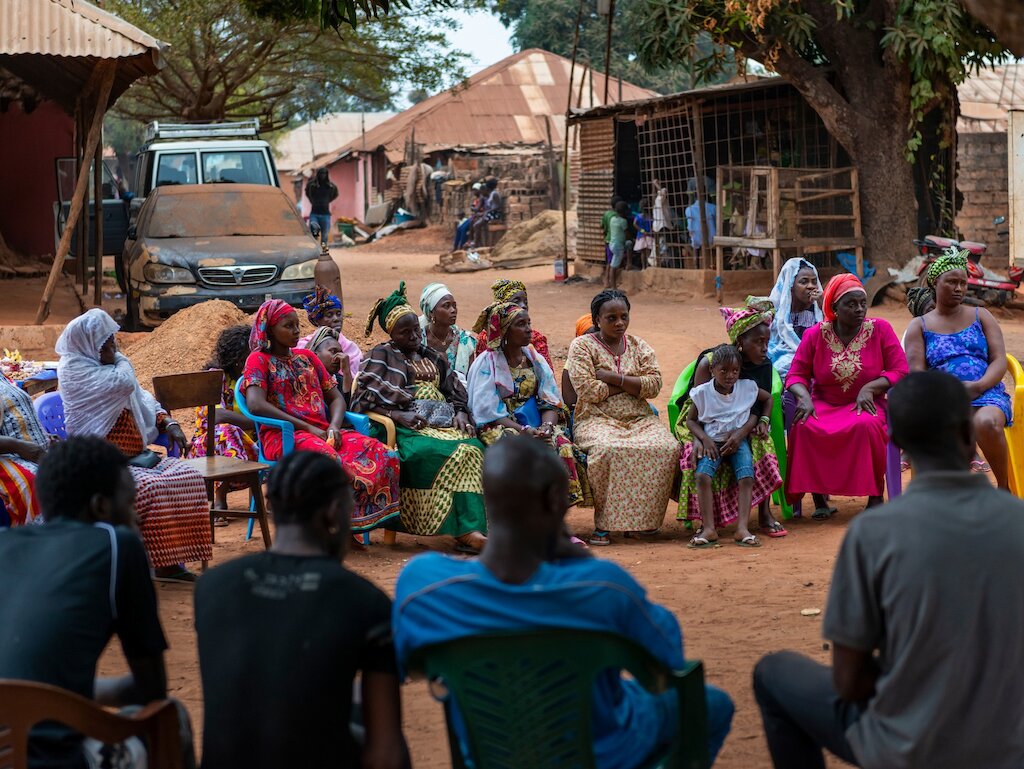
This new resource supports oil, gas and alternative energy companies and practitioners to undertake engagement with local stakeholders that moves beyond meeting the minimum expectations, by providing guidance on broader, inclusive and ongoing two-way processes for ‘meaningful engagement’.
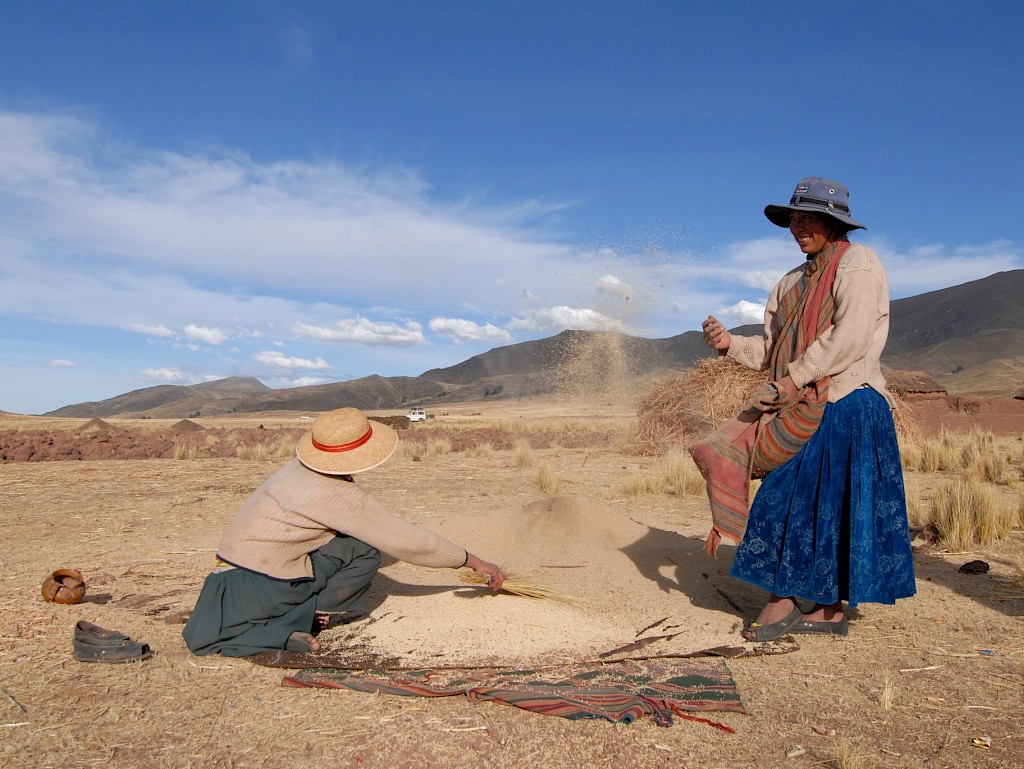
The International Day of the World’s Indigenous Peoples takes place annually on 9 August to celebrate Indigenous Peoples and their knowledge. The theme this year is ‘Protecting the rights of Indigenous Peoples in voluntary isolation and initial contact’.
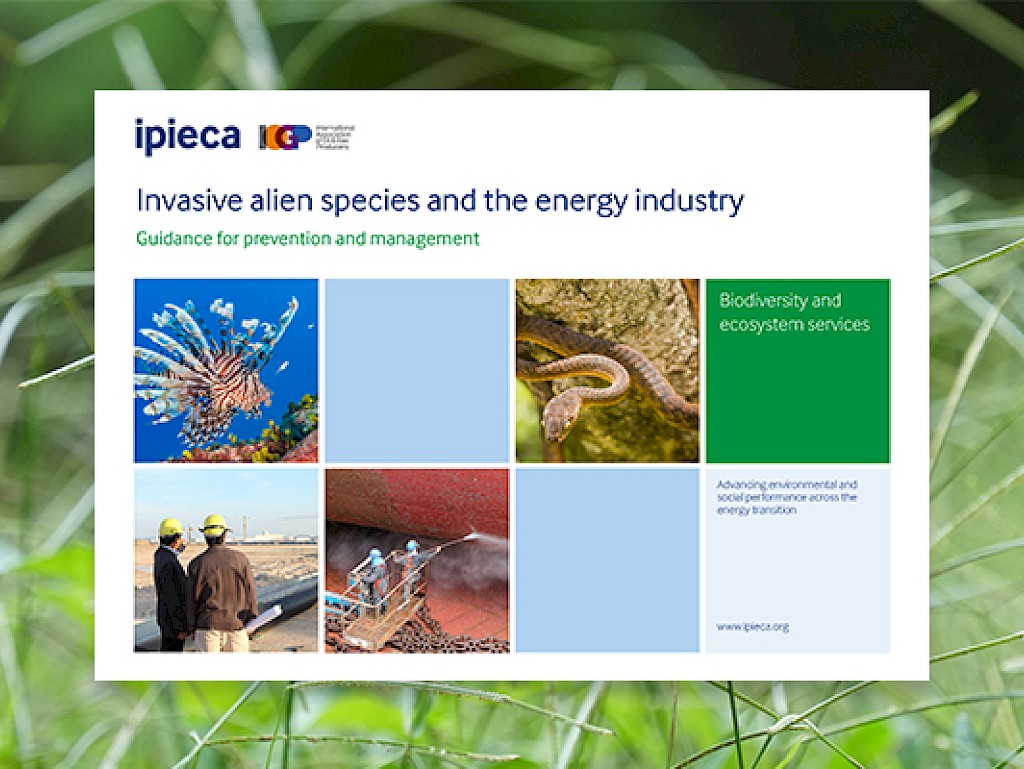
The increasing global movement of people and goods elevates the risk of the introduction, spread, and establishment of invasive alien species (IAS), impacting biodiversity and businesses. Ipieca and IOGP are pleased to launch updated guidance for prevention and management.
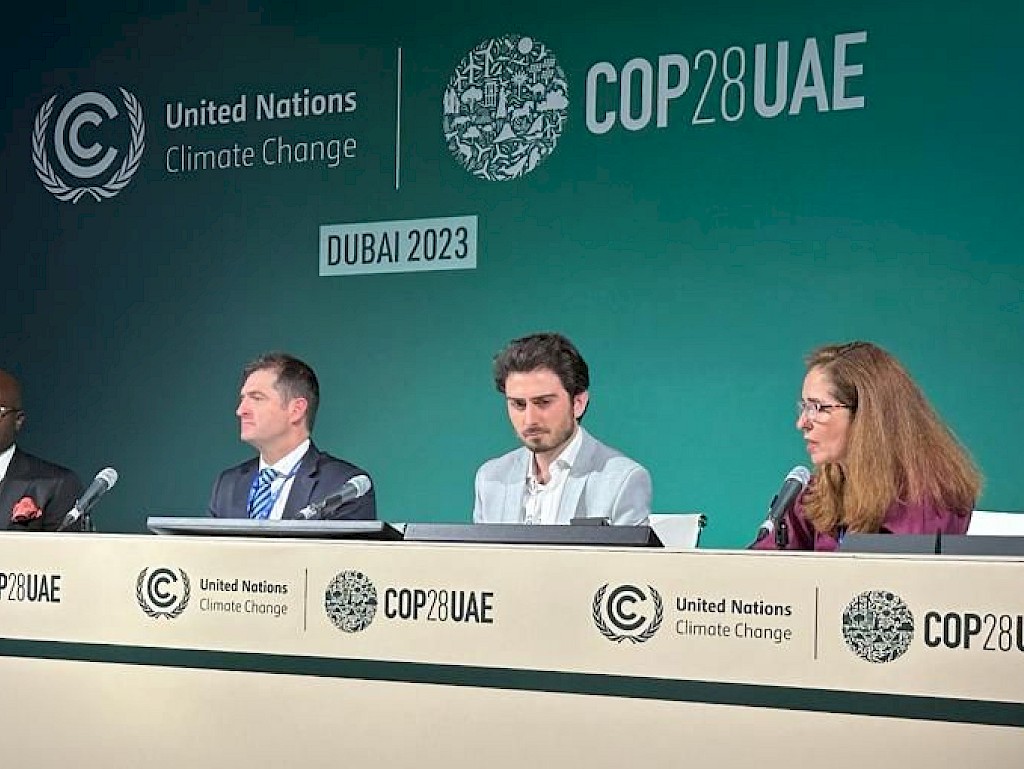
As part of its support of COP events and the Paris Agreement, and in line with the Ipieca Principles, Ipieca raises awareness of COP outcomes, shares on the ground learnings and insights, and produces practical guidance and tools to support the industry contribute to achieving COP objectives.
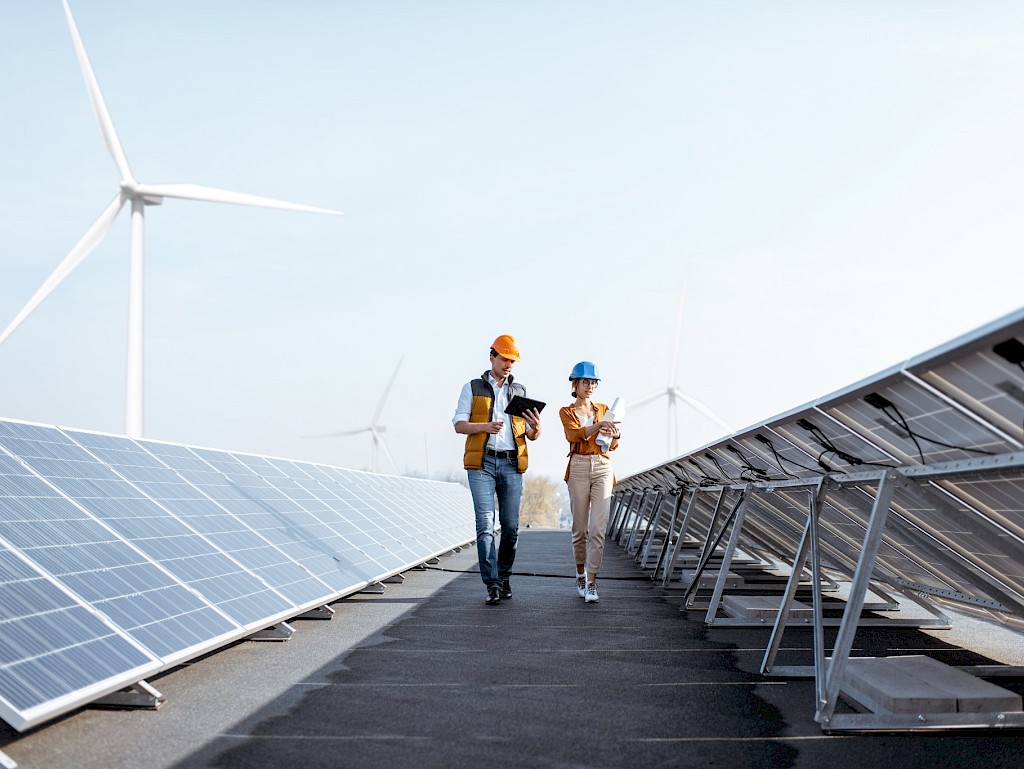
The document provides a review of good practices for environmental and social risks across the supply chain and carbon footprint management across the project life cycle of onshore and offshore wind and solar PV technologies.

The annual survey identifies trends in the sustainability reporting practices of Ipieca member companies. The results provide an overview of current practices, identify widely used performance indicators and emerging trends, allow companies to learn from their peers, and improve industry communication around sustainability issues.
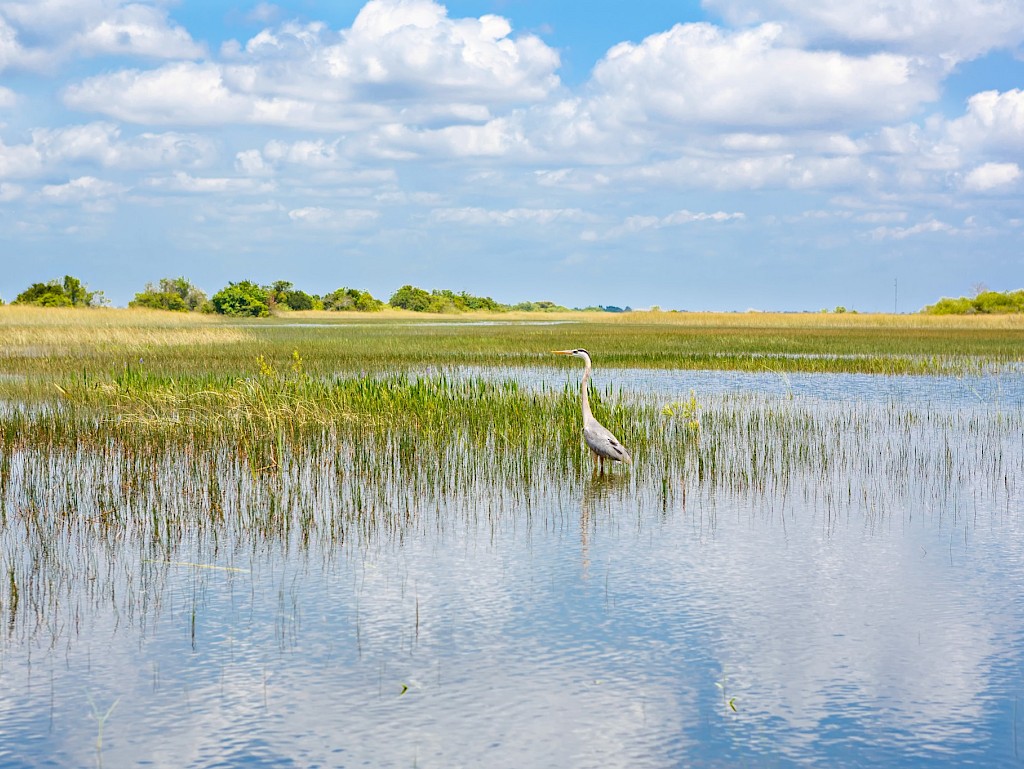
The new awareness briefing builds a shared understanding of carbon-compensated products, their role in supporting net-zero ambitions and the energy transition, and explores good practice in using them.
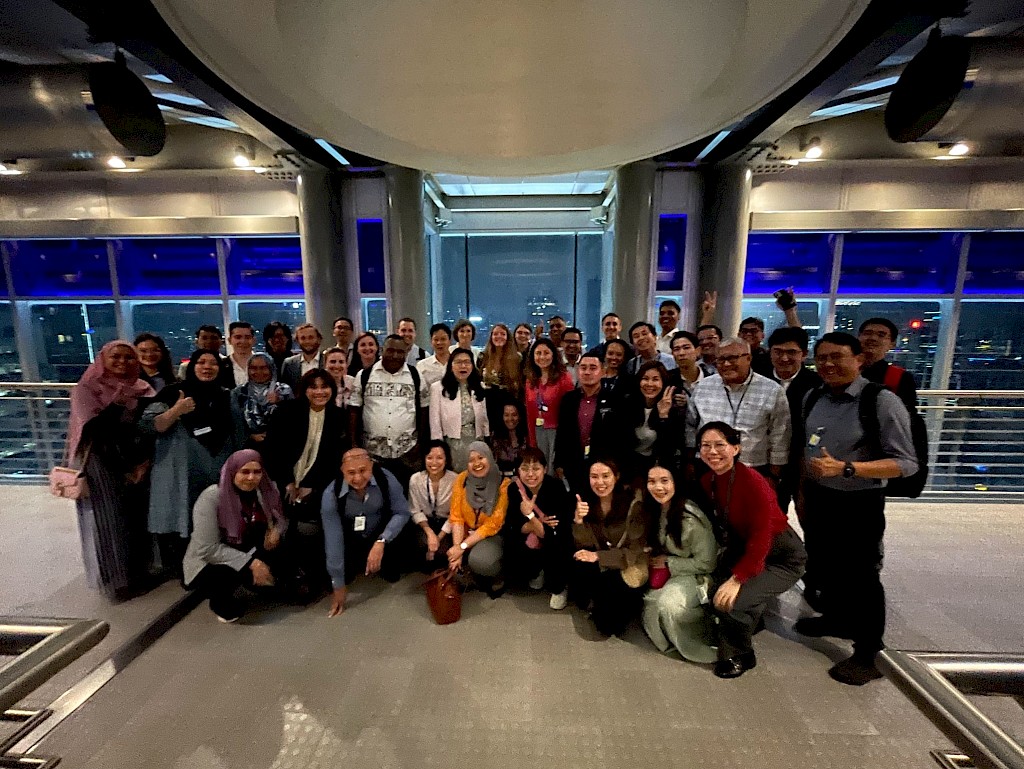
The three-day workshop, run by Ipieca, facilitated by UNEP-WCMC, and hosted by PETRONAS in Kuala Lumpur was followed by a field trip to a peat reserve to see biodiversity management and restoration practices in real life.
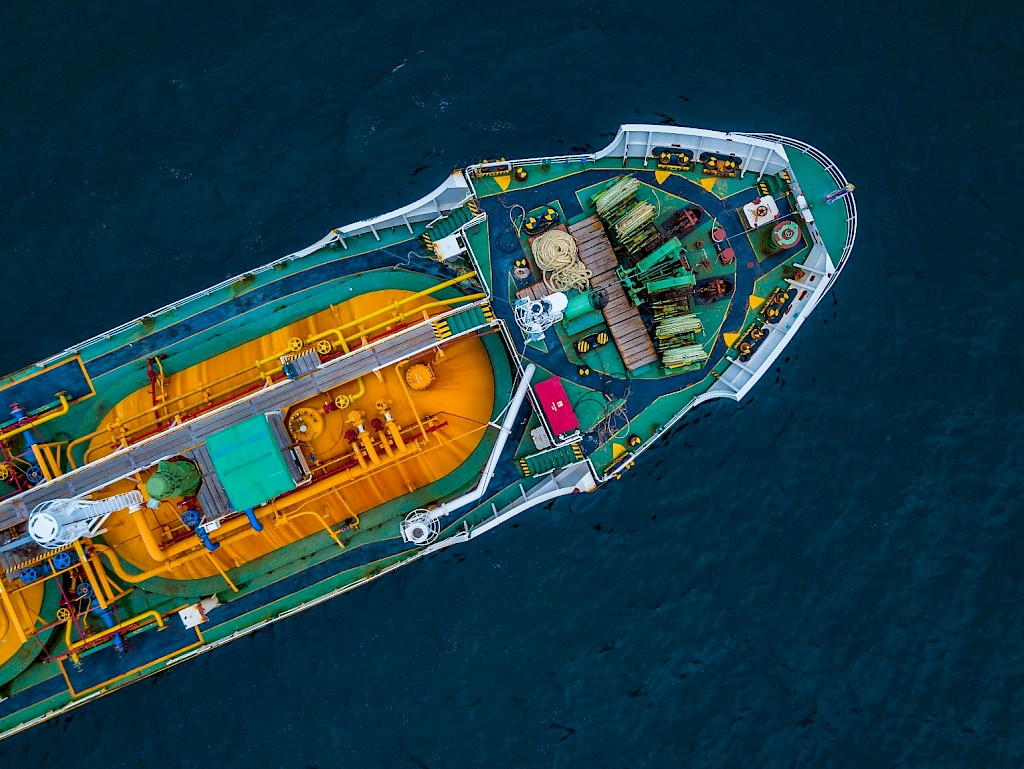
This year's theme, 'MARPOL at 50 - our commitment goes on', reflects the organization's history of protecting the environment from the impact of shipping. Ipieca works to support MARPOL through a range of expertise around technologies, GHG emissions reduction, marine spill preparedness and response, health and safety.
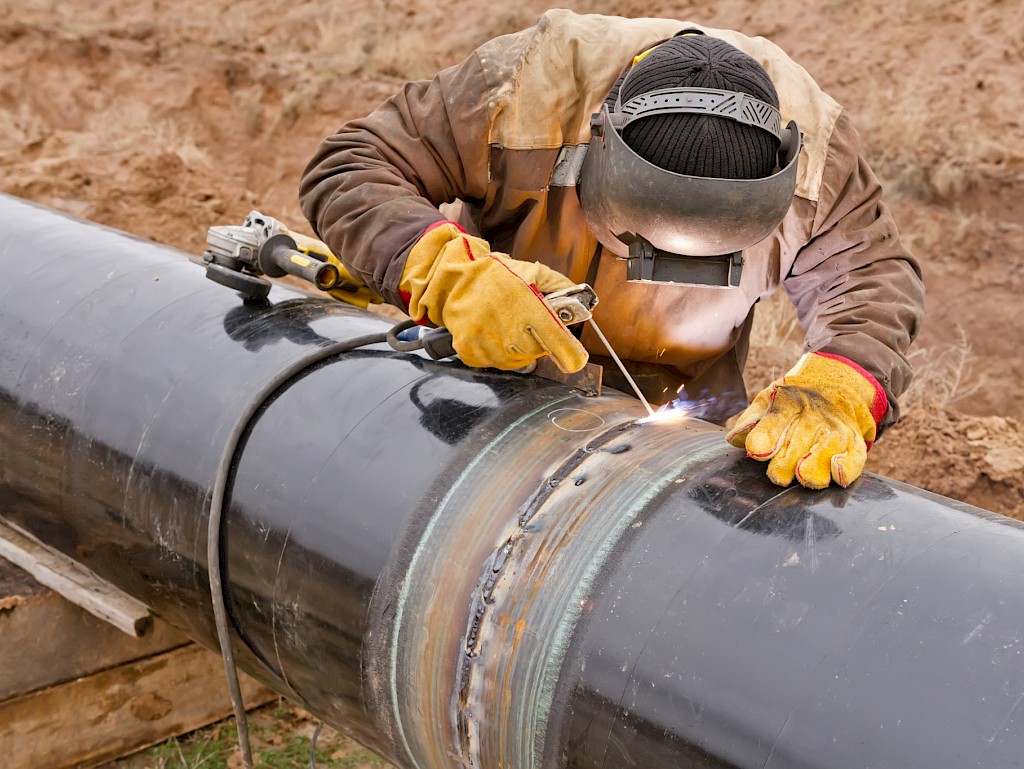
The network brings together the ILO with businesses of all sizes and sectors from around the globe to develop actionable resources and tools, and devise local solutions that help shape national frameworks to eradicate forced labour.
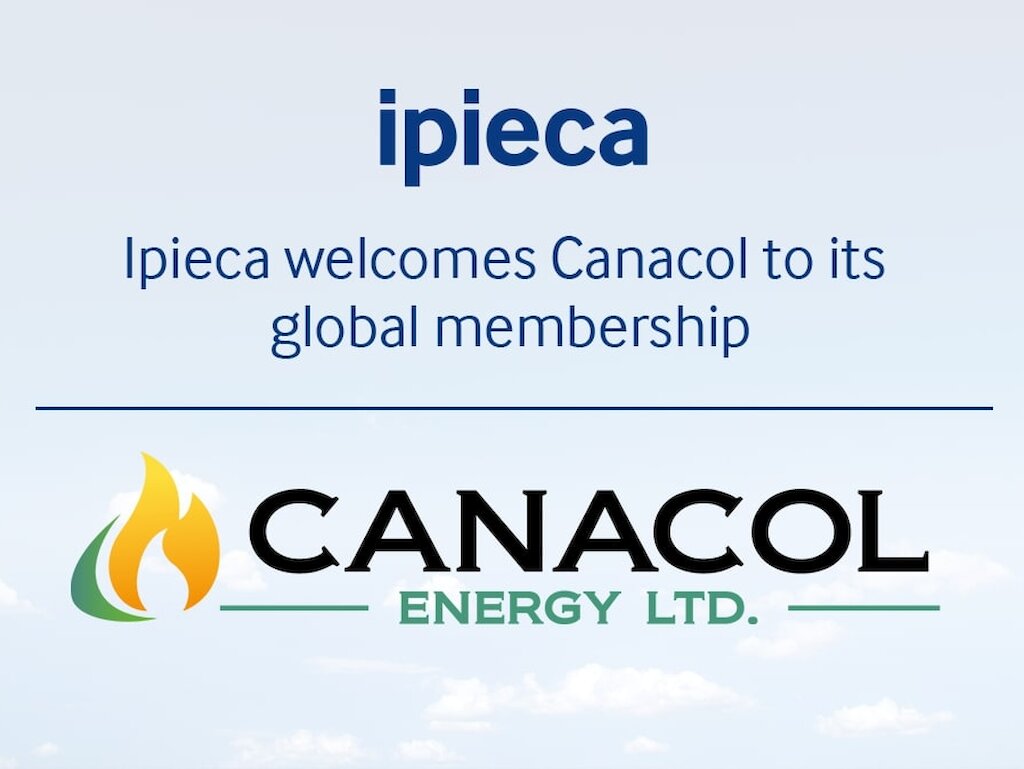
Ipieca is pleased to welcome Canacol Energy, an independent onshore conventional natural gas exploration and production company in Colombia, as its newest corporate member. Ipieca’s global membership now stands at 80. About Canacol Energy … Natural gas is playing an increasingly important role in the global energy transition.
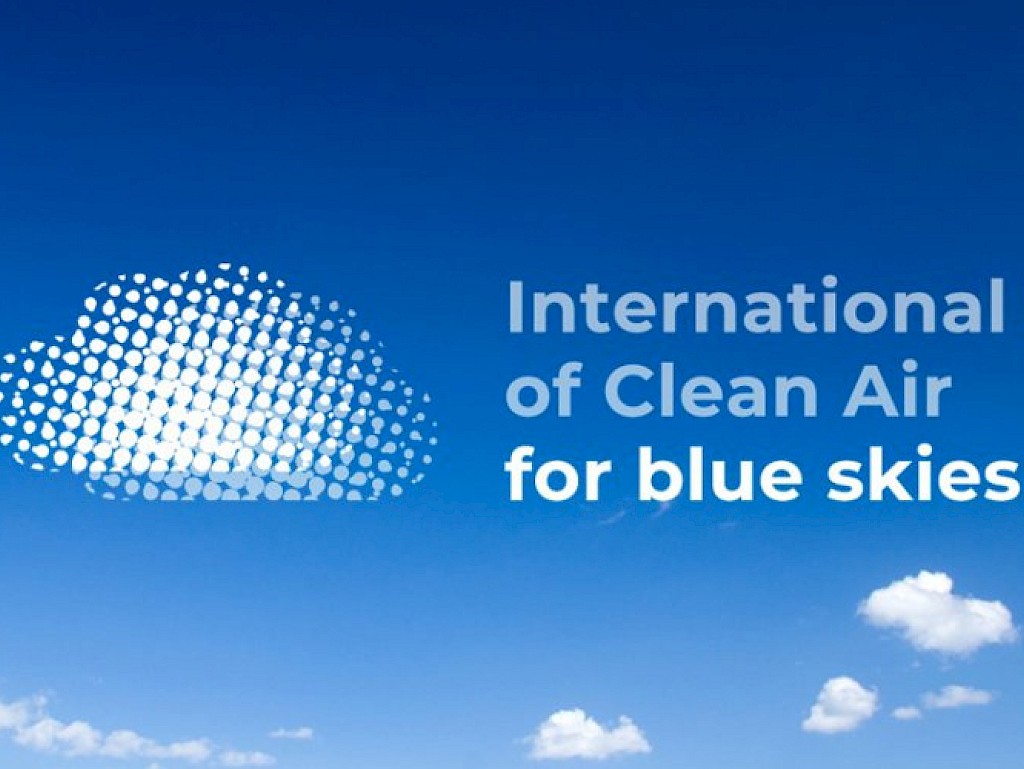
The theme of this year's International Day of Clean Air for Blue Skies is 'The Air we share'. It highlights the need for collective action to tackle air pollution. Ipieca supports international efforts to improve air quality in a number of ways.
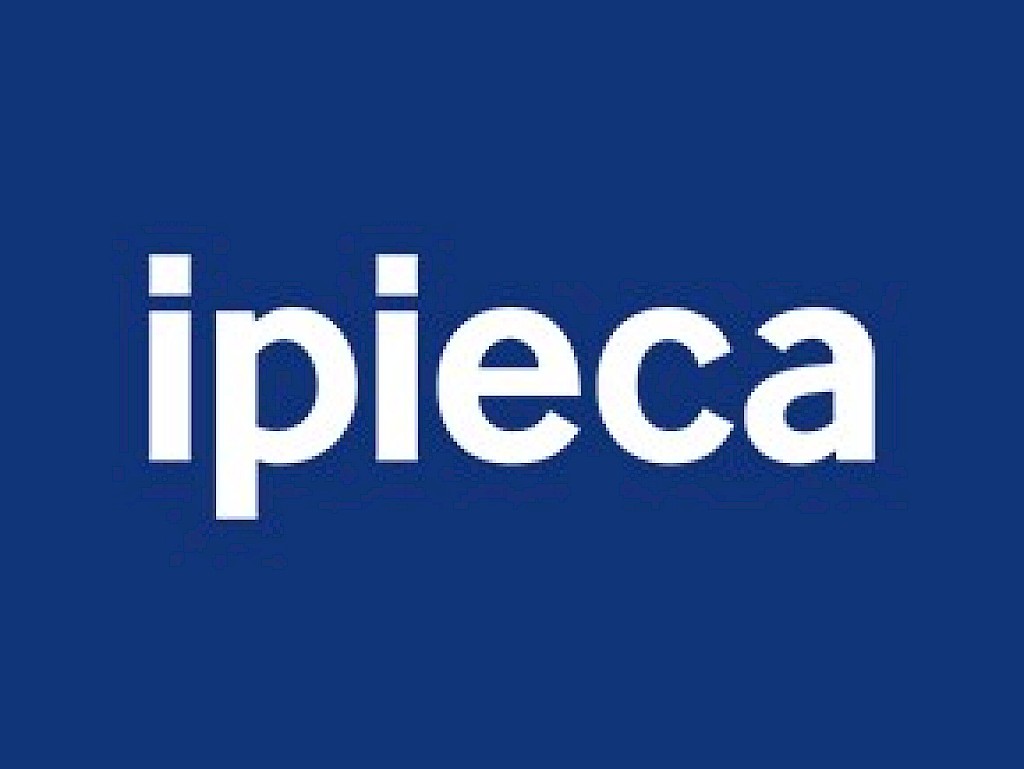
An article published by Global Environmental Change on 19 October 2021 characterised Ipieca as working in the late 1980s to emphasise climate science uncertainties. This is a characterisation that Ipieca does not recognise.
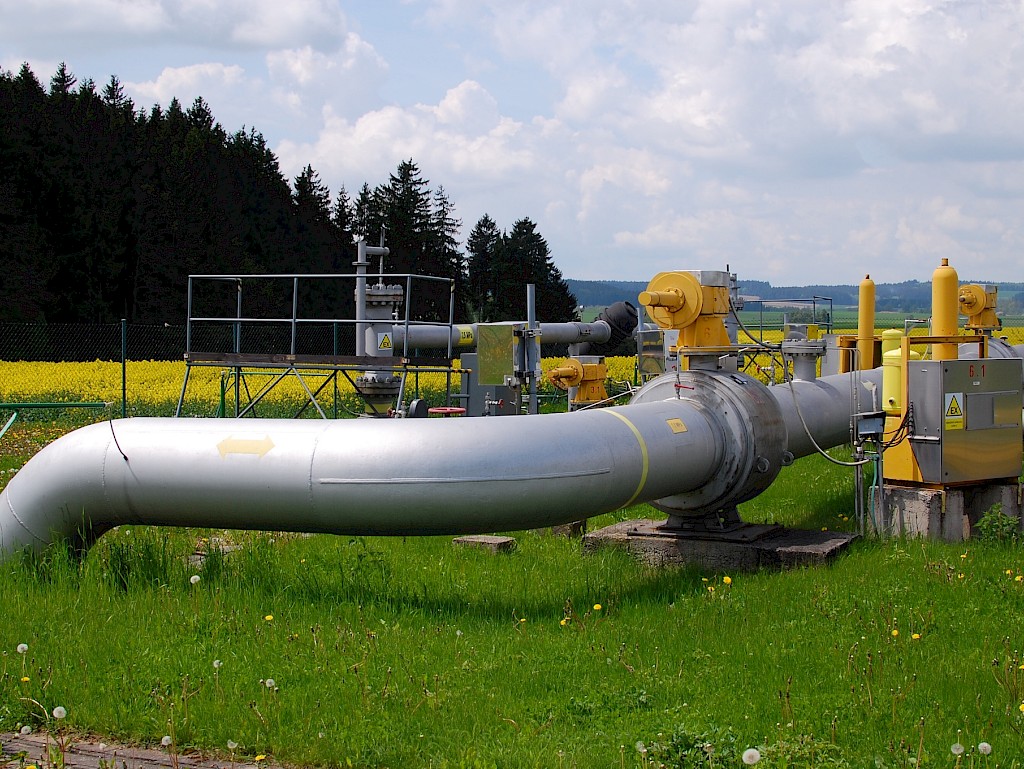
OGCI, IOGP and Ipieca have launched a joint project to develop a common set of recommended practices for methane emissions detection and quantification technologies, applicable to the upstream oil and gas industry.
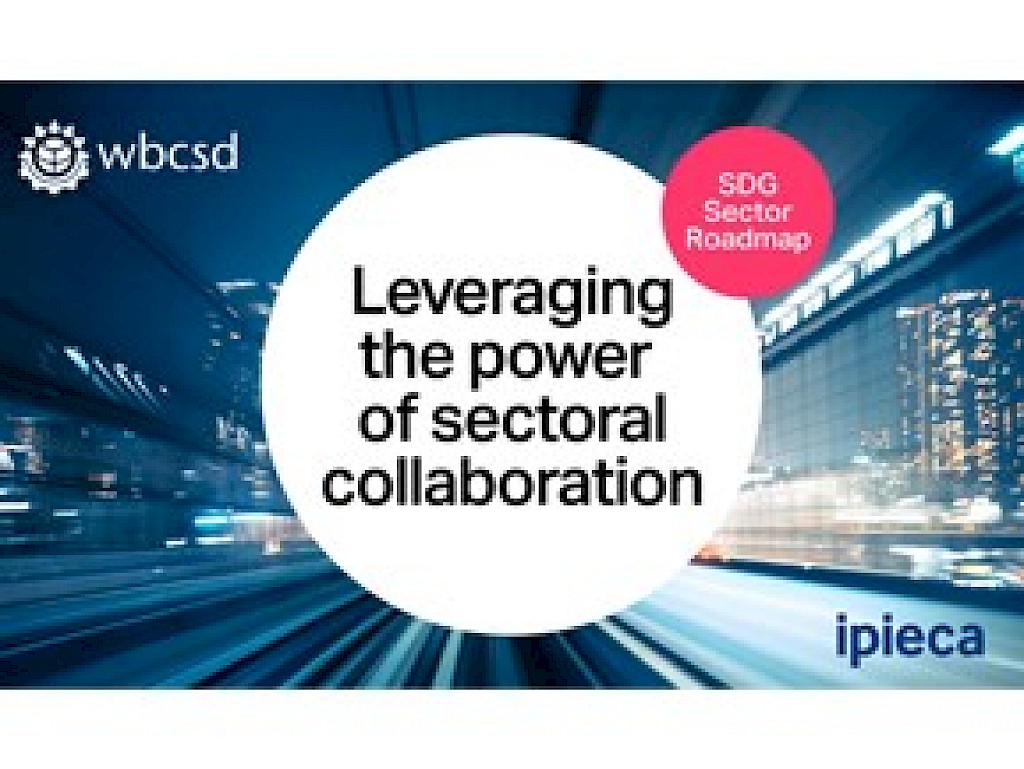
This initiative will seek to bring leading representatives from the sector together to explore, articulate and realize the potential of the oil and gas industry to contribute to the Sustainable Development Goals (SDGs).
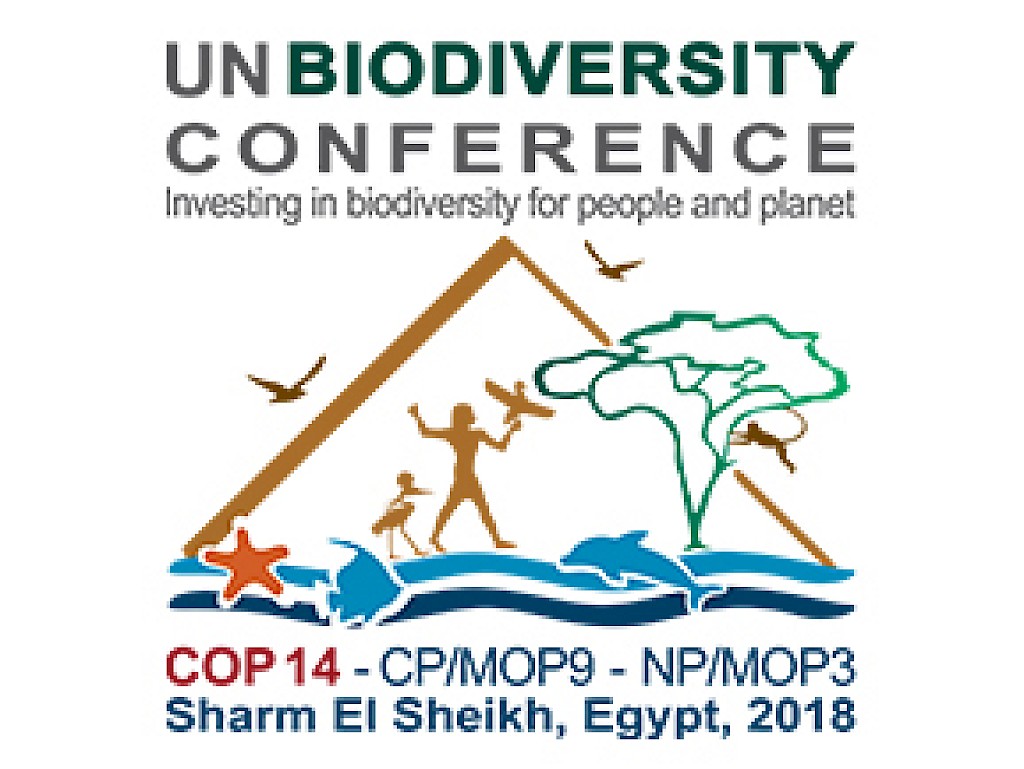
The 14th meeting of the Conference of the Parties to the Convention on Biological Diversity (CBD COP-14) will take place from the 17-29 November 2018, in Sharm El-Sheikh, Egypt. The event aims to step up efforts to halt biodiversity loss and protect ecosystems that support food and water security and health for billions of people. At the last COP, a decision to mainstream and integrate biodiversity within and across sectors was adopted.
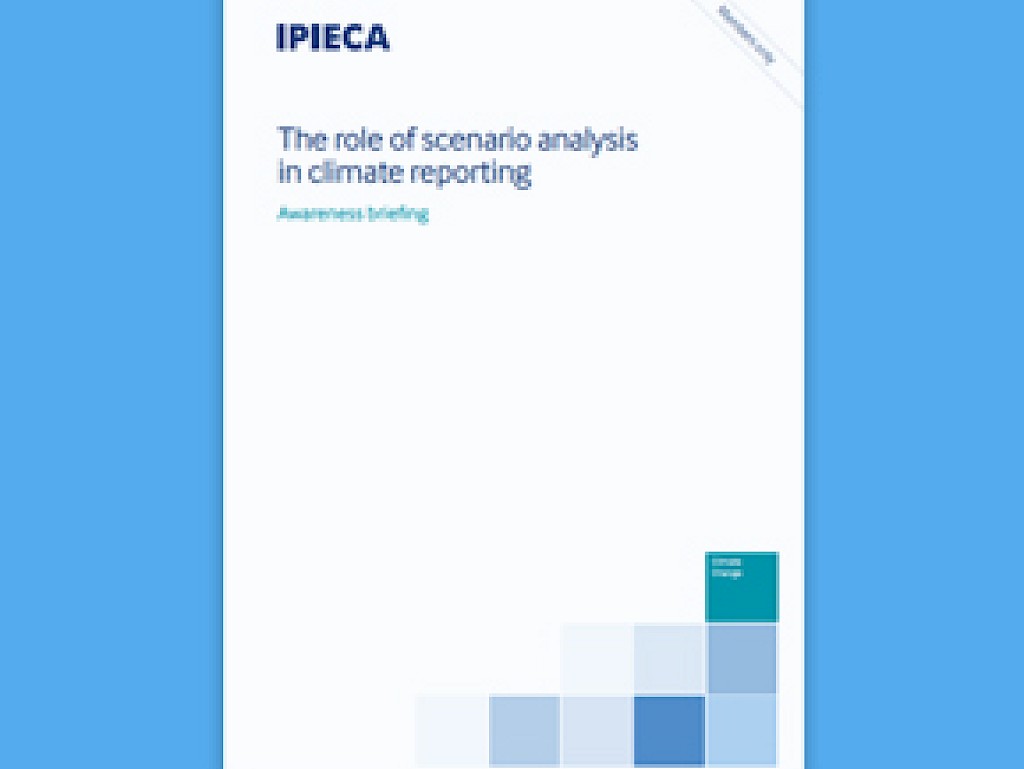
Ipieca has released a members' only awareness briefing, The role of scenario analysis in climate reporting. Recently, there has been an increasing focus on the use of scenario analysis as a tool to aid corporate disclosure of climate-related risks and opportunities (for example, the recommendations of the Task Force on Climate-related Financial Disclosures (TCFD) or the proposed 2018 CDP questionnaire).
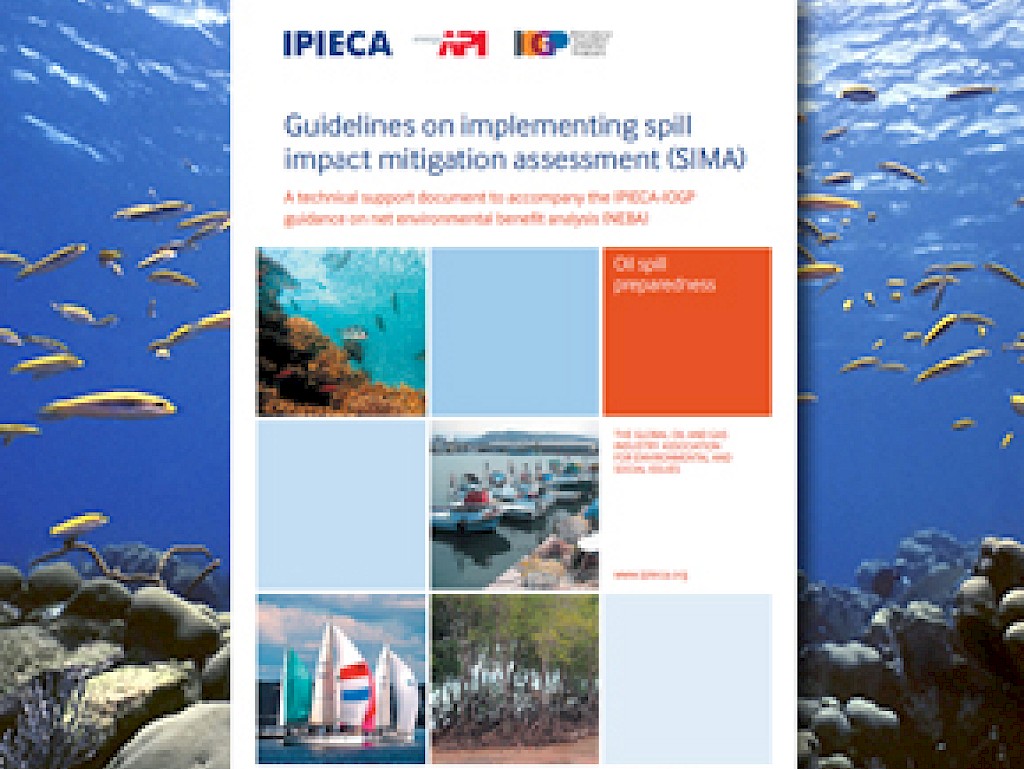
Ipieca, API and IOGP have released a new publication -Guidelines on implementing spill impact mitigation assessment (SIMA)- produced in support of the Ipieca-IOGP guidance on net environmental benefit analysis (NEBA). A key objective for any oil spill response is to minimize the impacts to ecological, socio-economic and cultural resources at risk through the development of a safe and effective response strategy.
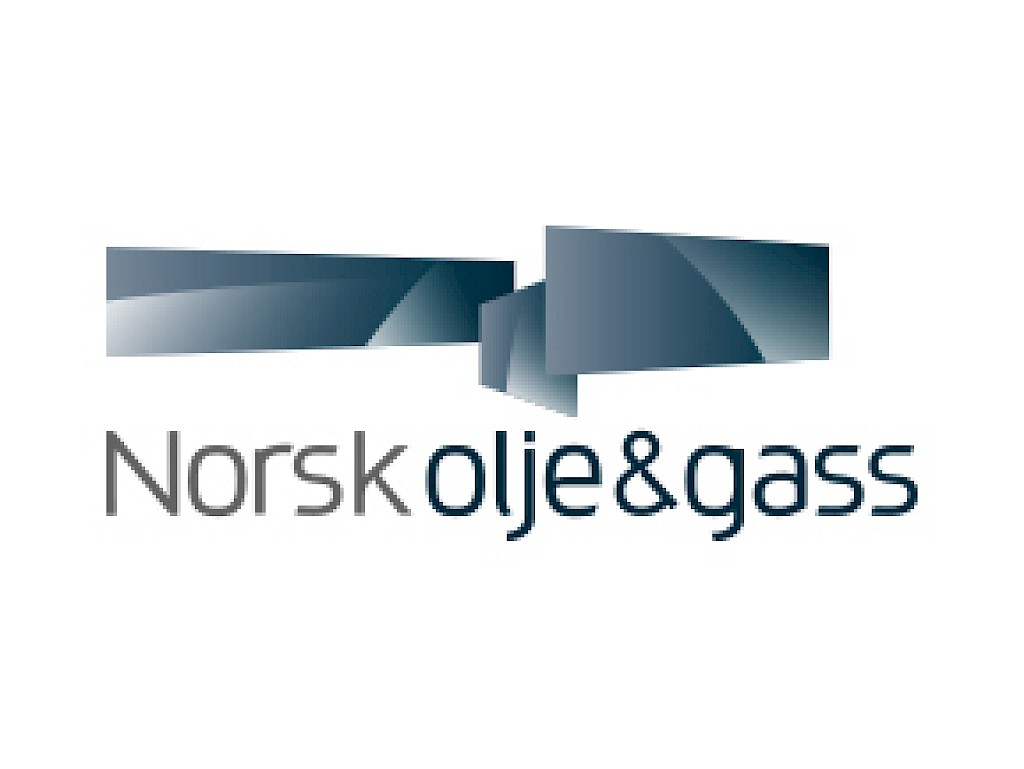
Ipieca welcomes the Norwegian Oil and Gas Association to its global membership. Norwegian Oil and Gas is the representative body and employer's association for oil and supplier companies engaged in the field of exploration and production of oil and gas on the Norwegian Continental Shelf. The association works to solve common challenges for their members and to strengthen the competitiveness of the Shelf.
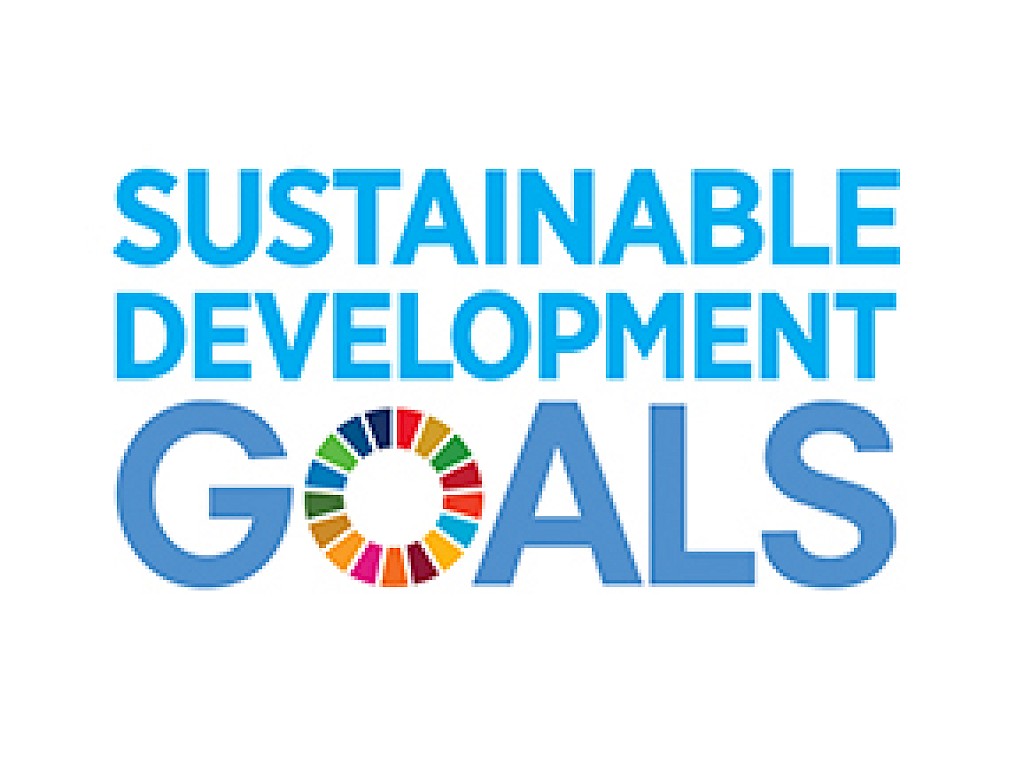
The 2030 Agenda and its Sustainable Development Goals (SDGs) provide a common global framework for navigating the world's most urgent economic, social, and environmental challenges. While governments have the primary responsibility to prioritize, coordinate and implement efforts to meet the SDGs, there is wide recognition that the private sector and civil society will play critical roles in the implementation of national plans.
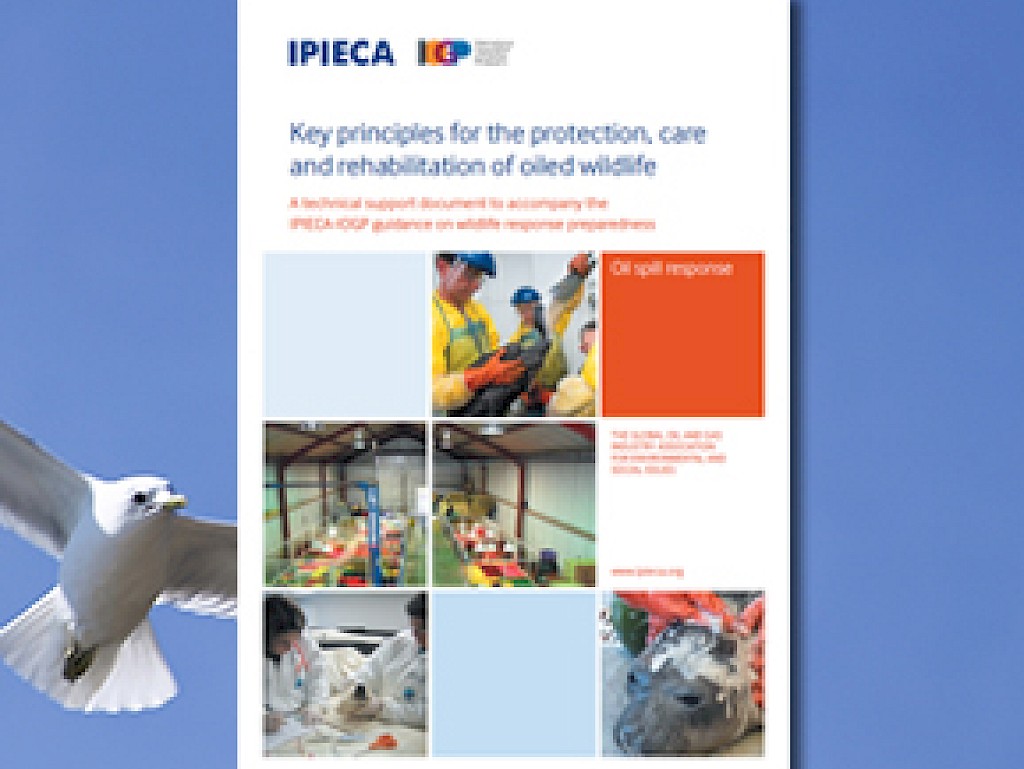
Ipieca has released a new publication - Key principles for the protection, care and rehabilitation of oiled wildlife. This was developed in support of the Ipieca-IOGP guidance Wildlife response preparedness. The document provides additional guidance for animal protection and care in an oiled wildlife response to help operators and responders: Understand the overarching principles of wildlife response, including:
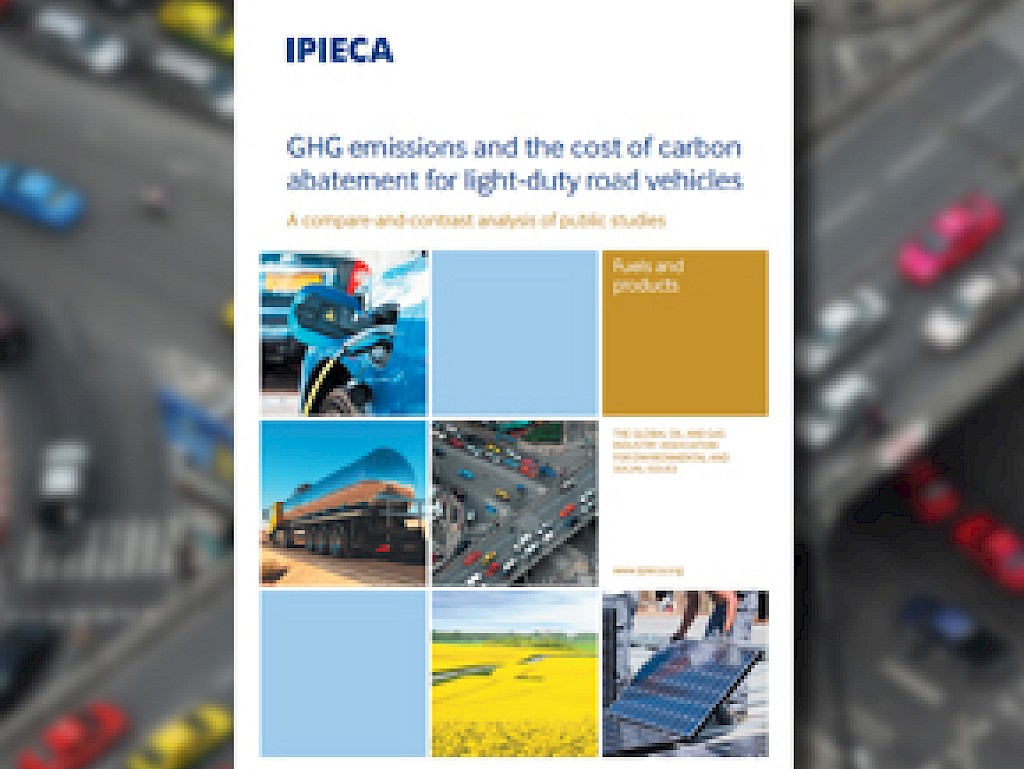
Ipieca launches a new report -GHG emissions and cost of carbon abatement for light-duty road vehicles- a compare and contrast analysis of three comprehensive and independent studies published in the United States and Europe. Measures to lower greenhouse gas (GHG) emissions are being deployed around the world to reduce the risks posed by climate change. This report assesses a wide range of current and future vehicle/fuel pathways, including costs and complete lifecycle GHG emissions.
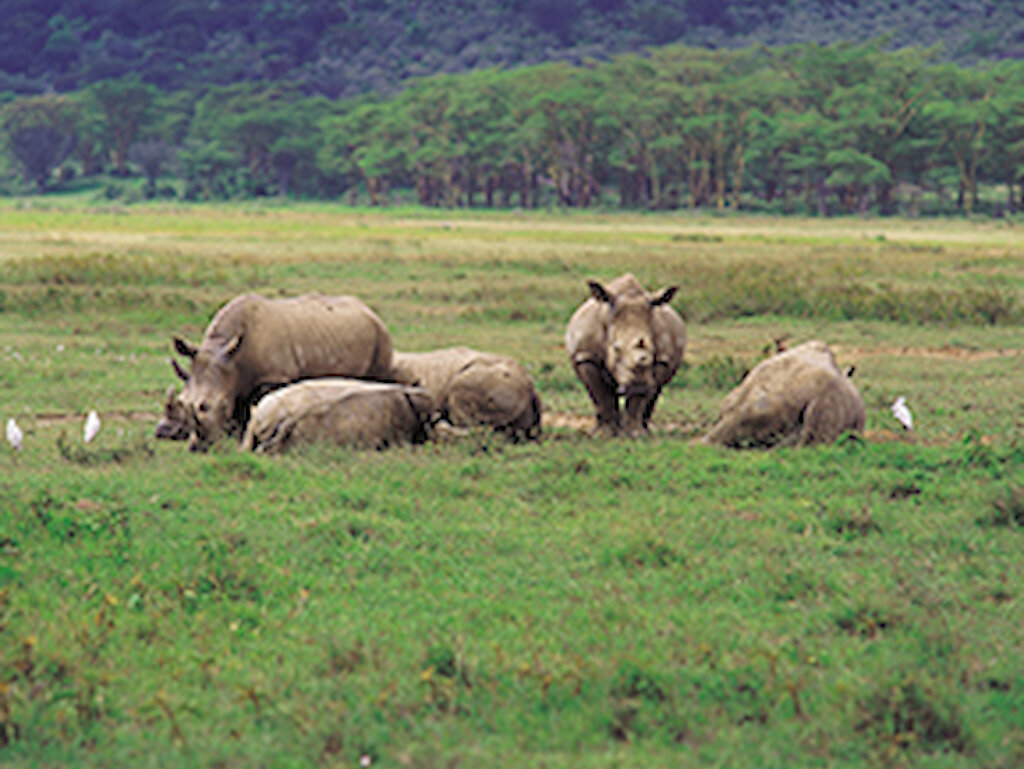
30-31 May 2018, Cape Town, South Africa … Register interest by 31 January 2018 … Ipieca, in collaboration with IOGP and the UN Environment World Conservation Monitoring Centre (UN Environment WCMC), will be holding the fourth peer-to-peer training workshop on Biodiversity and Ecosystem Services (BES) management in the oil and gas industry. The workshop will be jointly hosted by Eni and SAPIA in May 2018 in Cape Town, South Africa.
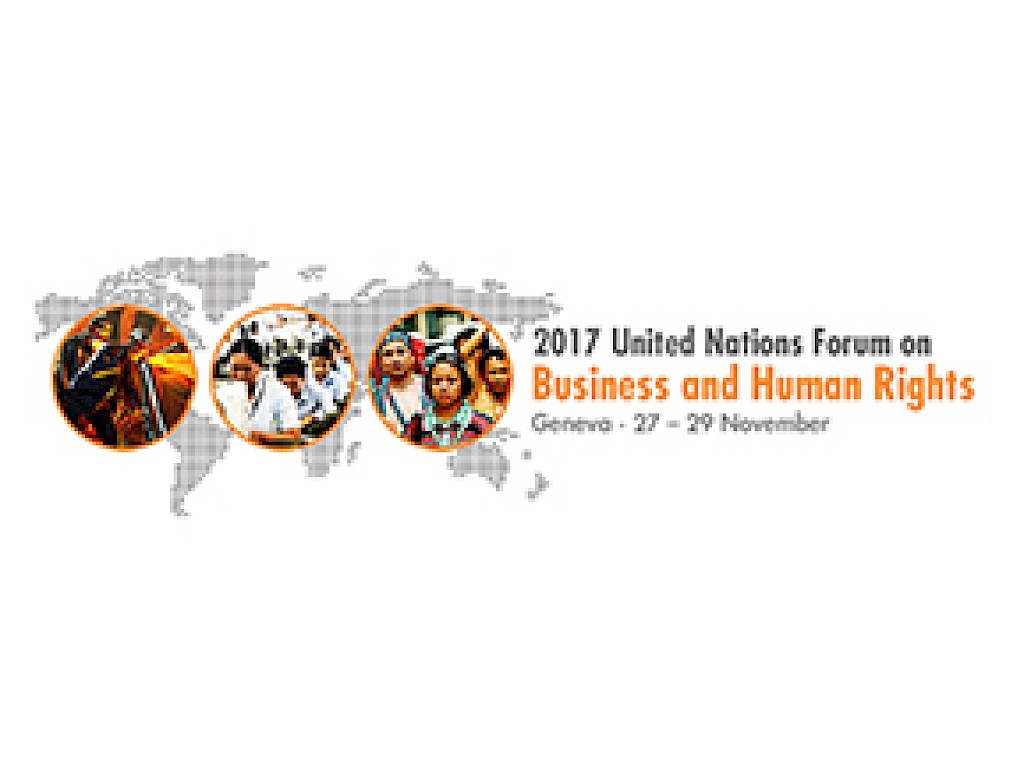
The 2017 UN Forum on Business and Human Rights starts today in Geneva, Switzerland, bringing together over 2,000 participants from government, business, and non-governmental organizations to discuss business-related human rights topics and share ideas and good practice. The forum aims to progress the UN Guiding Principles on Business and Human Rights (UNGPs). This year the theme is Realizing Access to Effective Remedy and draws on the third pillar of the UNGPs:
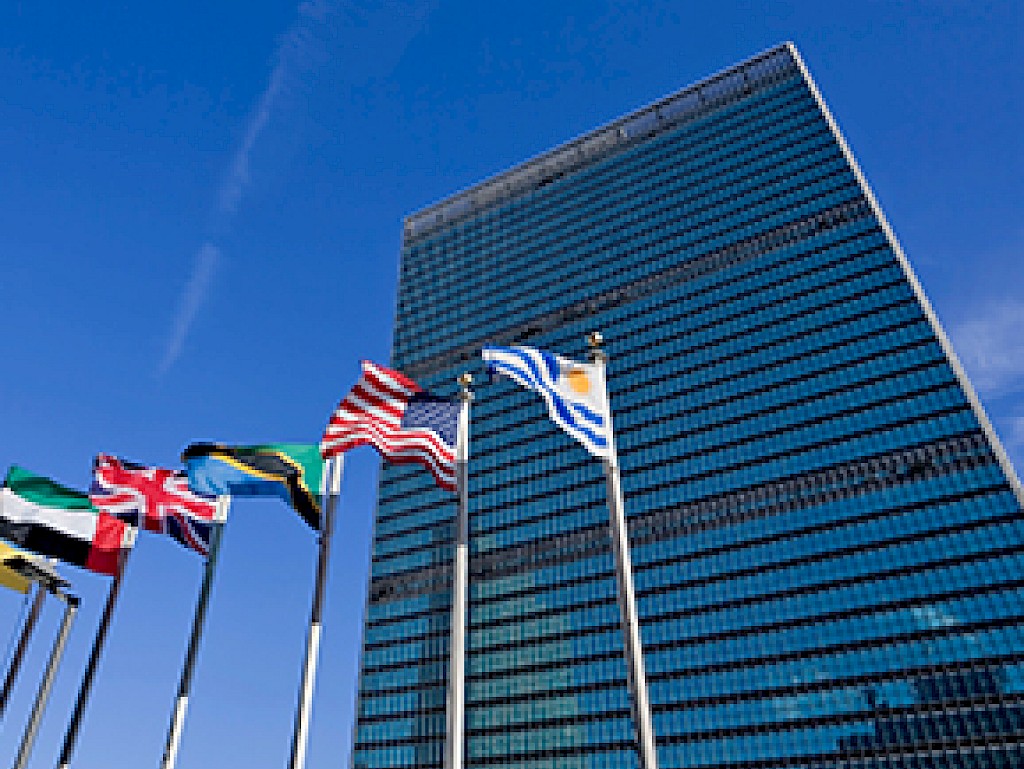
On Wednesday 20 September, Ipieca co-hosted an event with UNDP, IFC, and ICMM - The Oil, Gas and Mining Industries and the 2030 Agenda: Partnerships and Participation to Accelerate Progress. The event was held alongside the 72nd Regular Session of the United Nations General Assembly in New York.
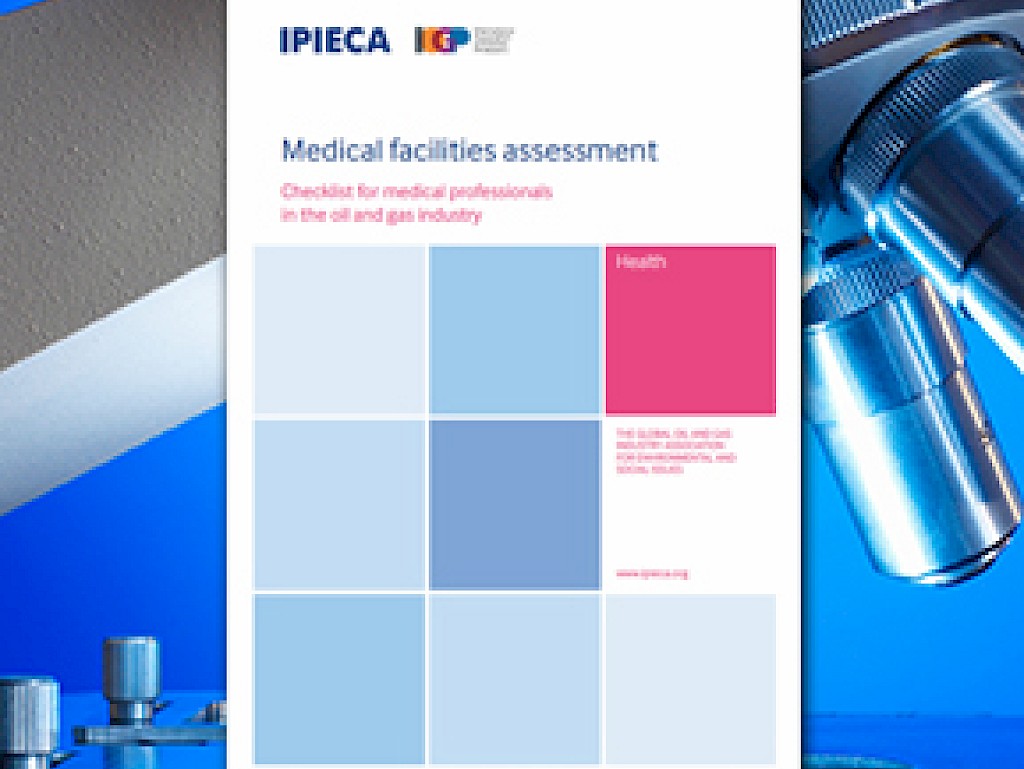
The Ipieca-IOGP Health Committee has released a new publication Medical facilities assessment: Checklist for medical professionals in the oil and gas industry. The checklist provides guidance on the assessment of medical facilities to help companies: identify the best medical facility in the operational oil and gas location; … comply with company HSE requirements to assess medical facilities; and … integrate health facilities that meet medical standards within the company's emergency response plan.
